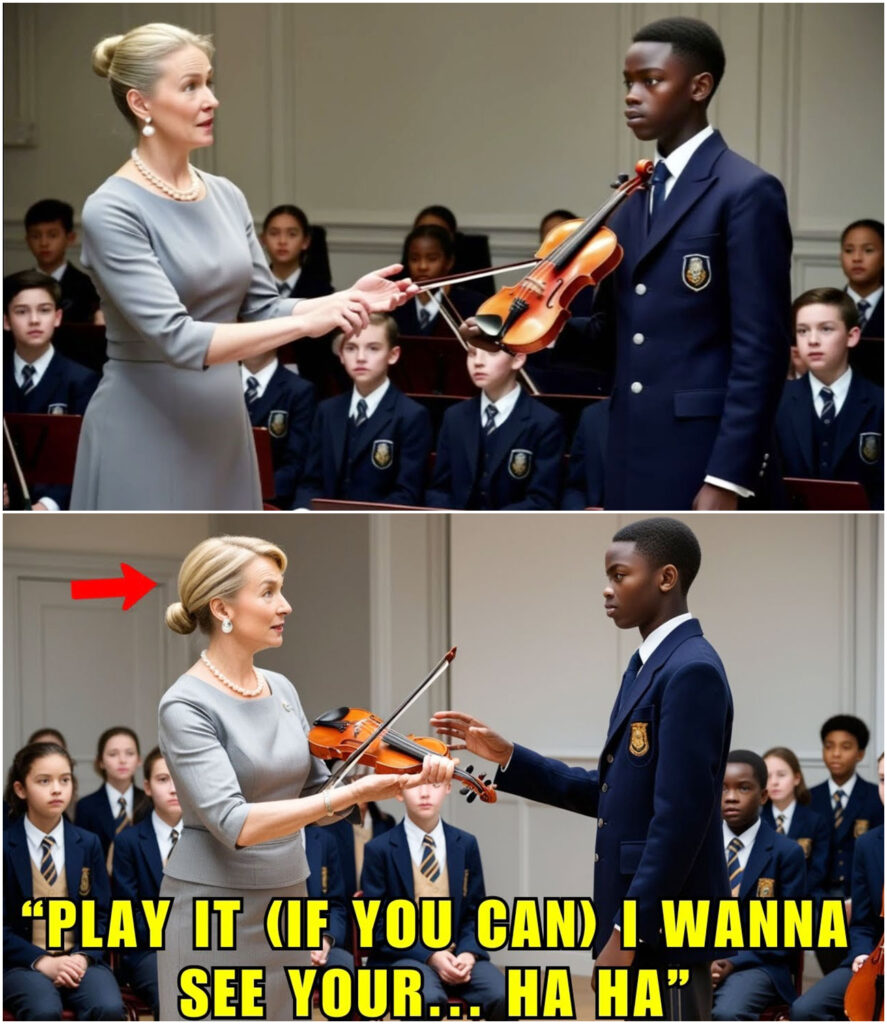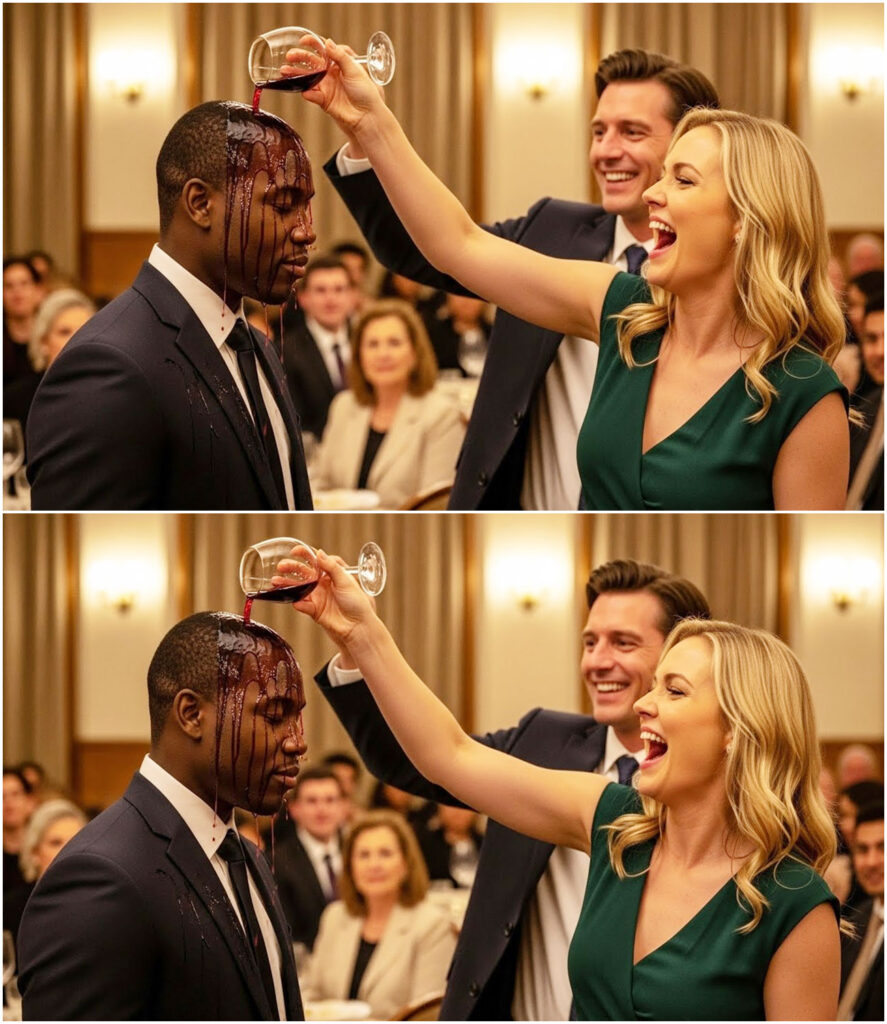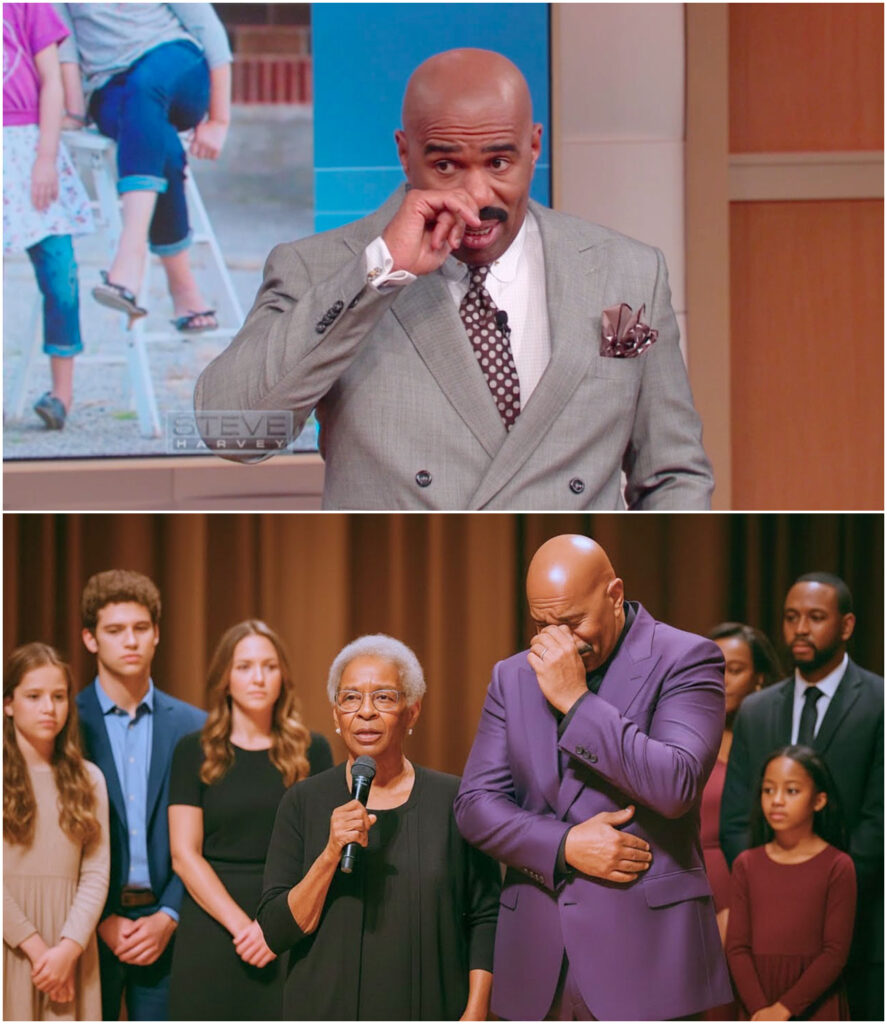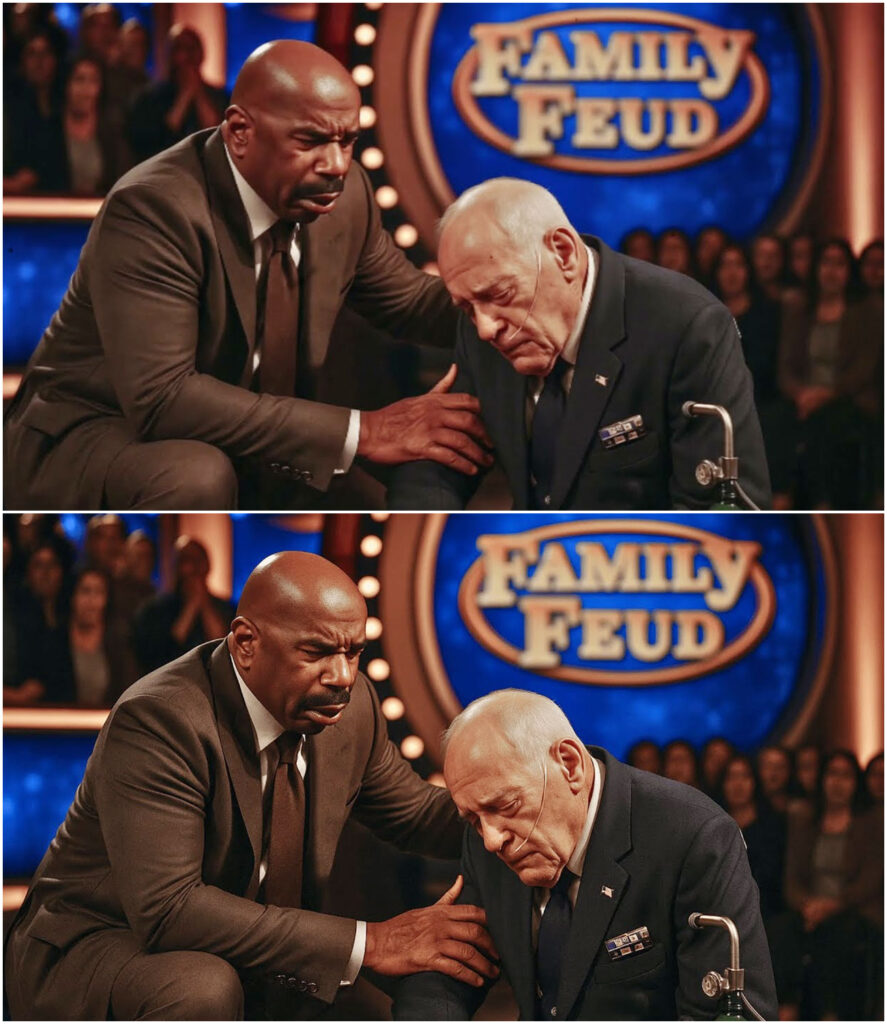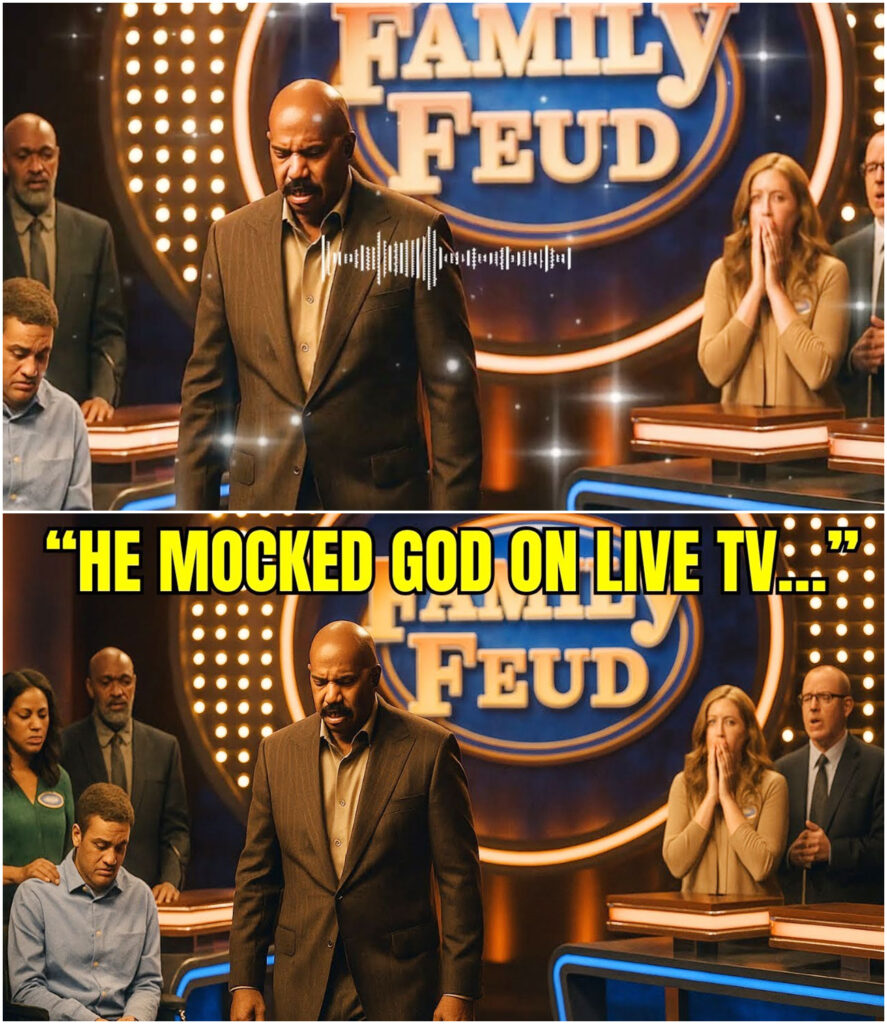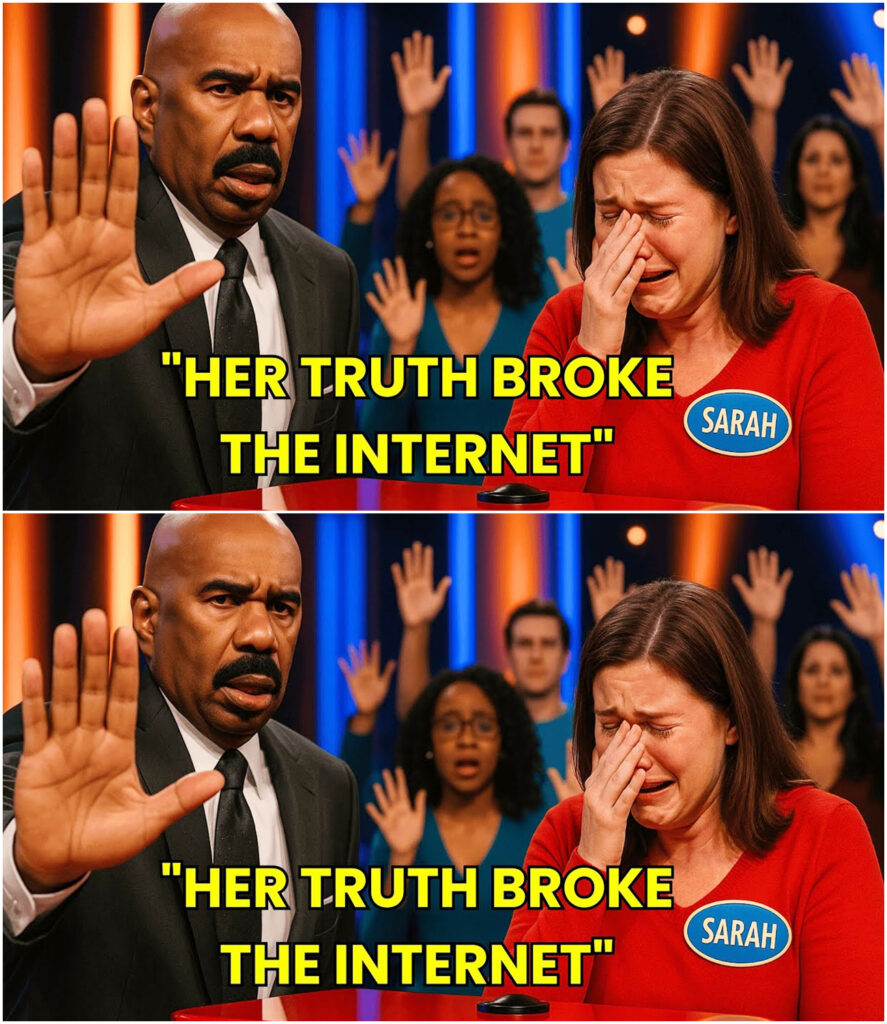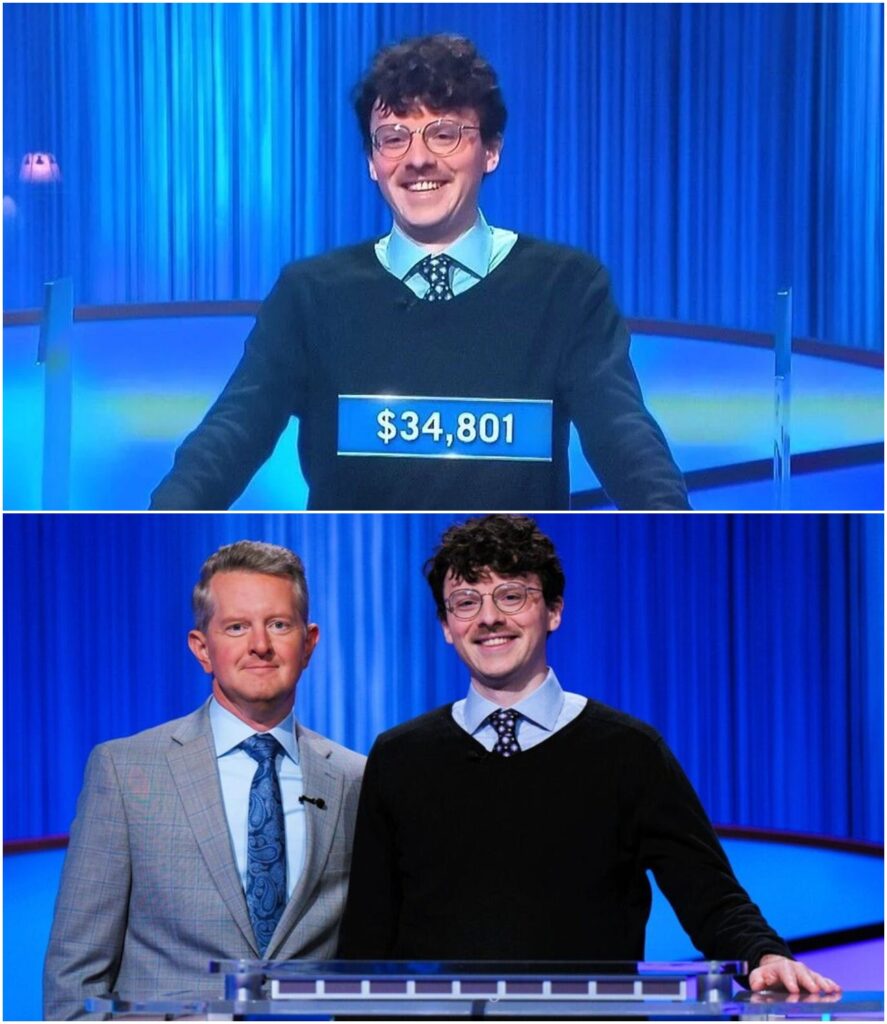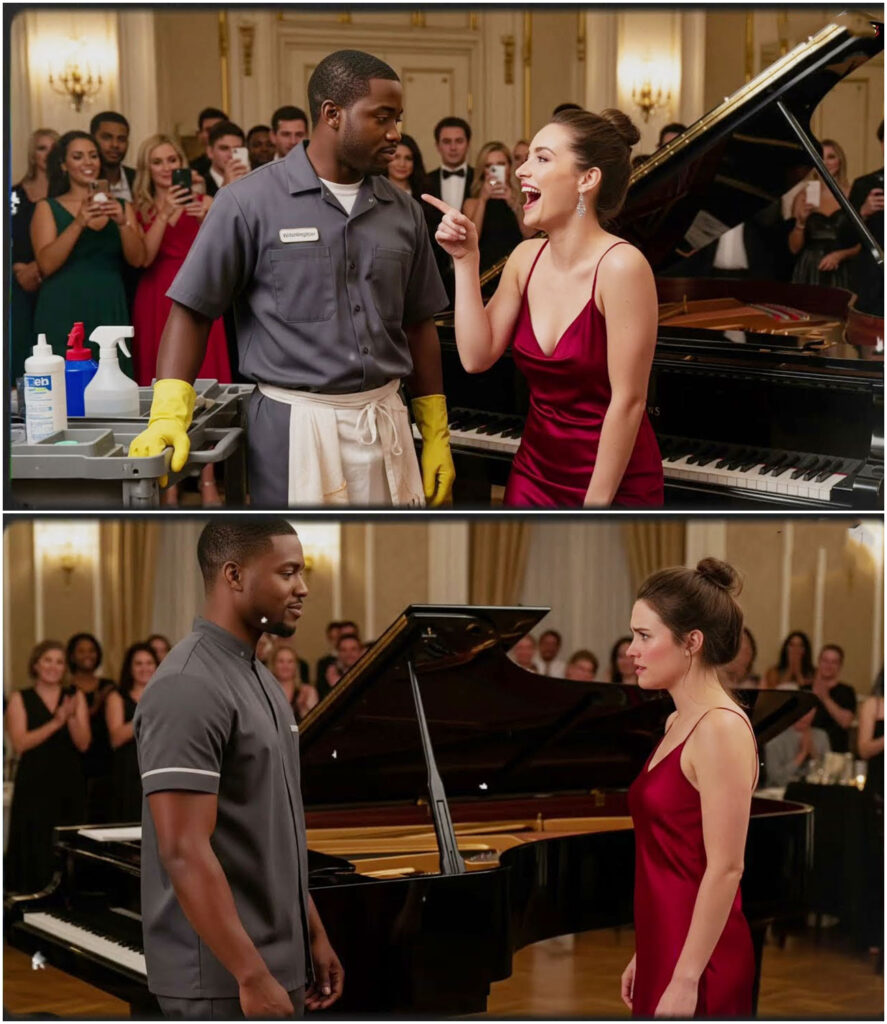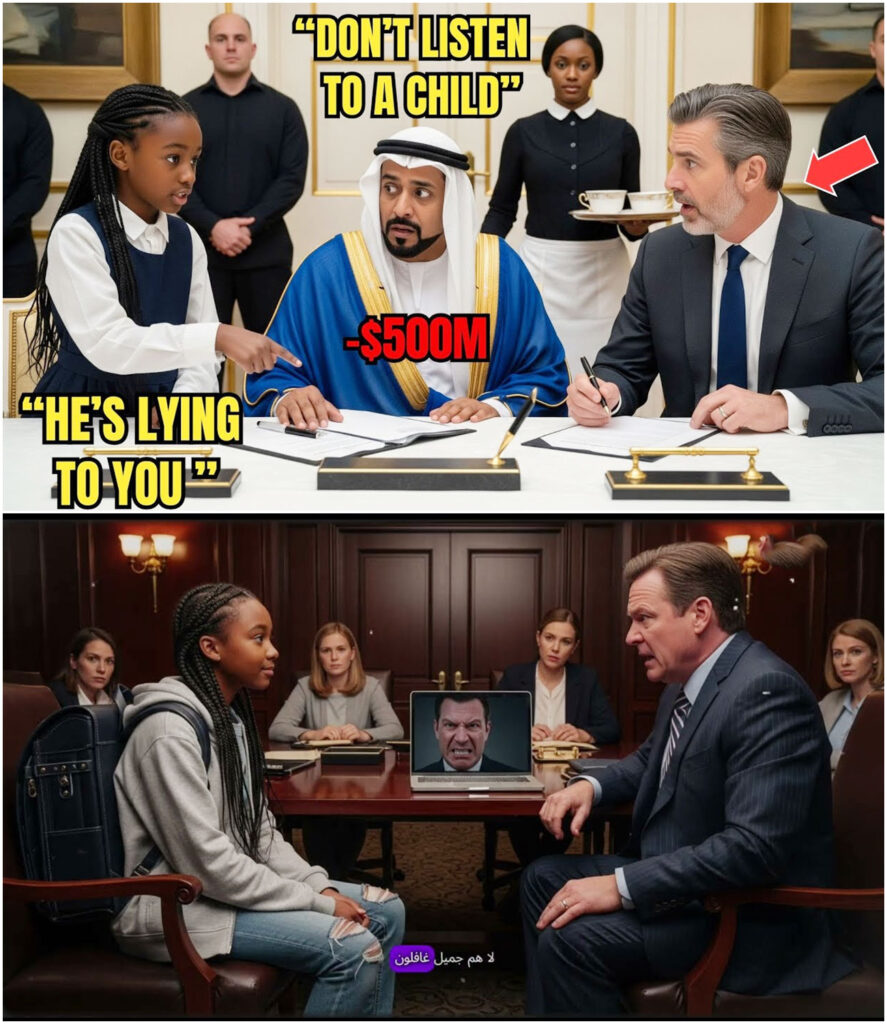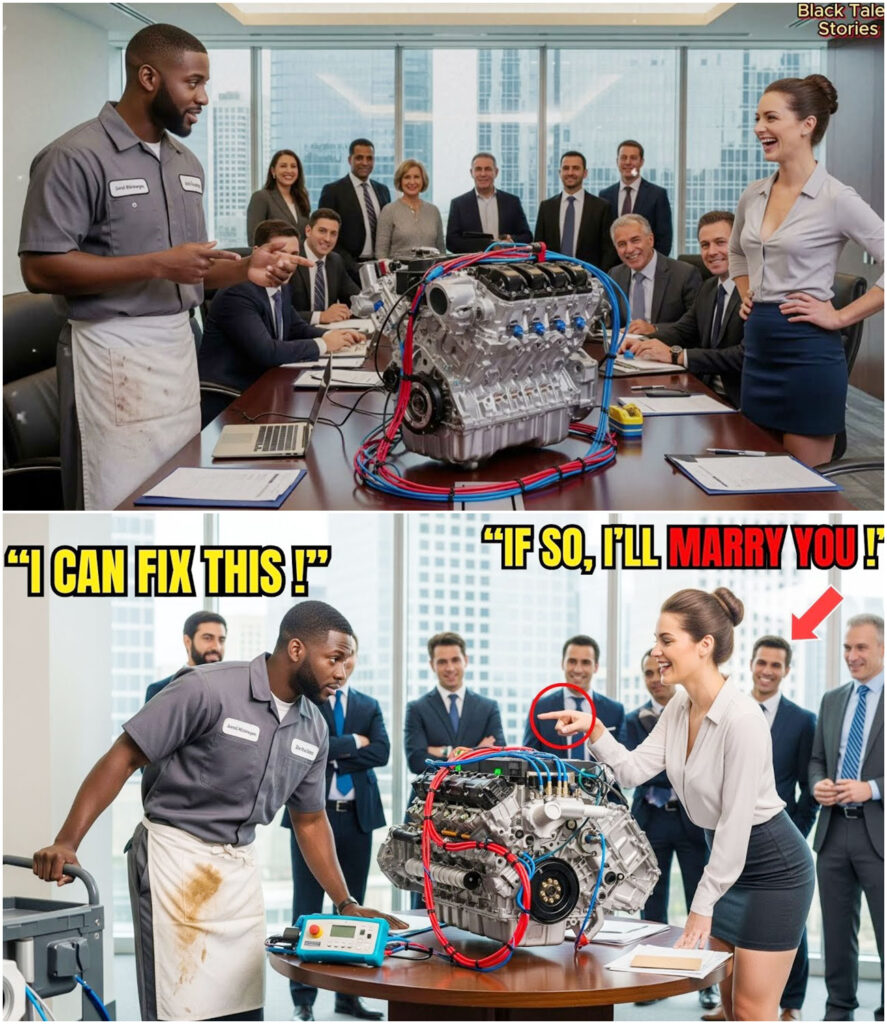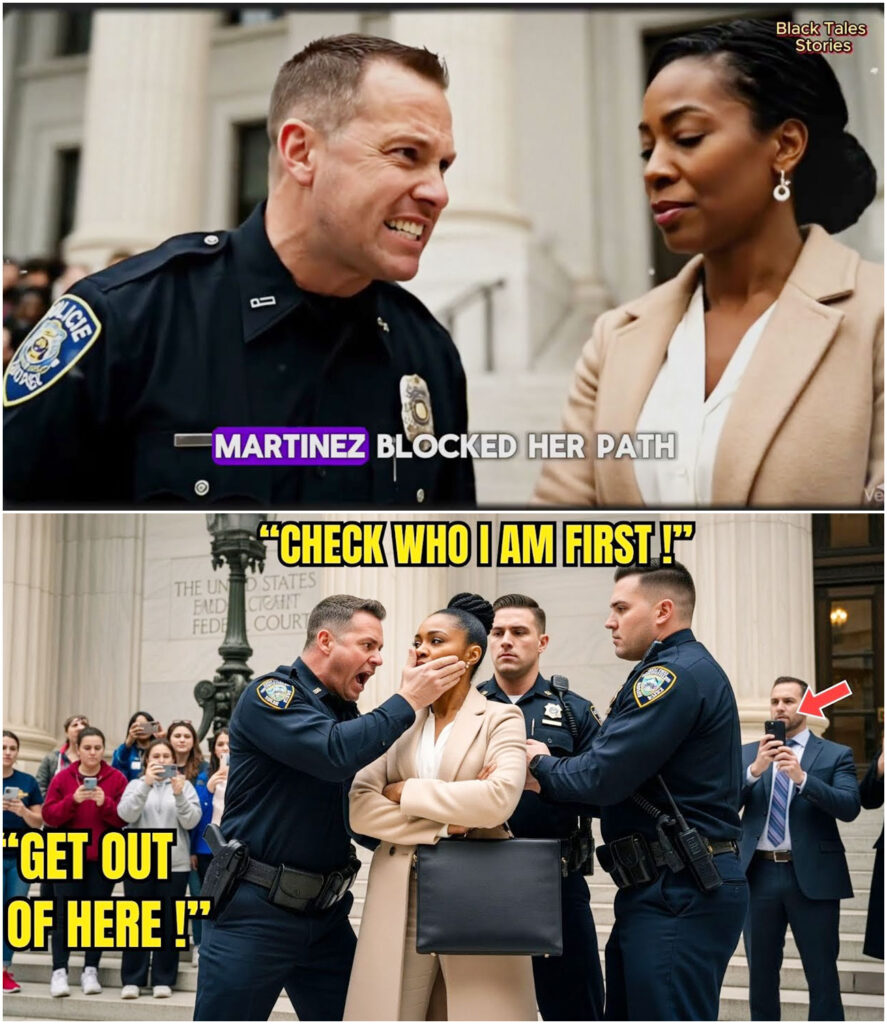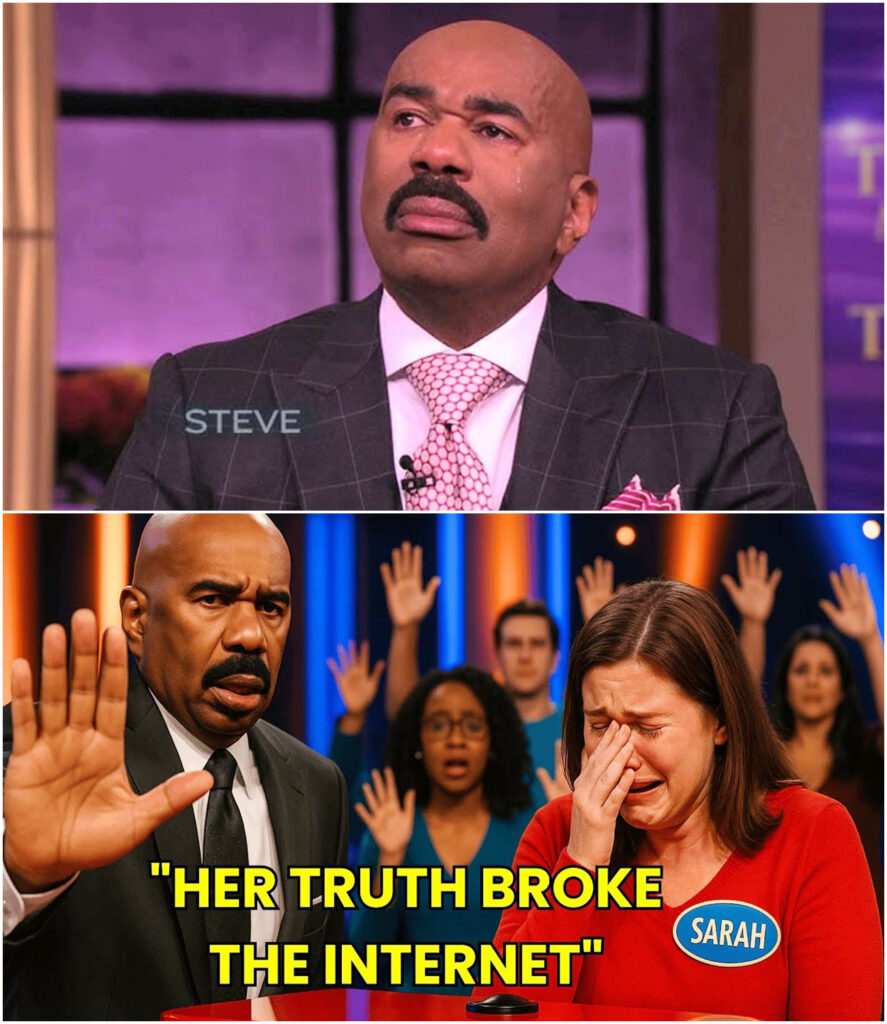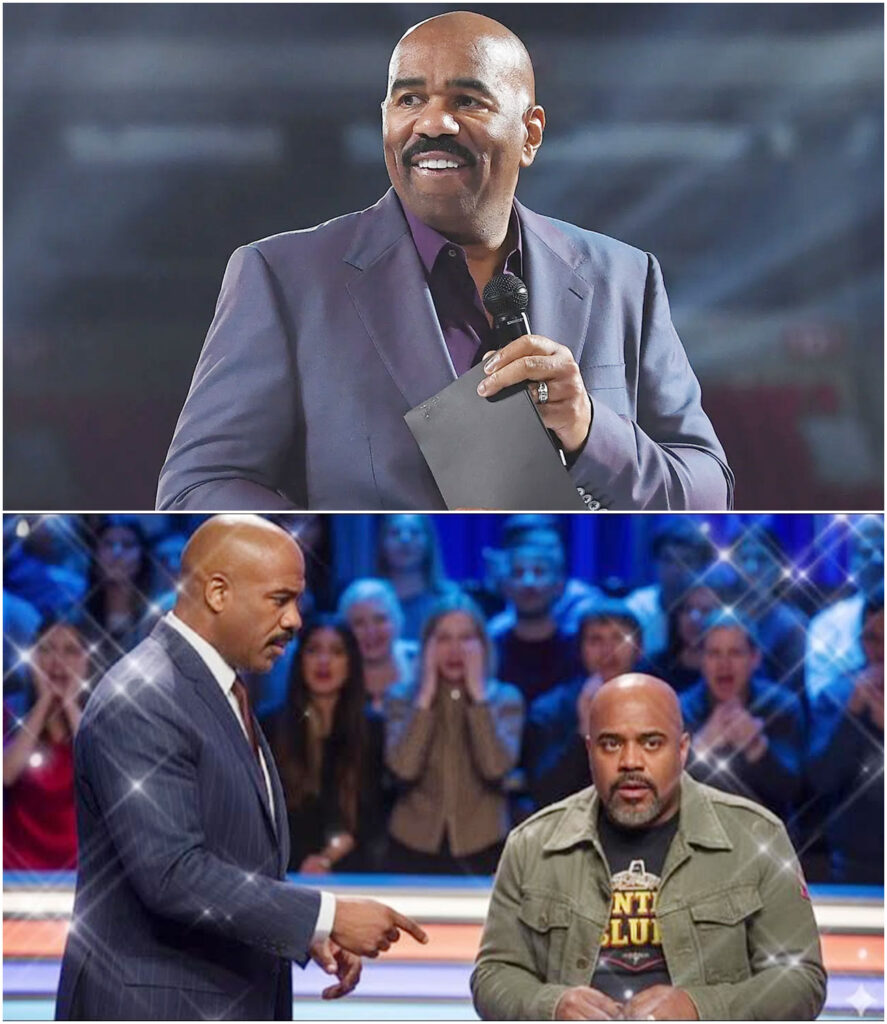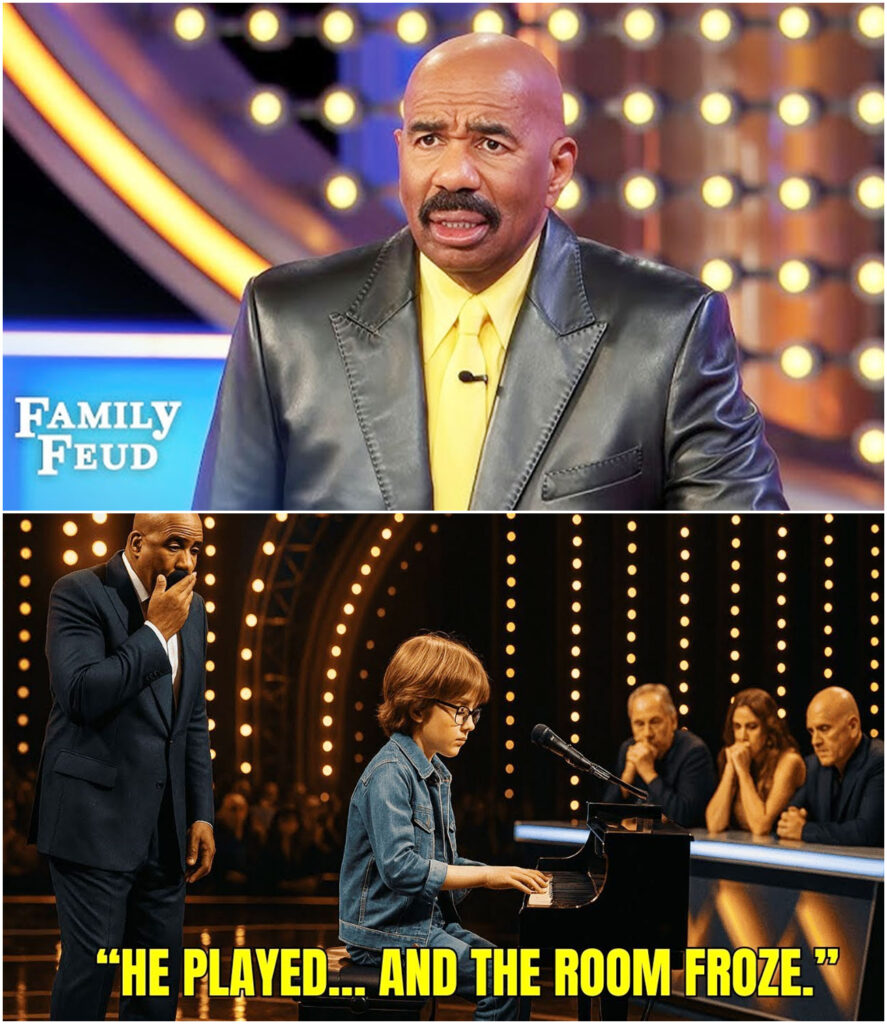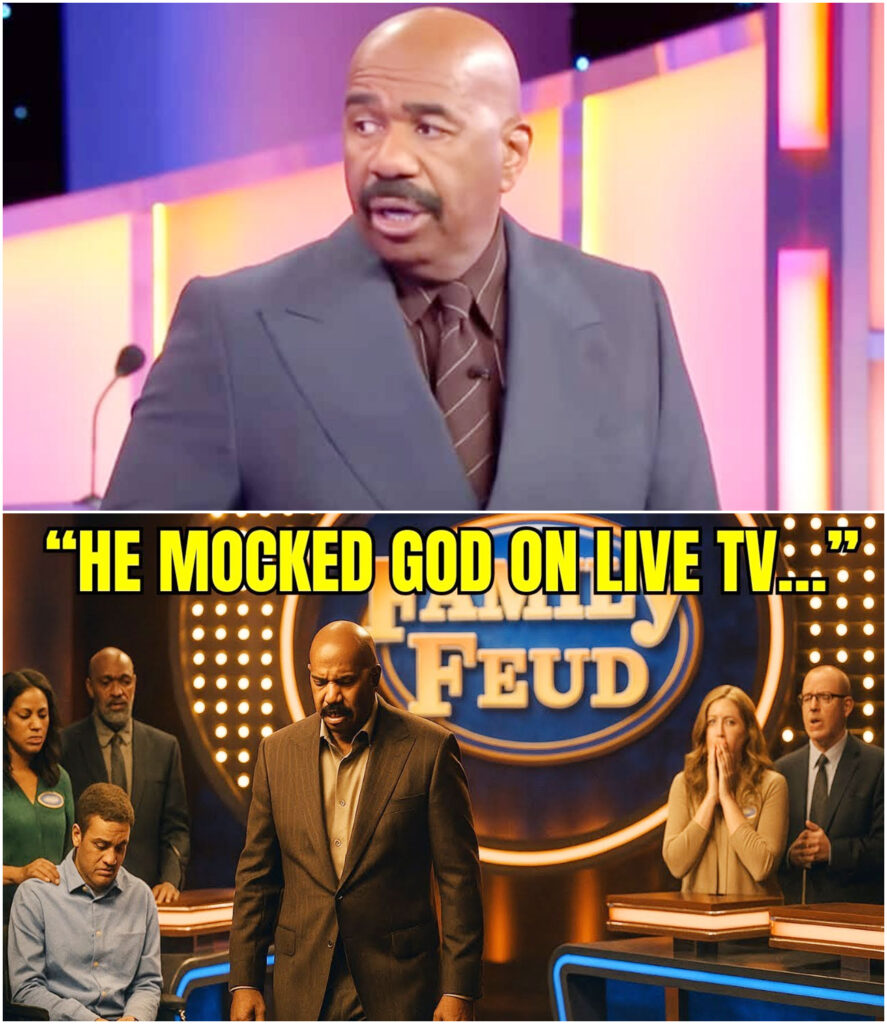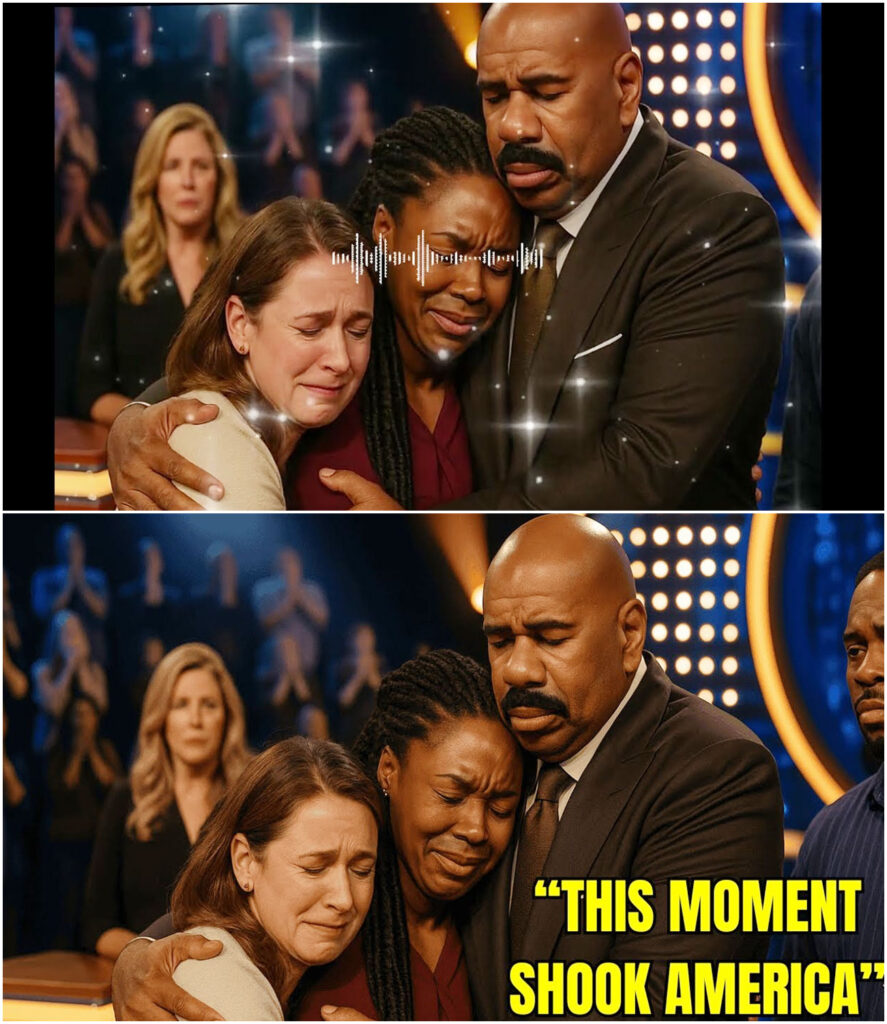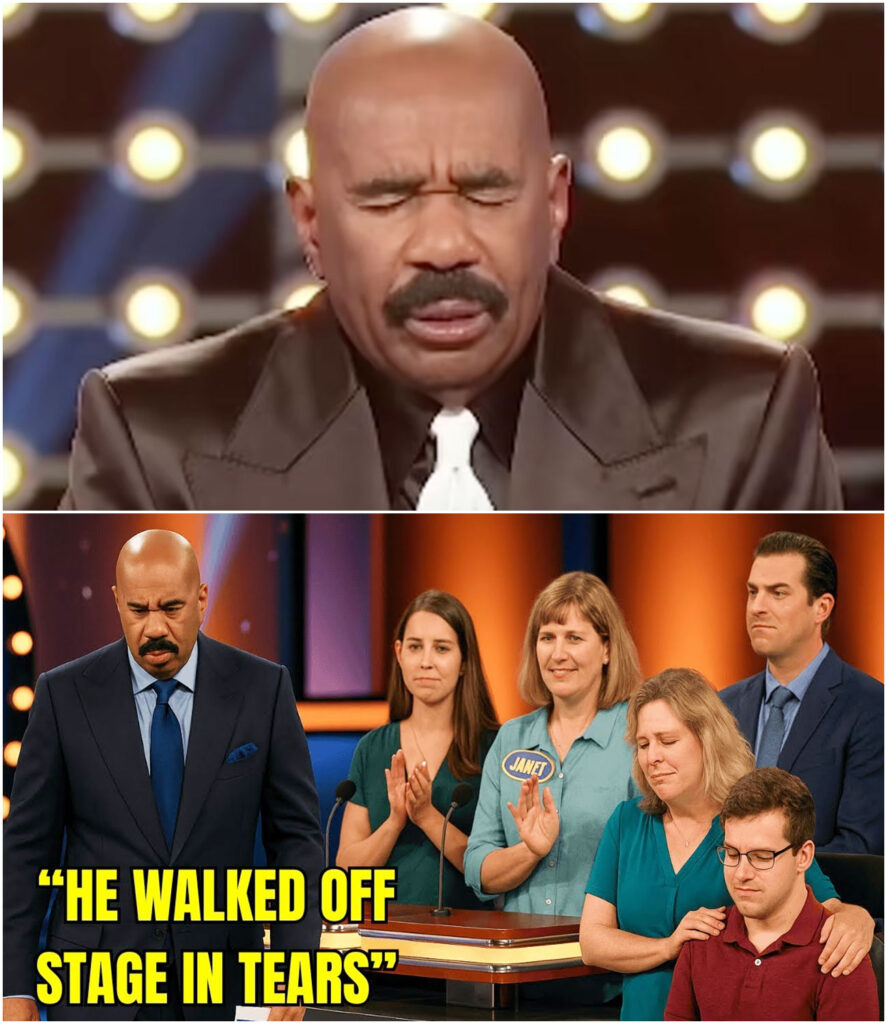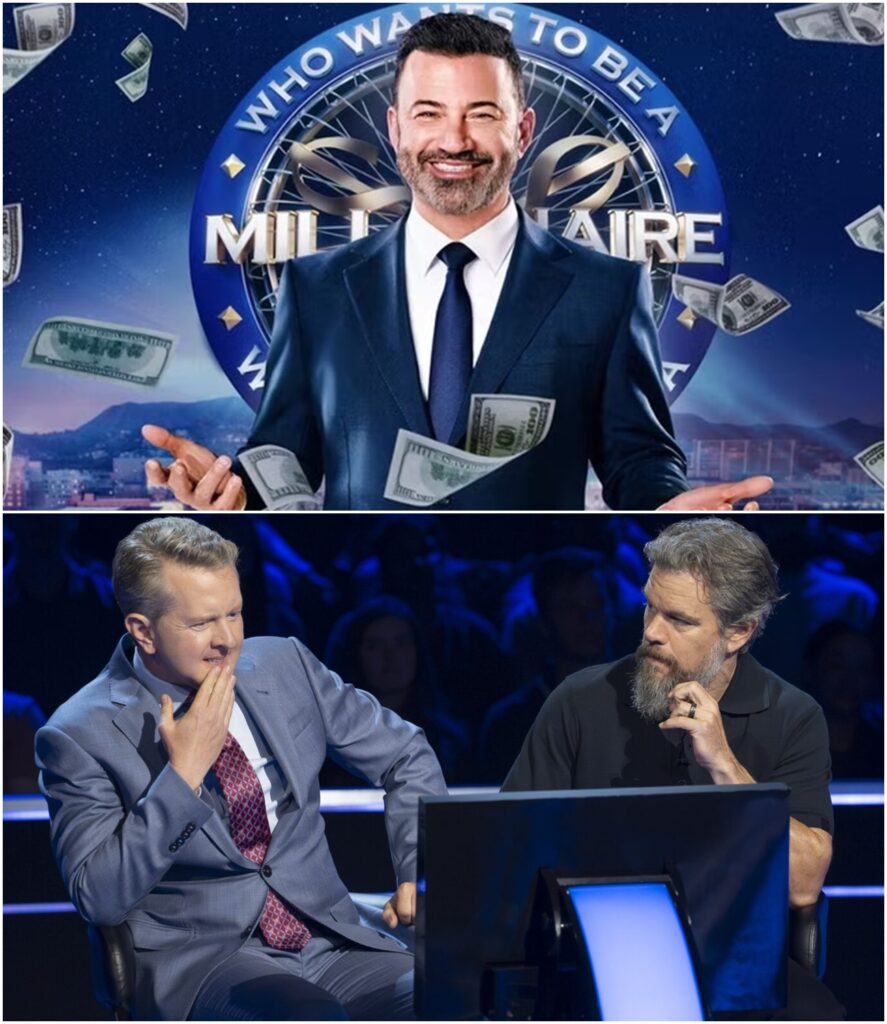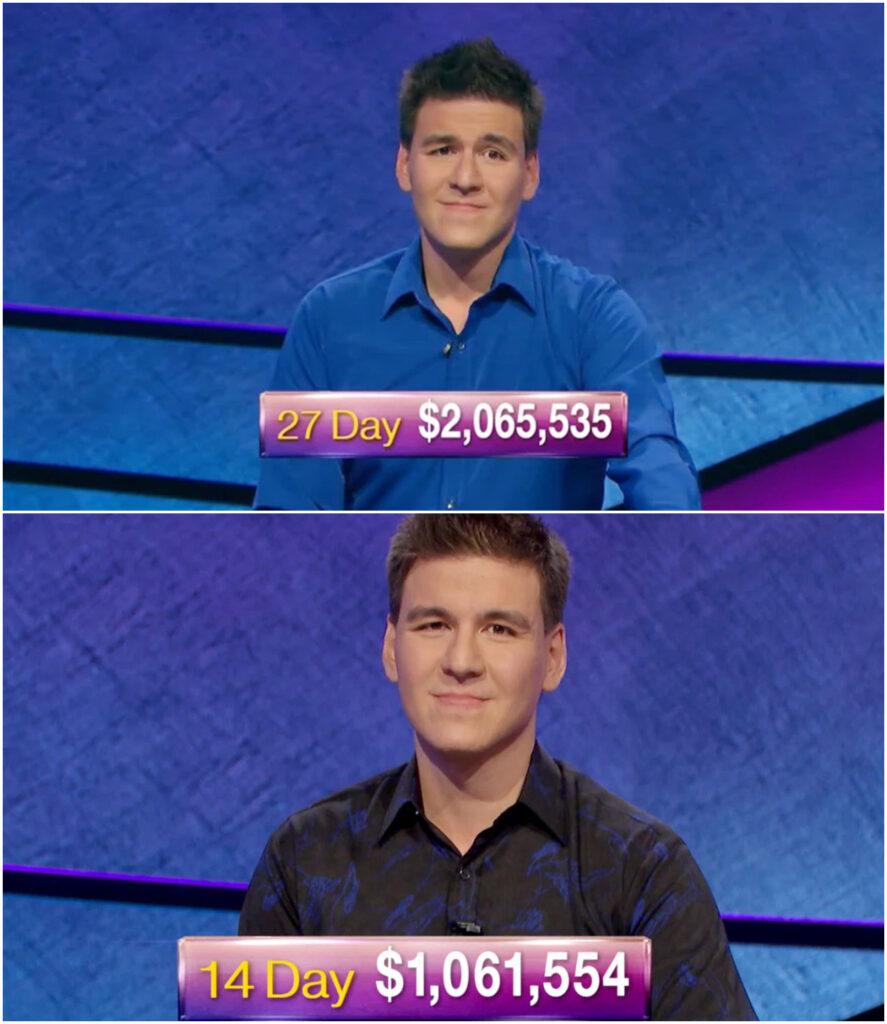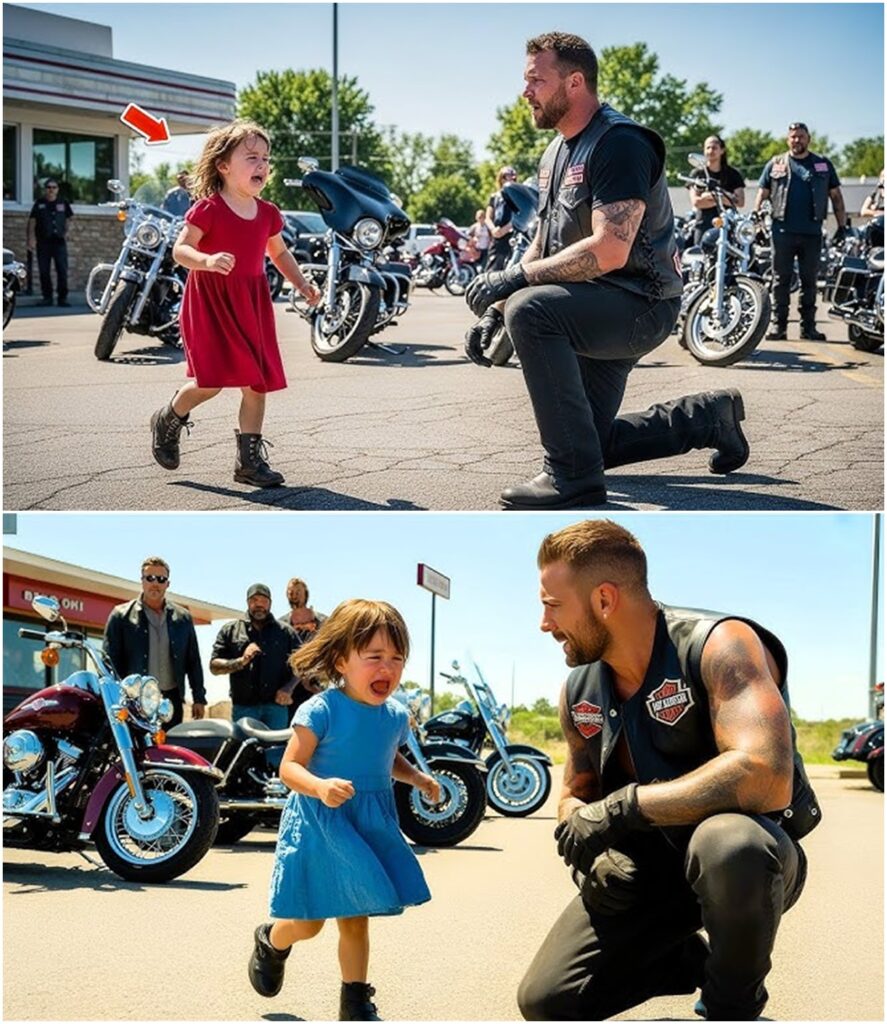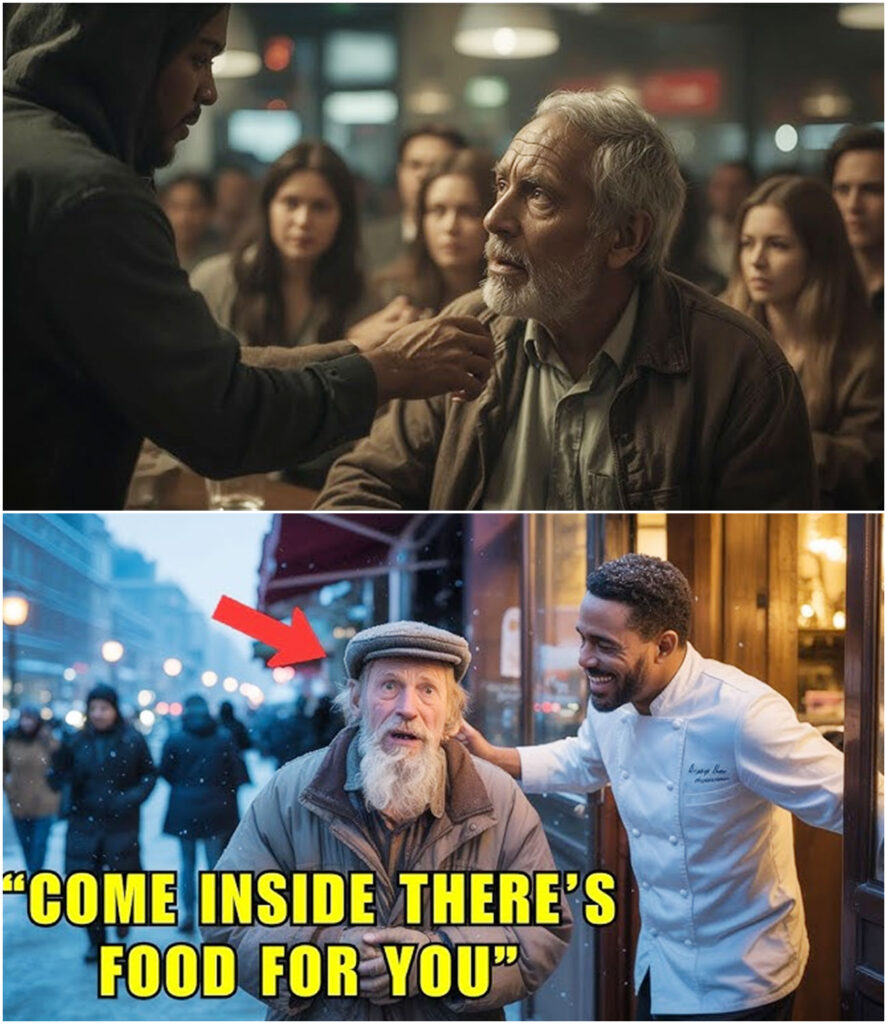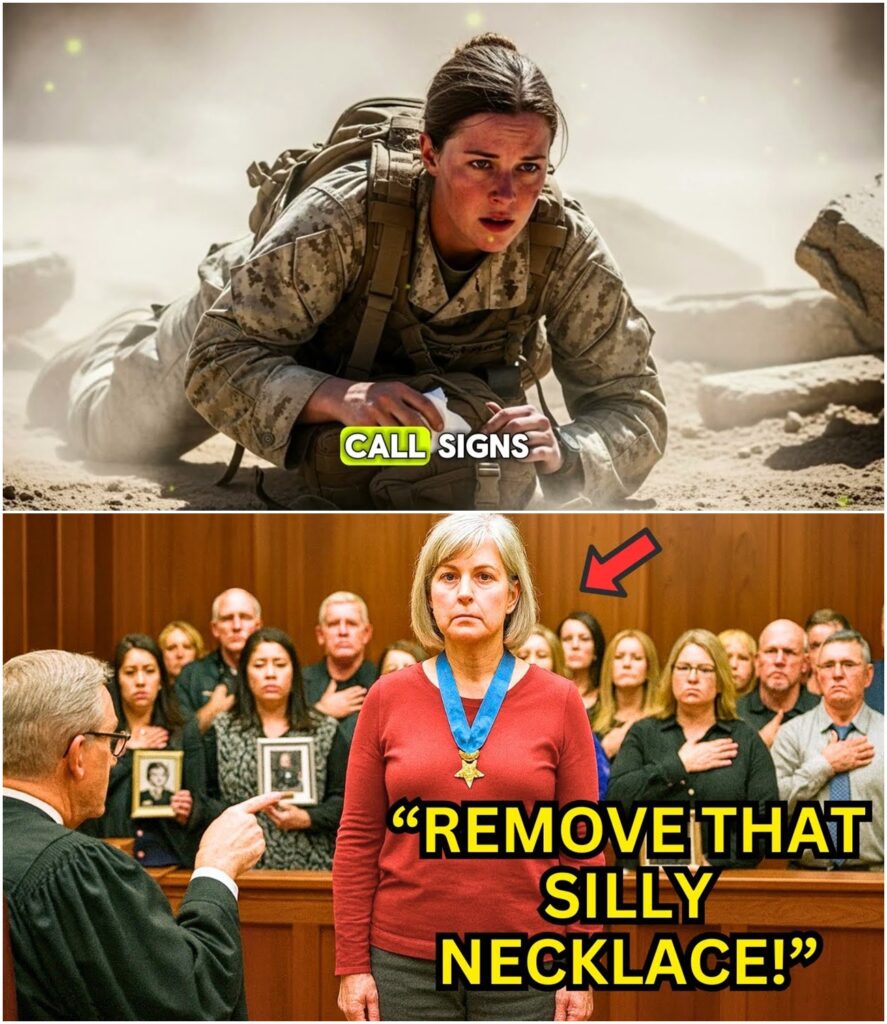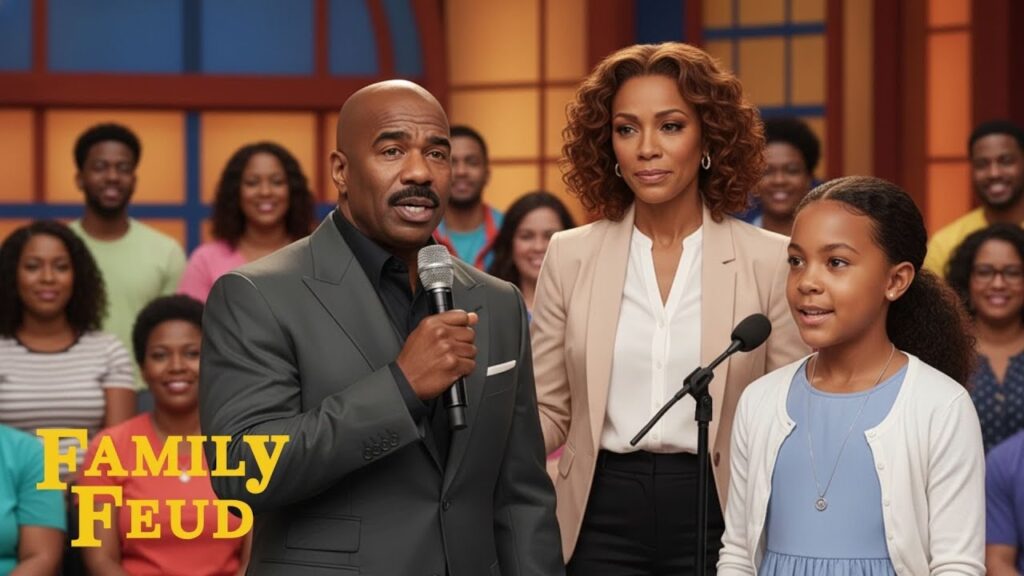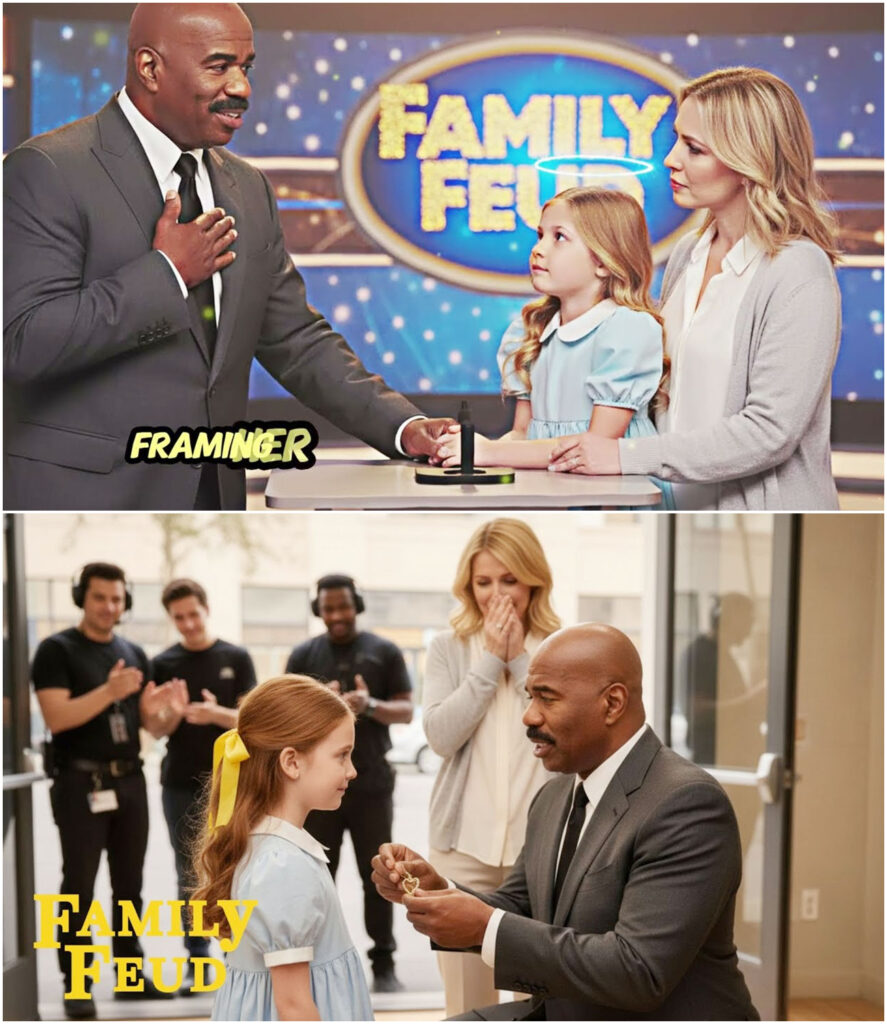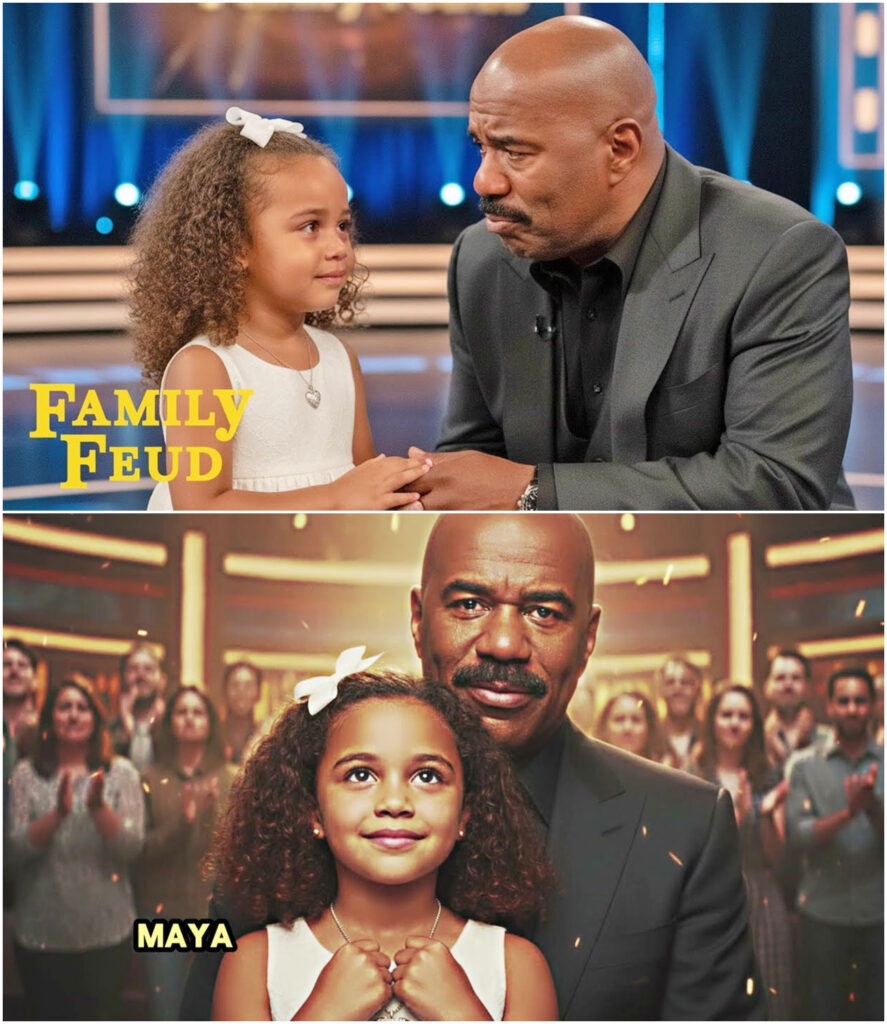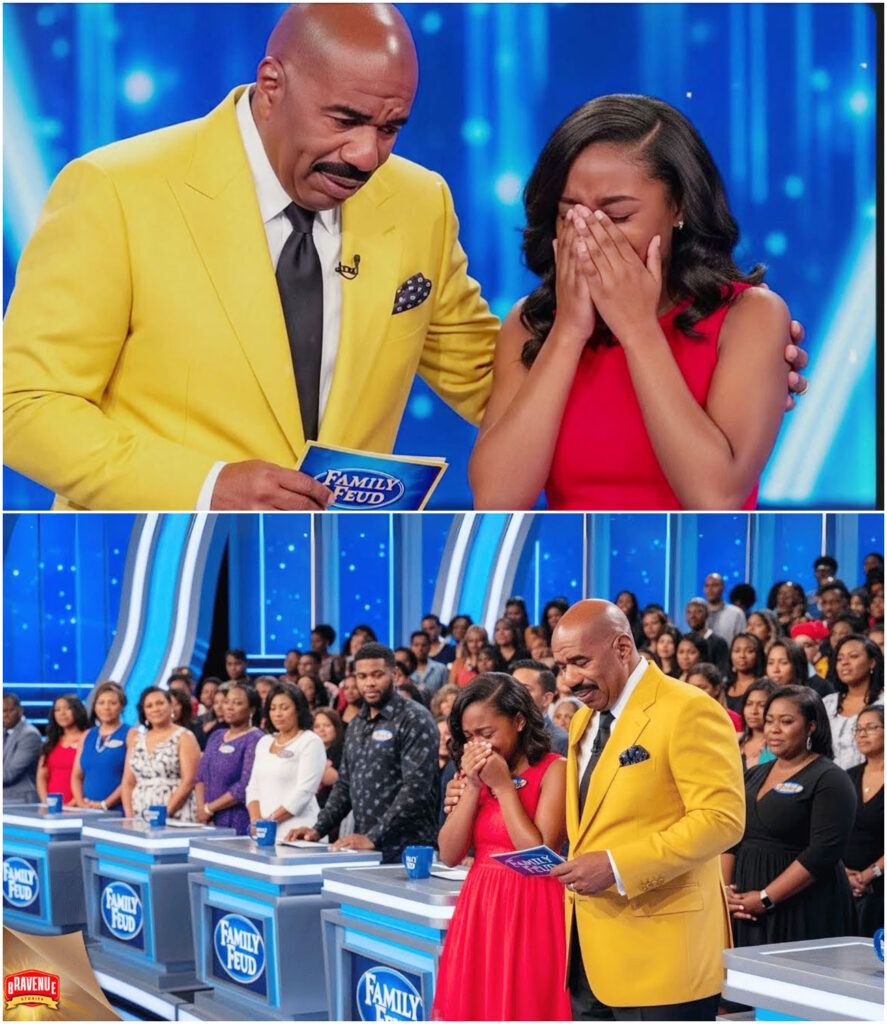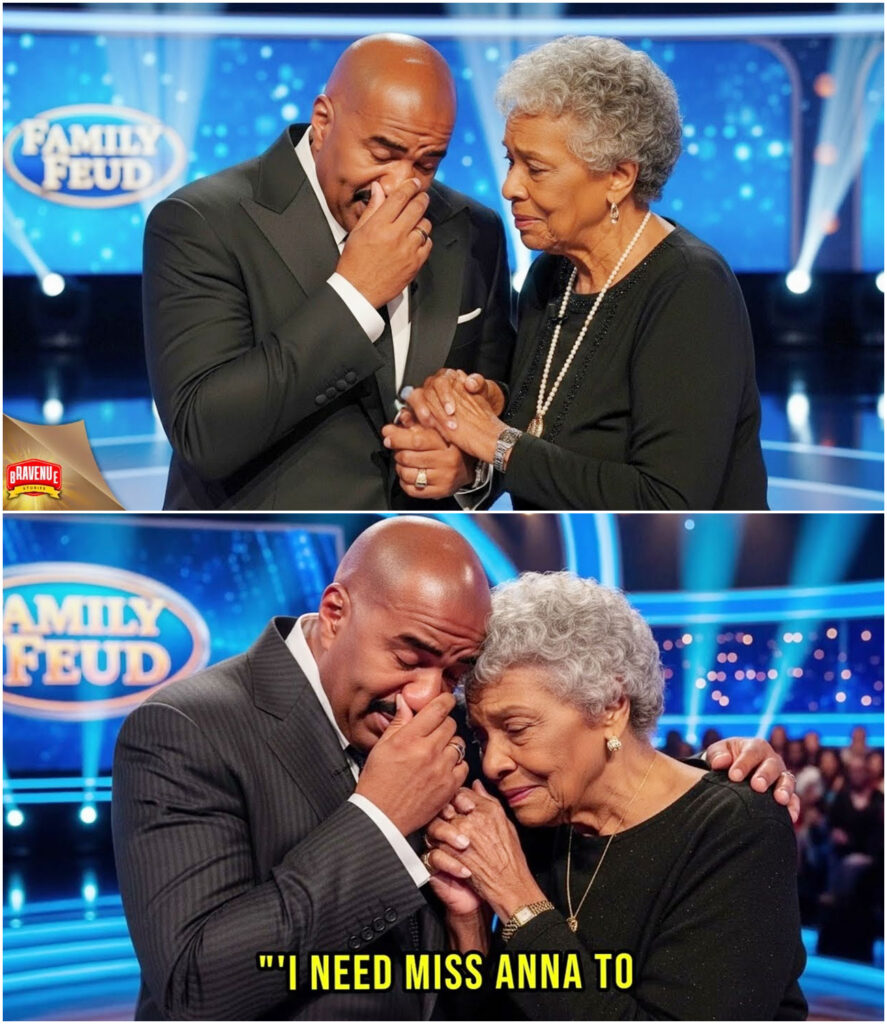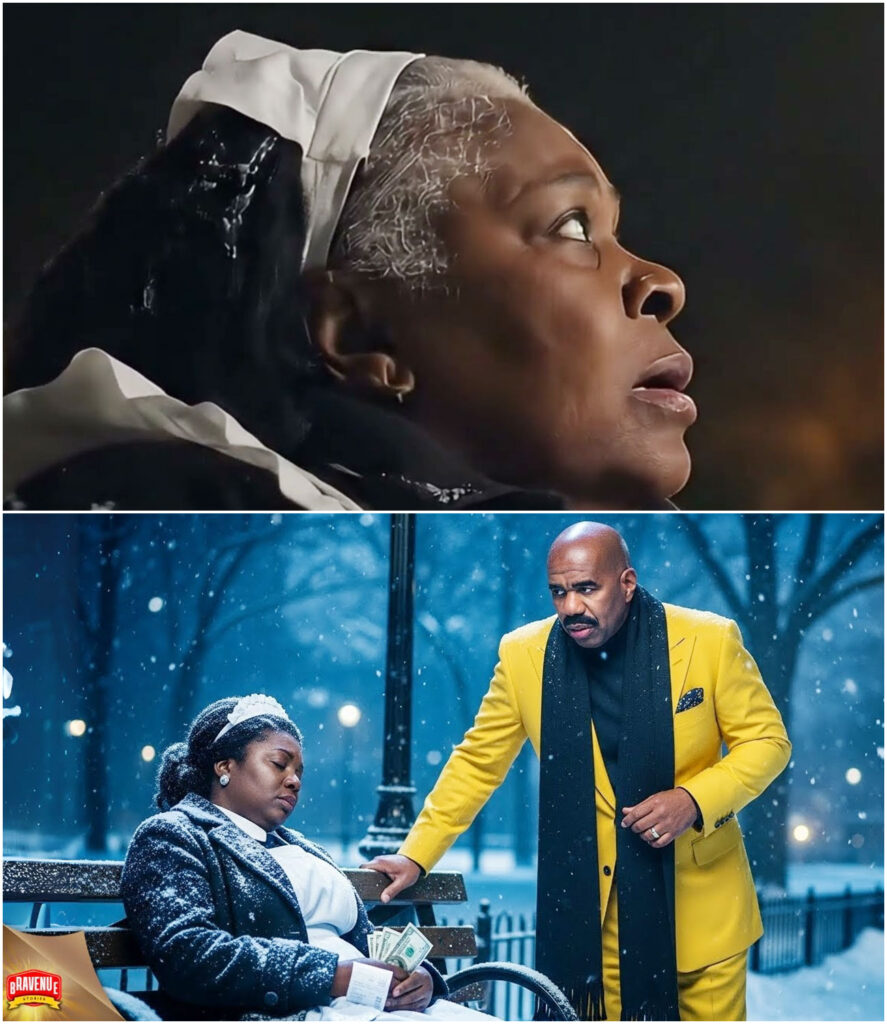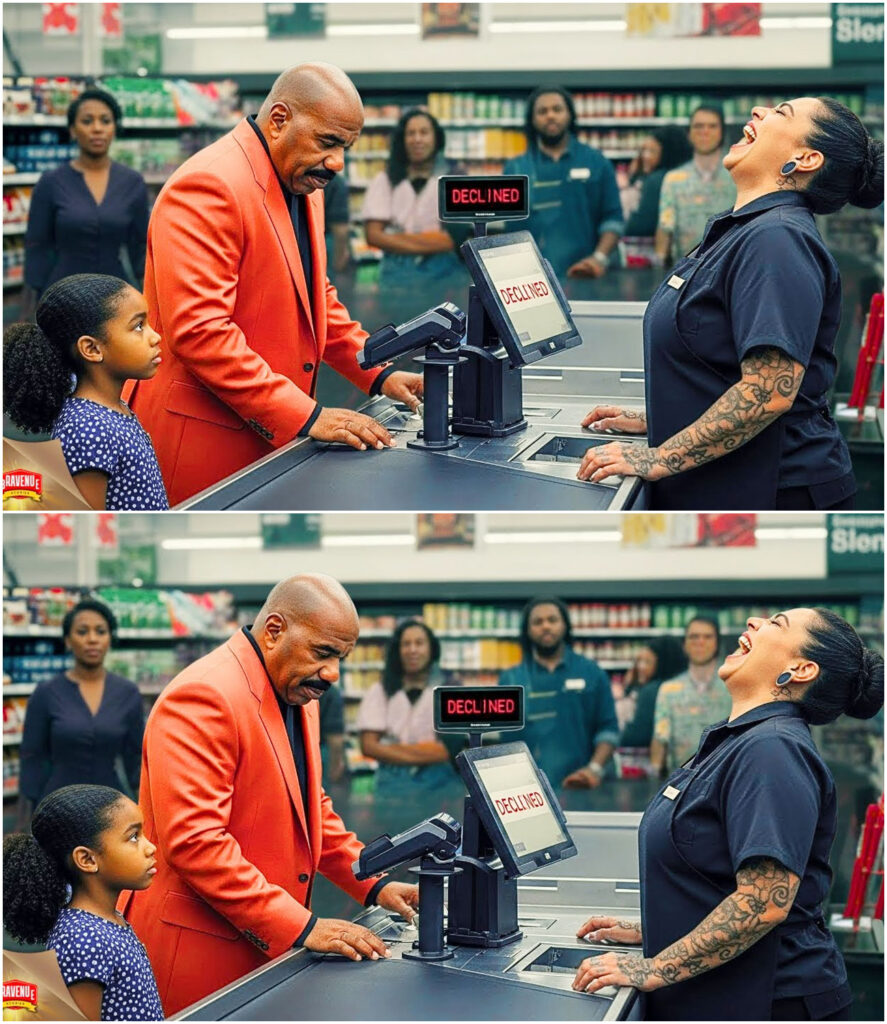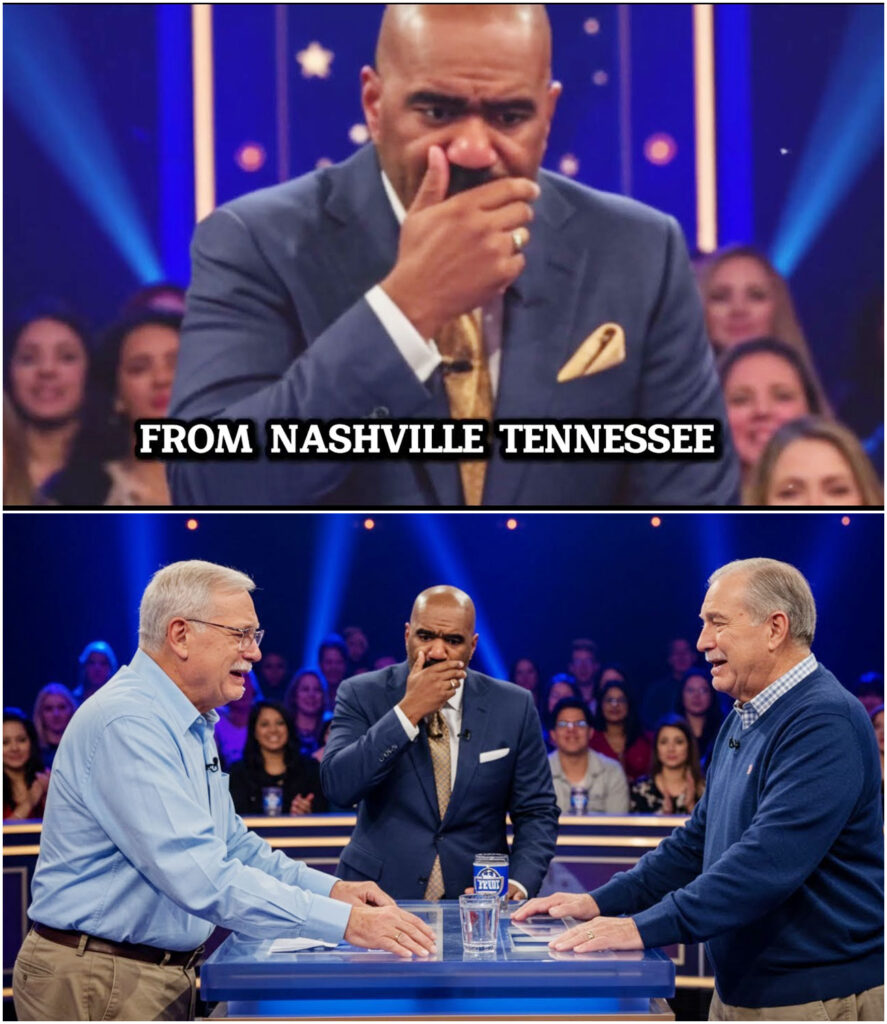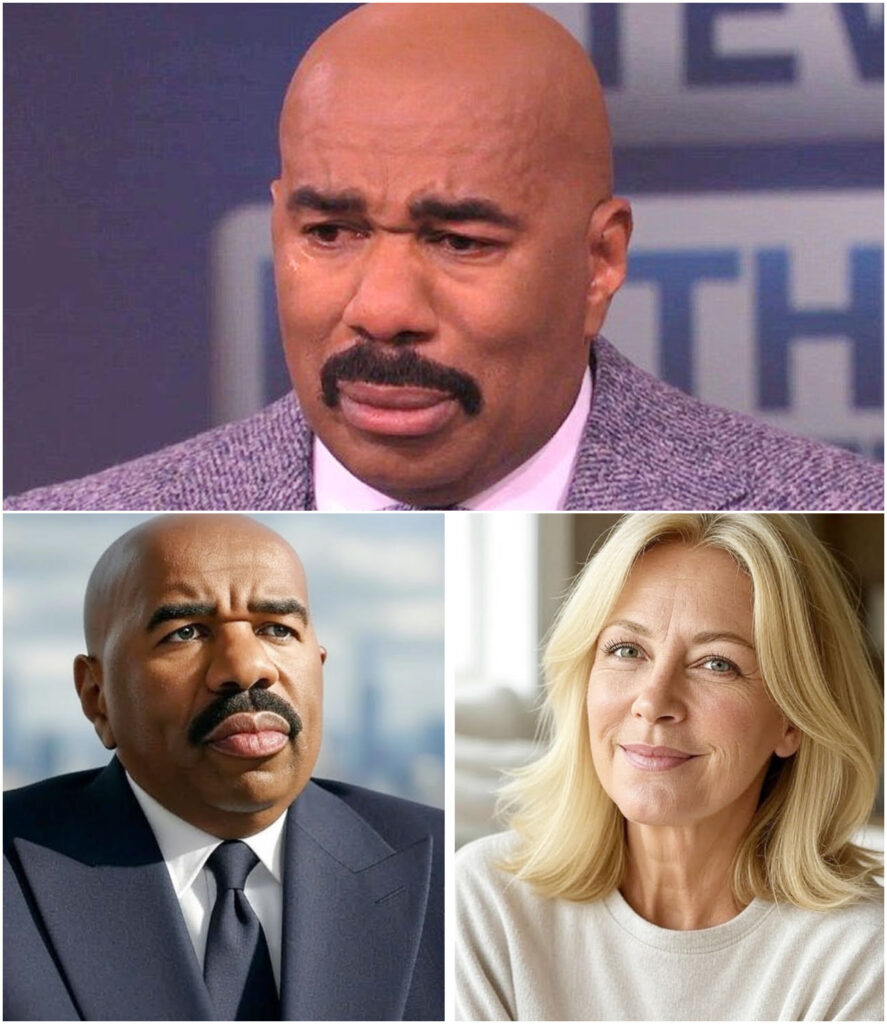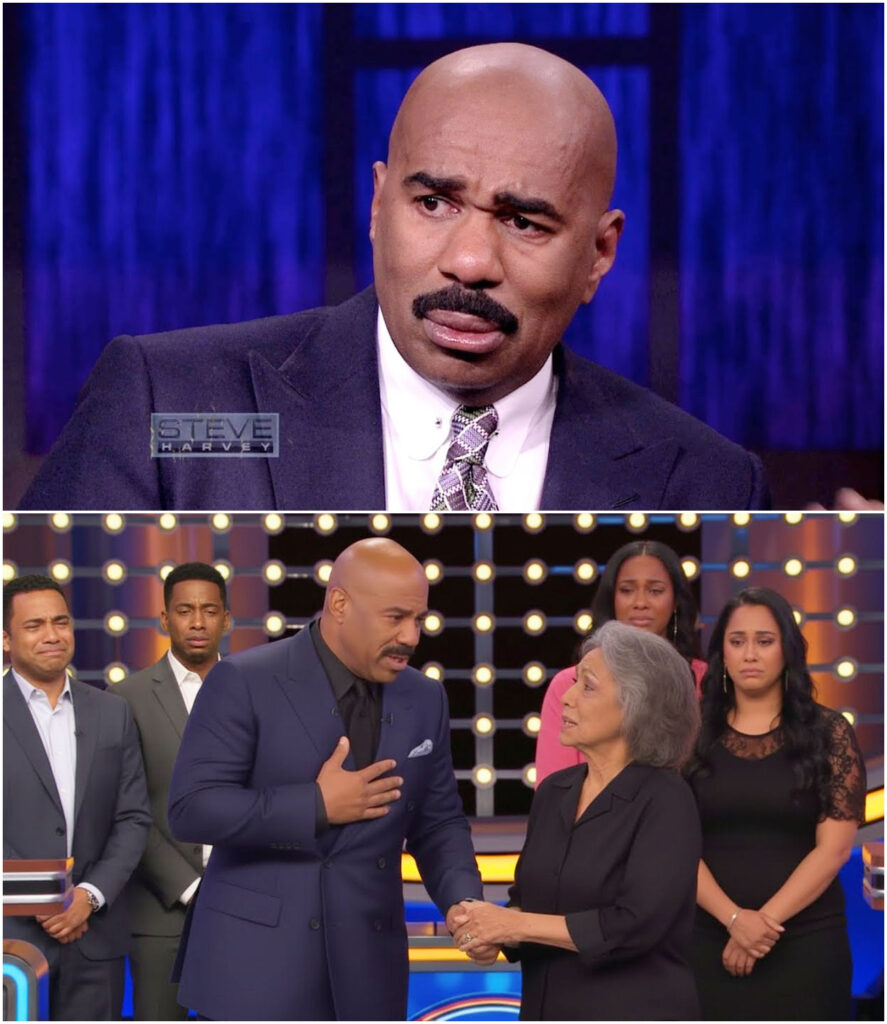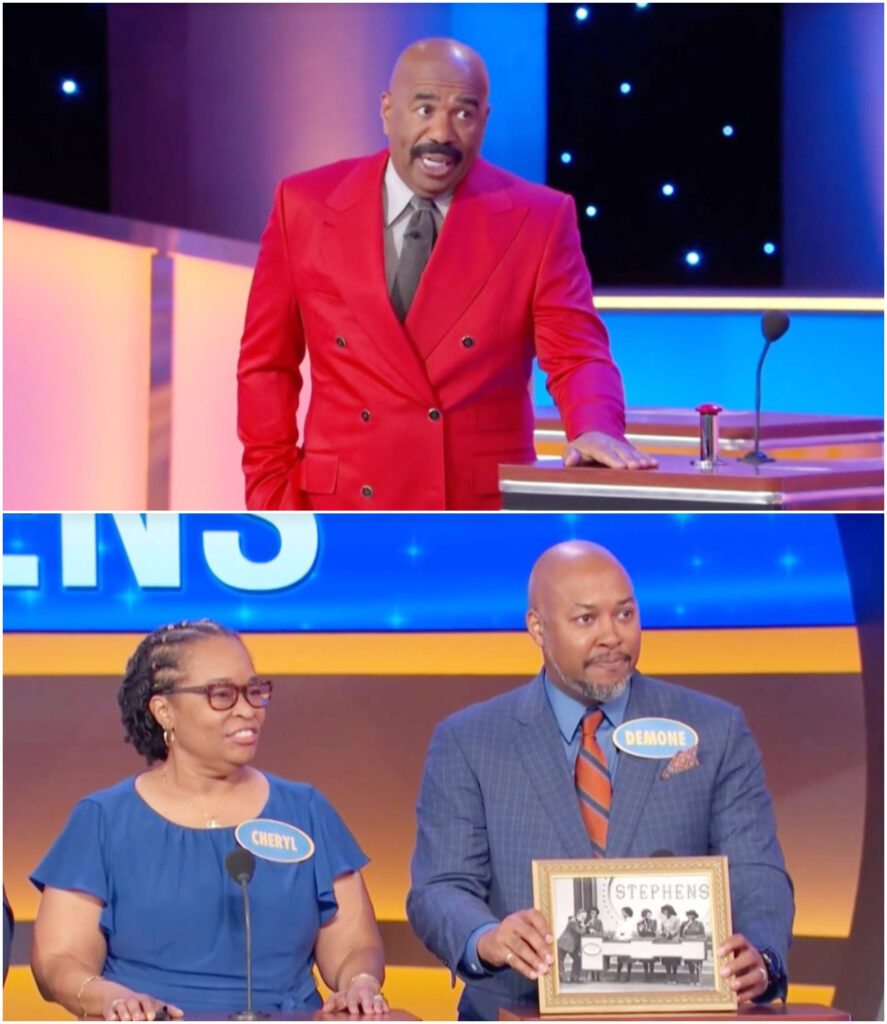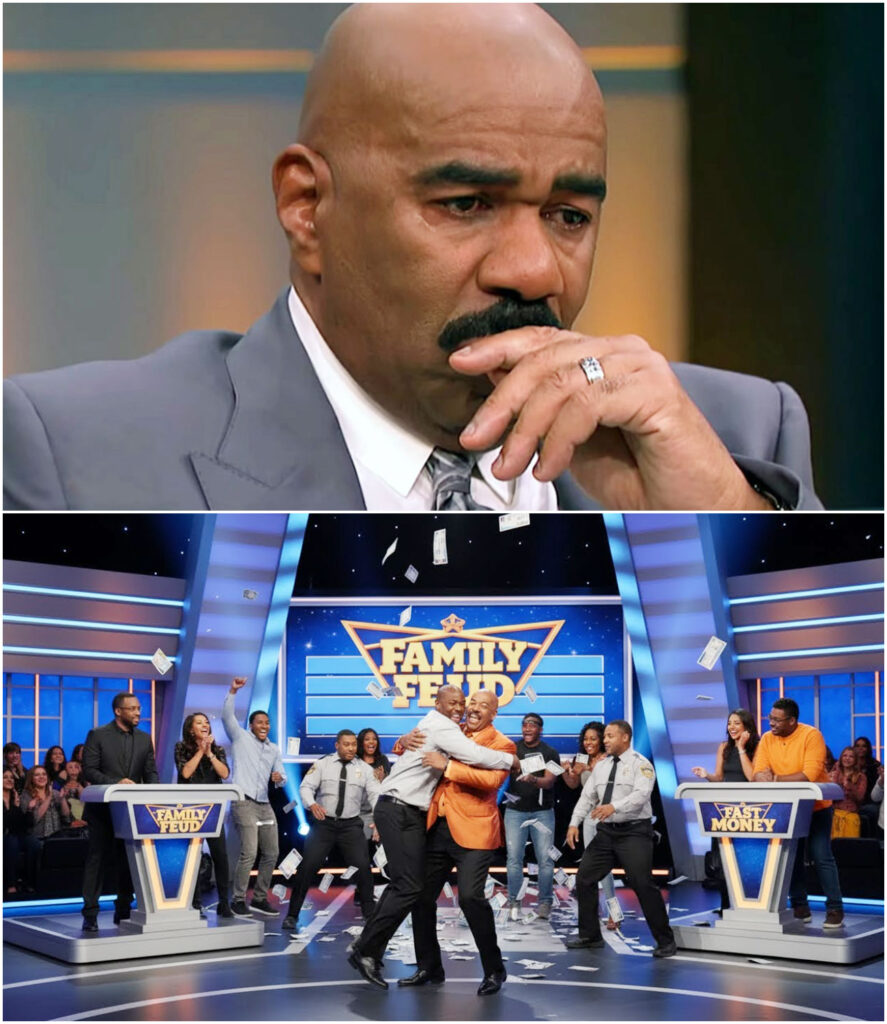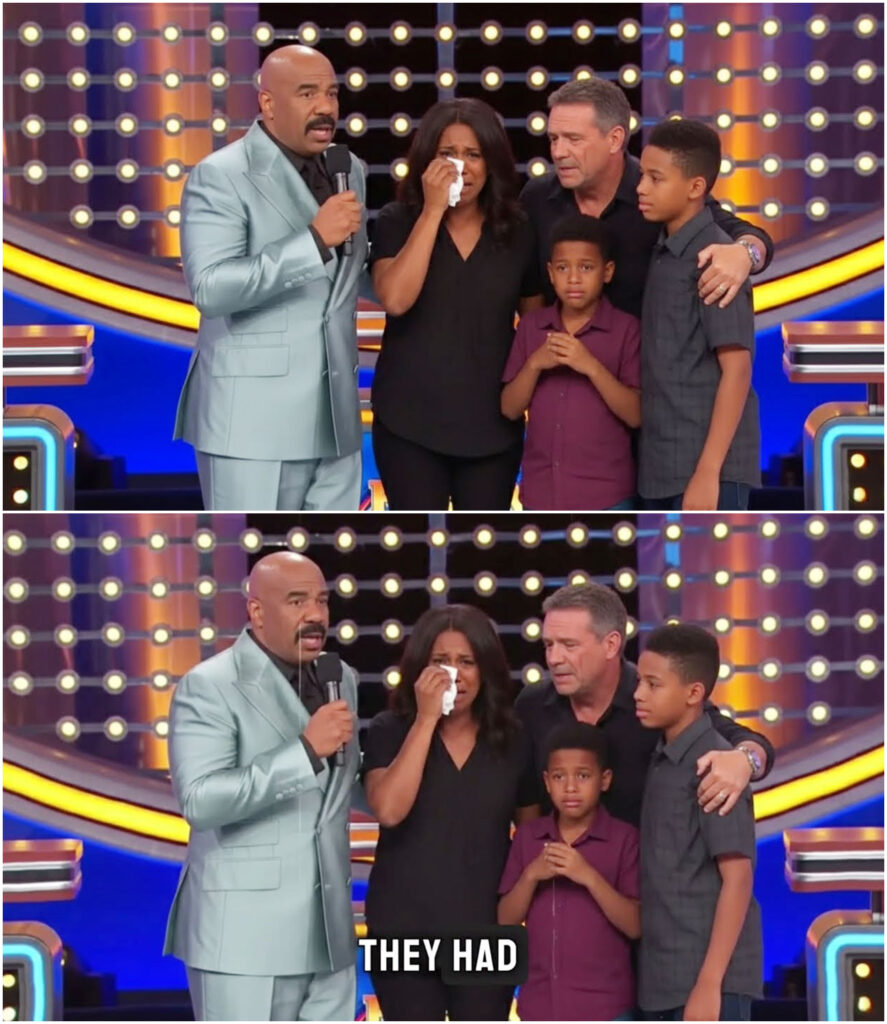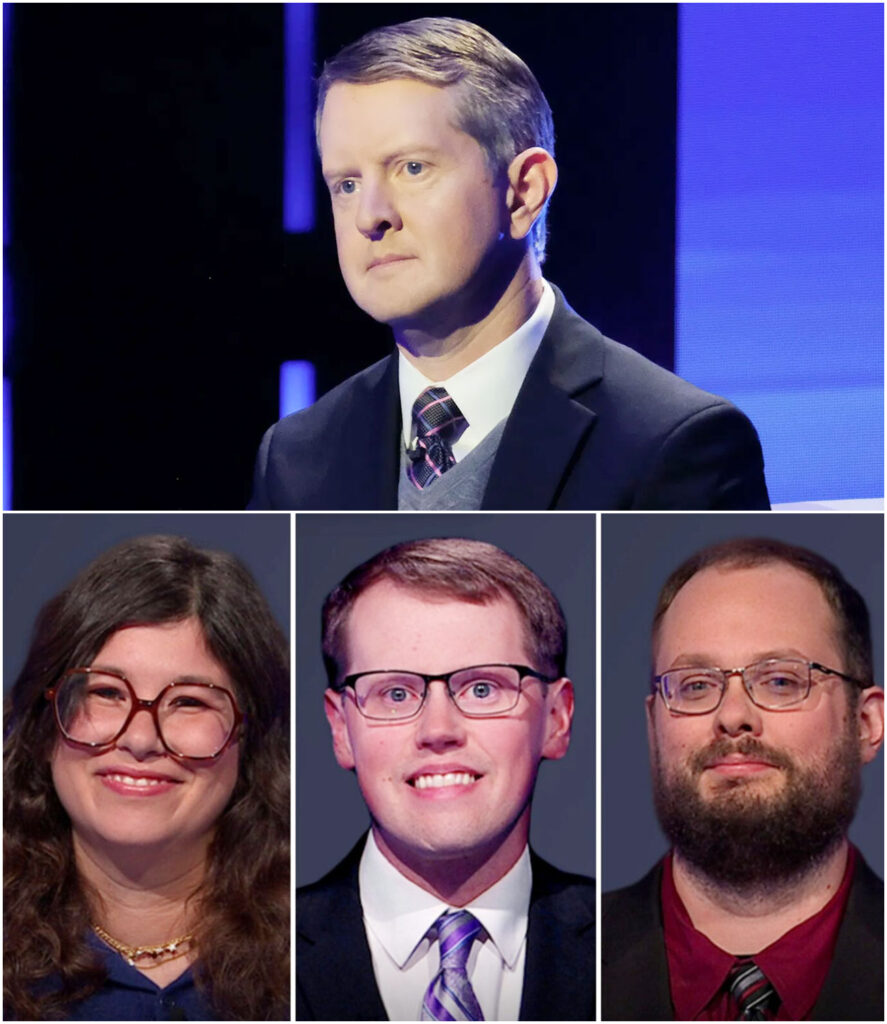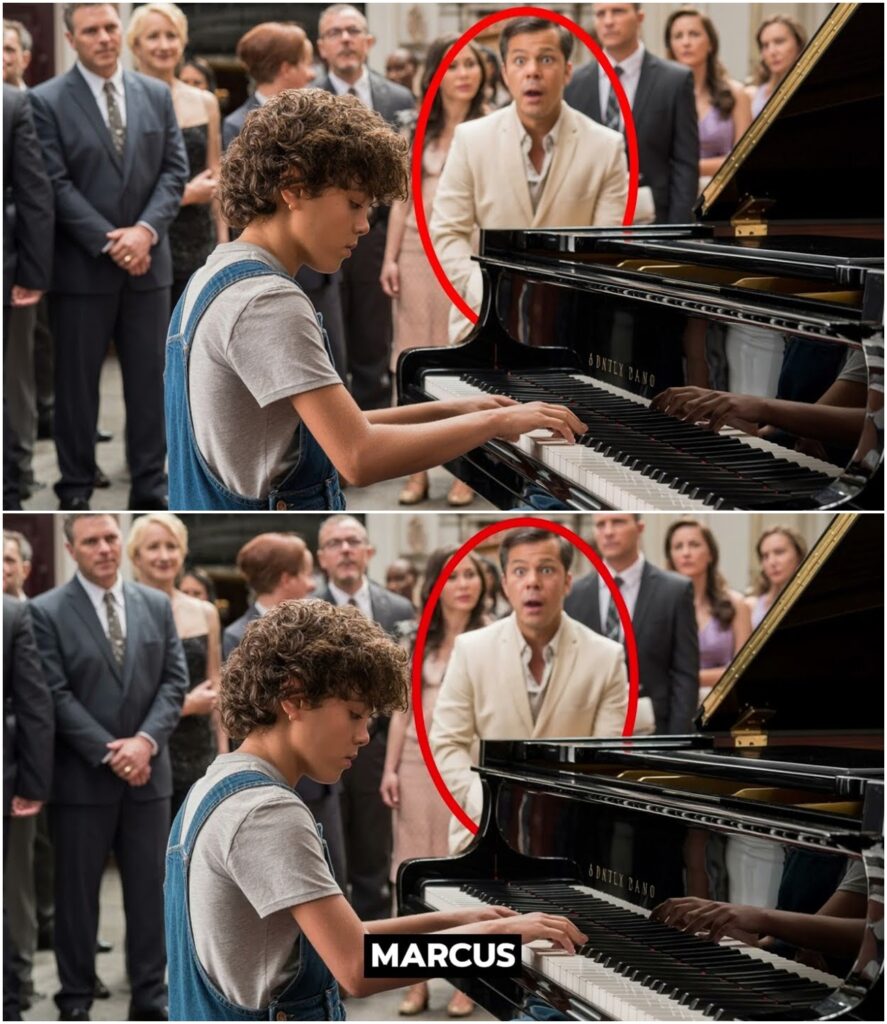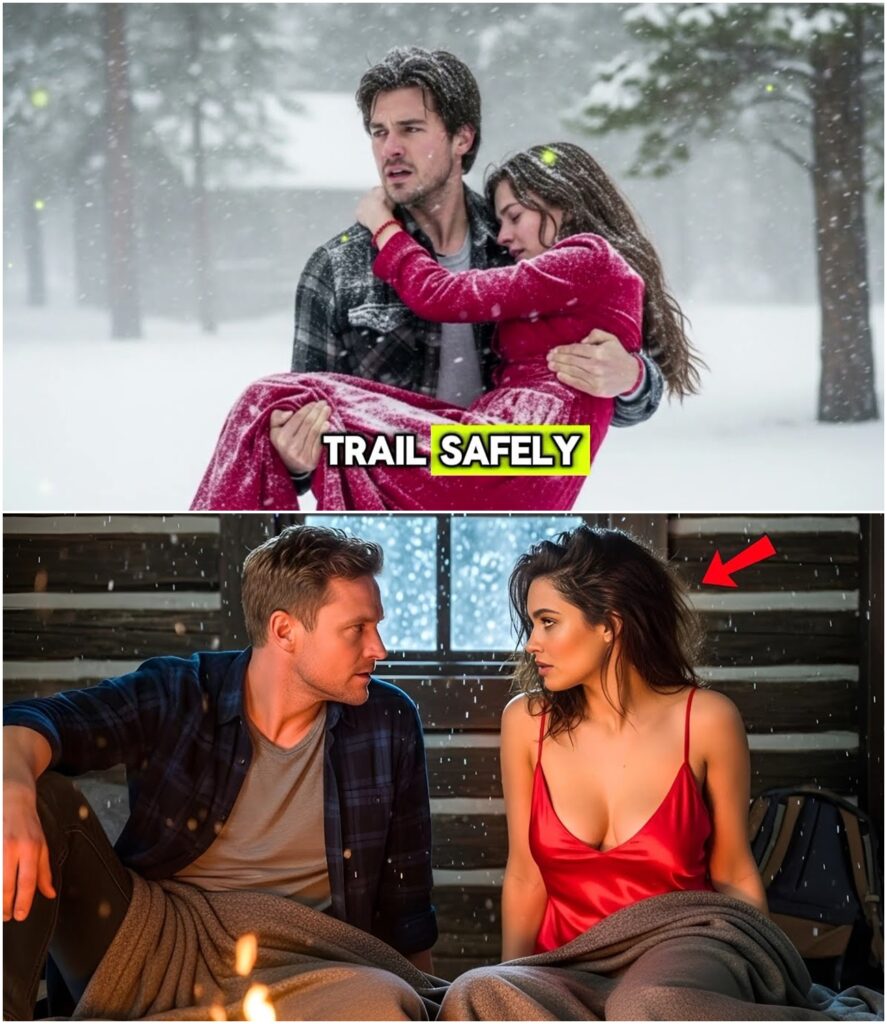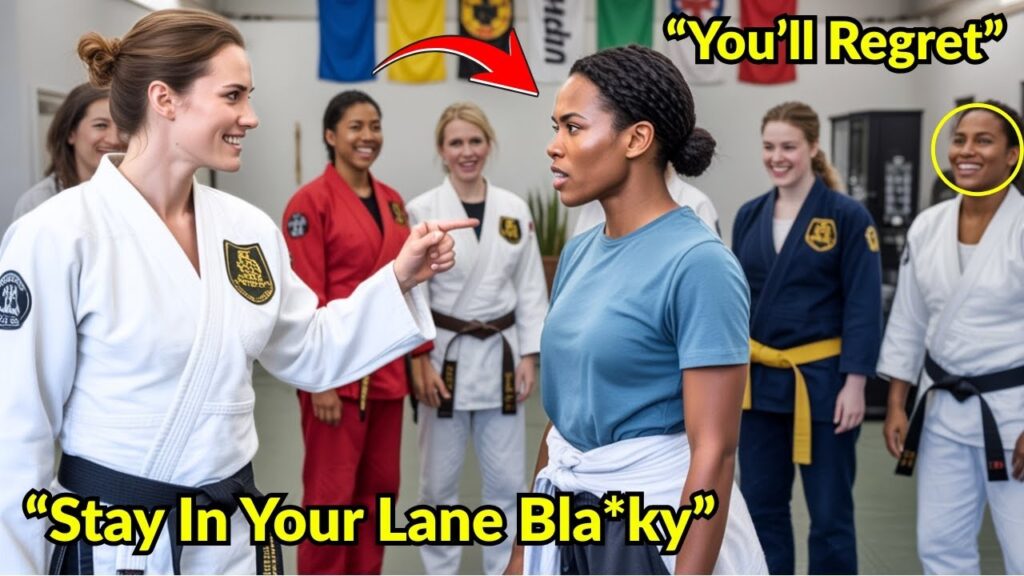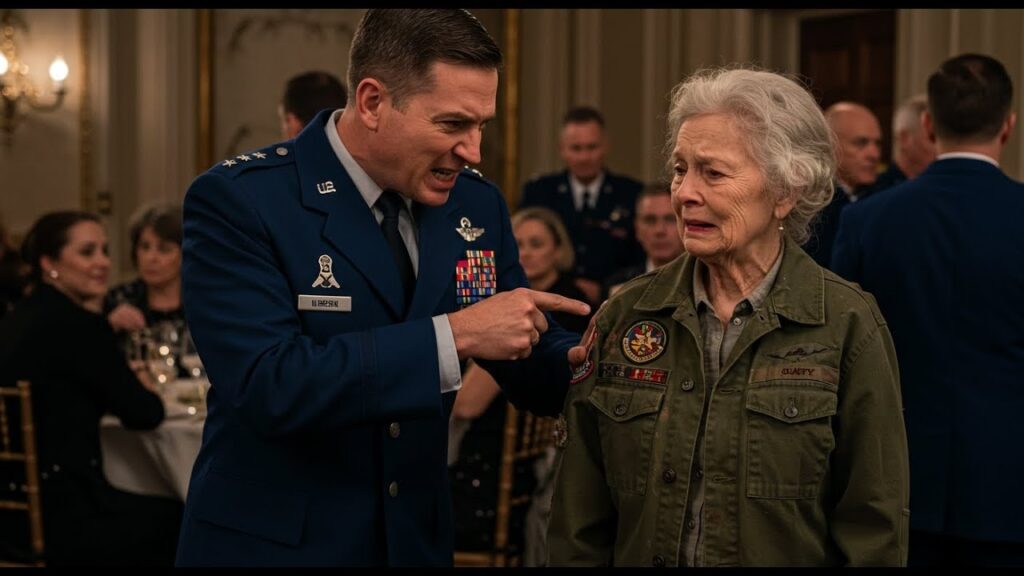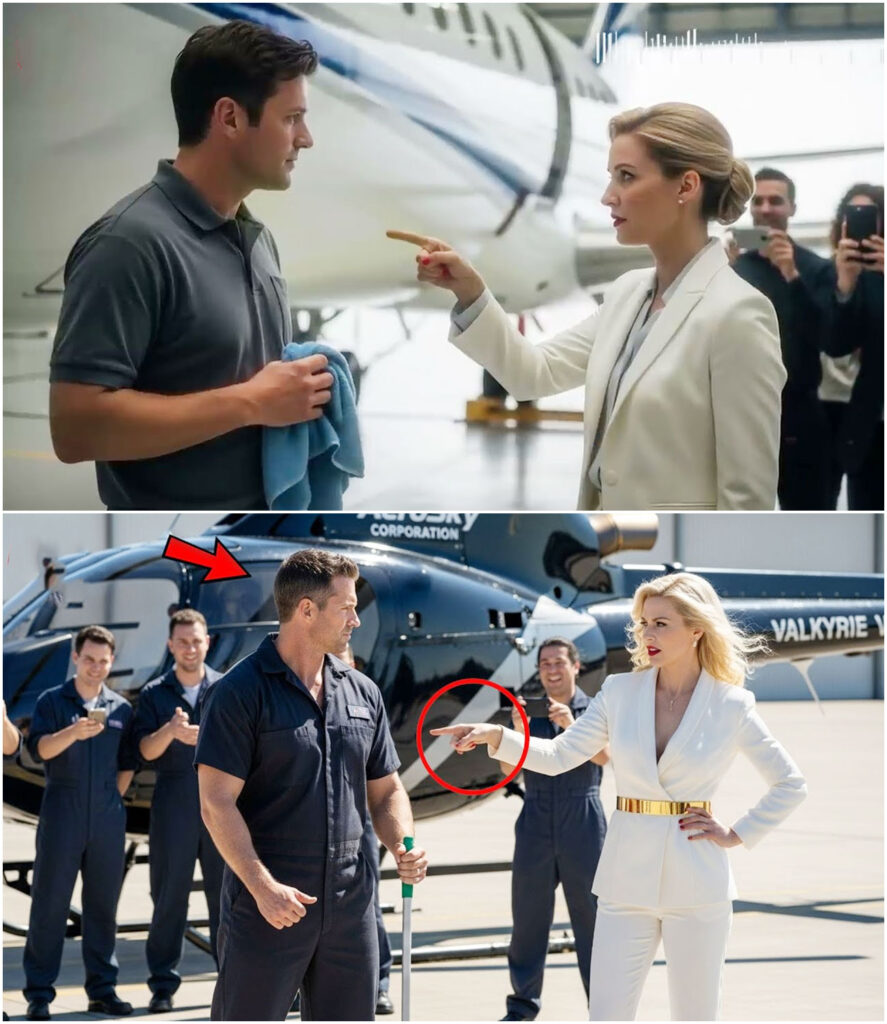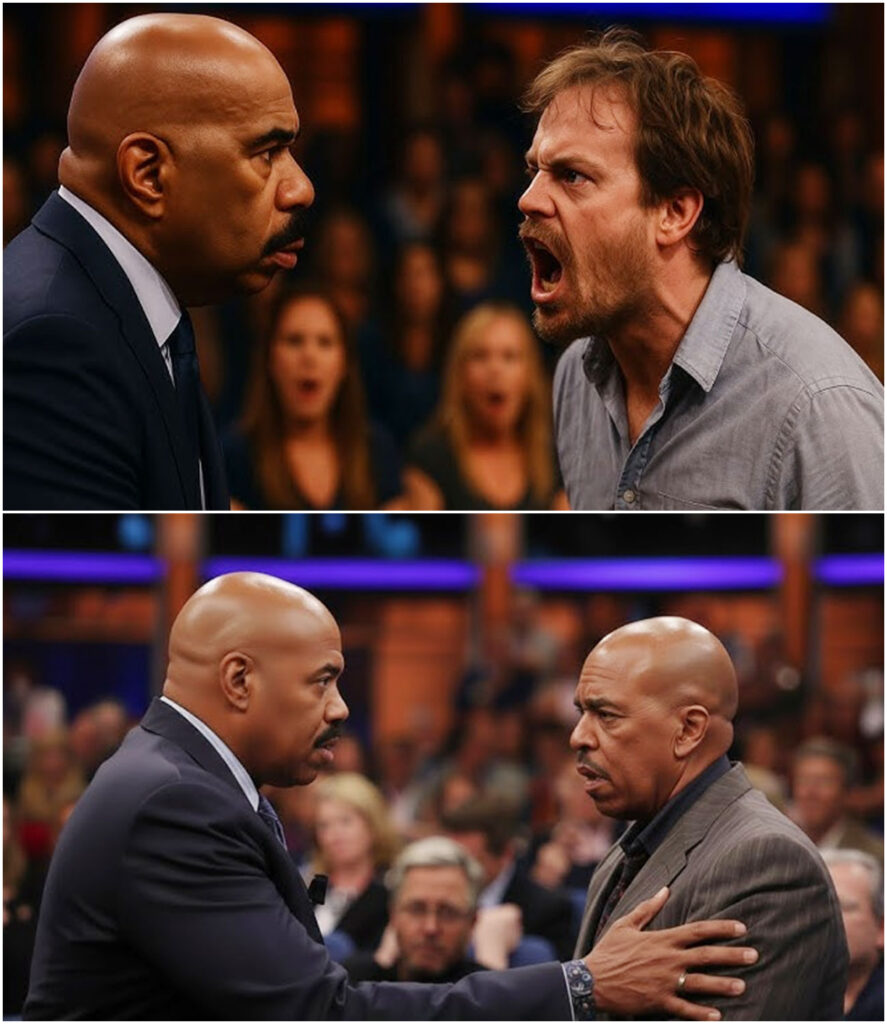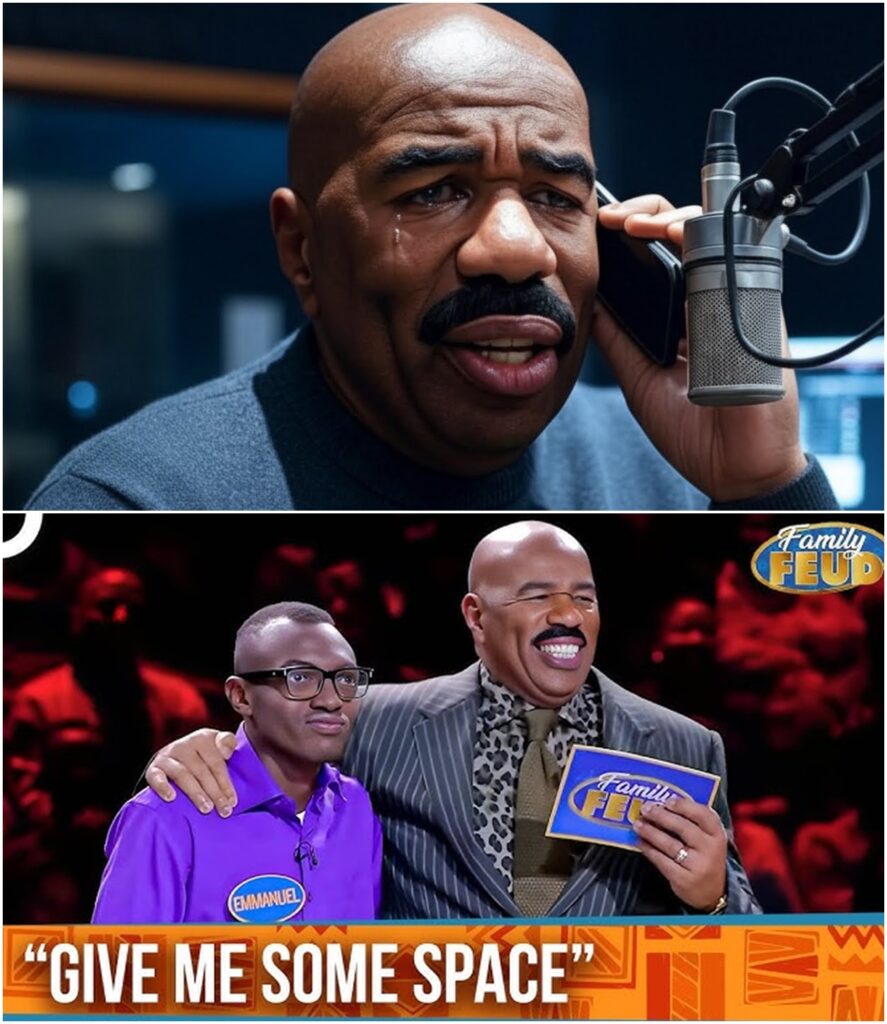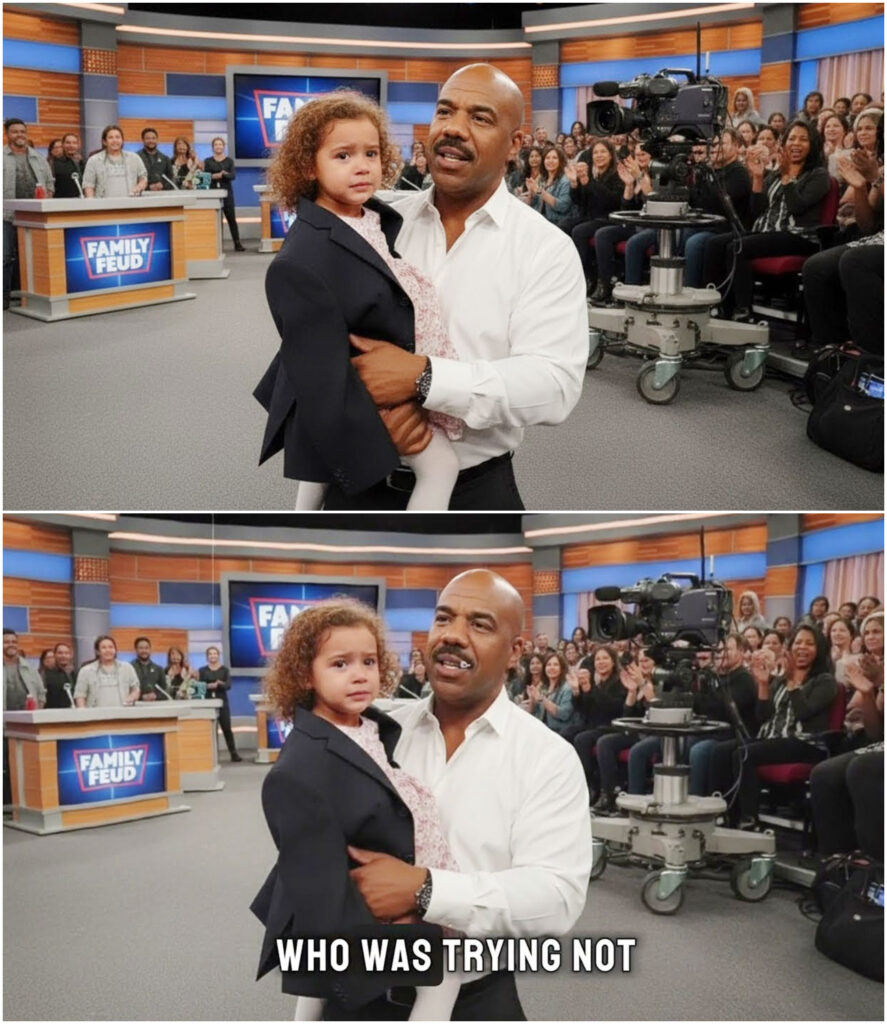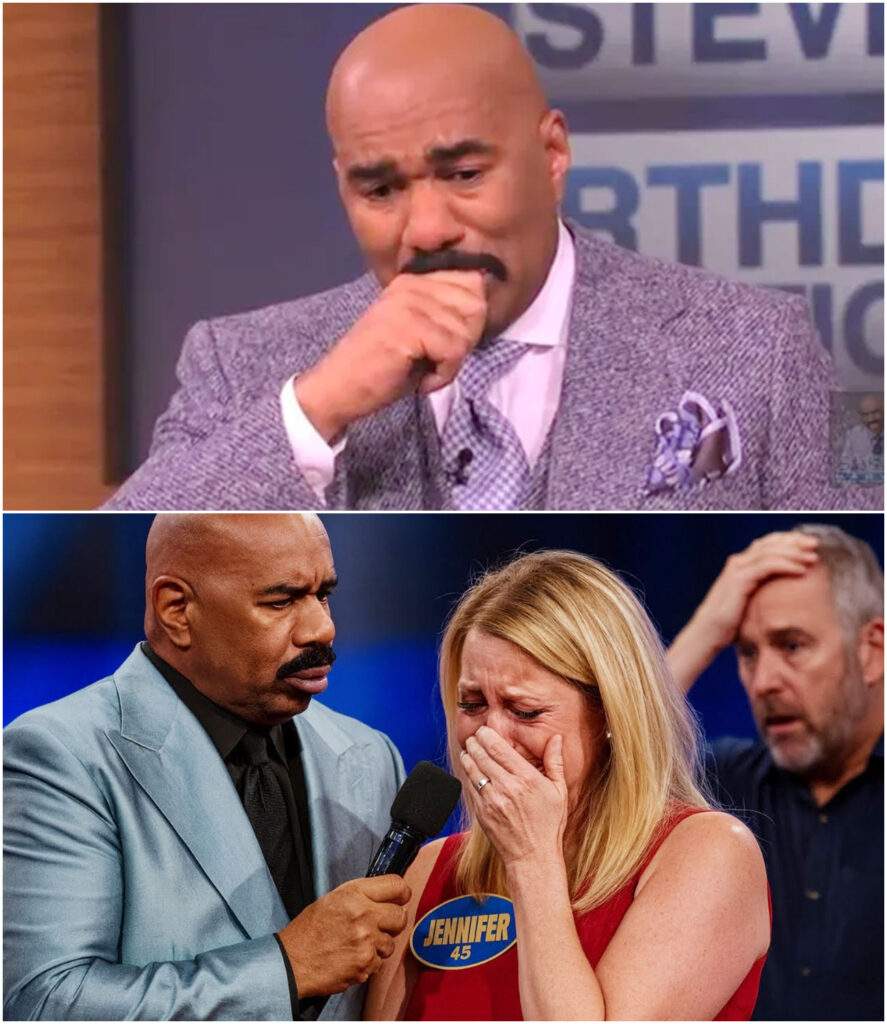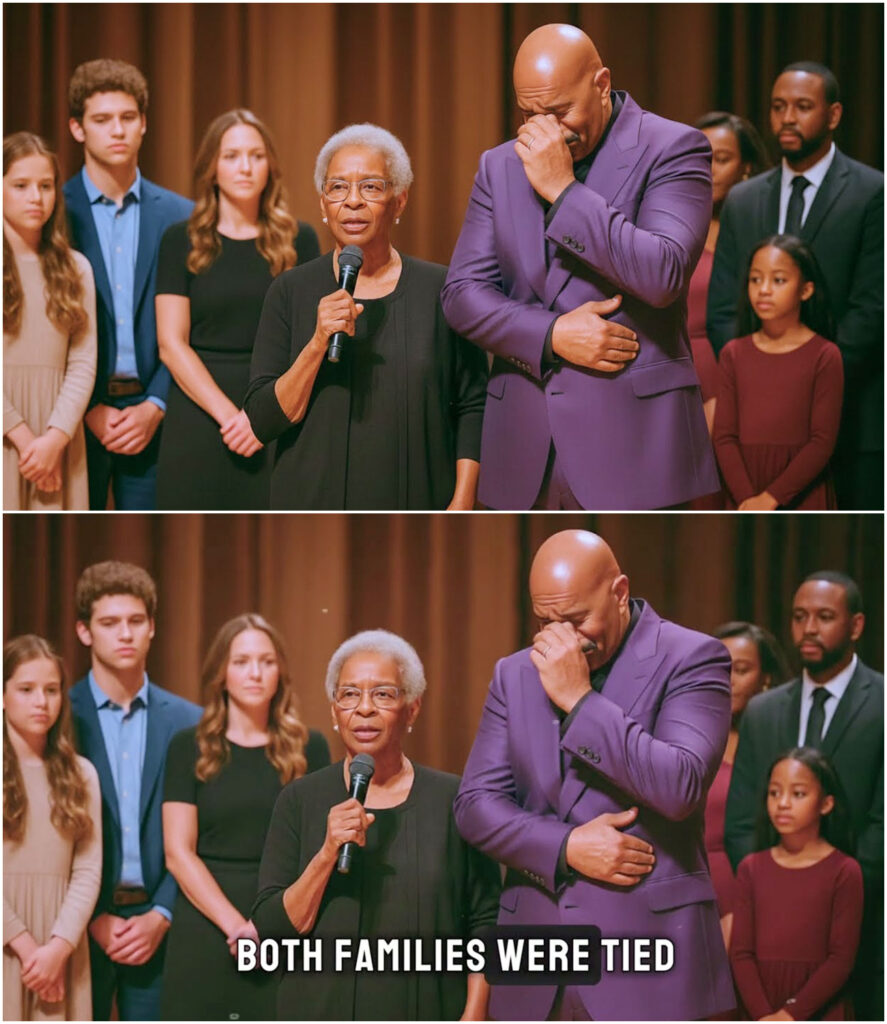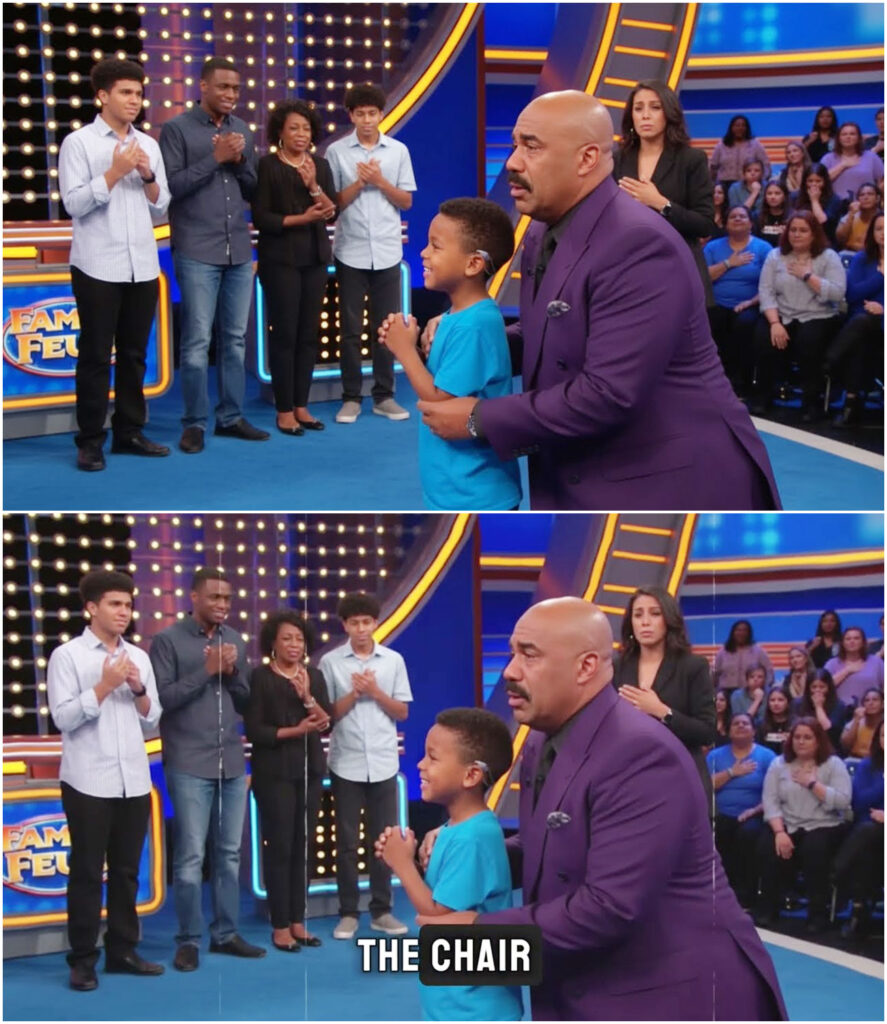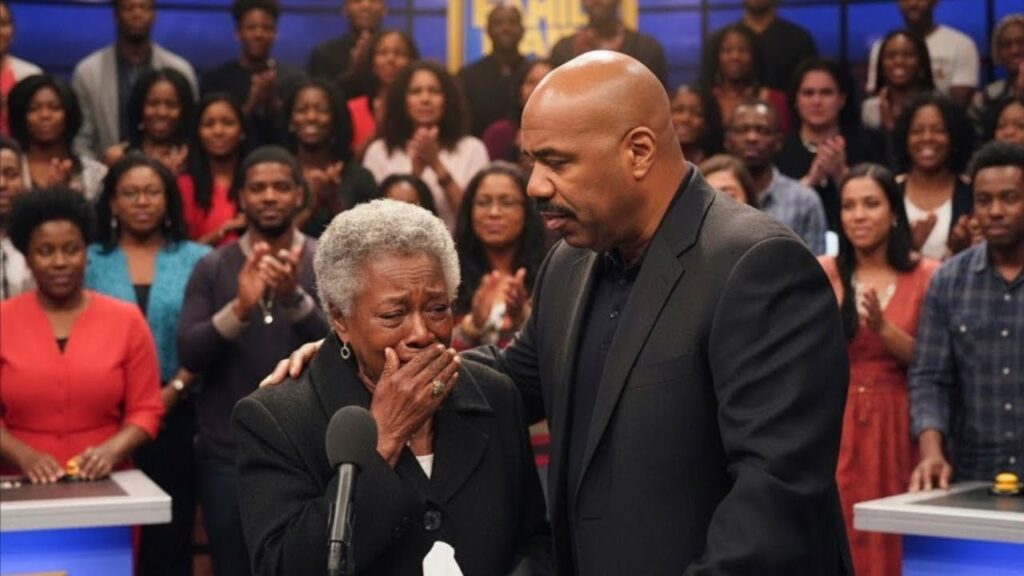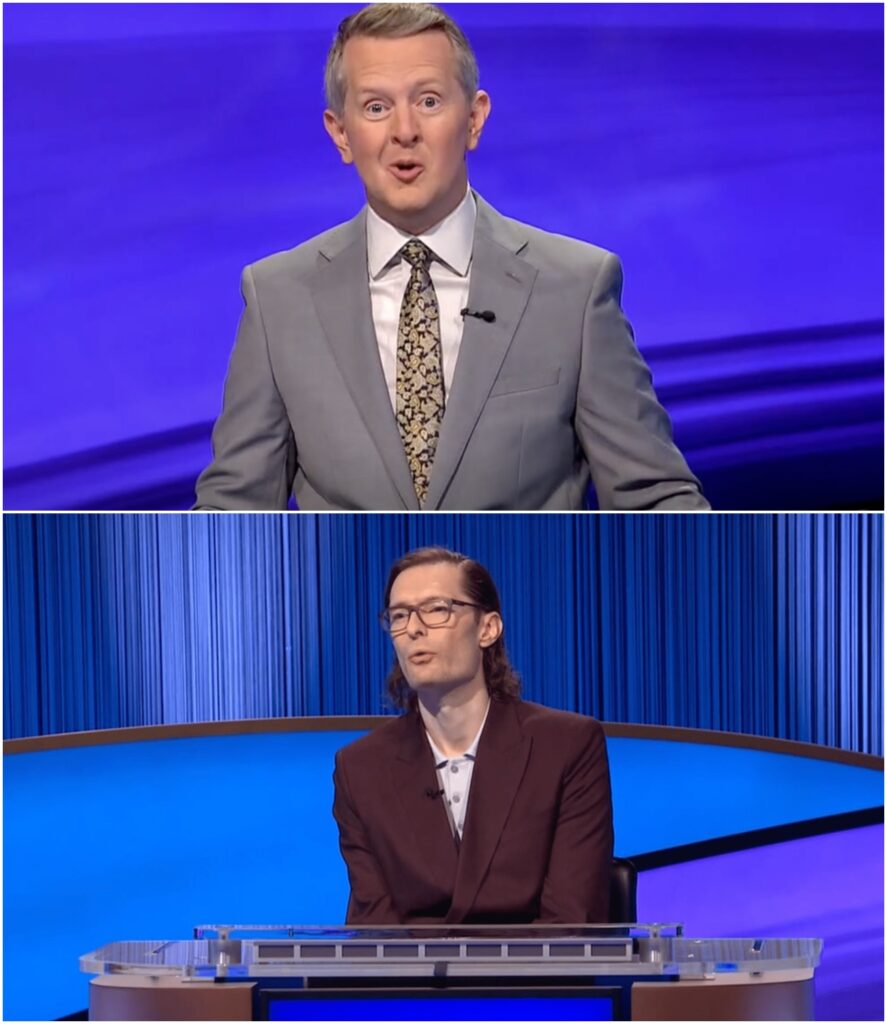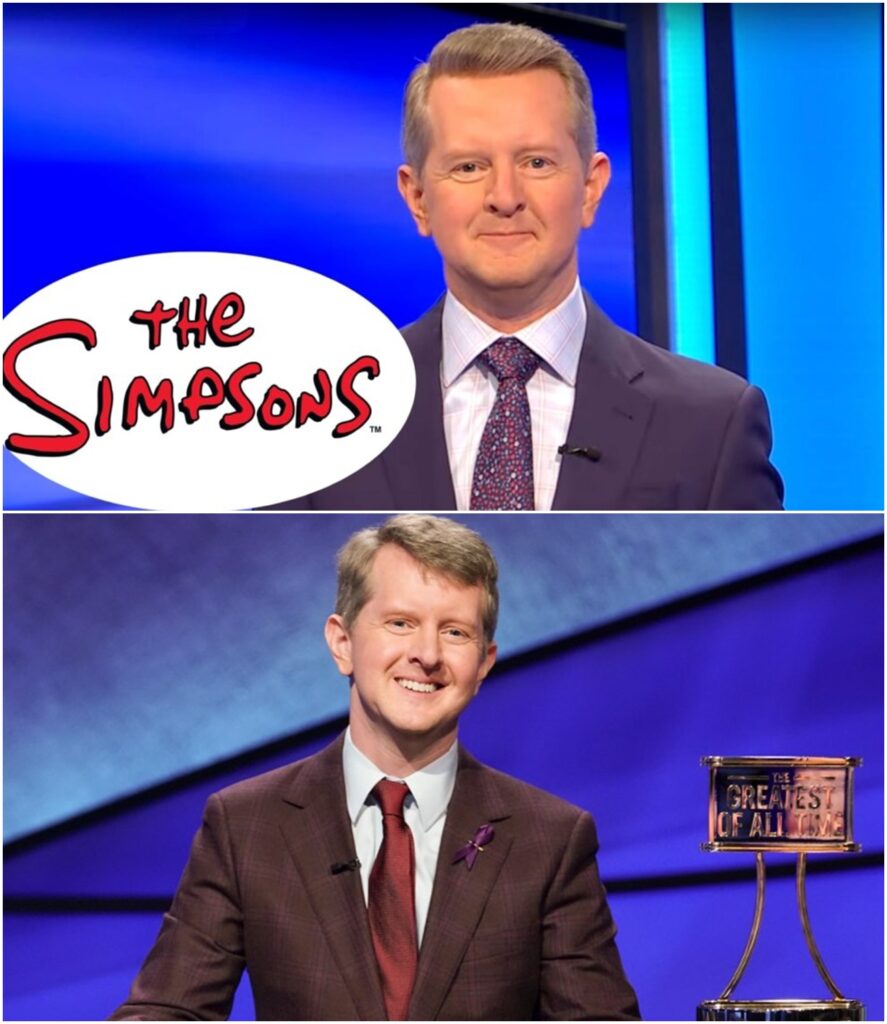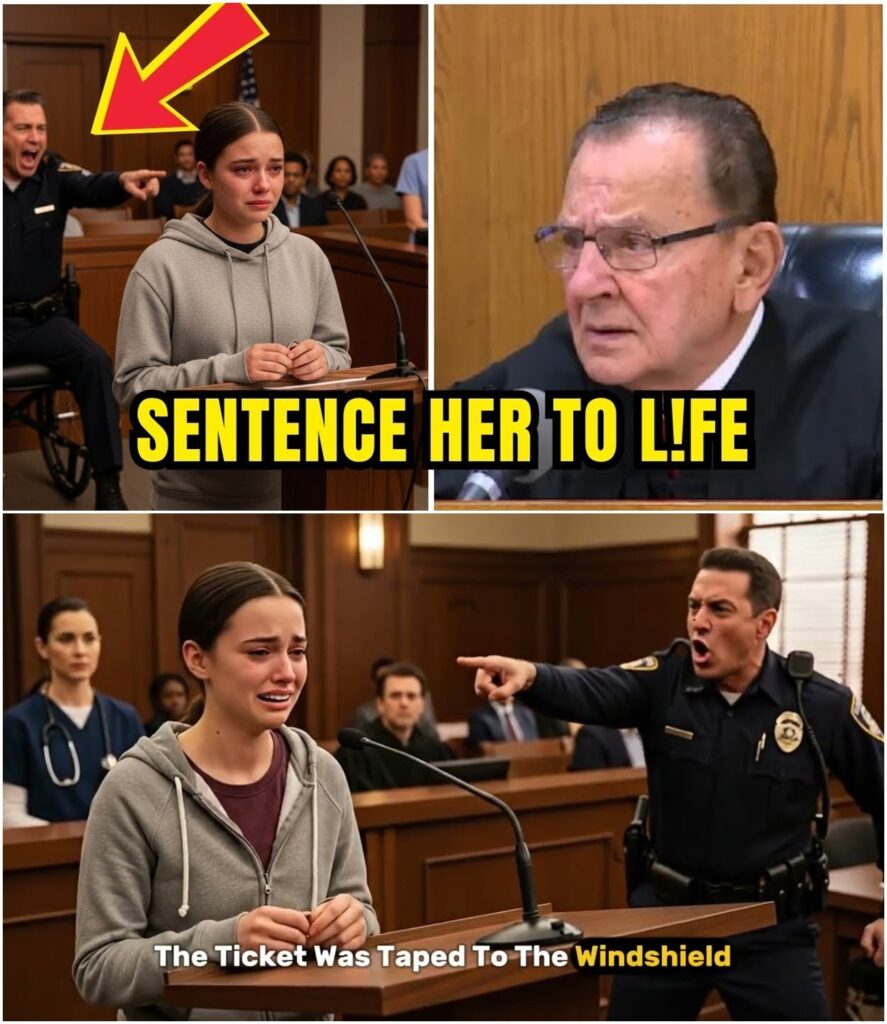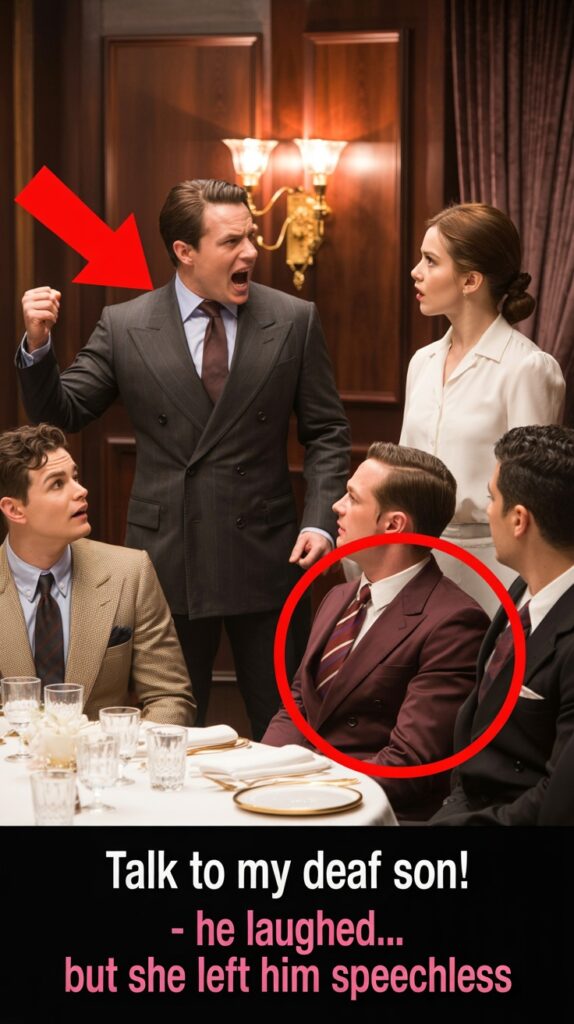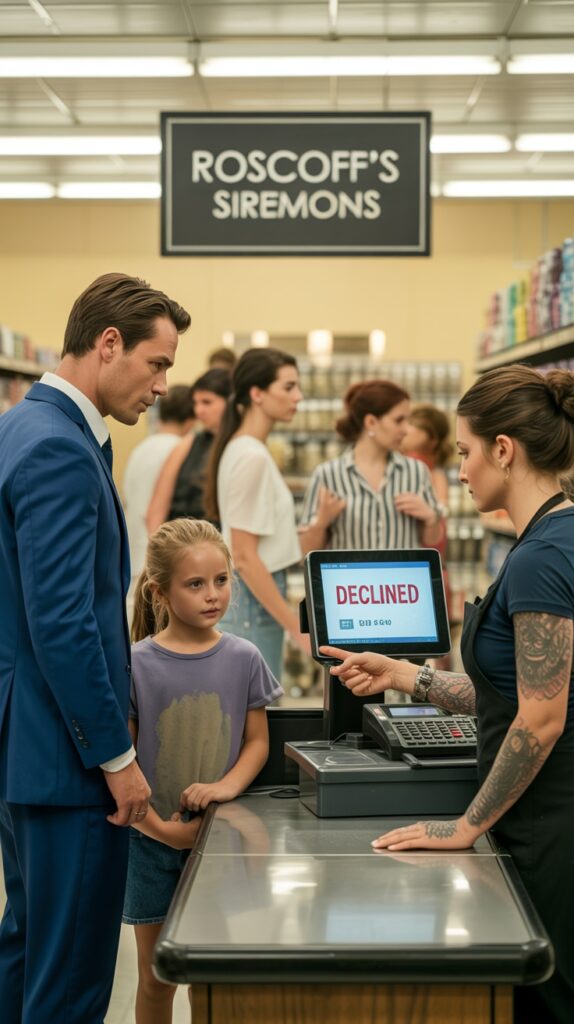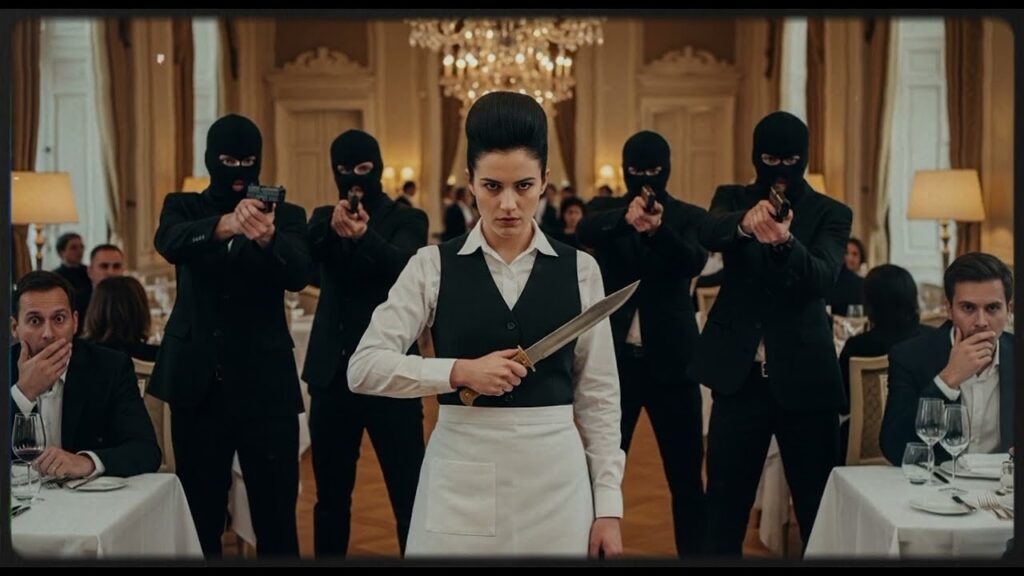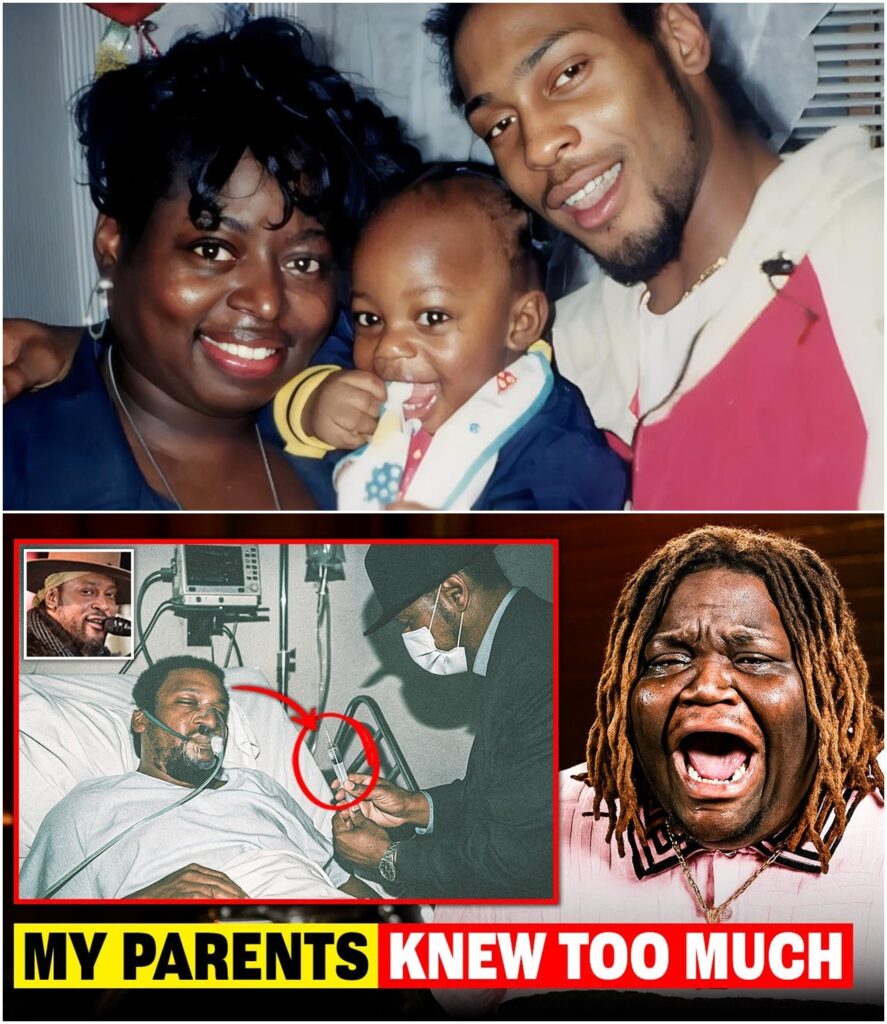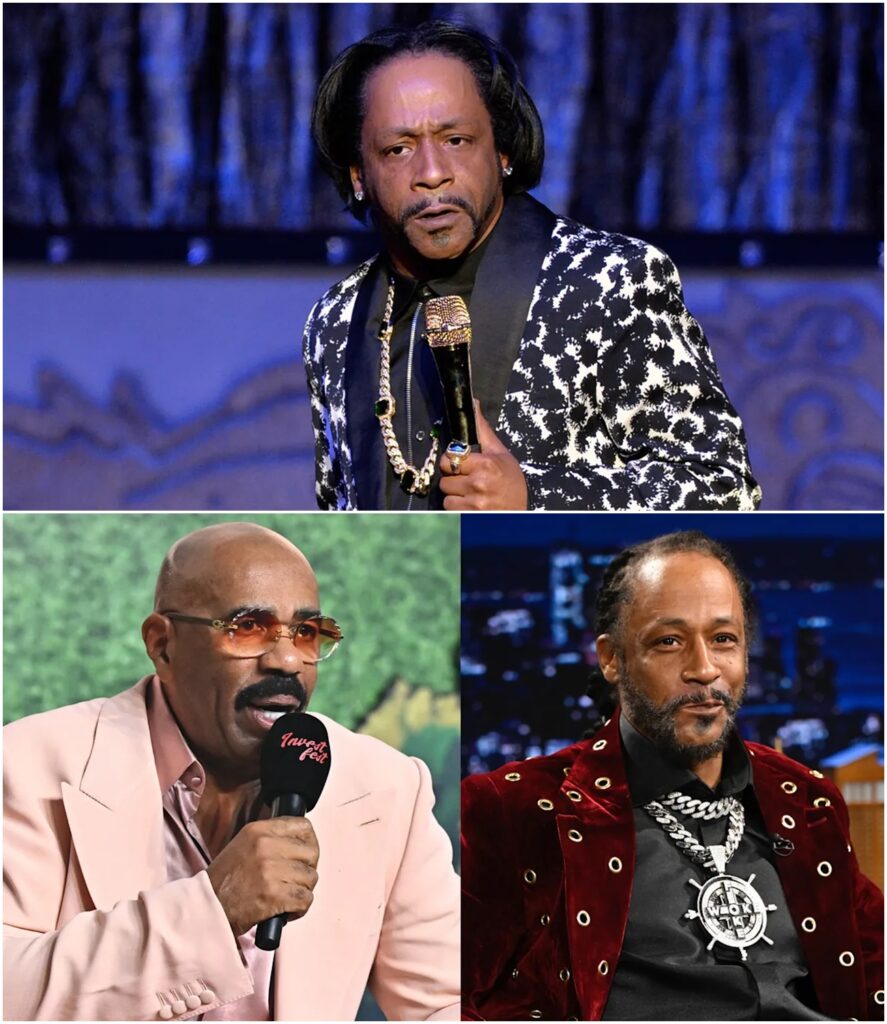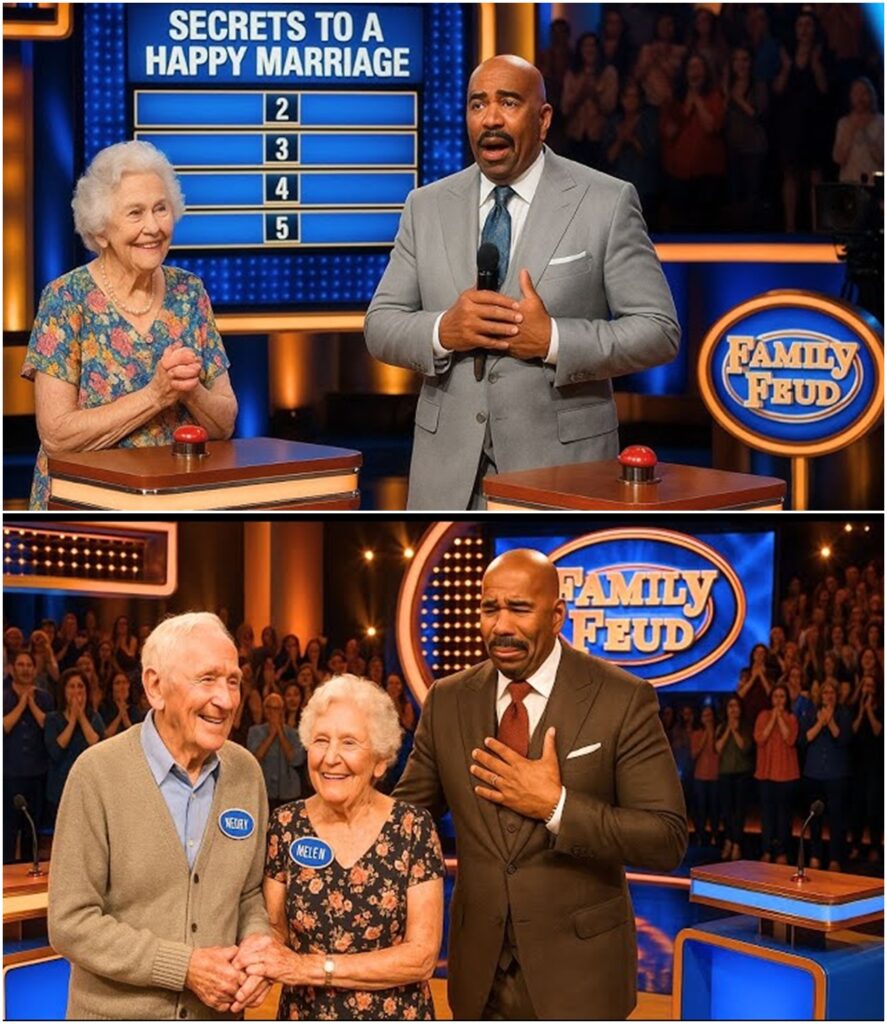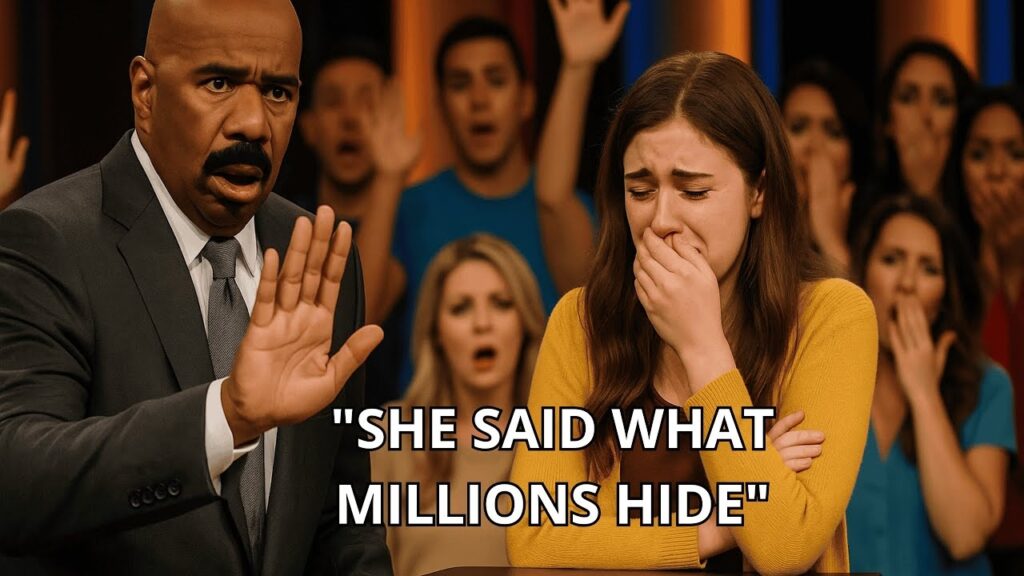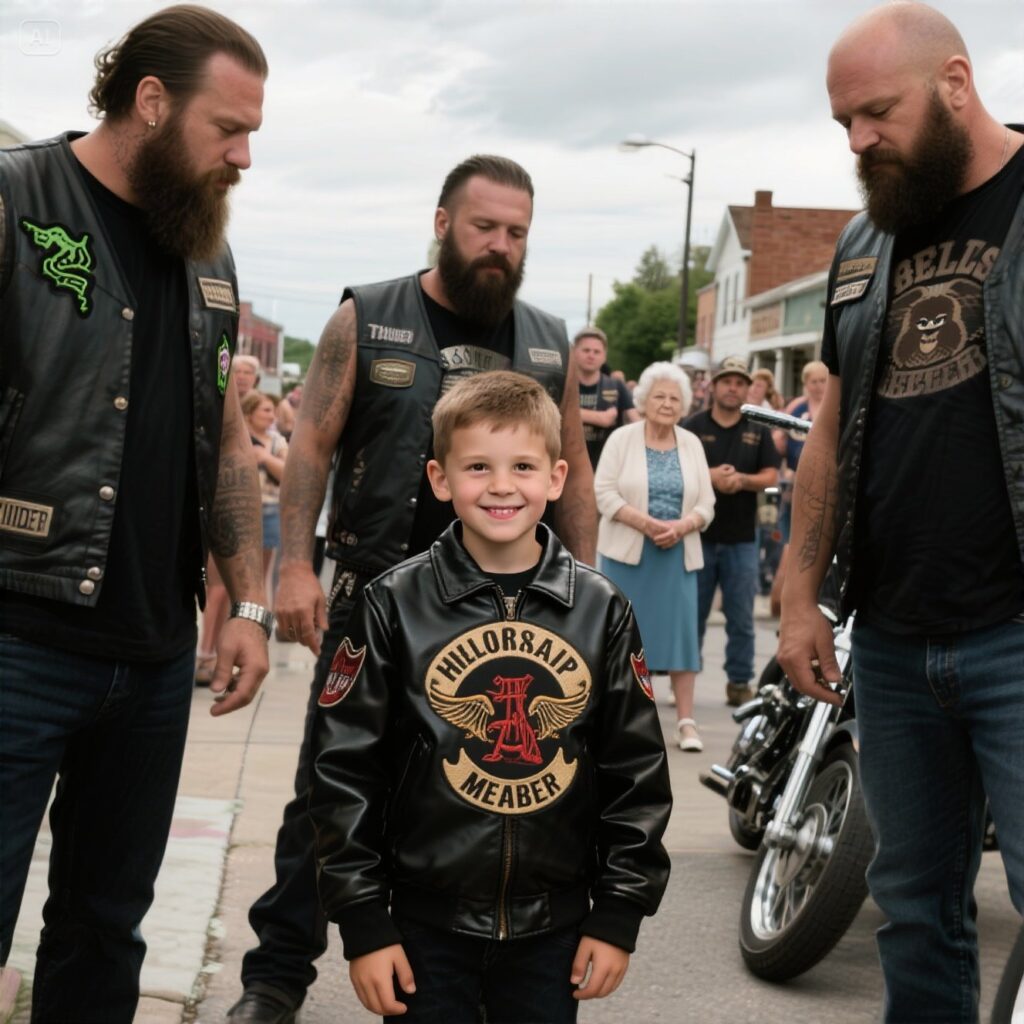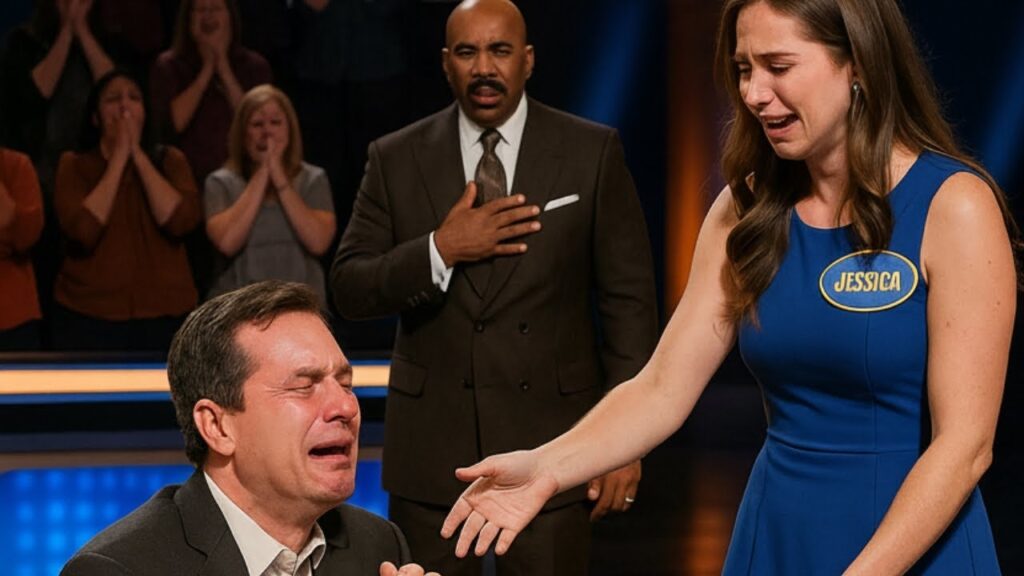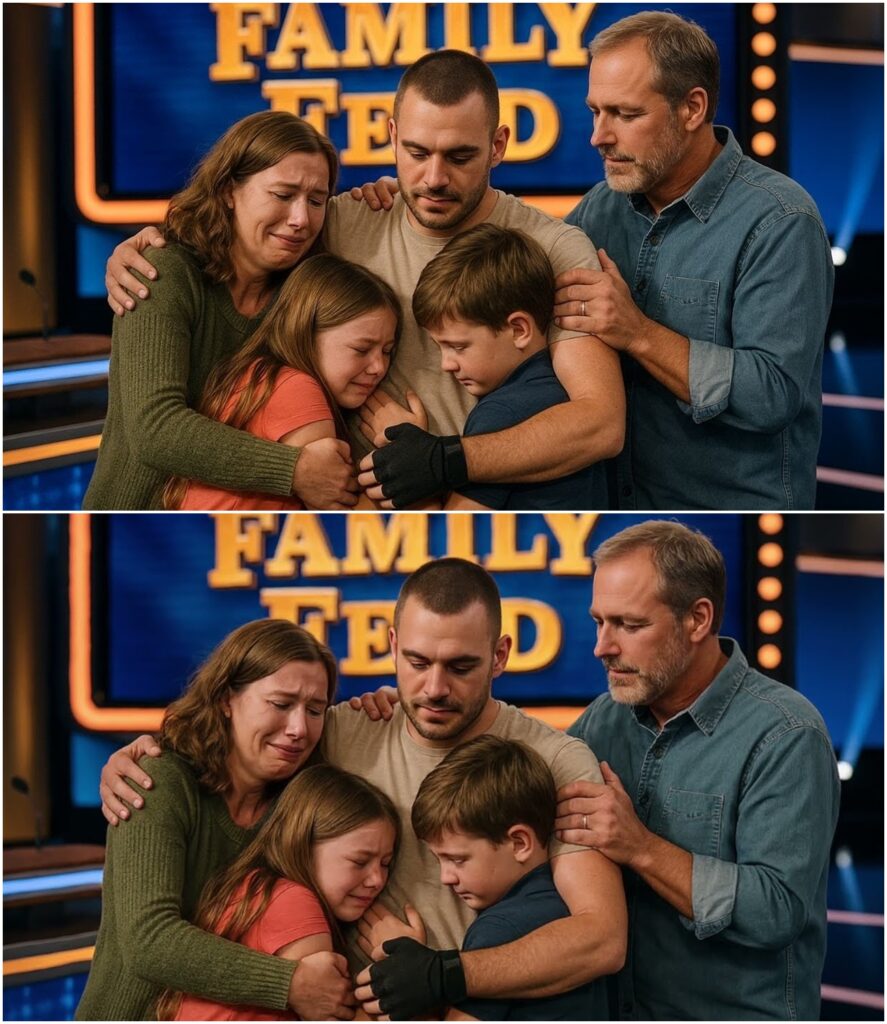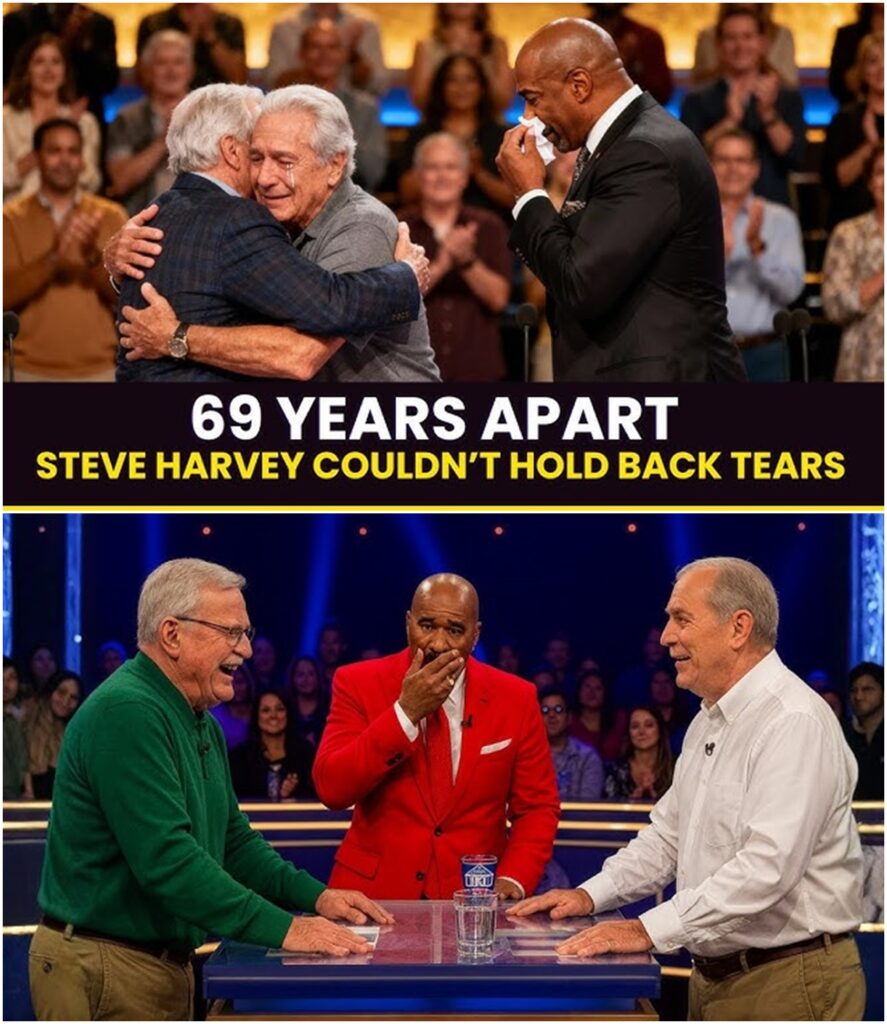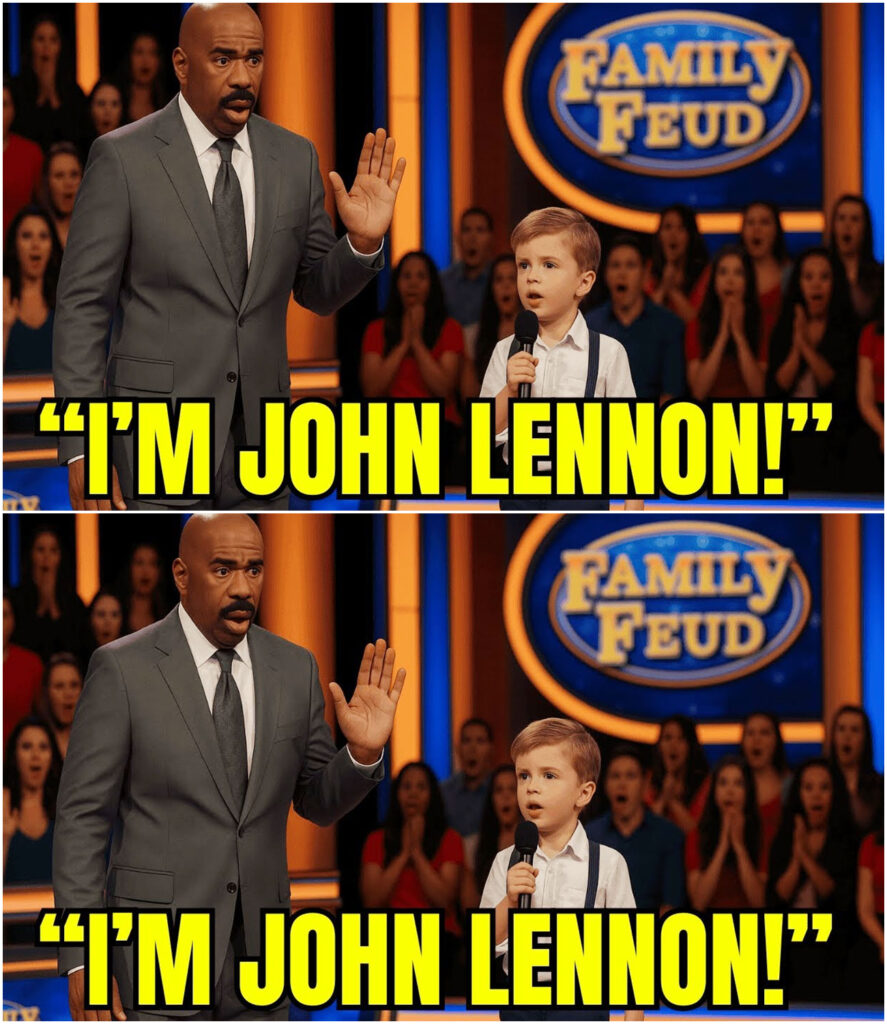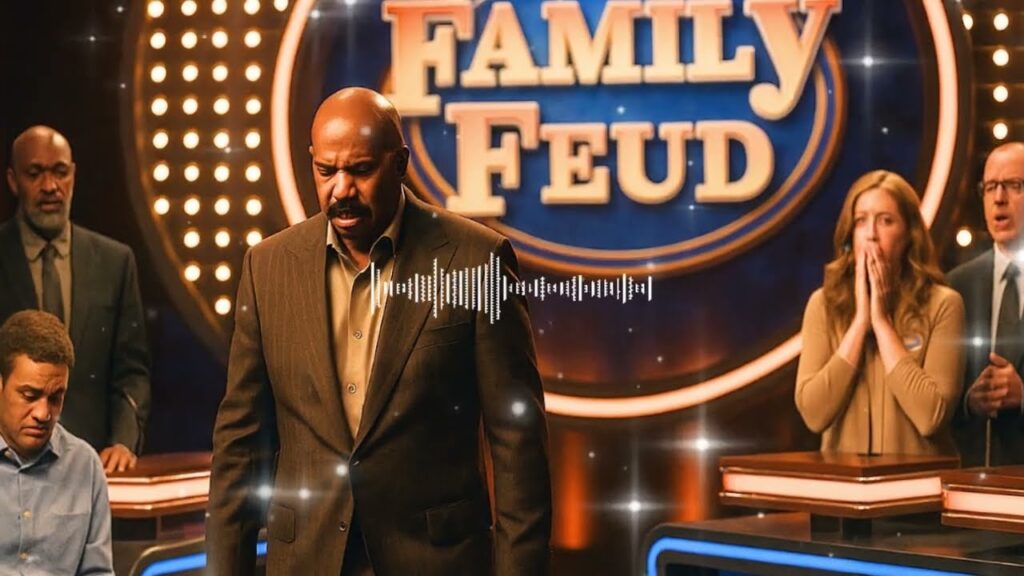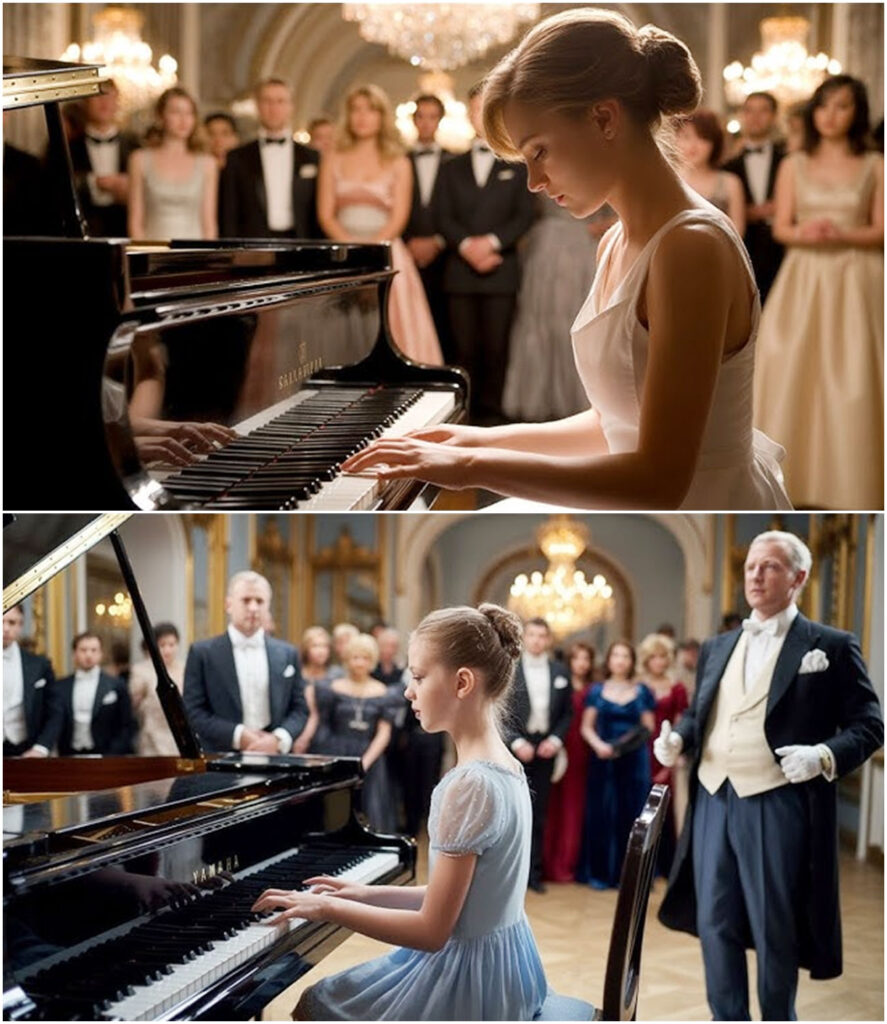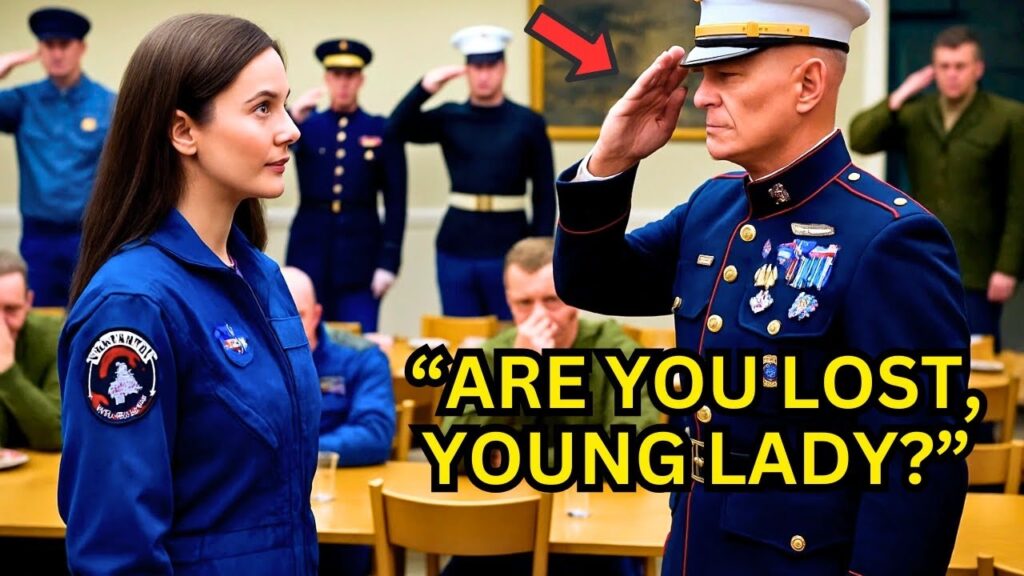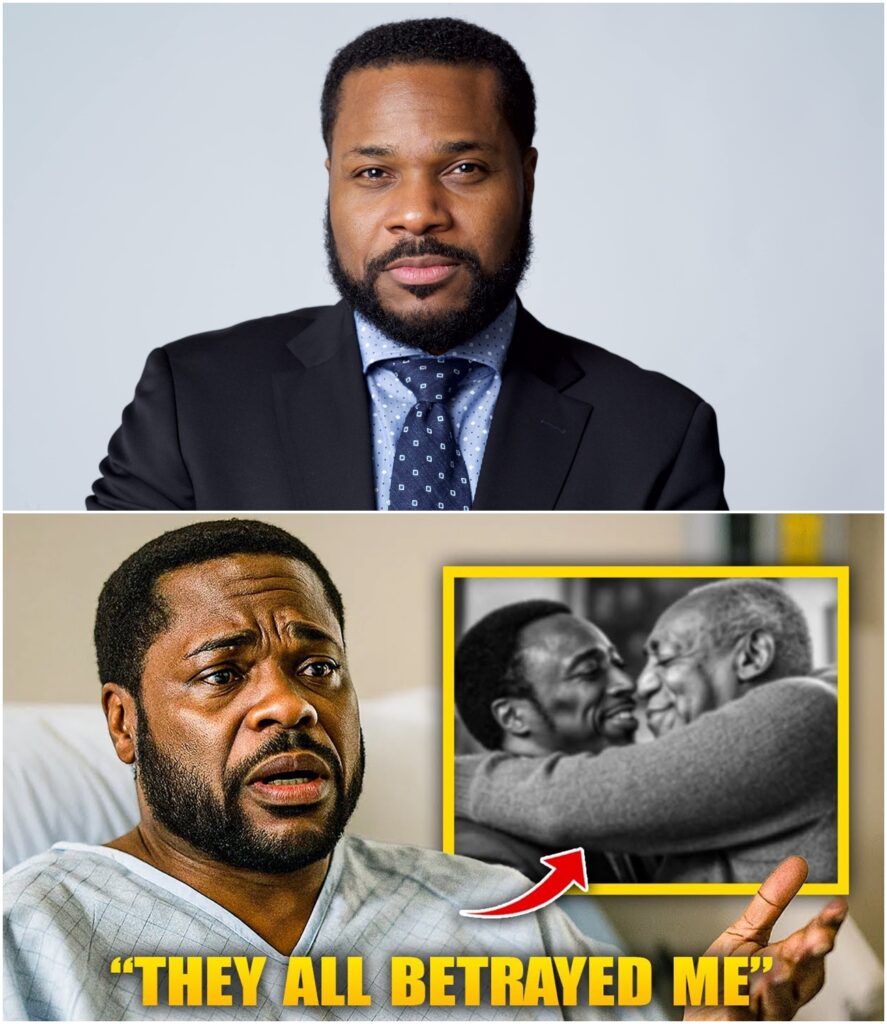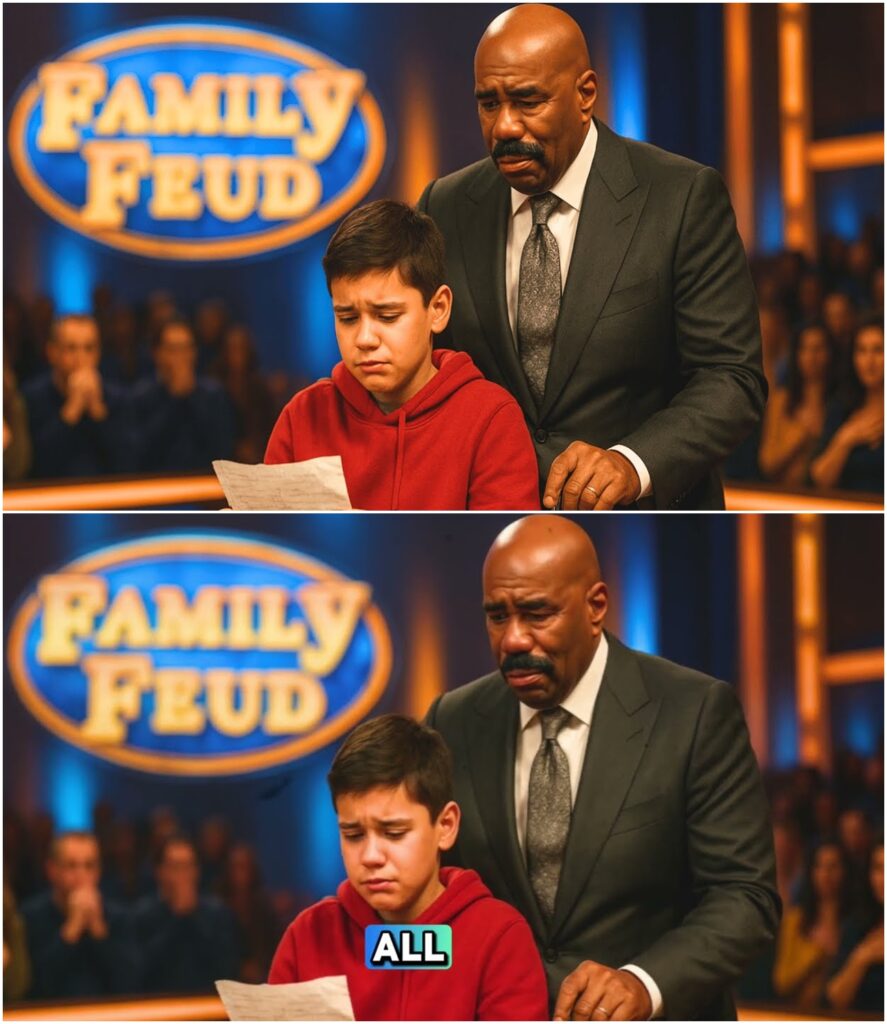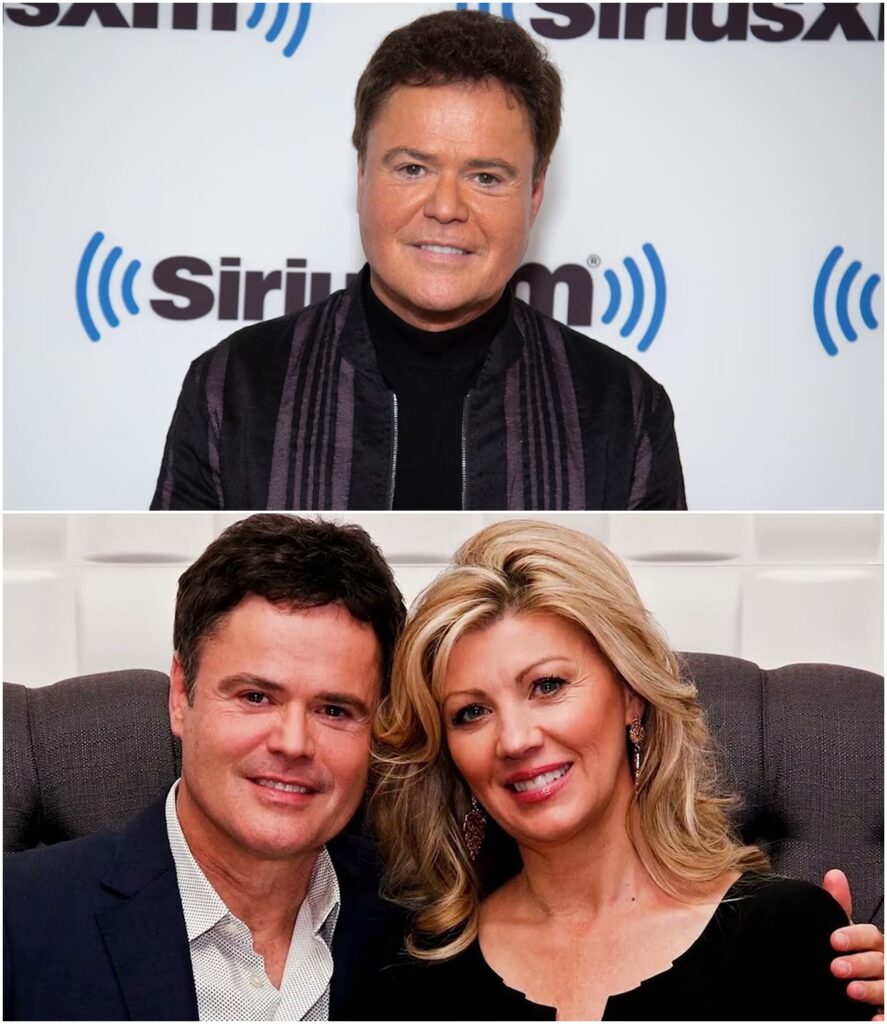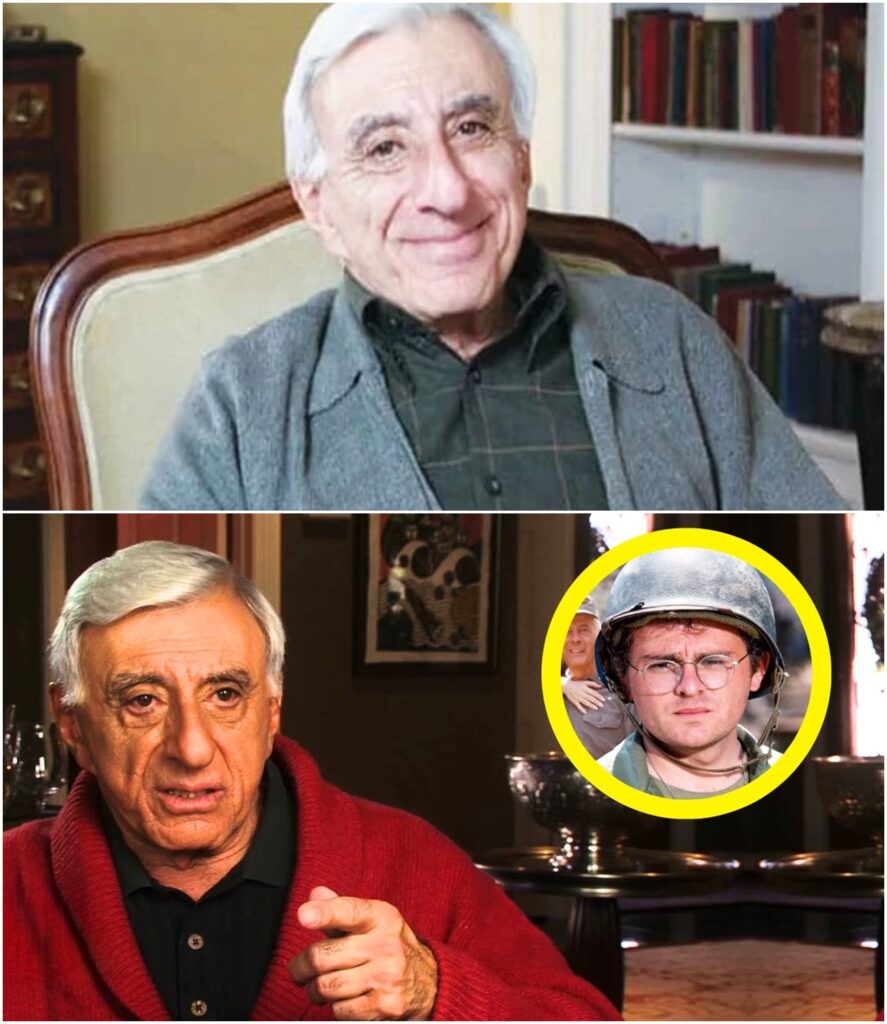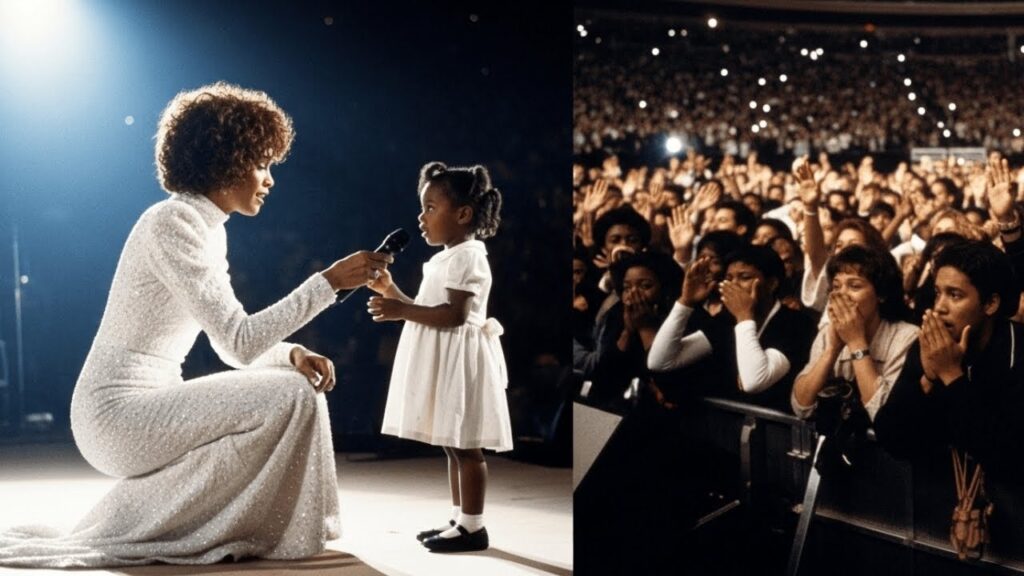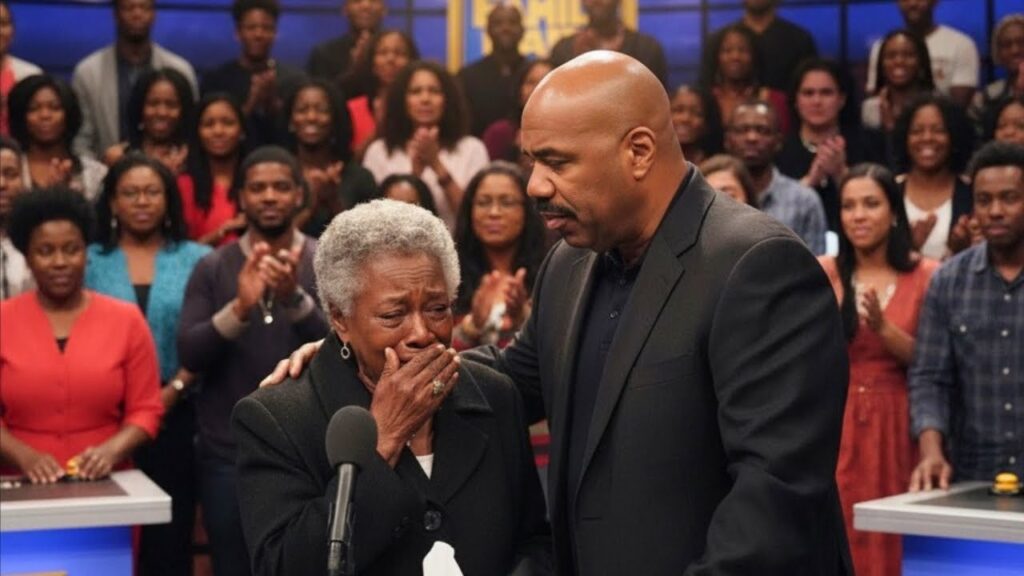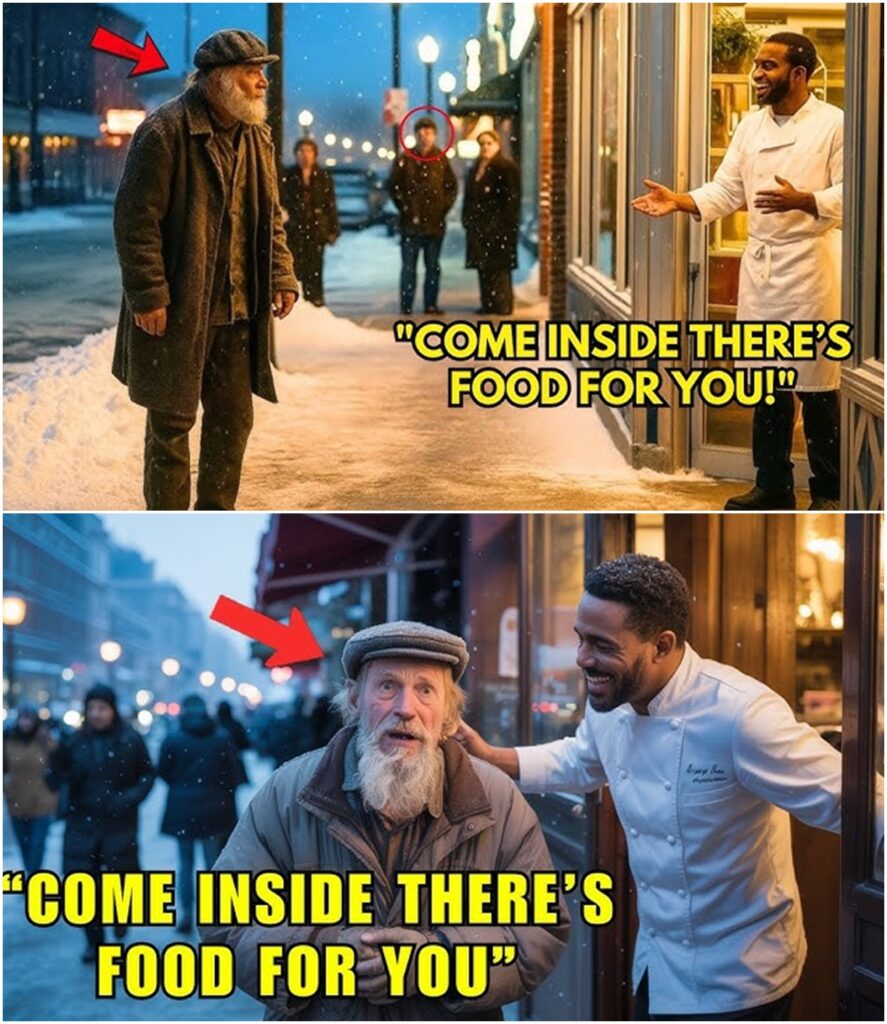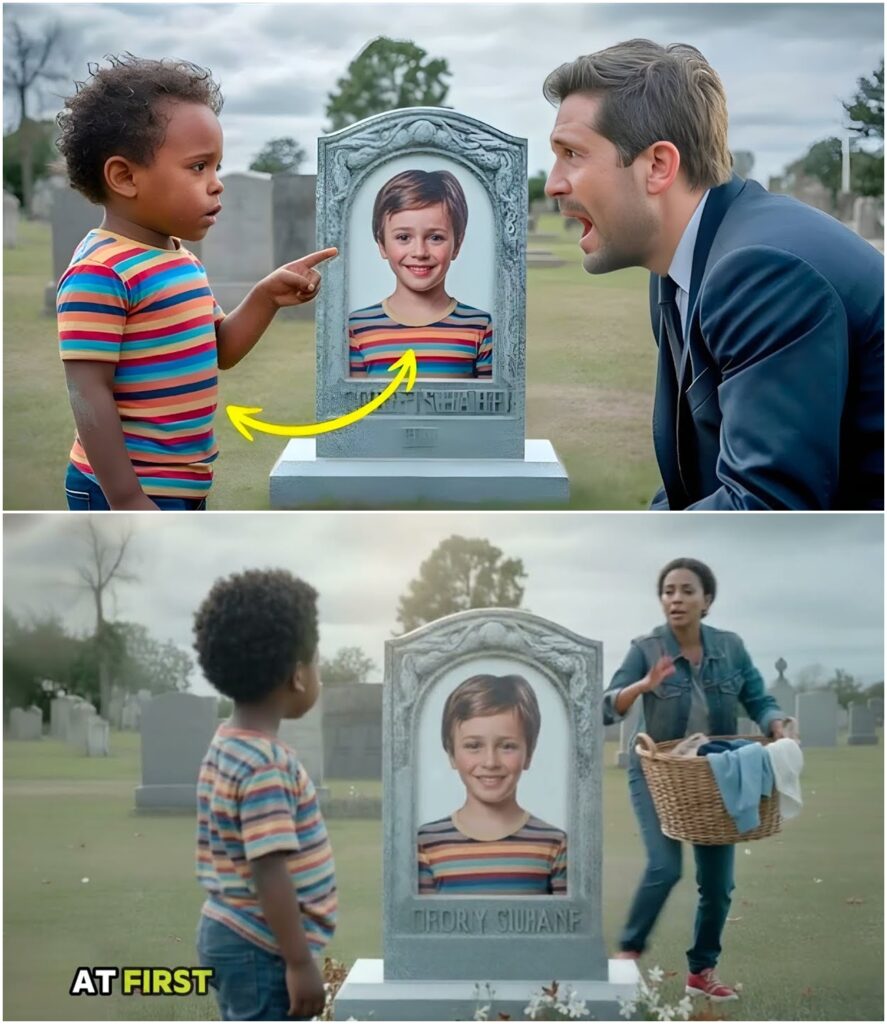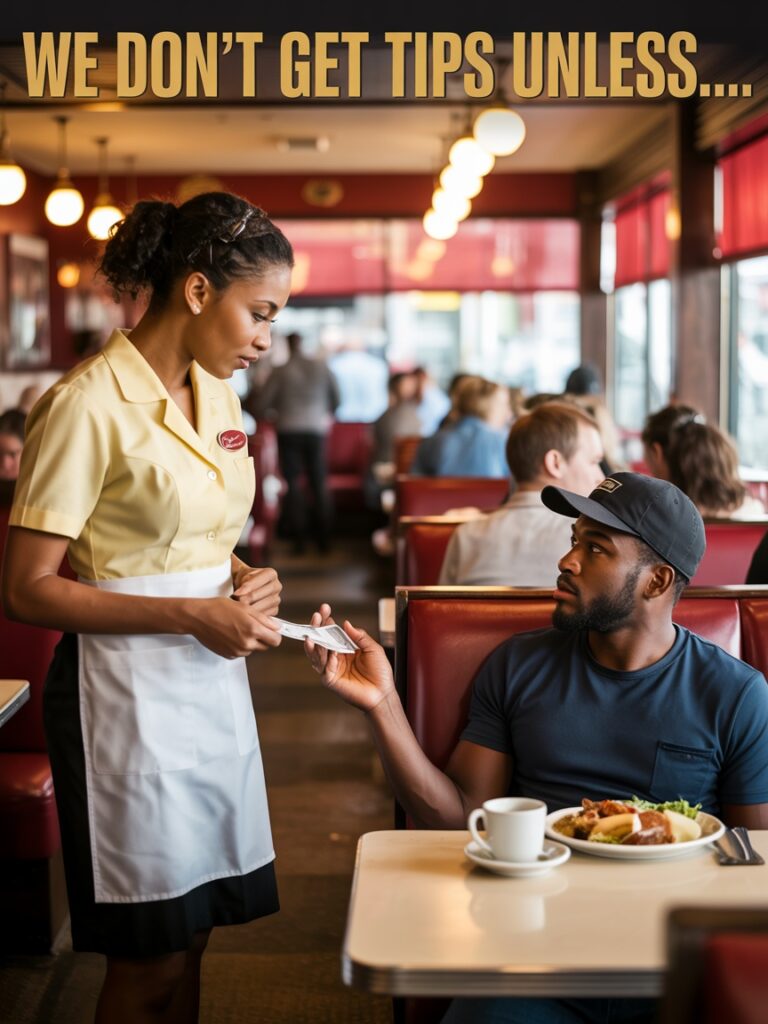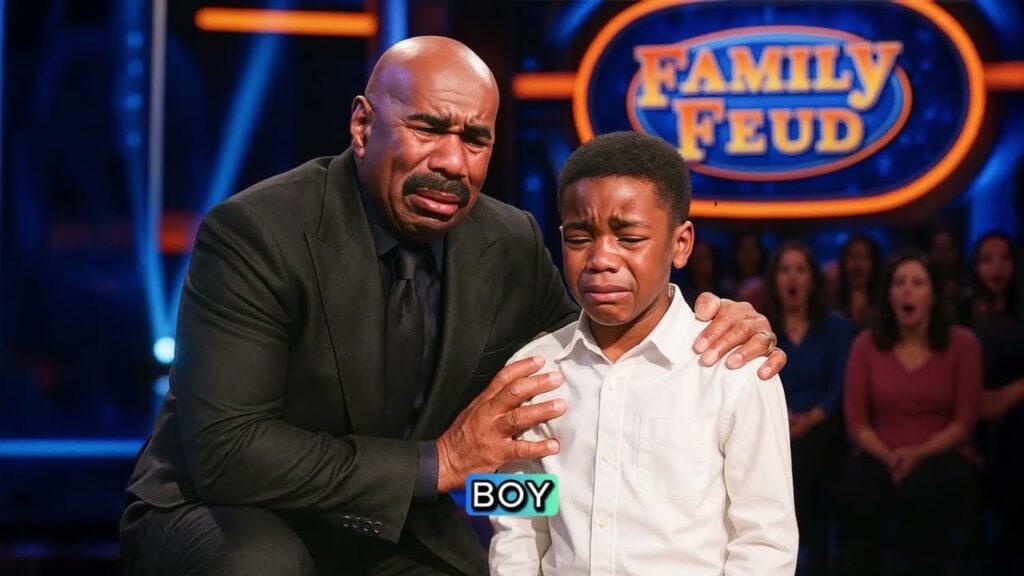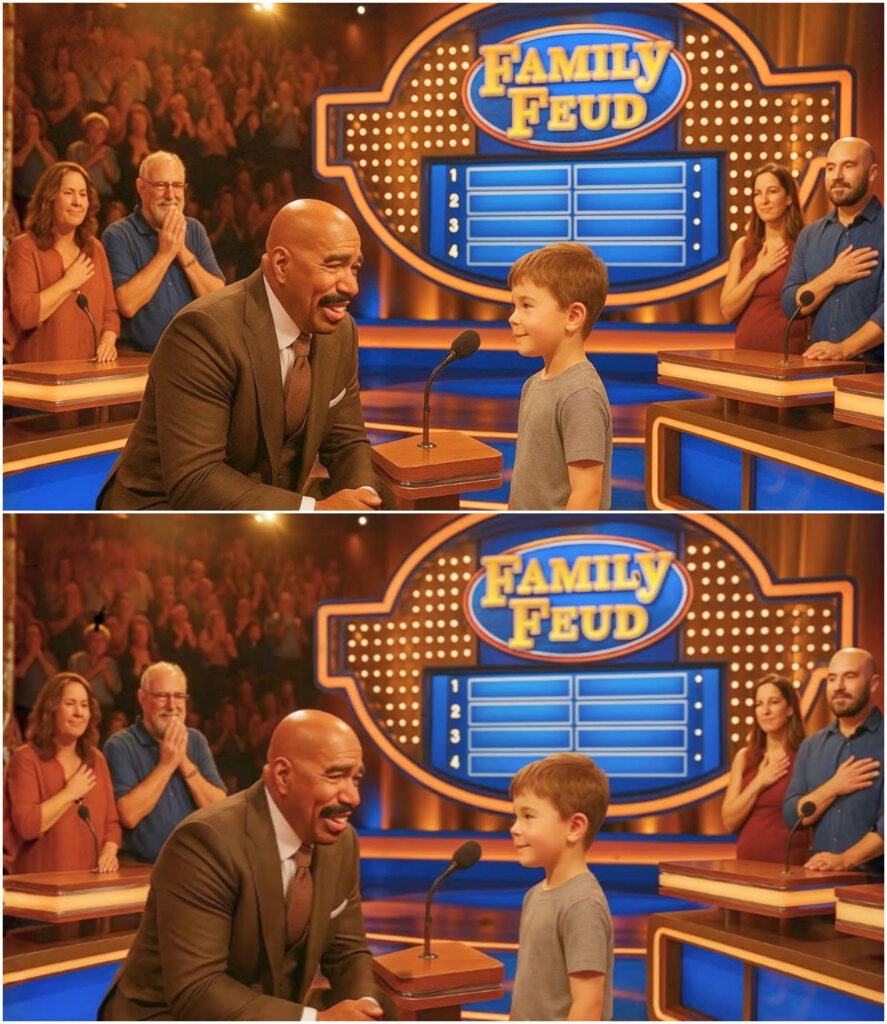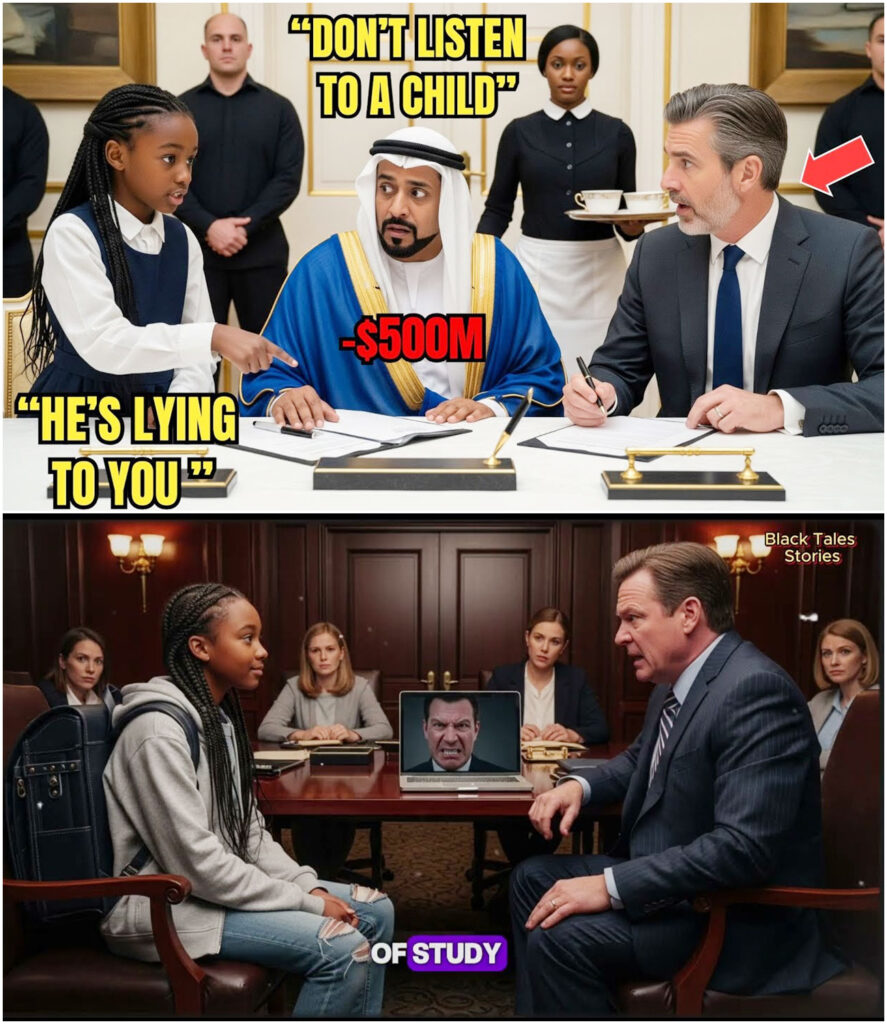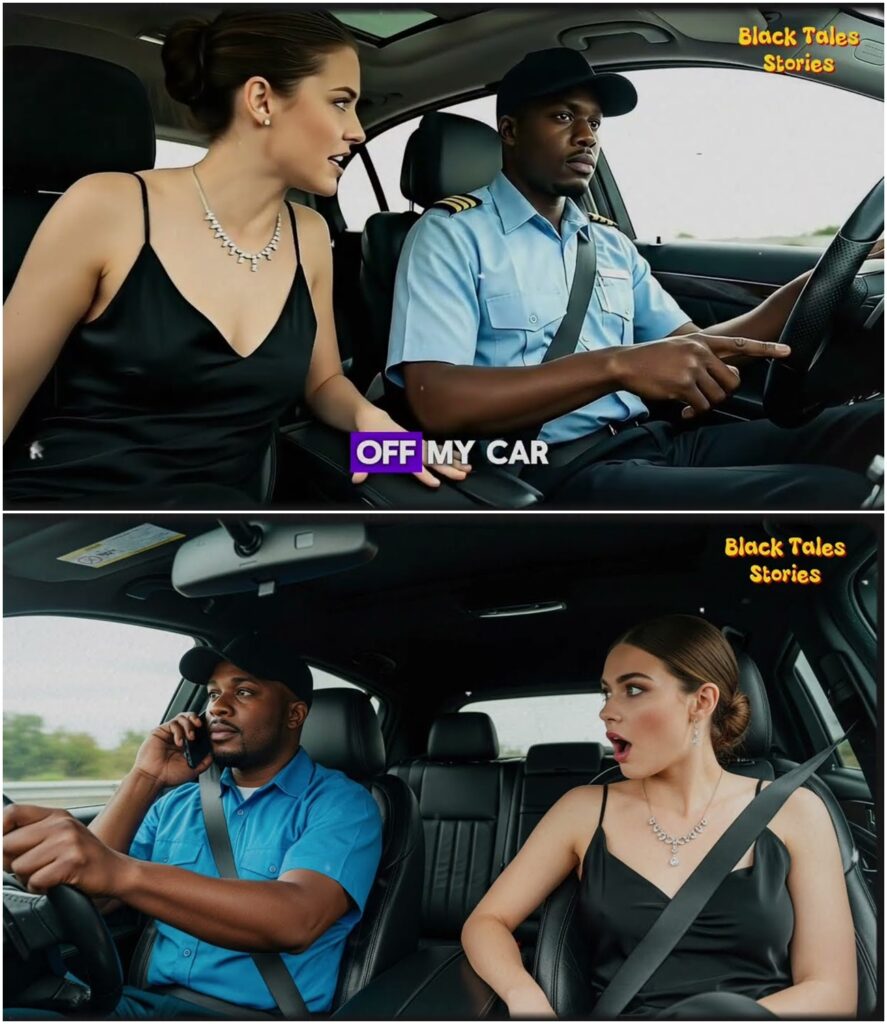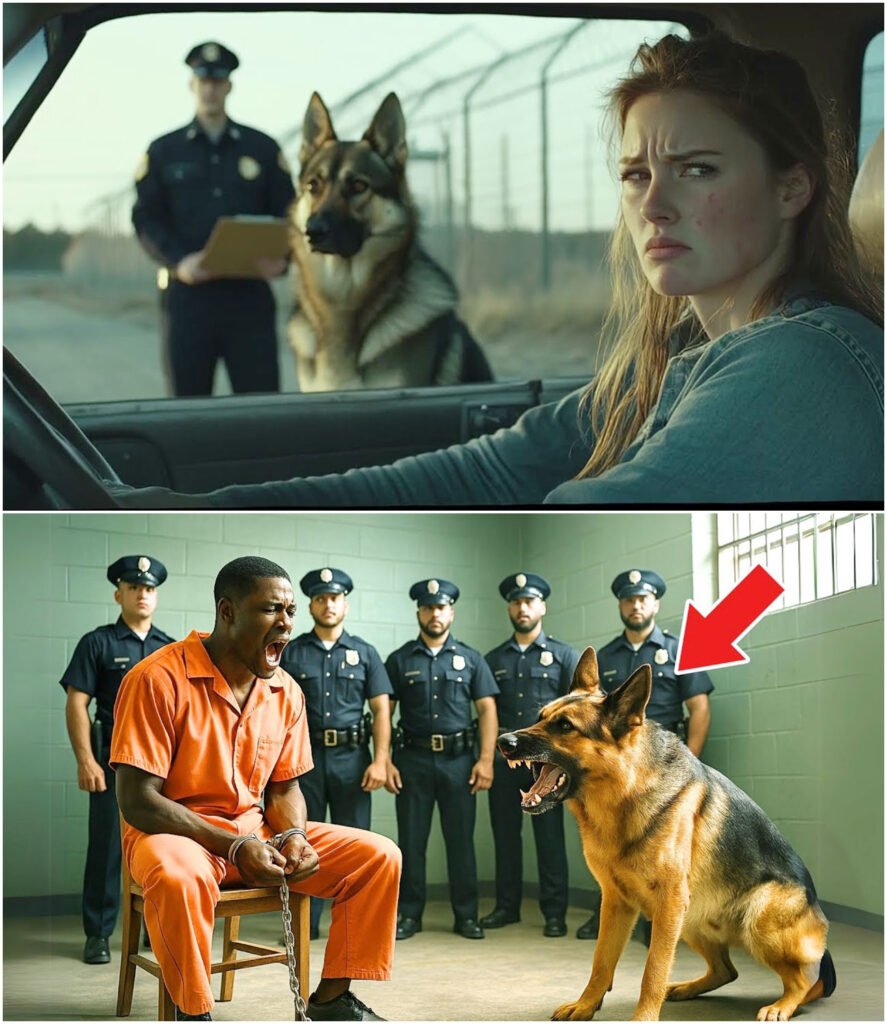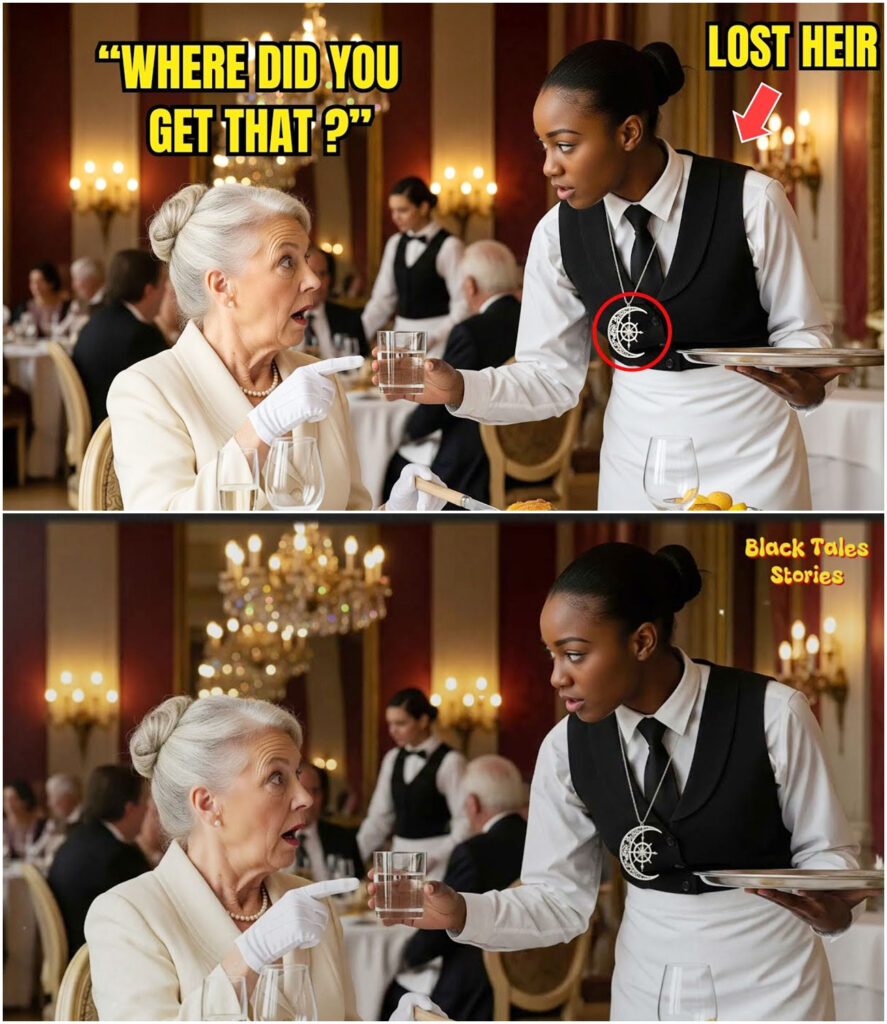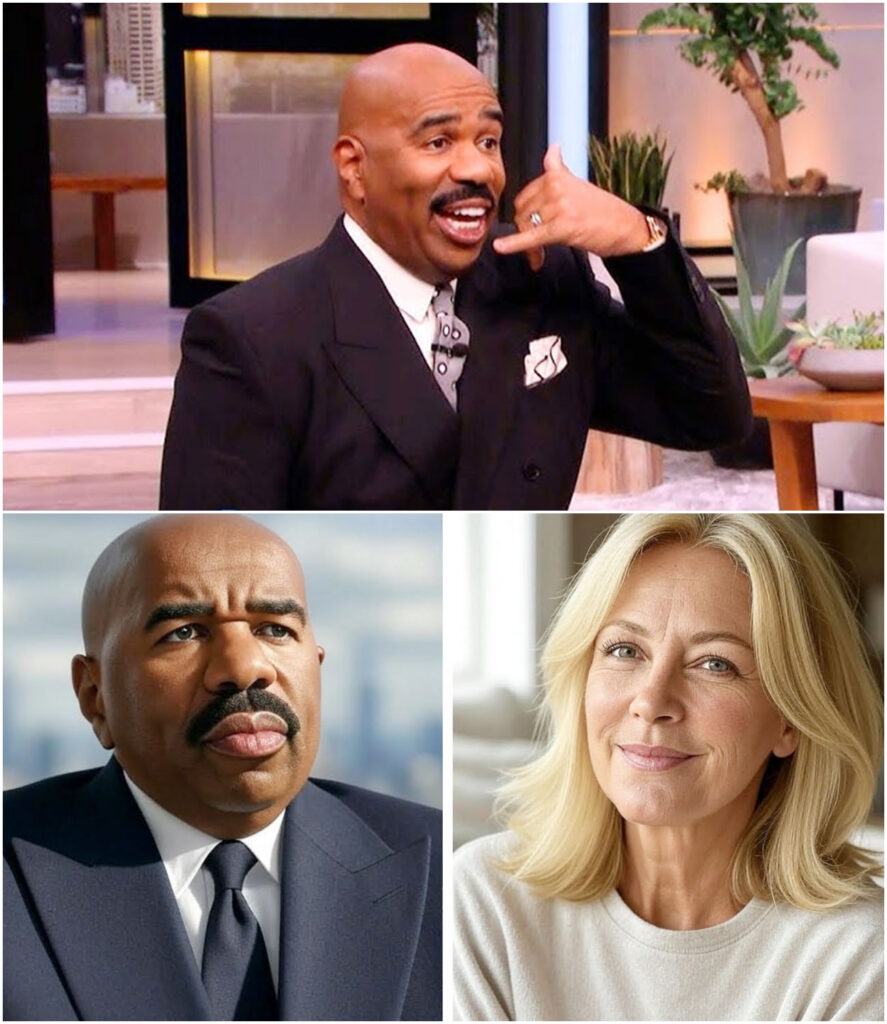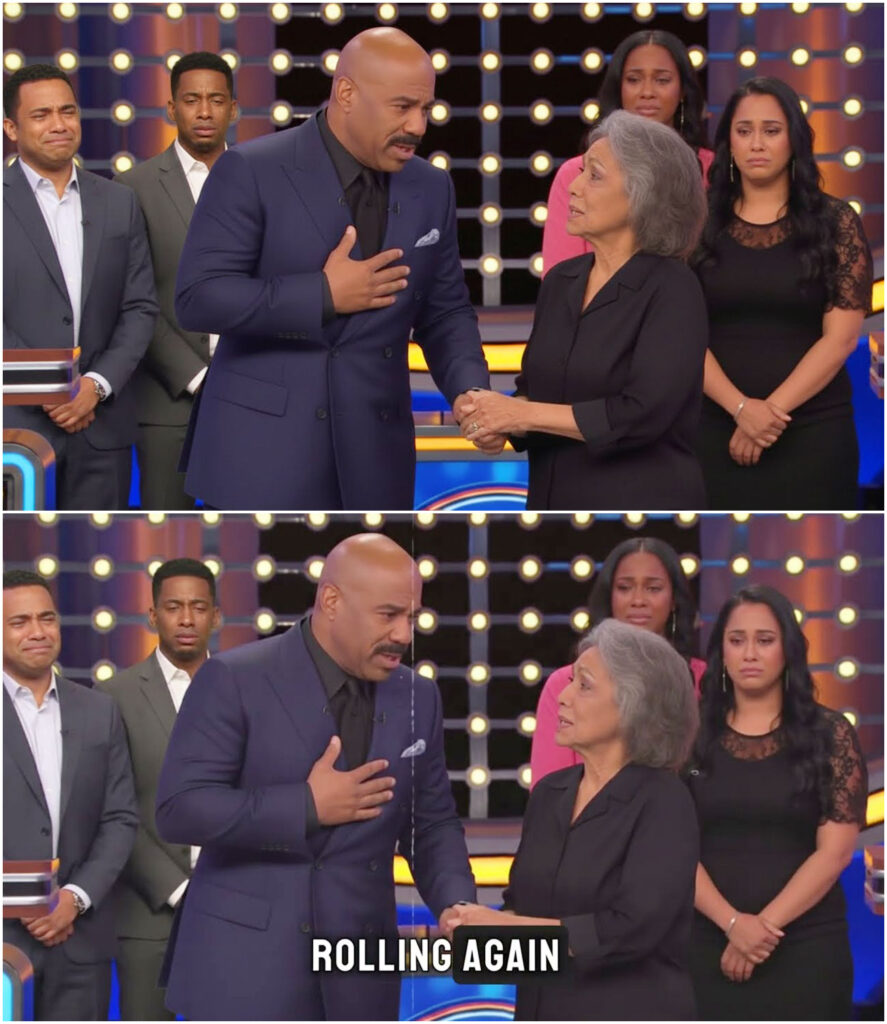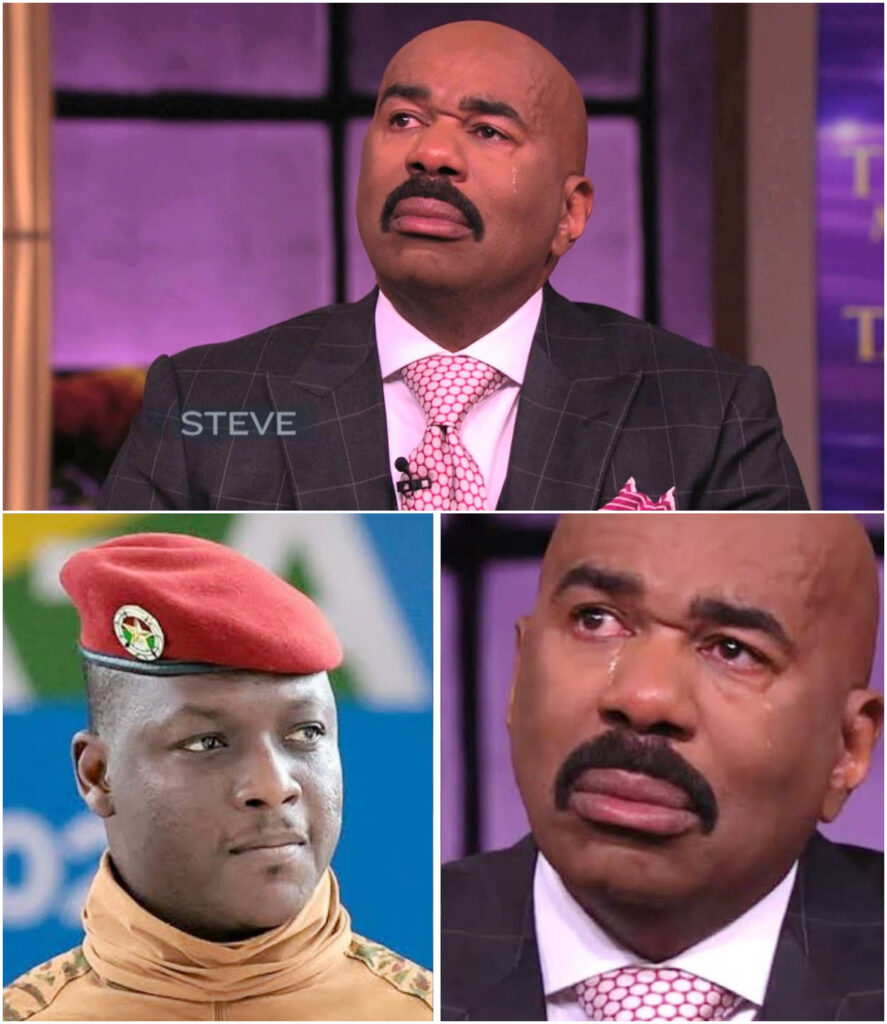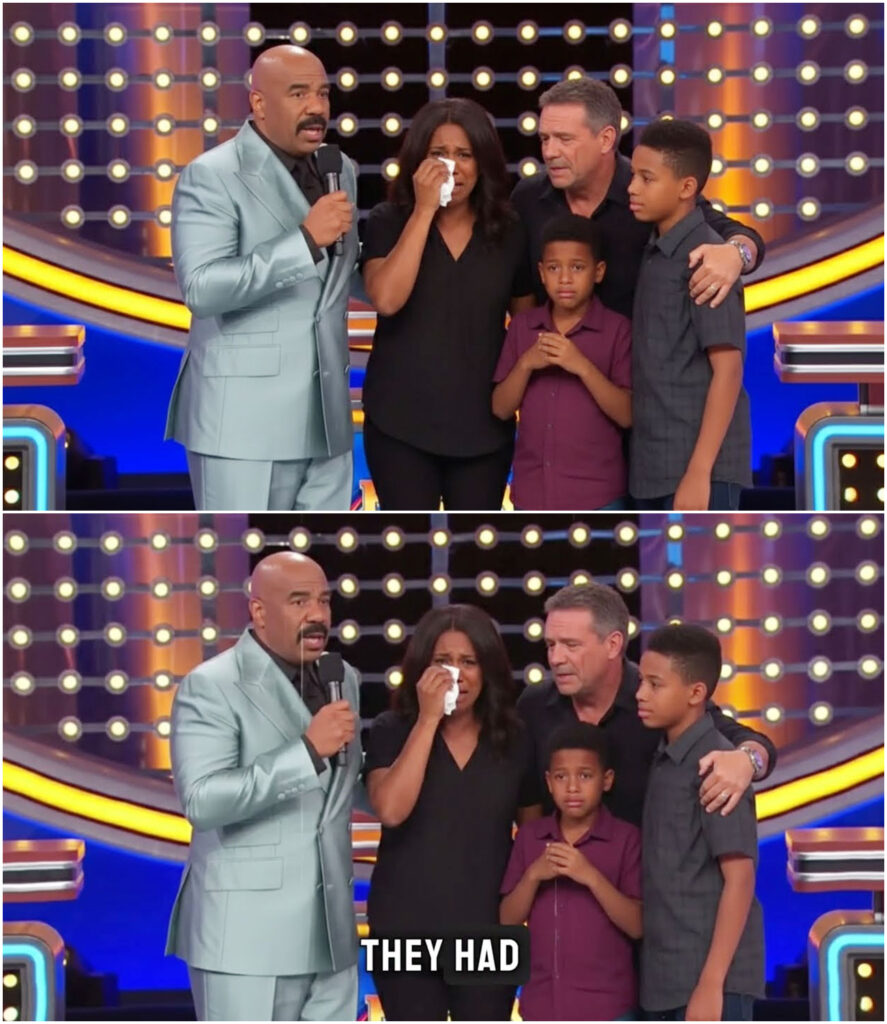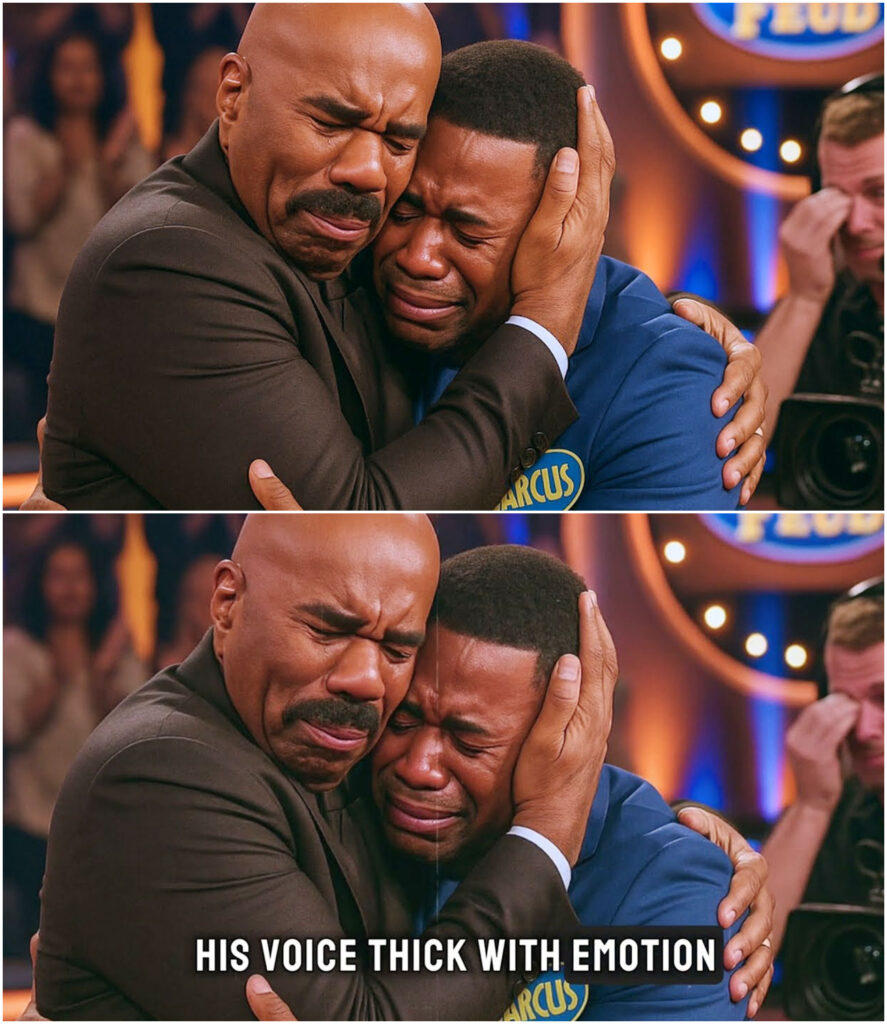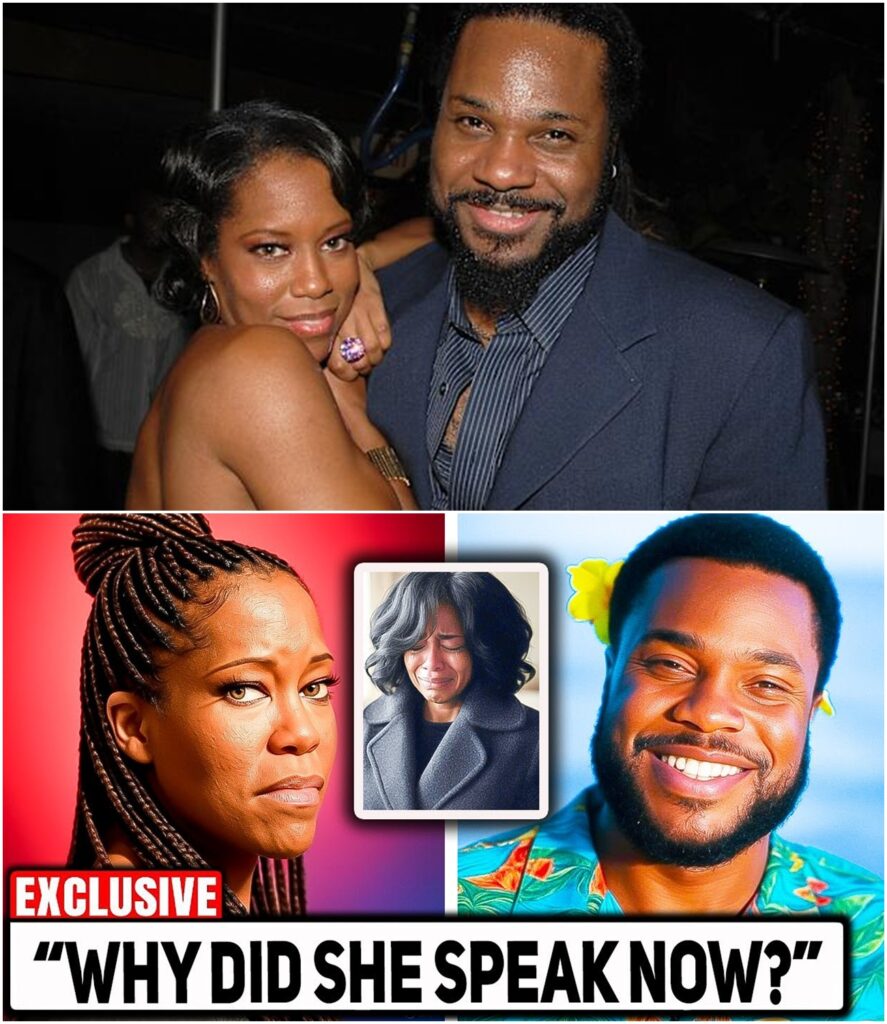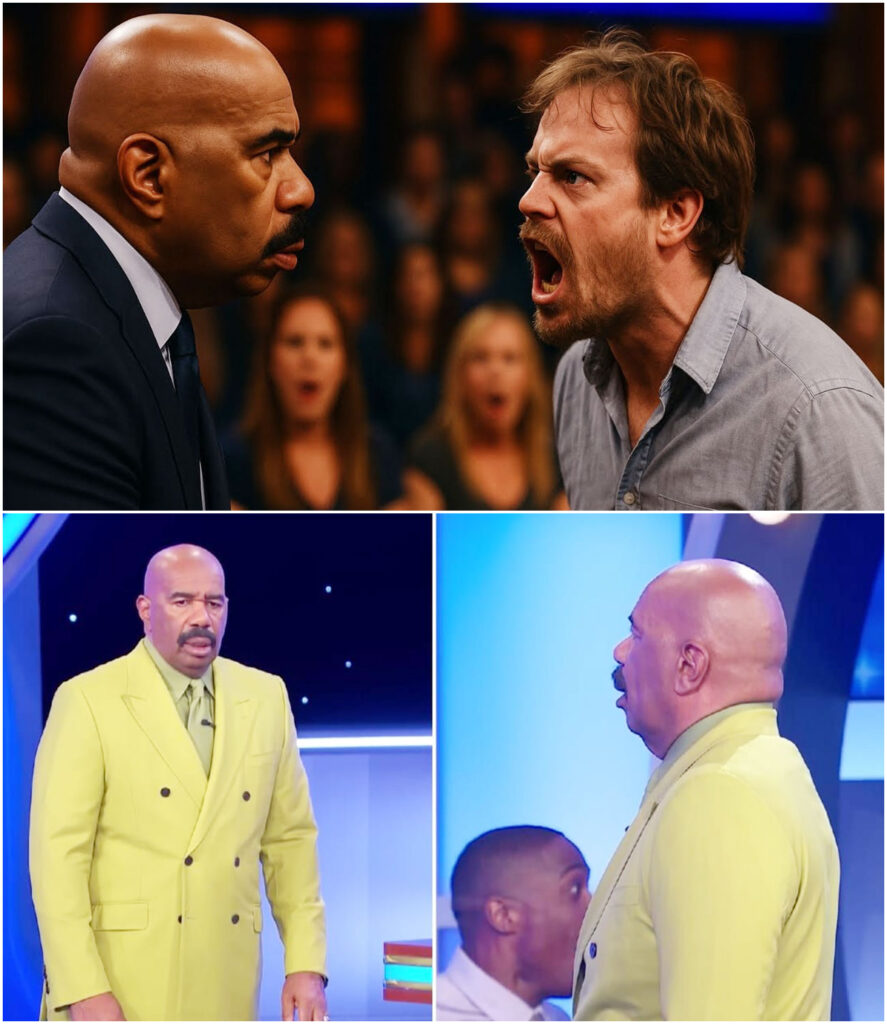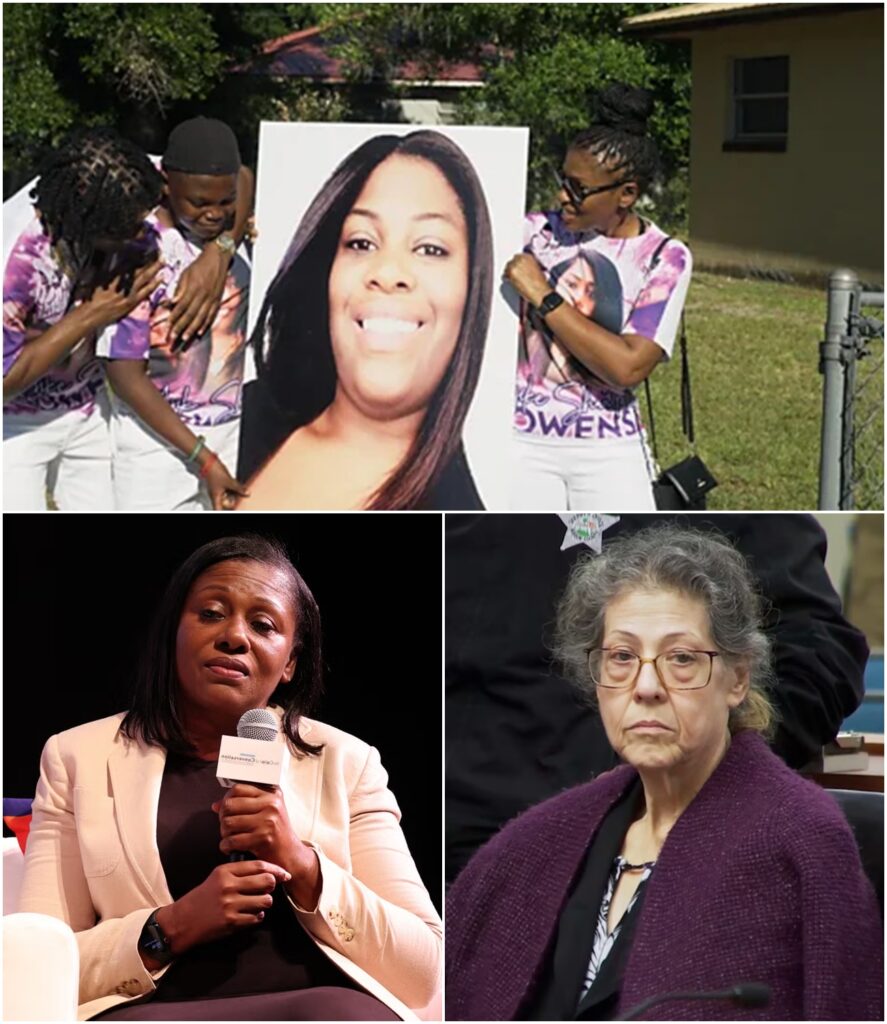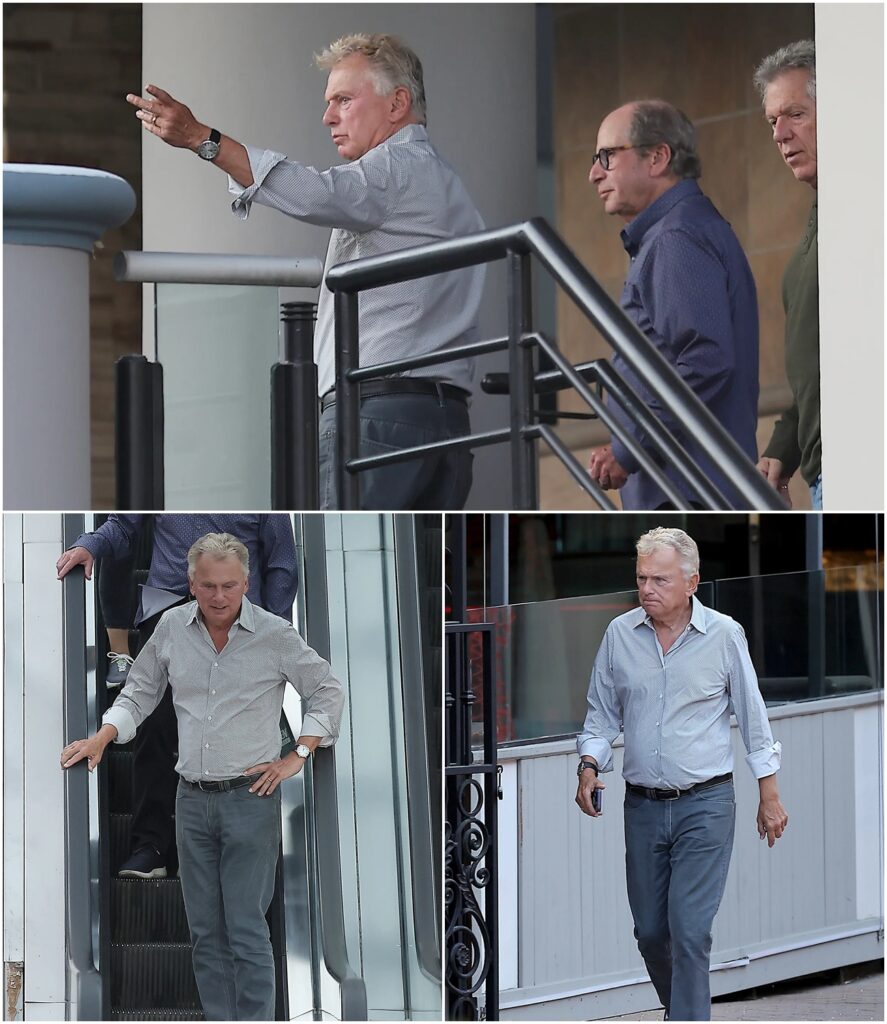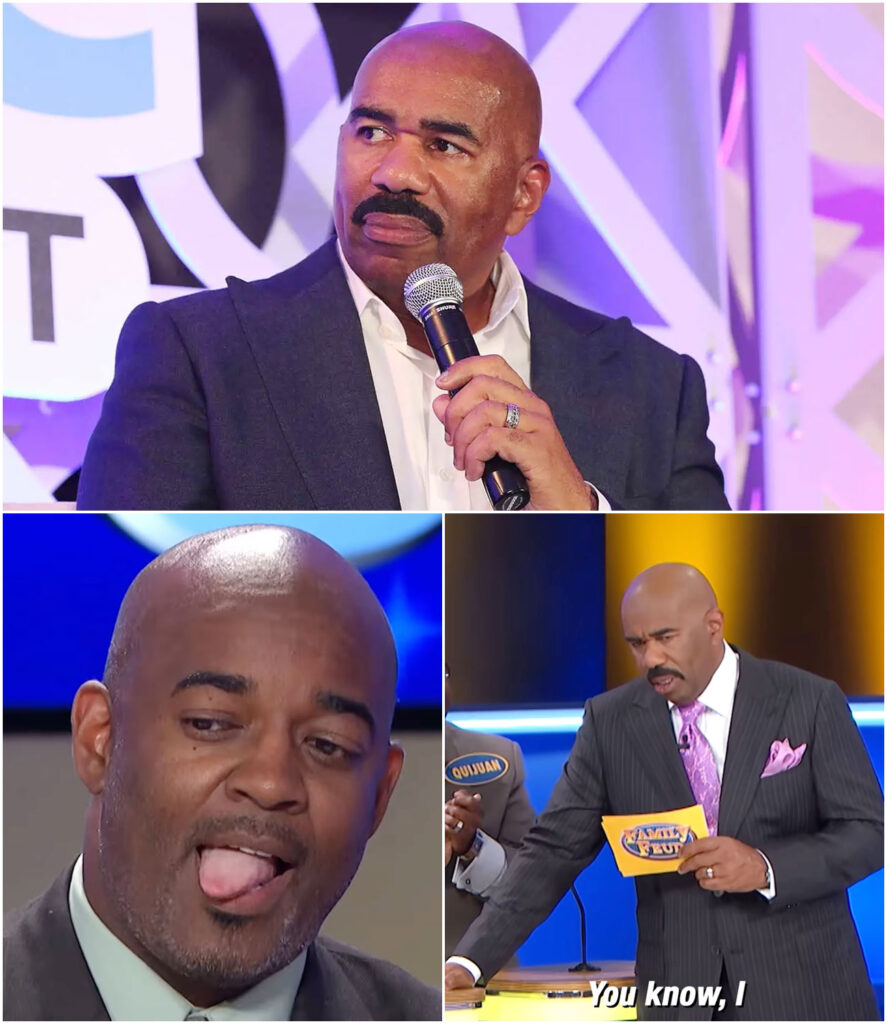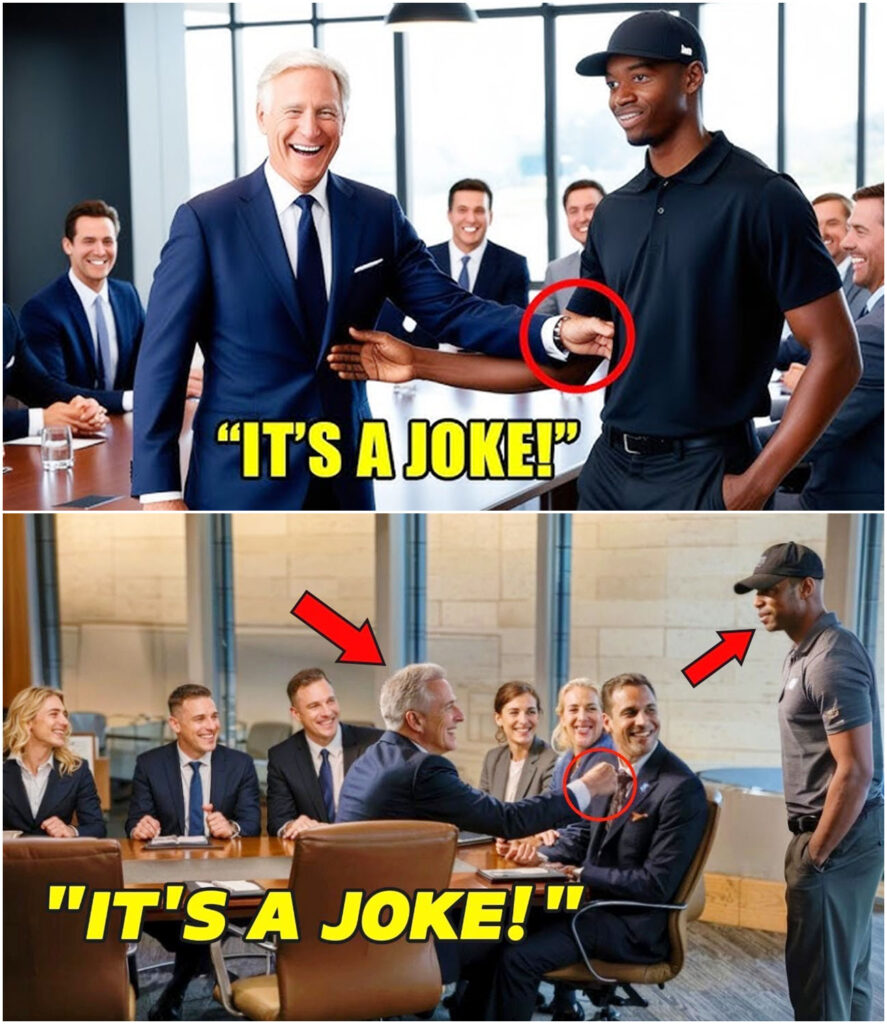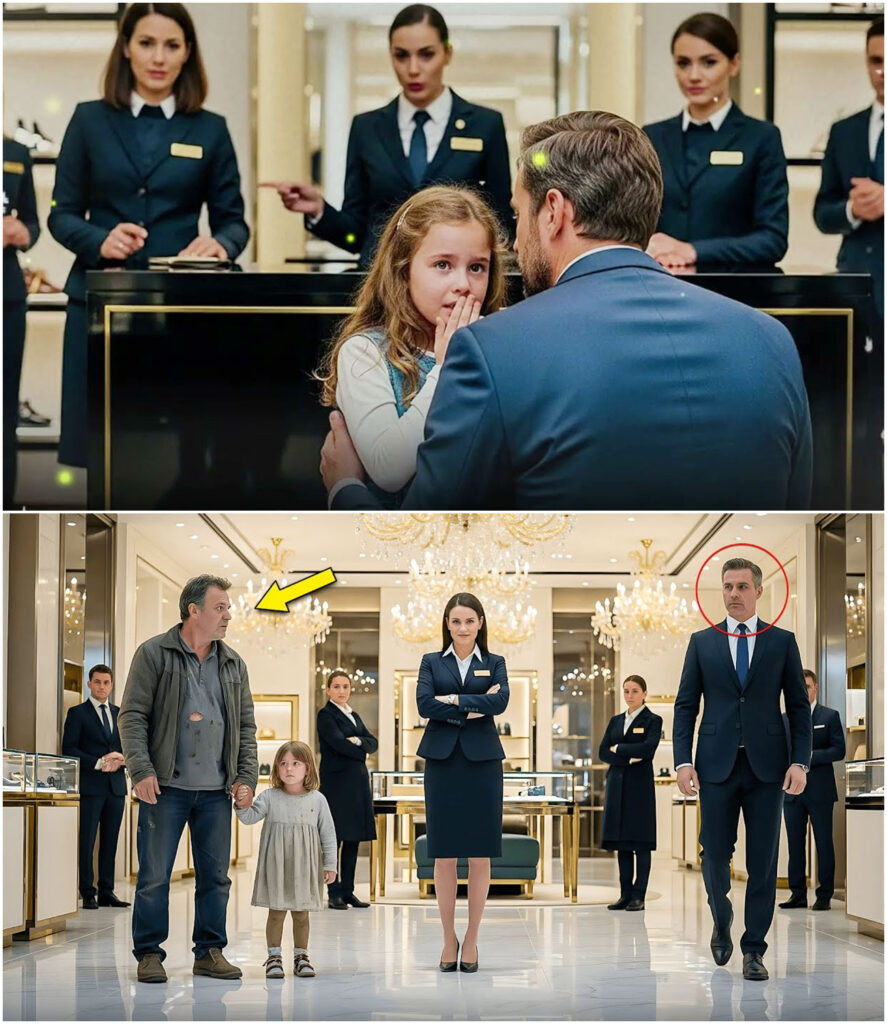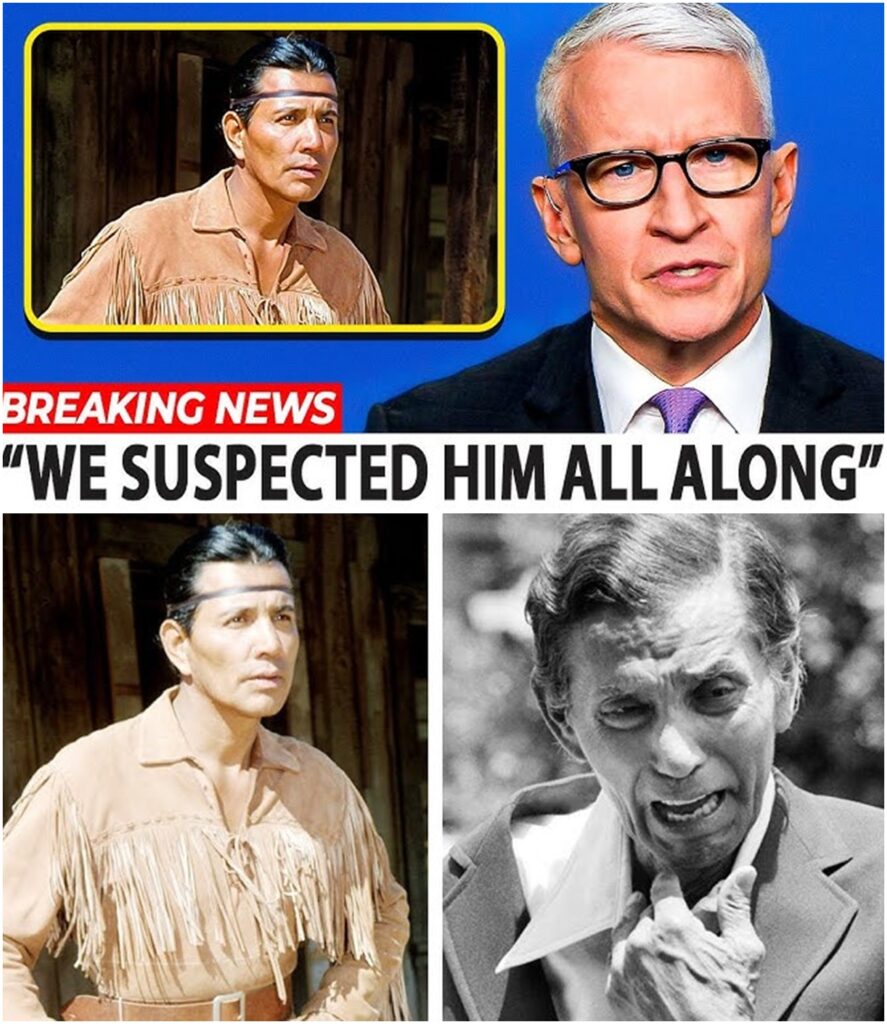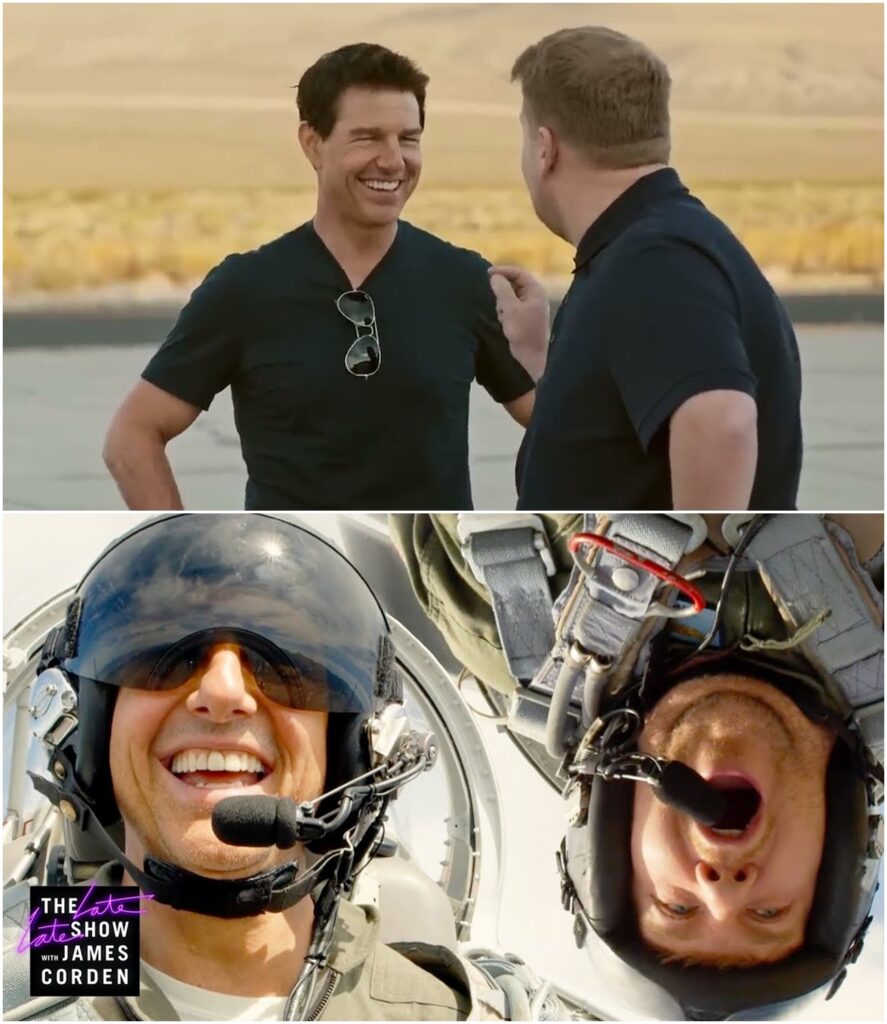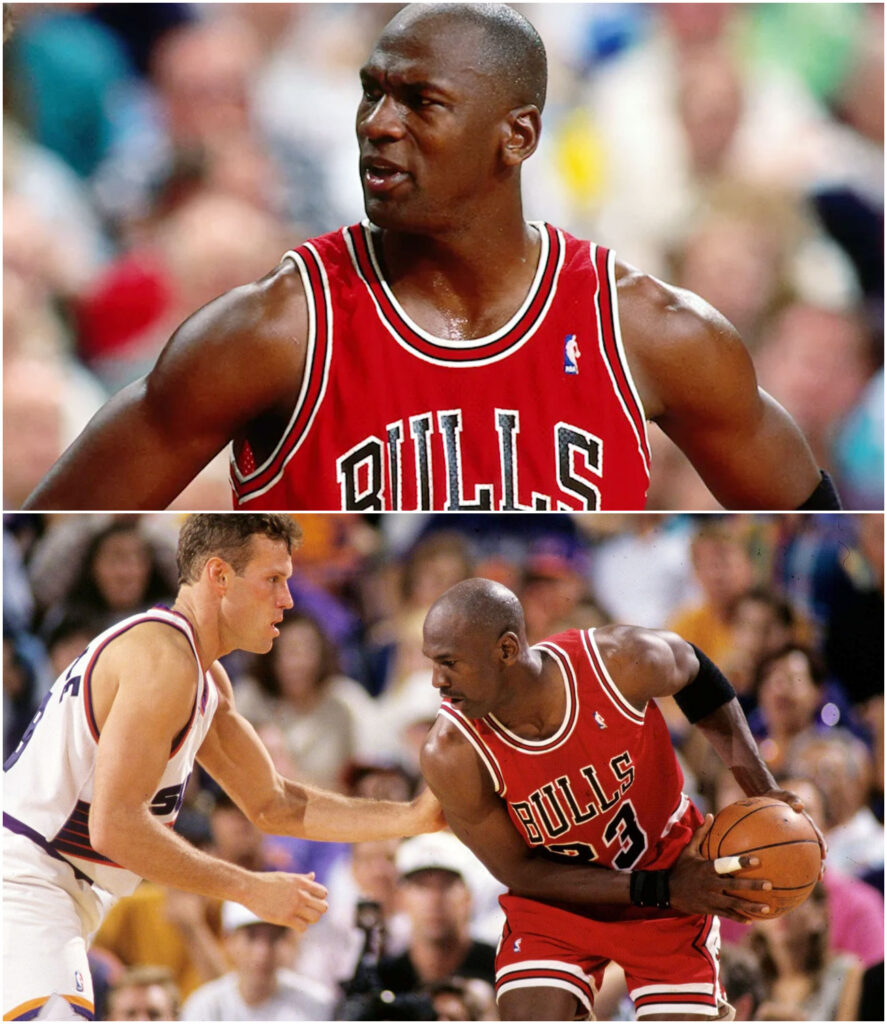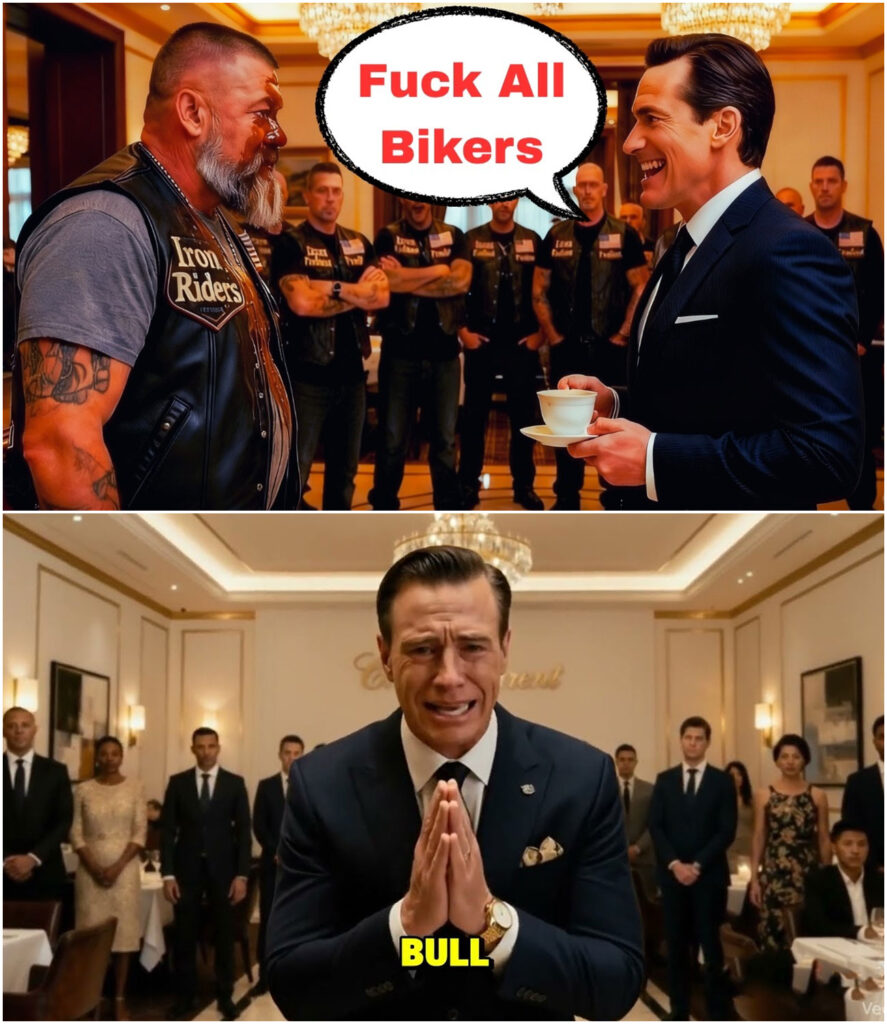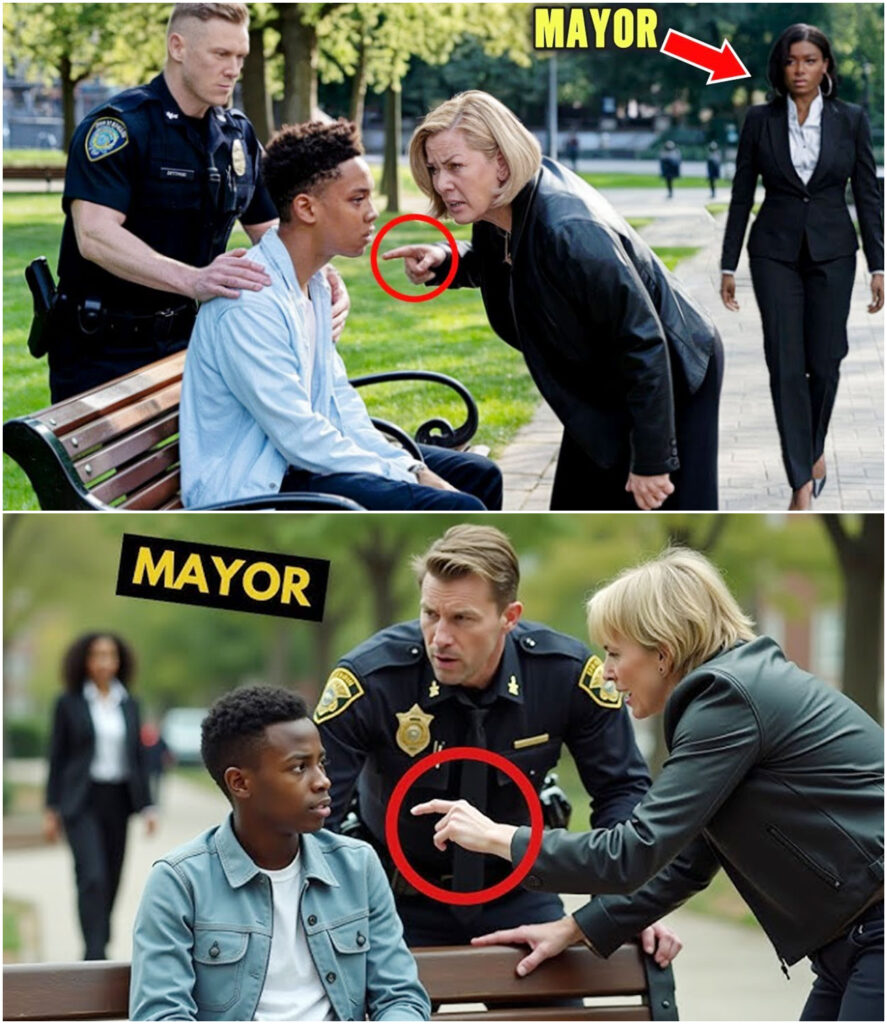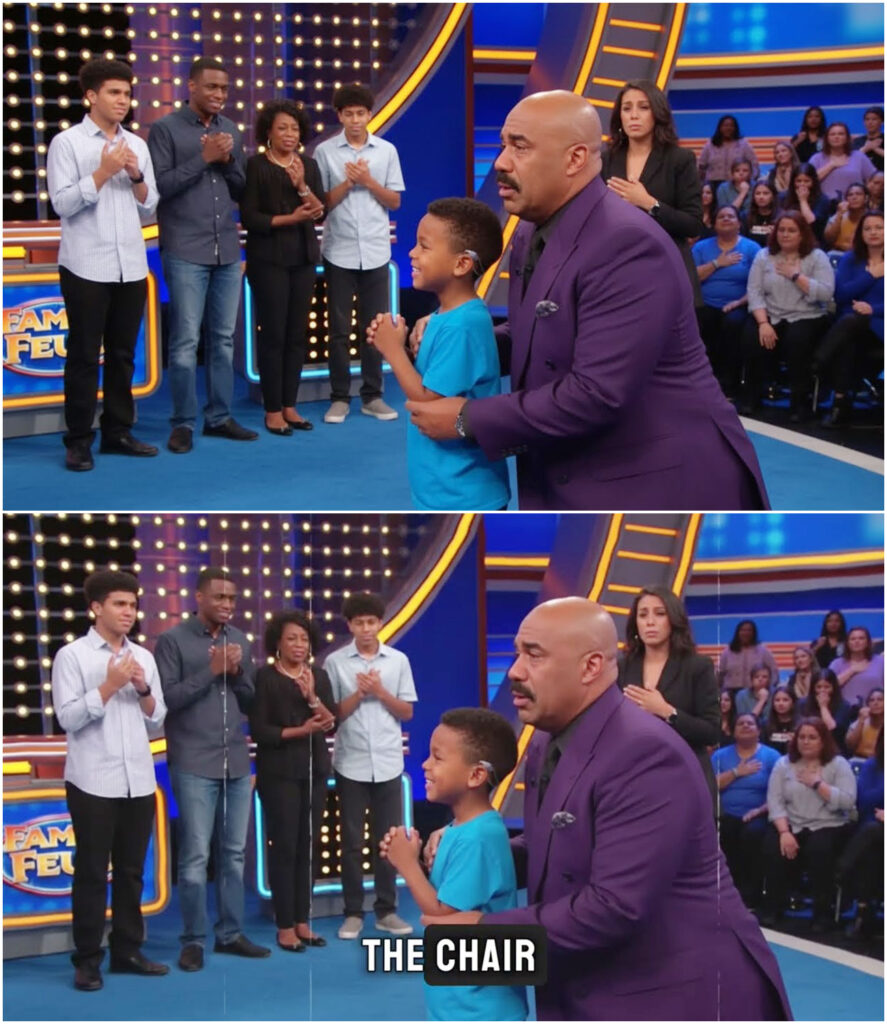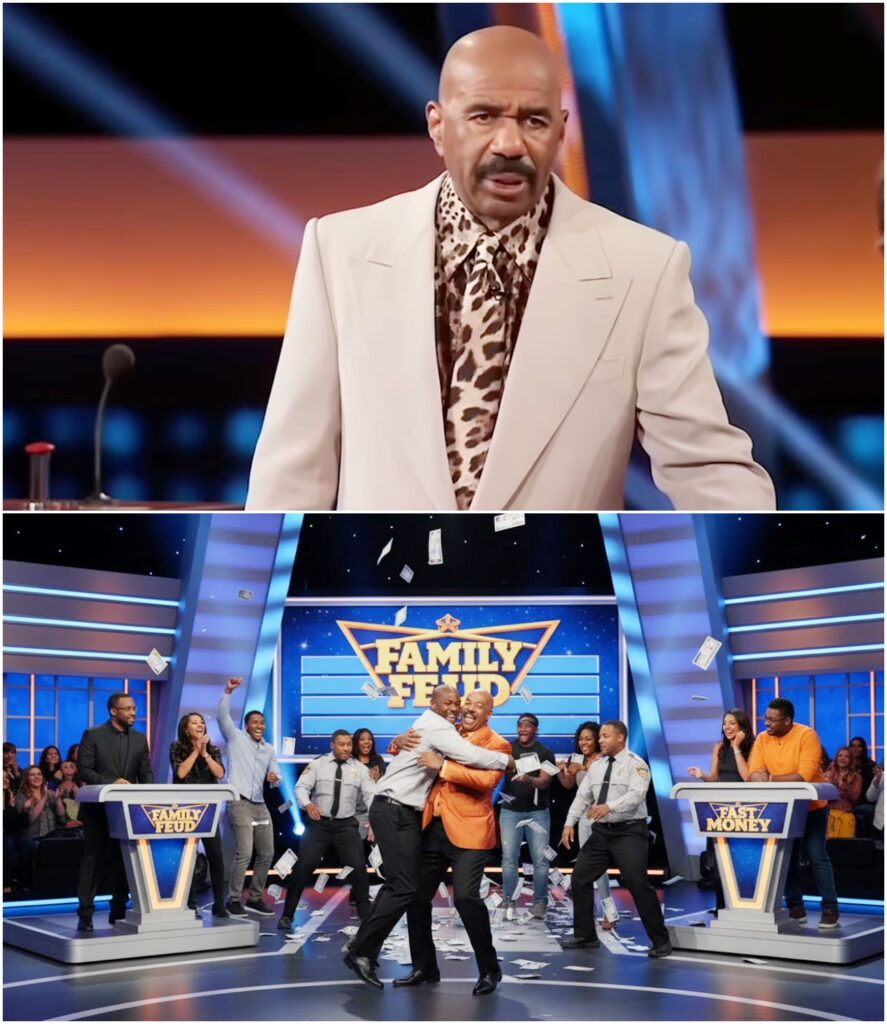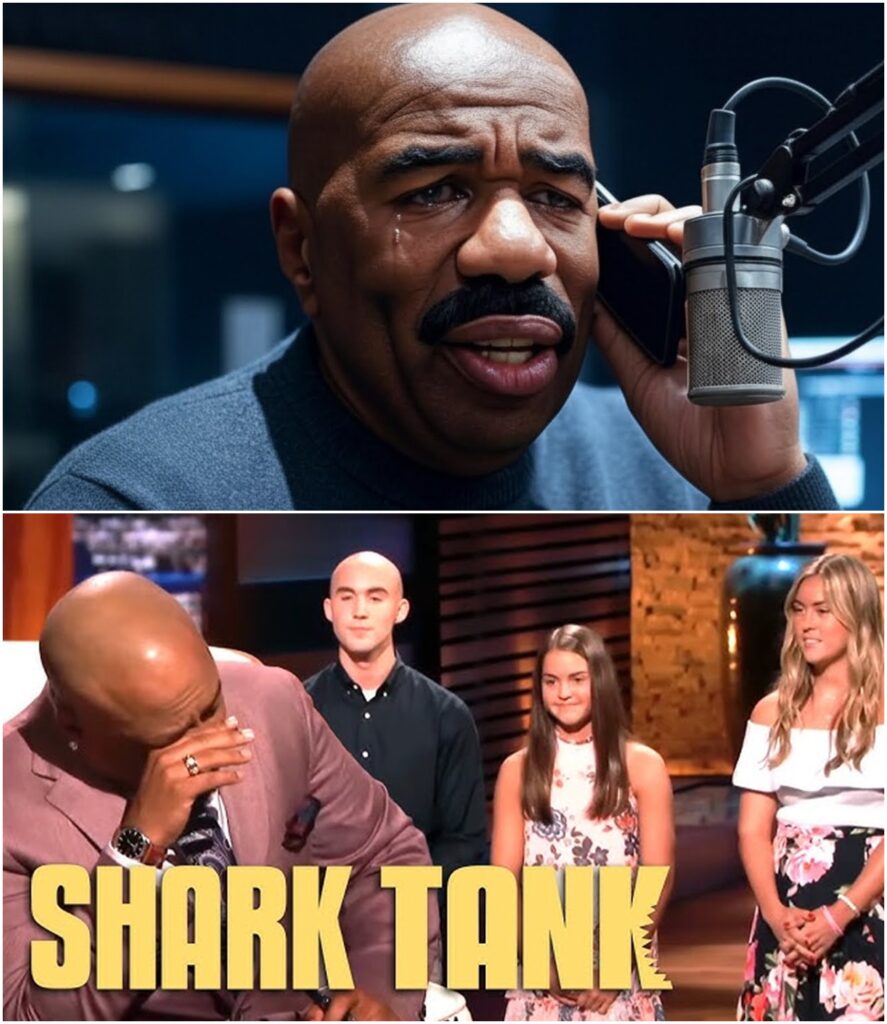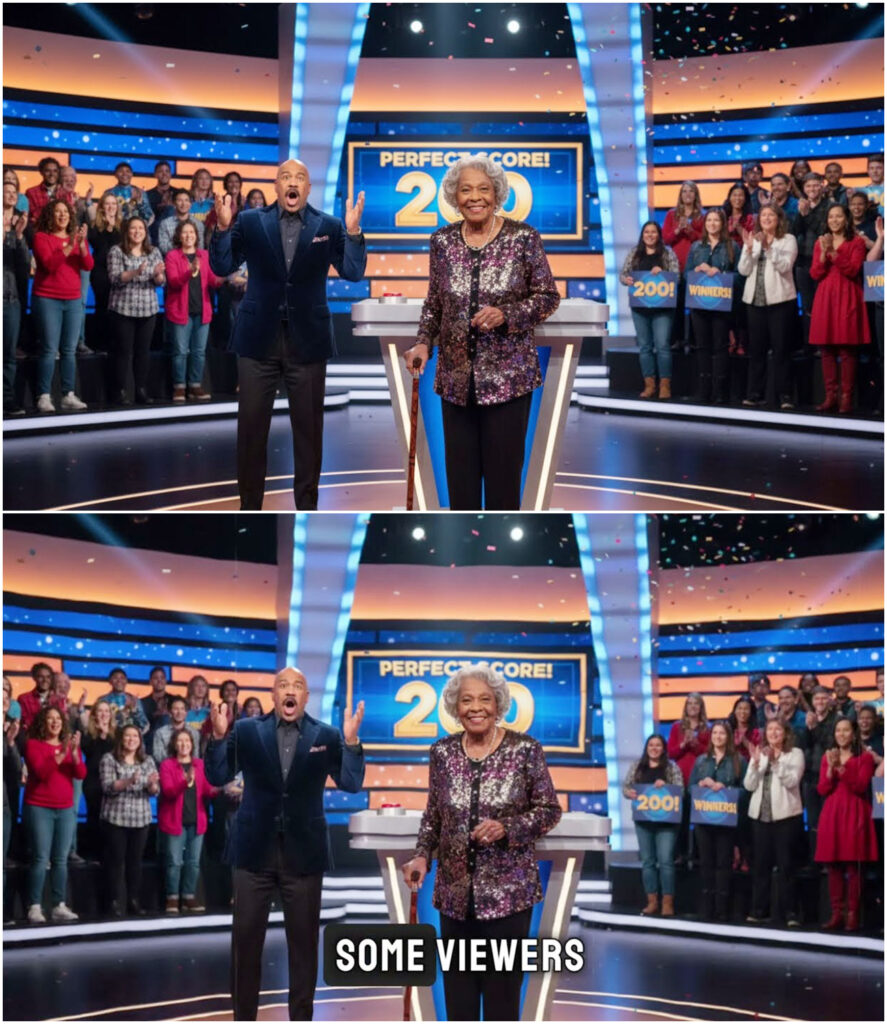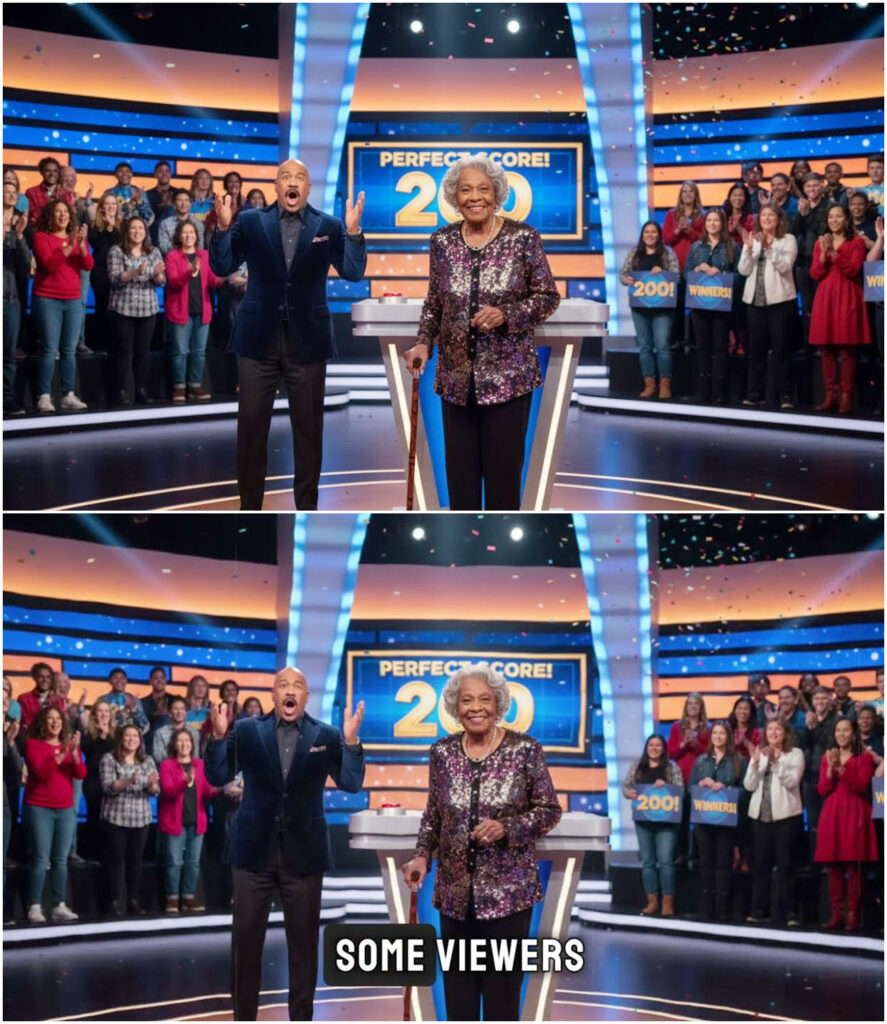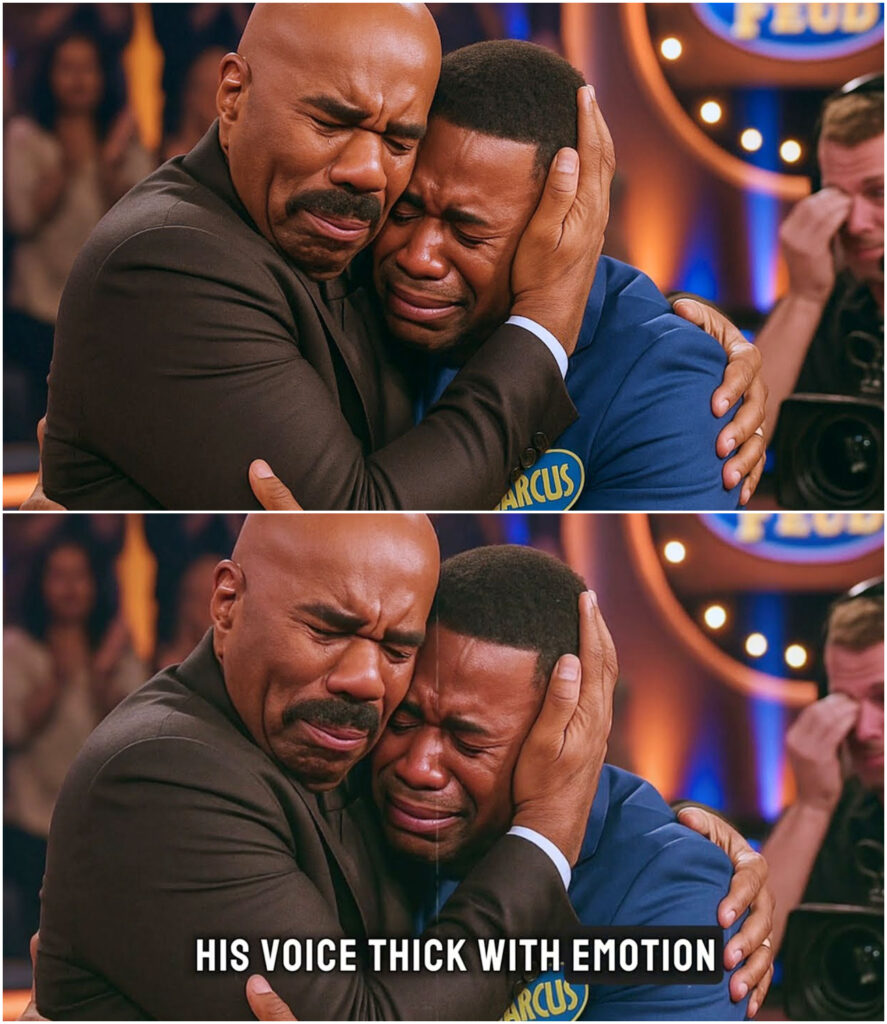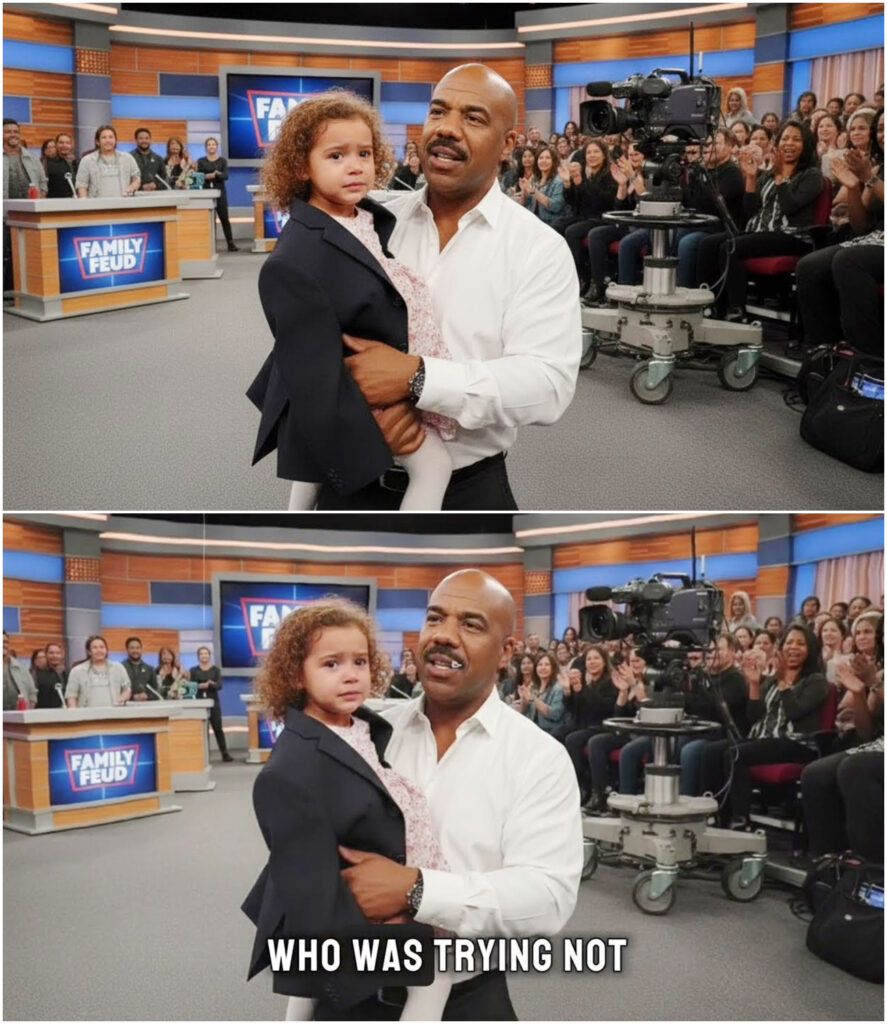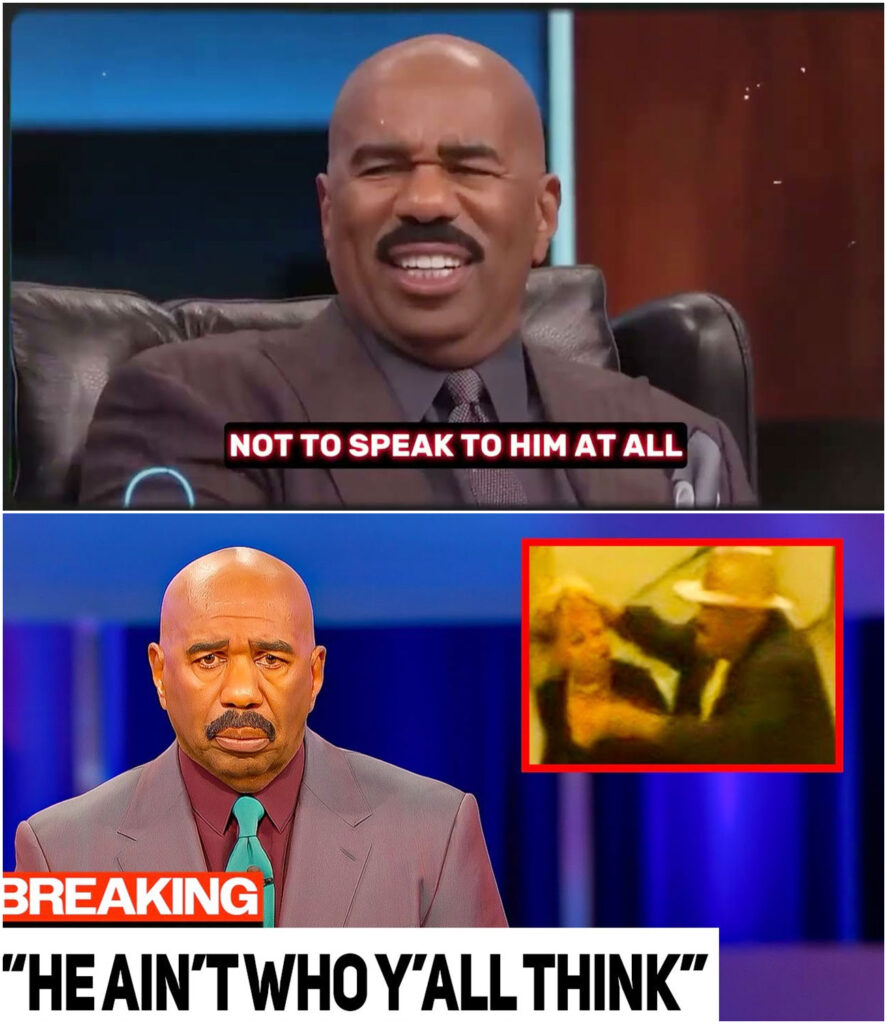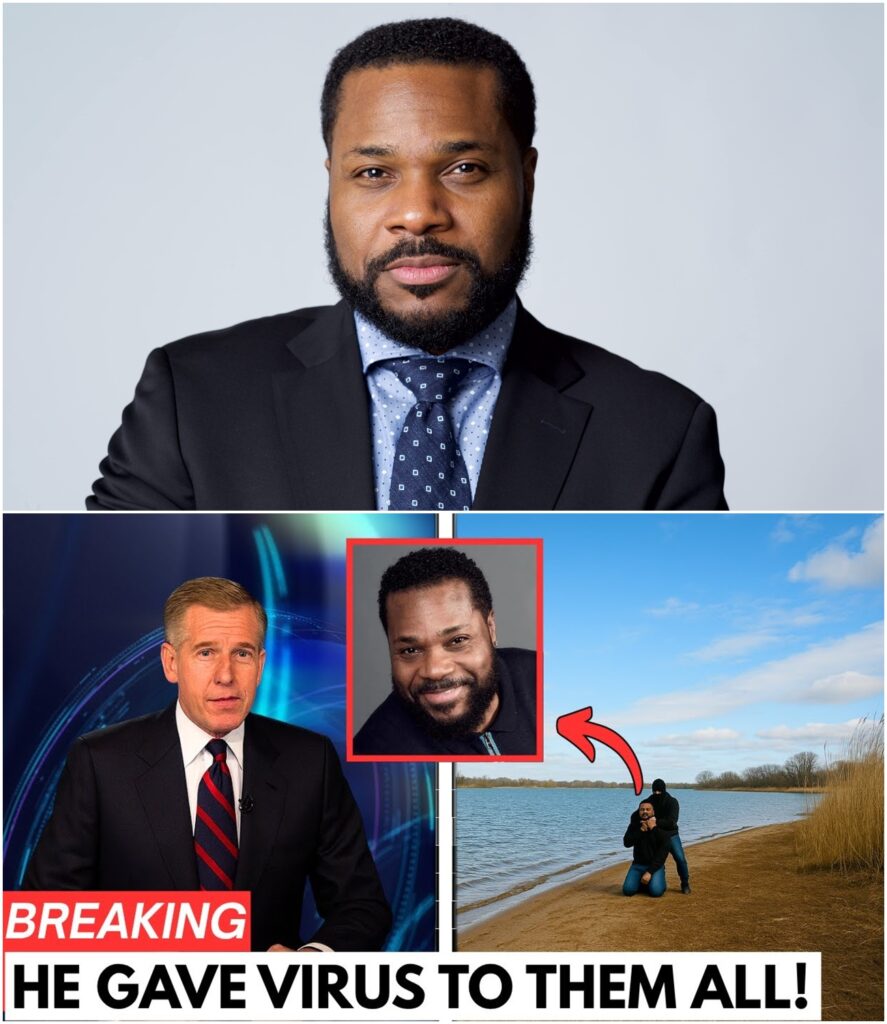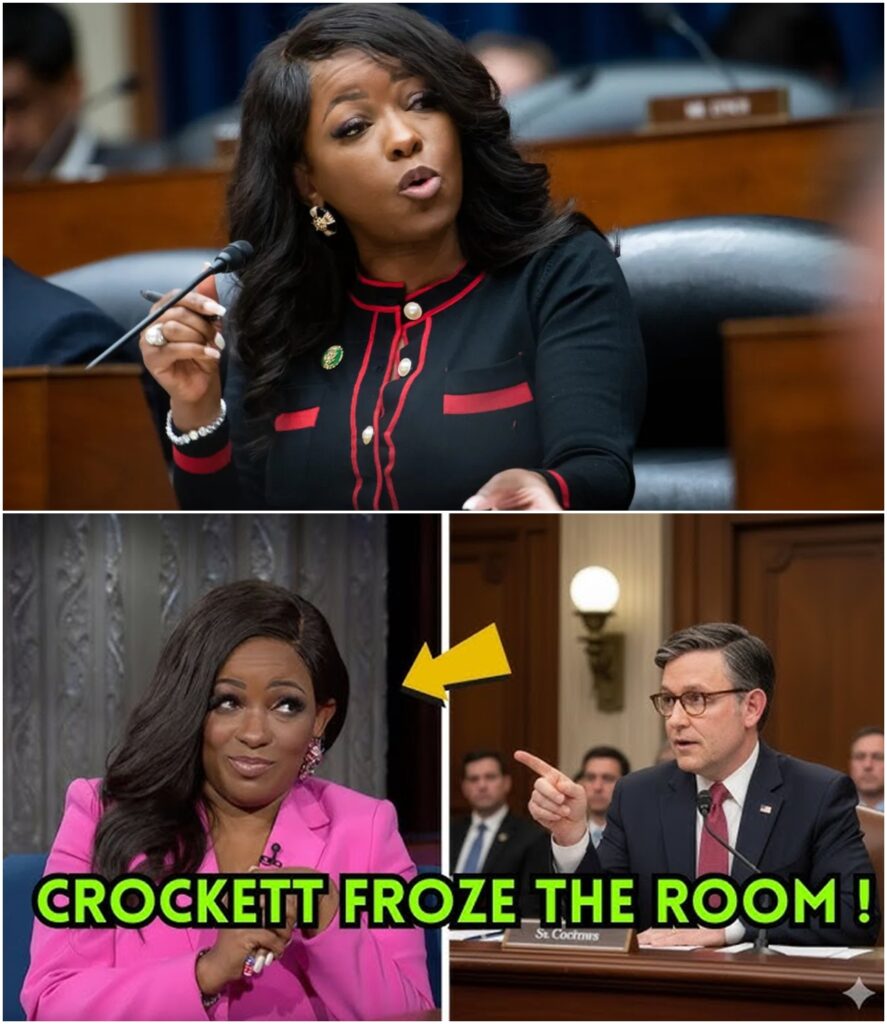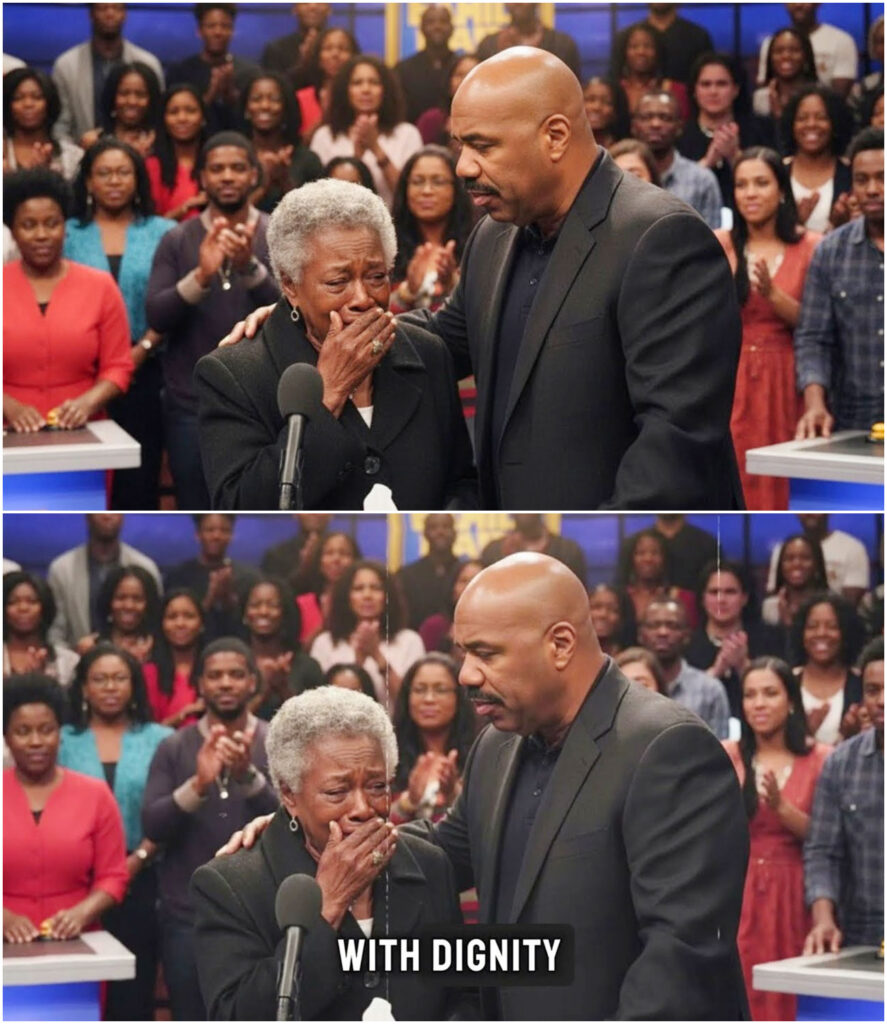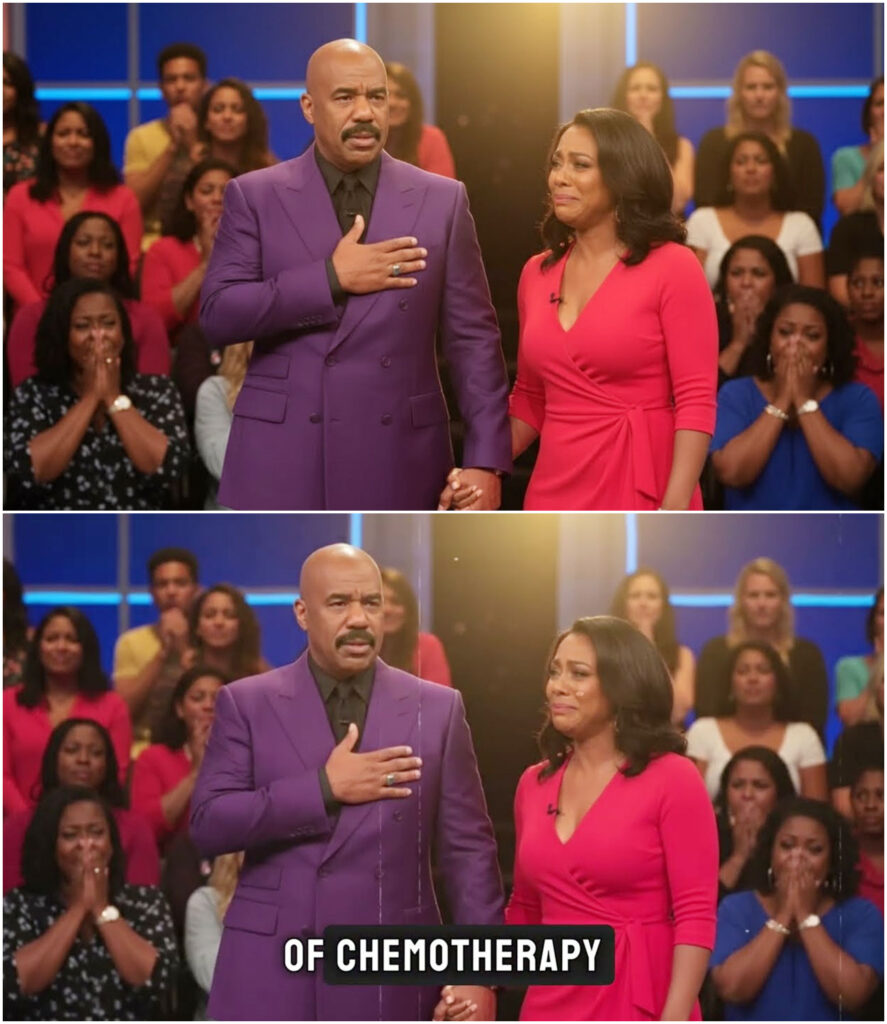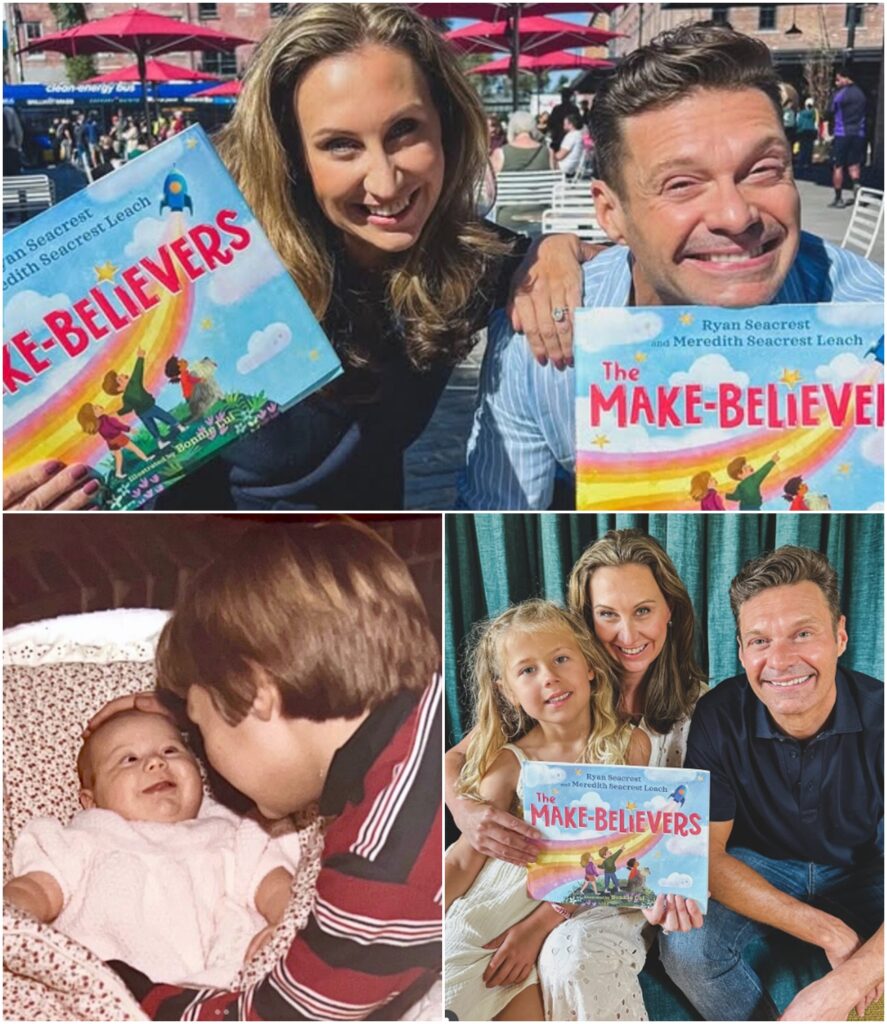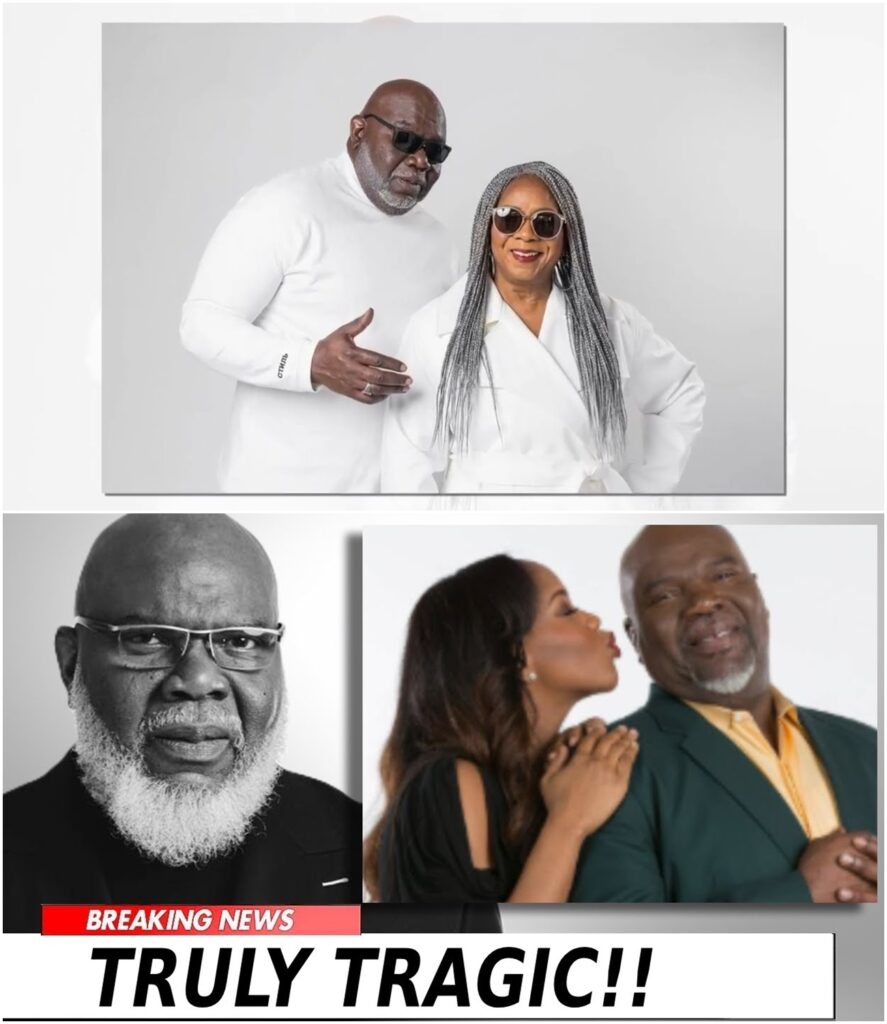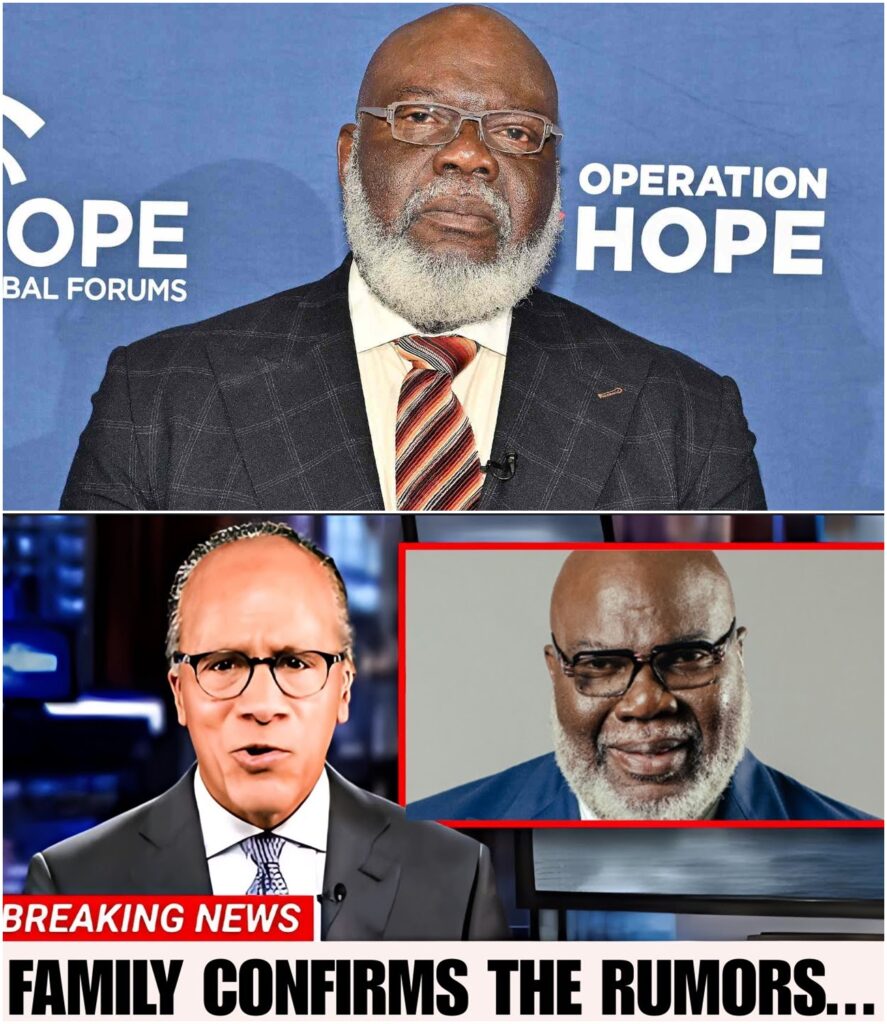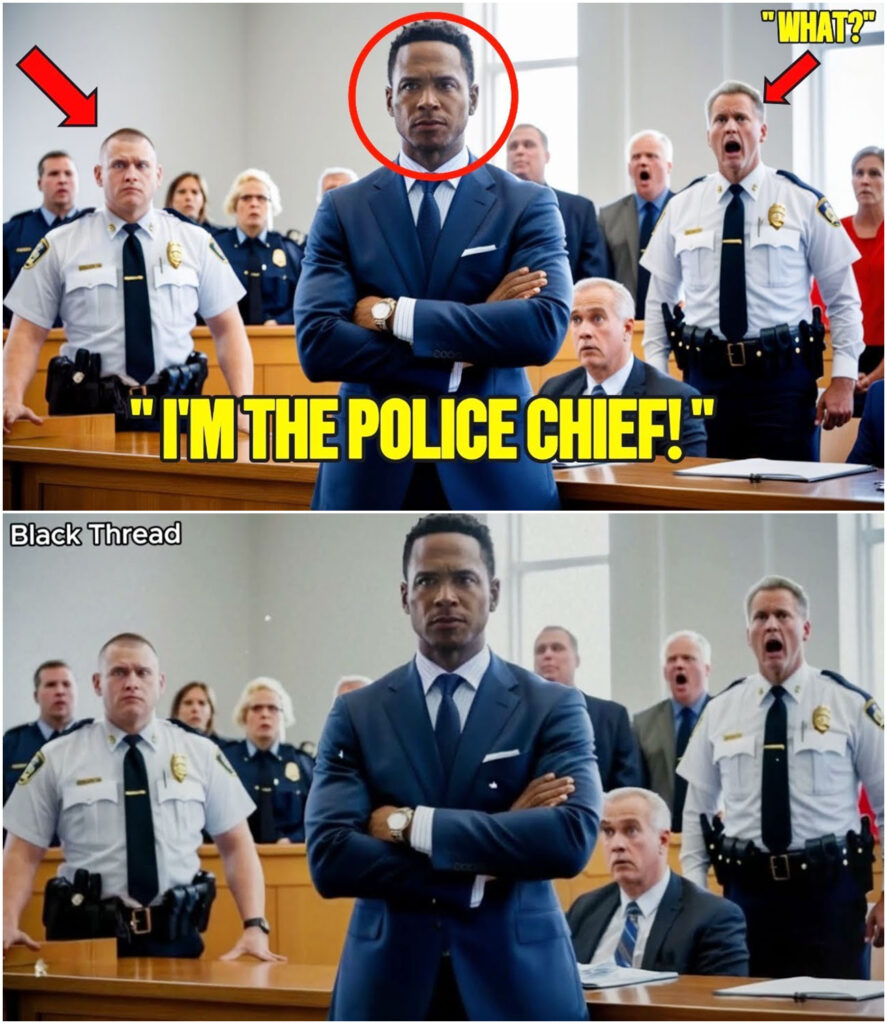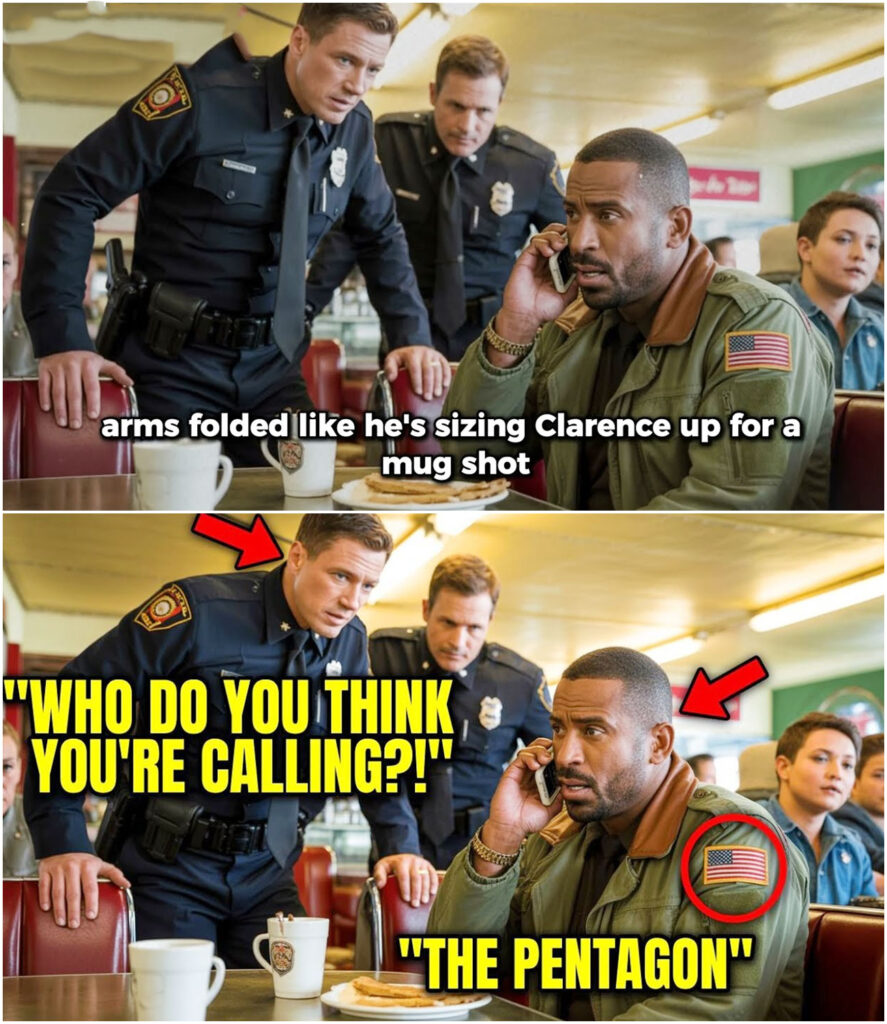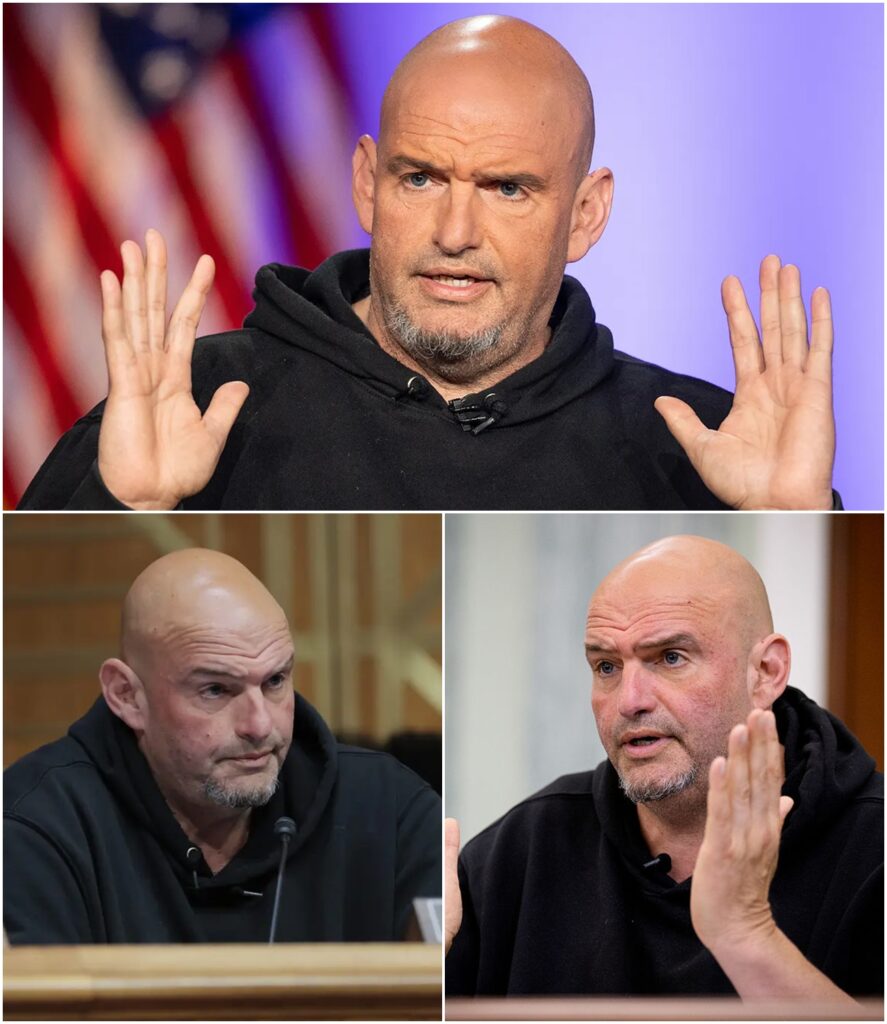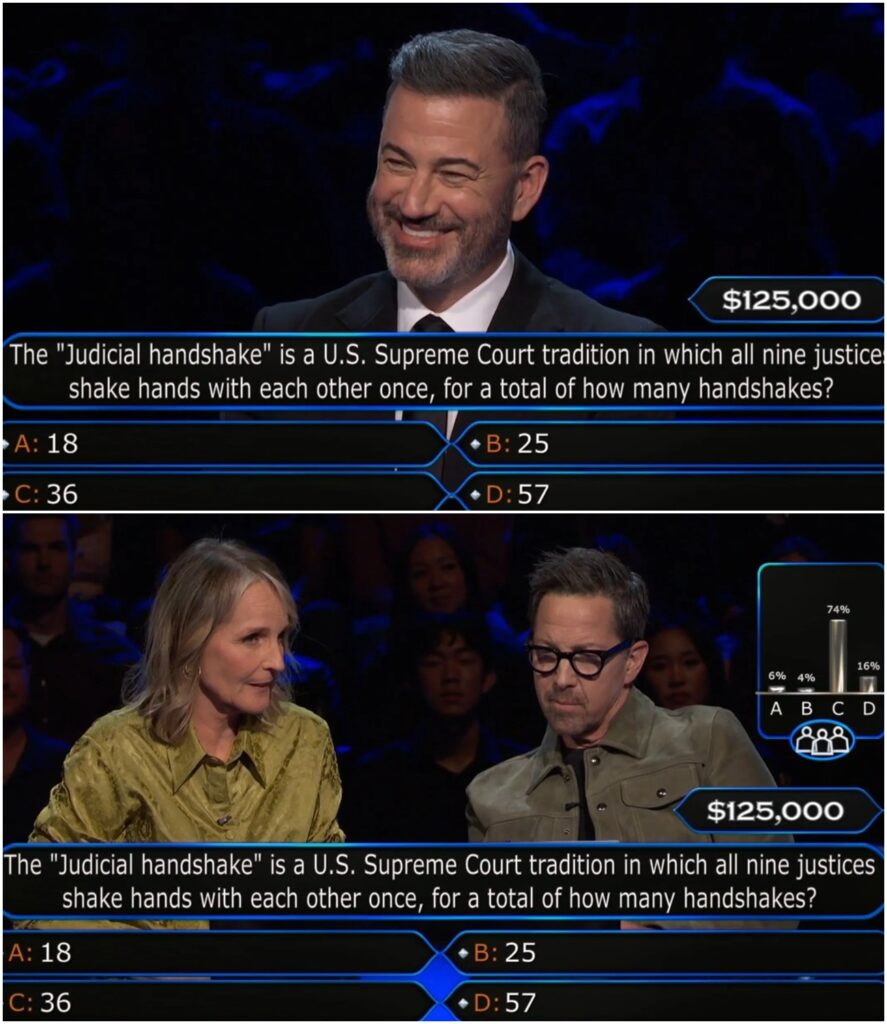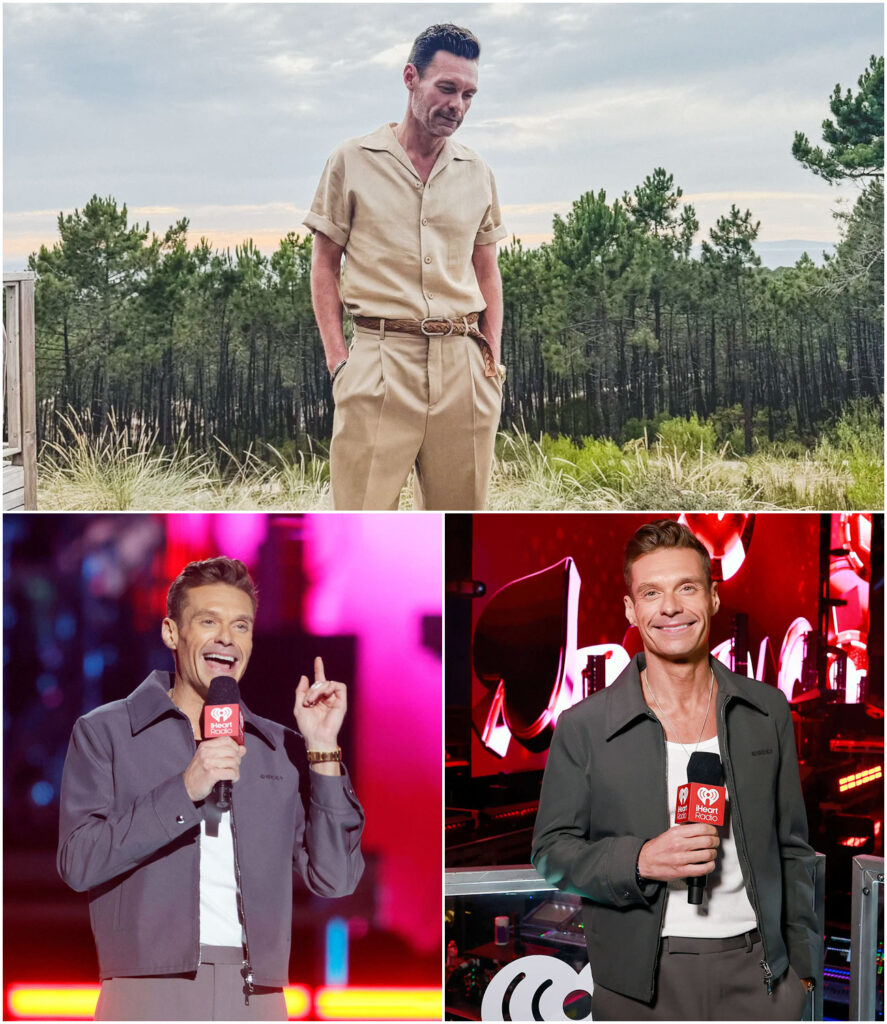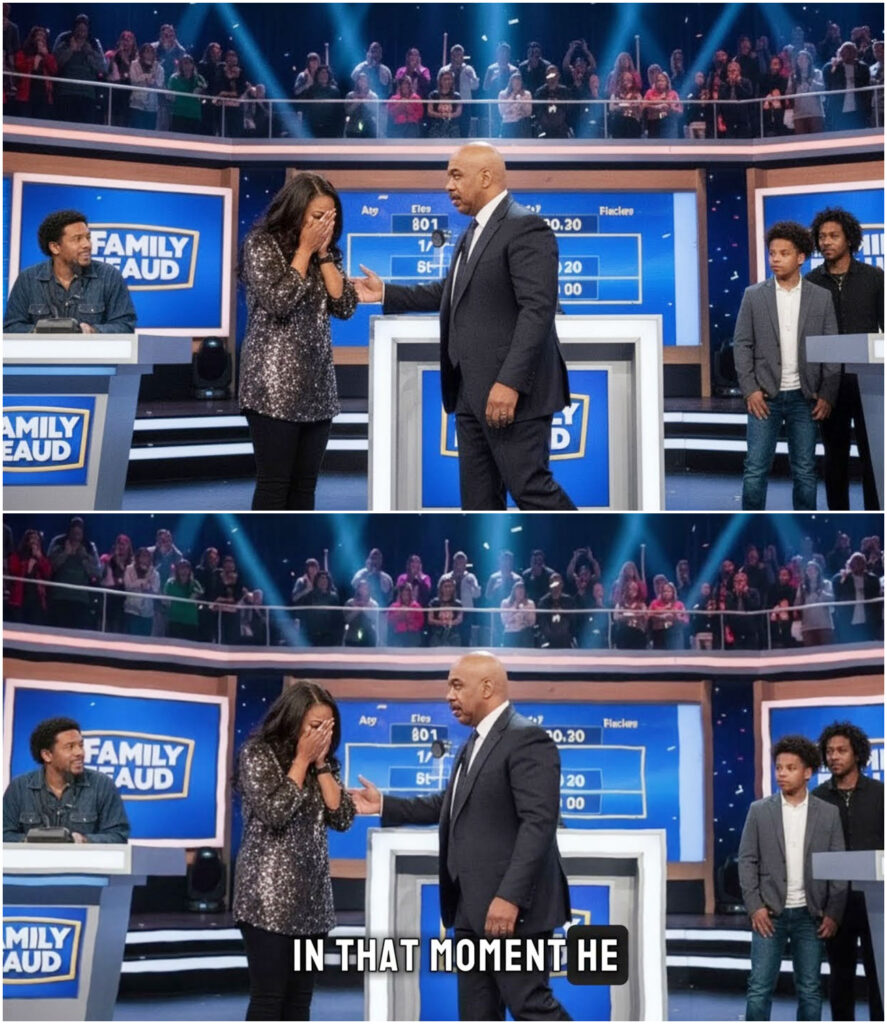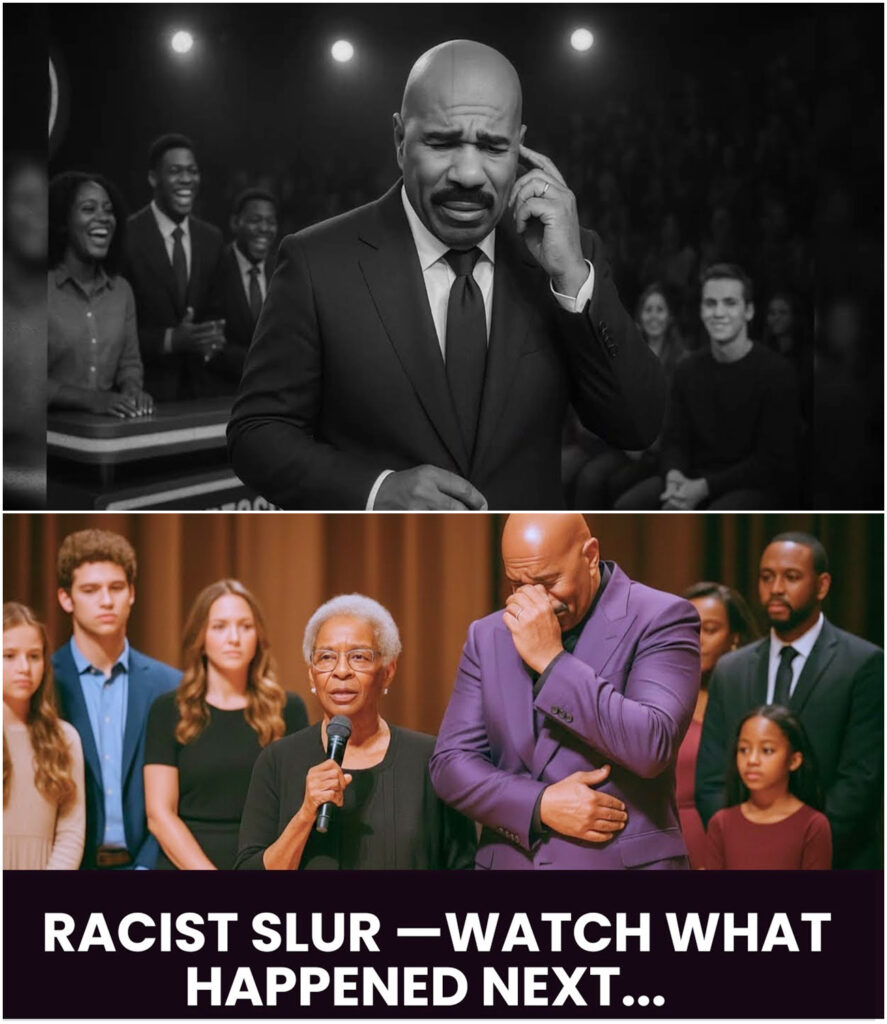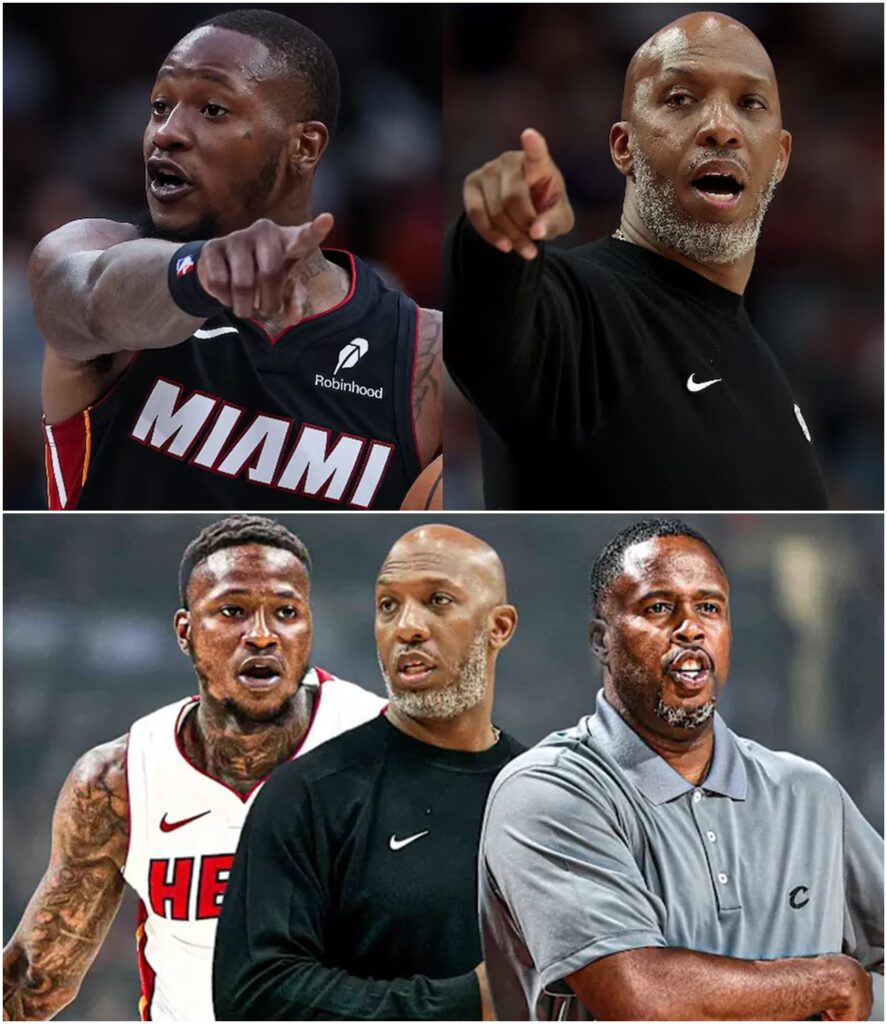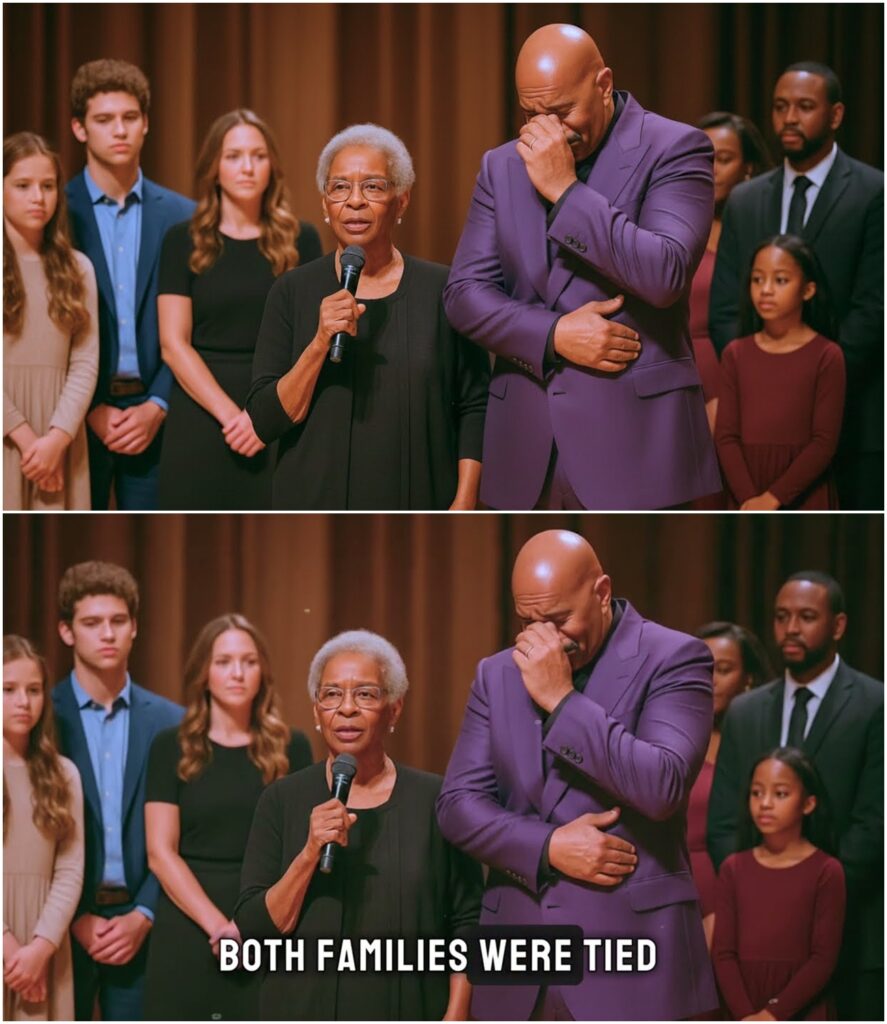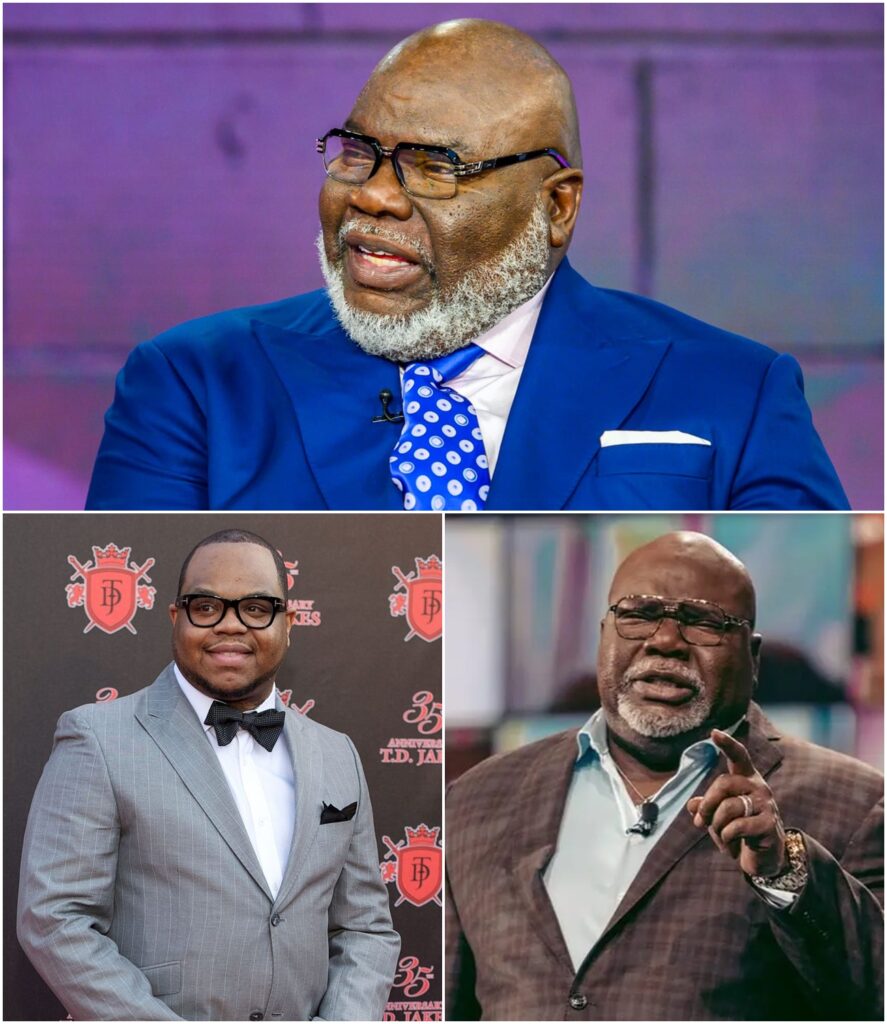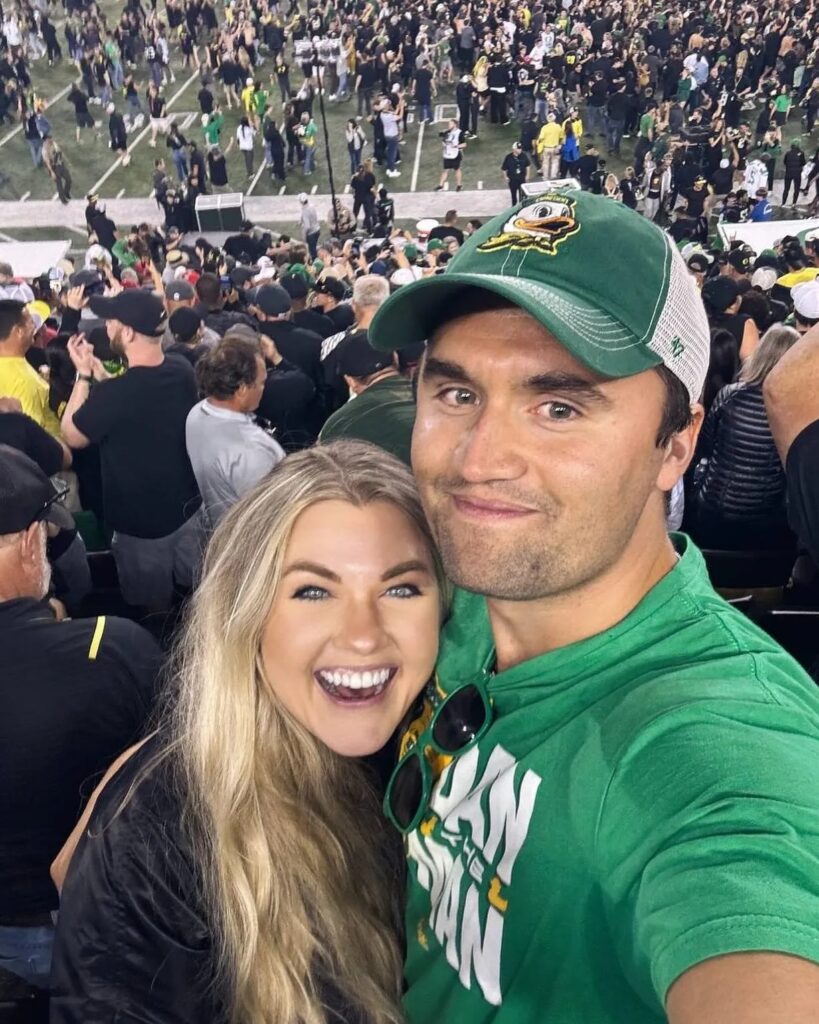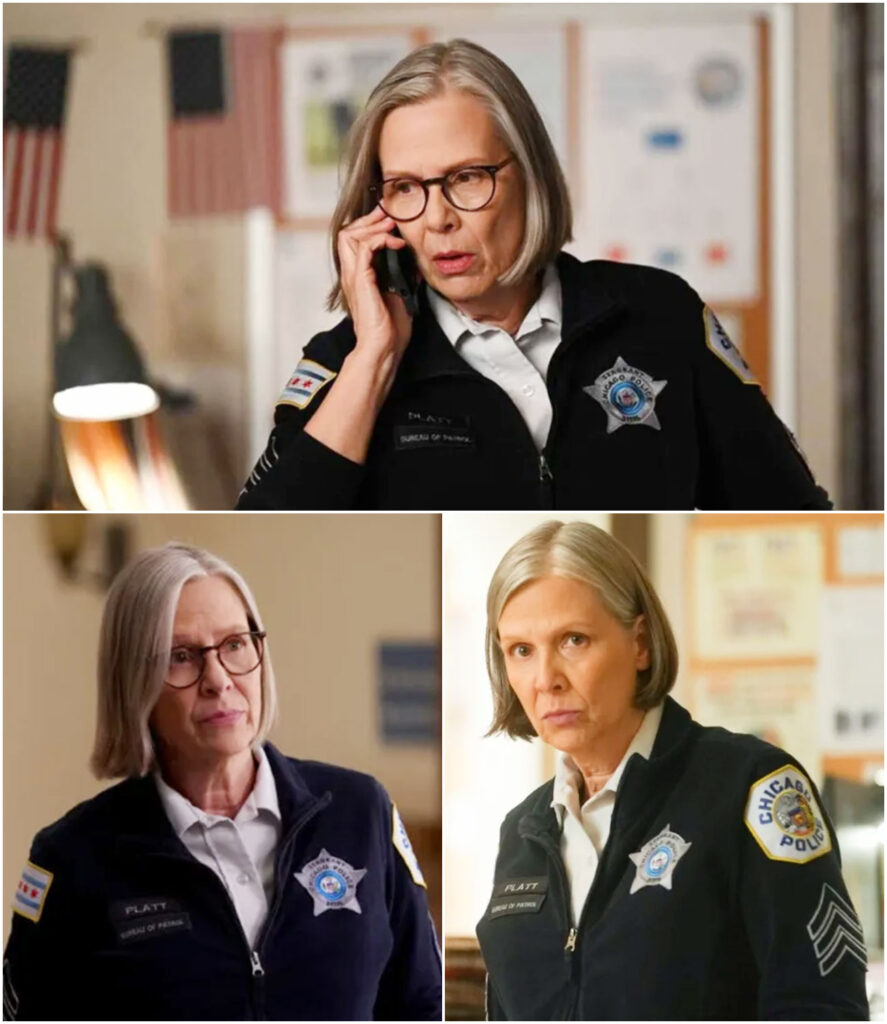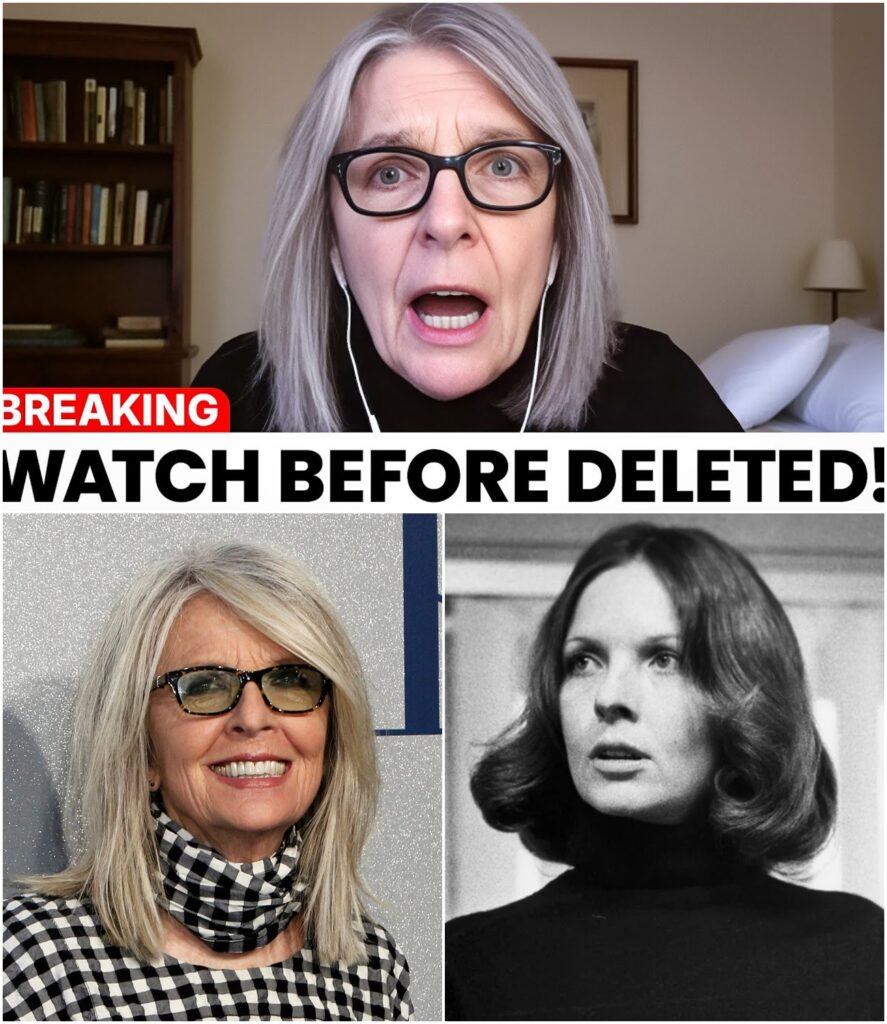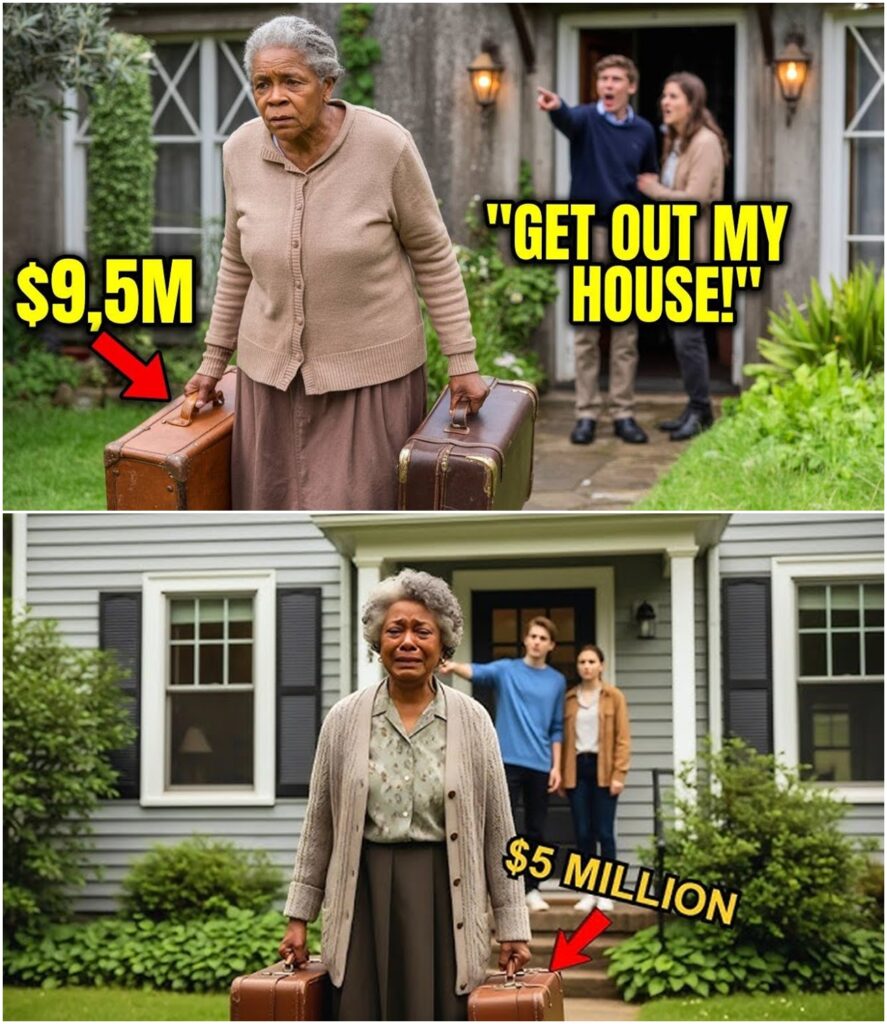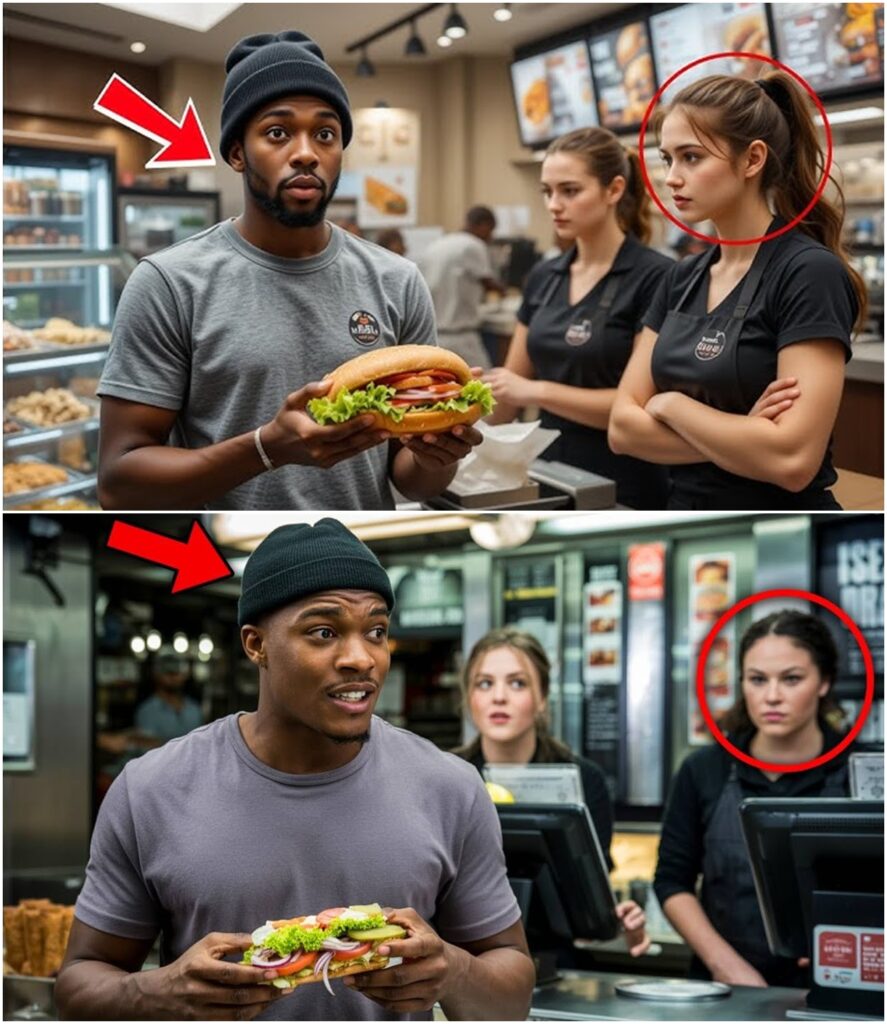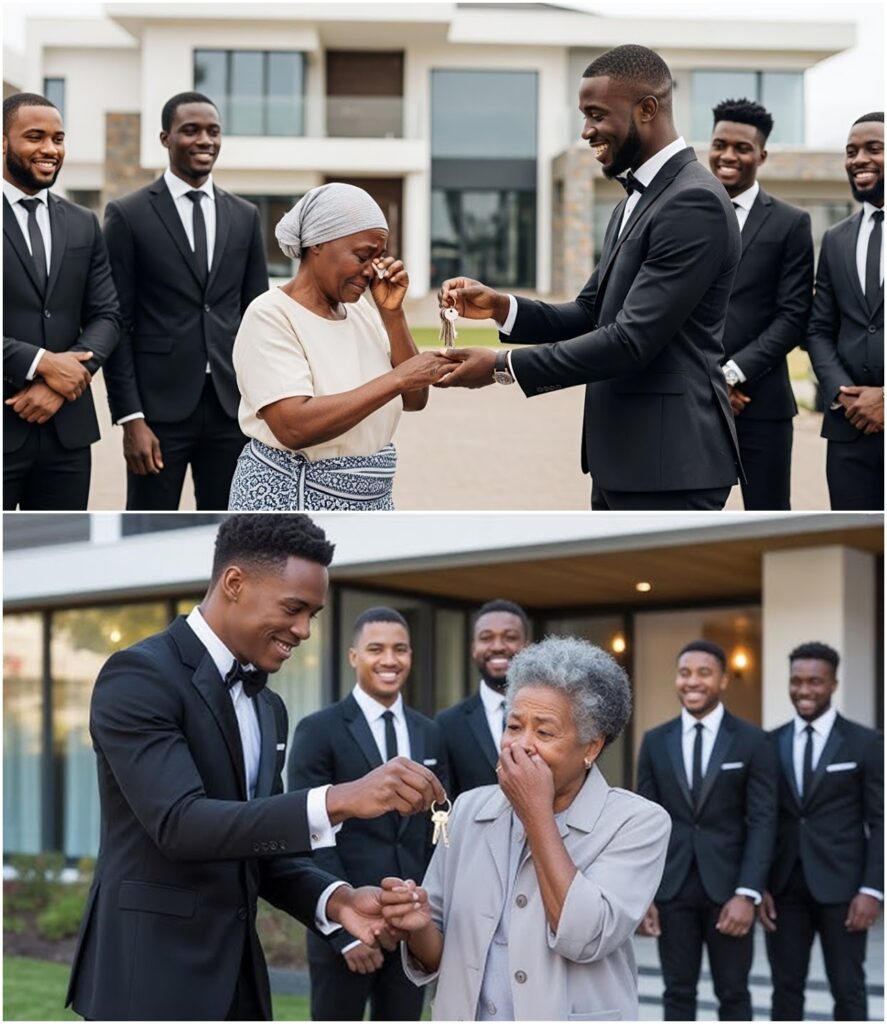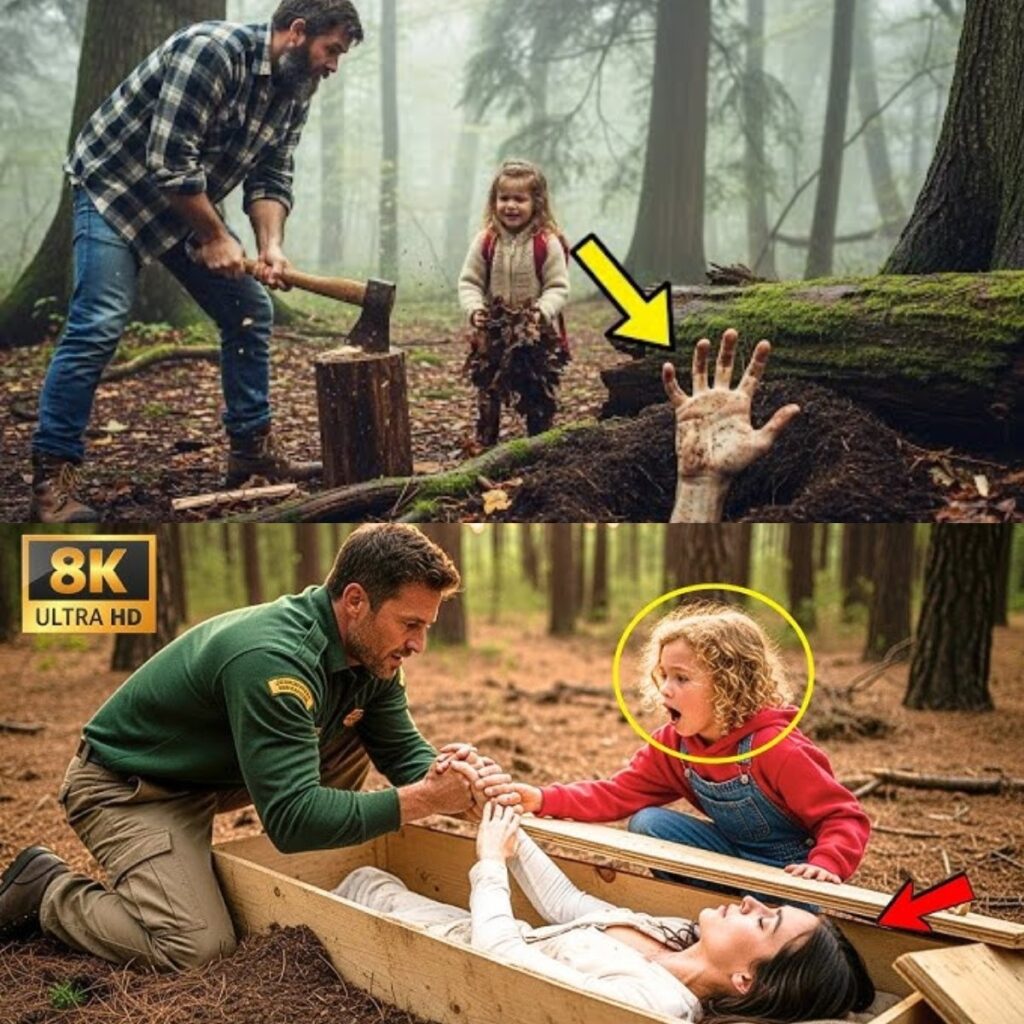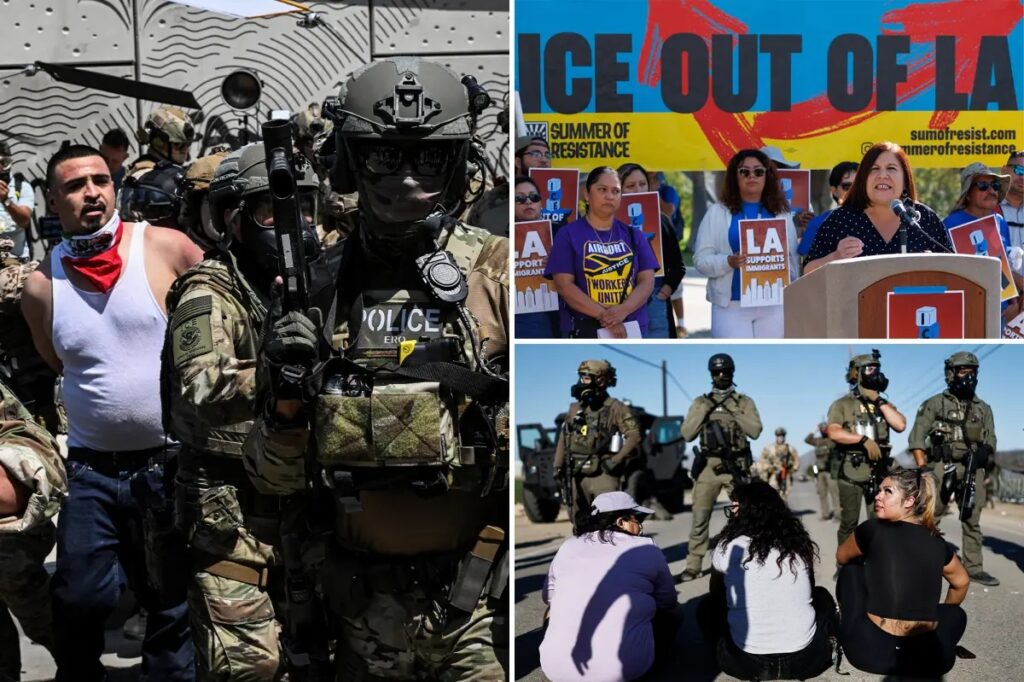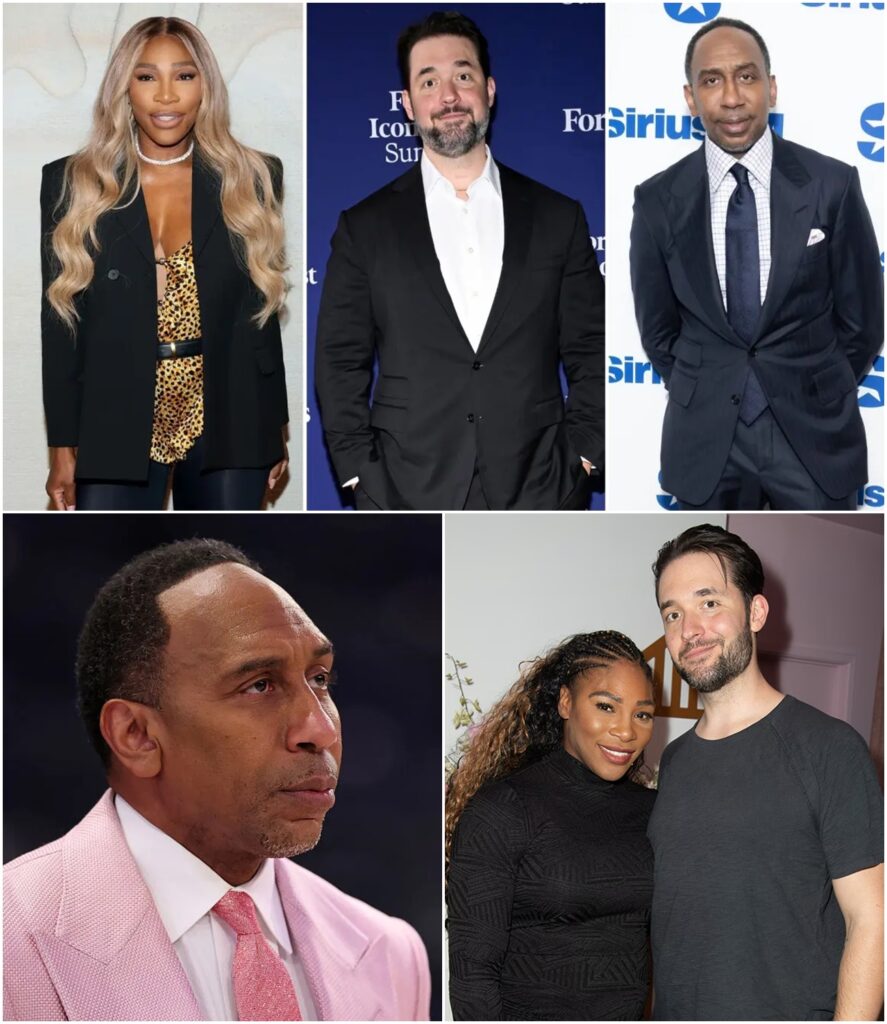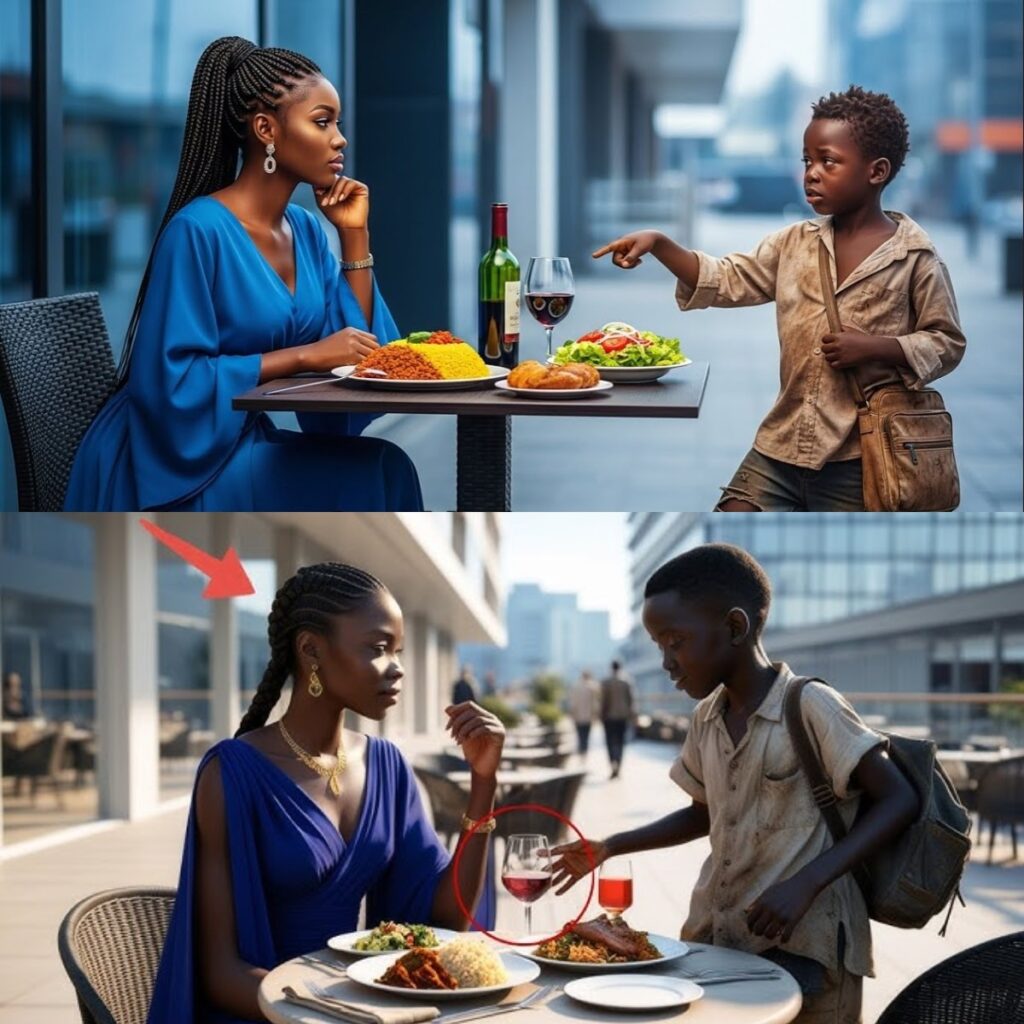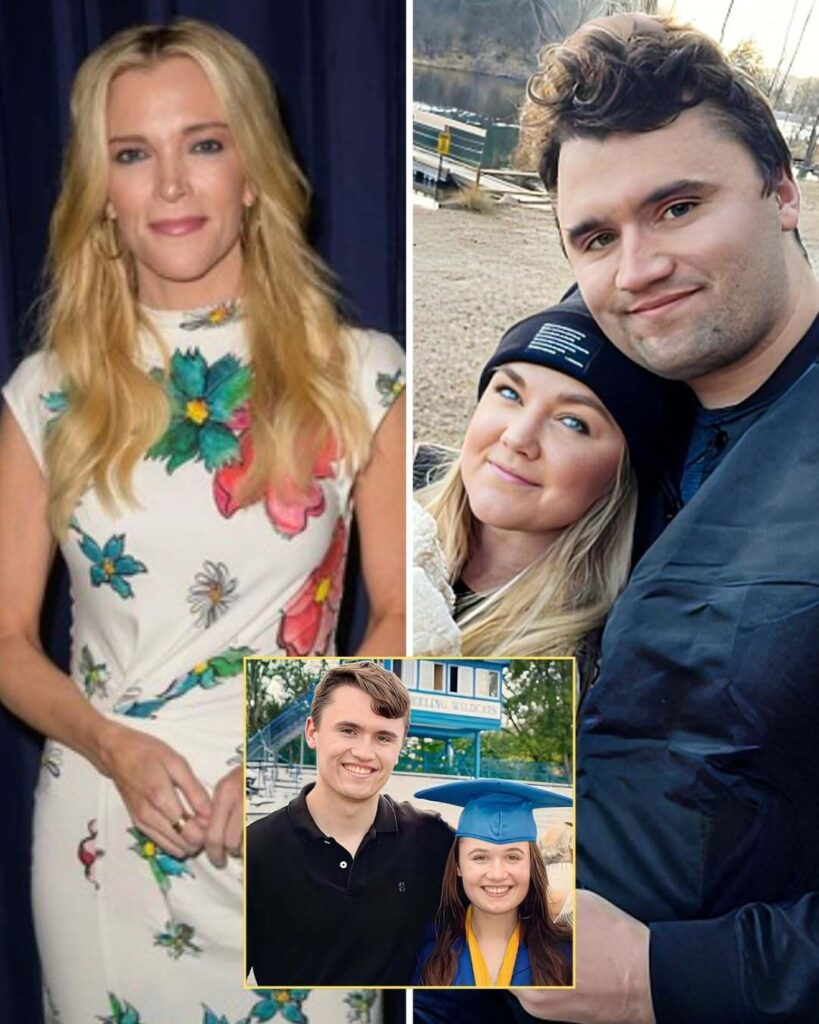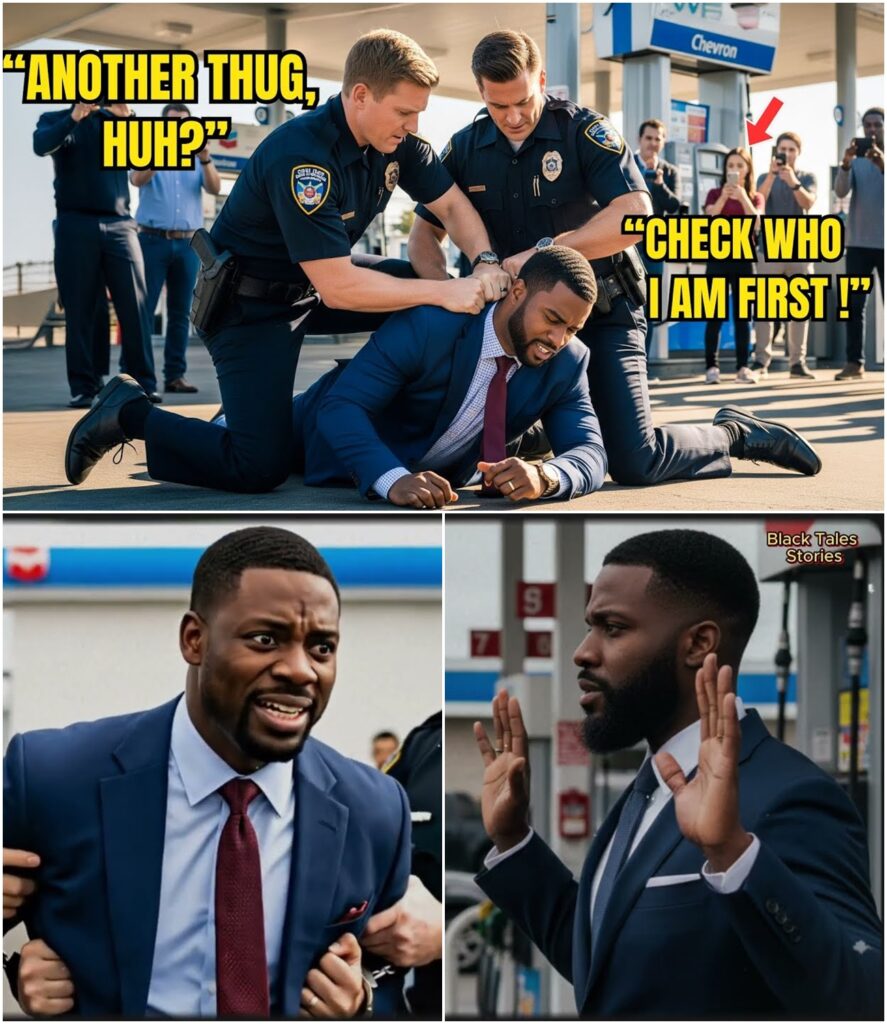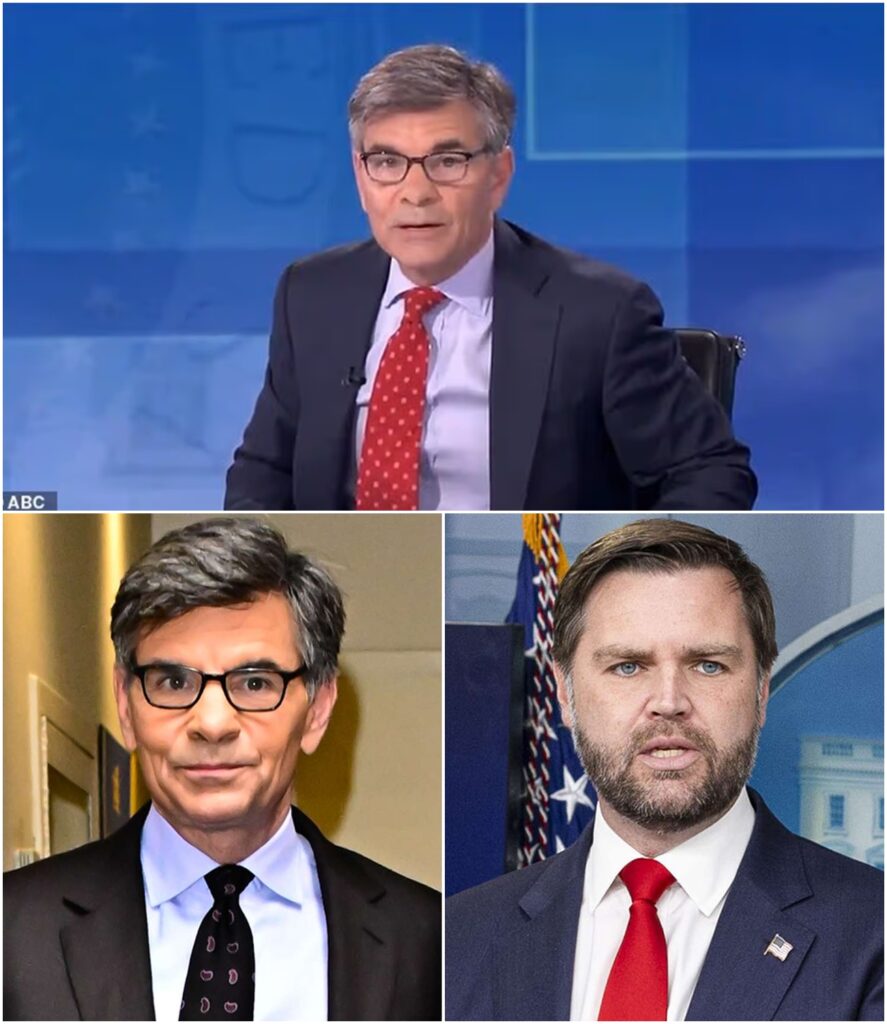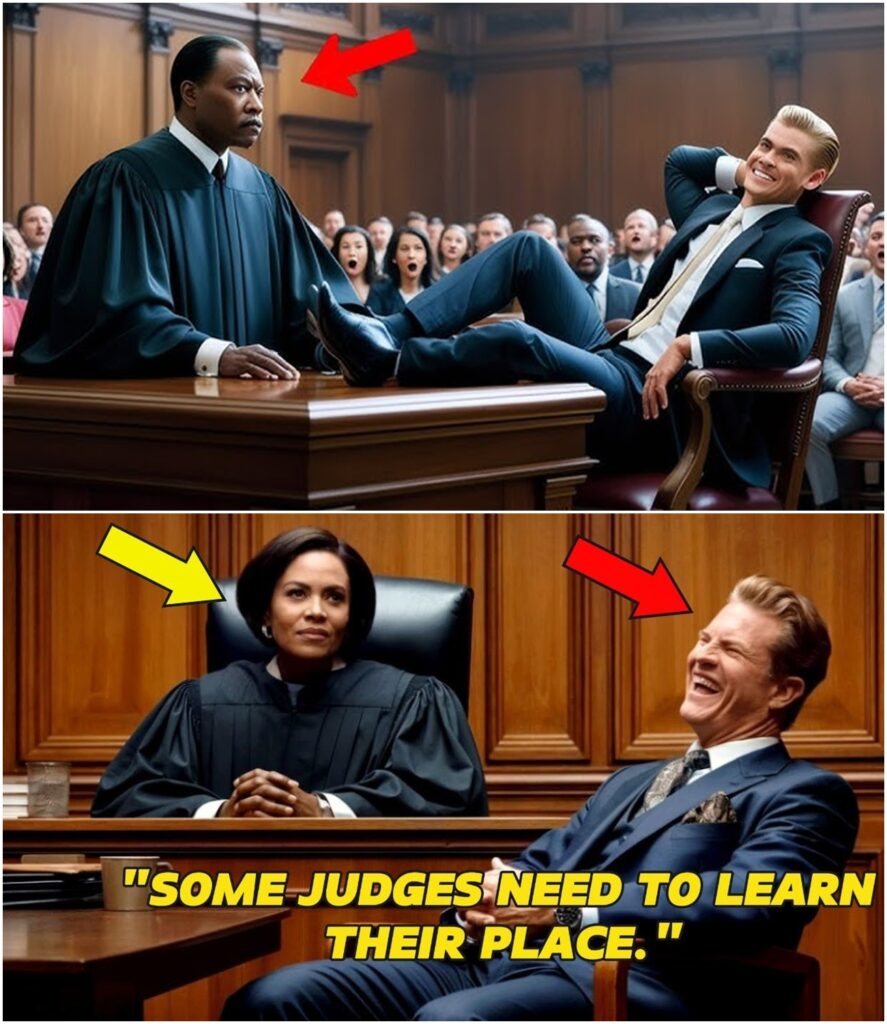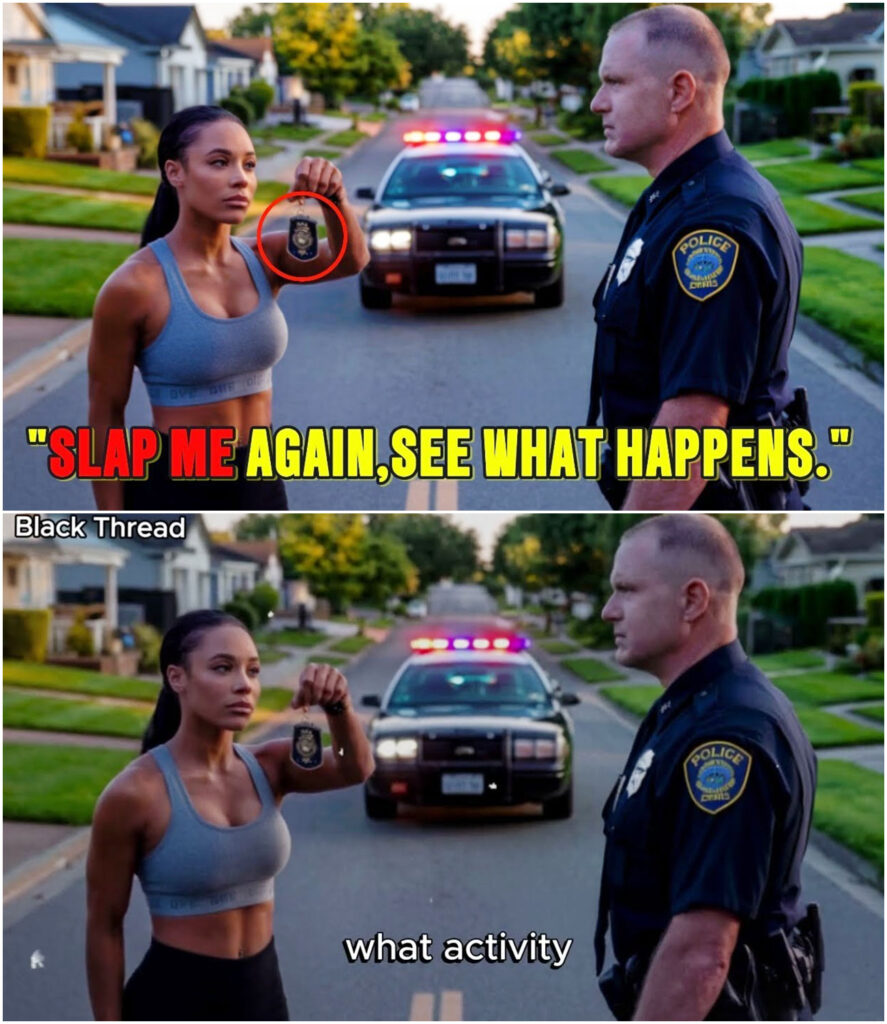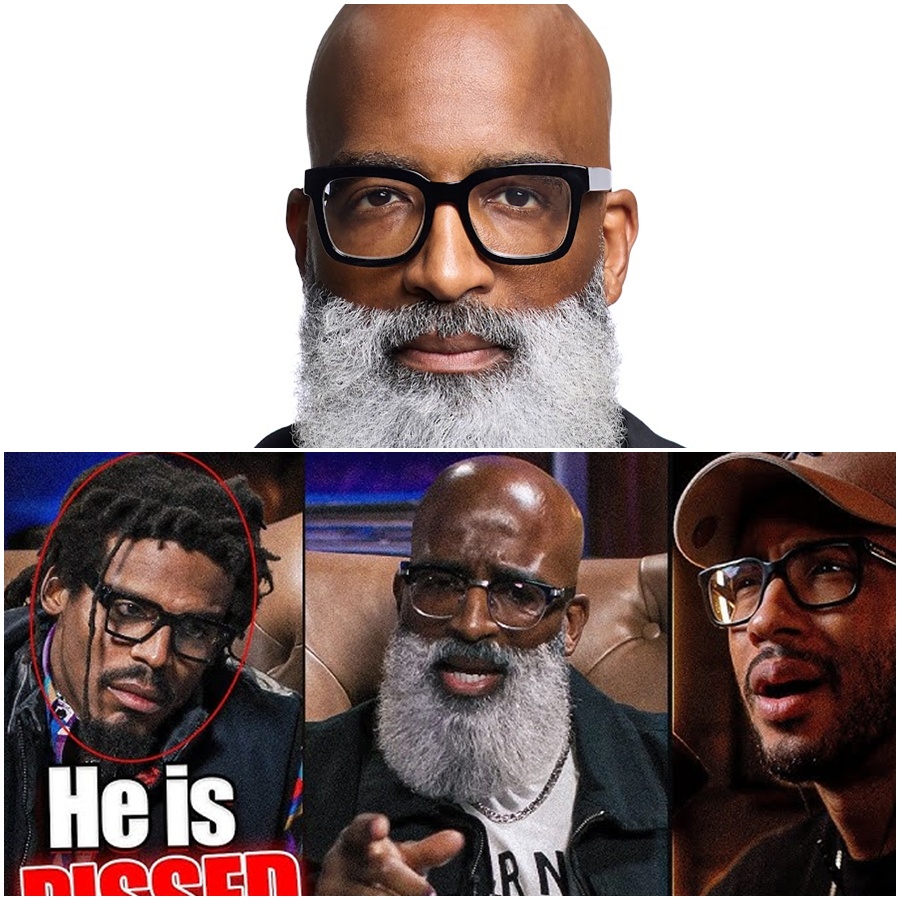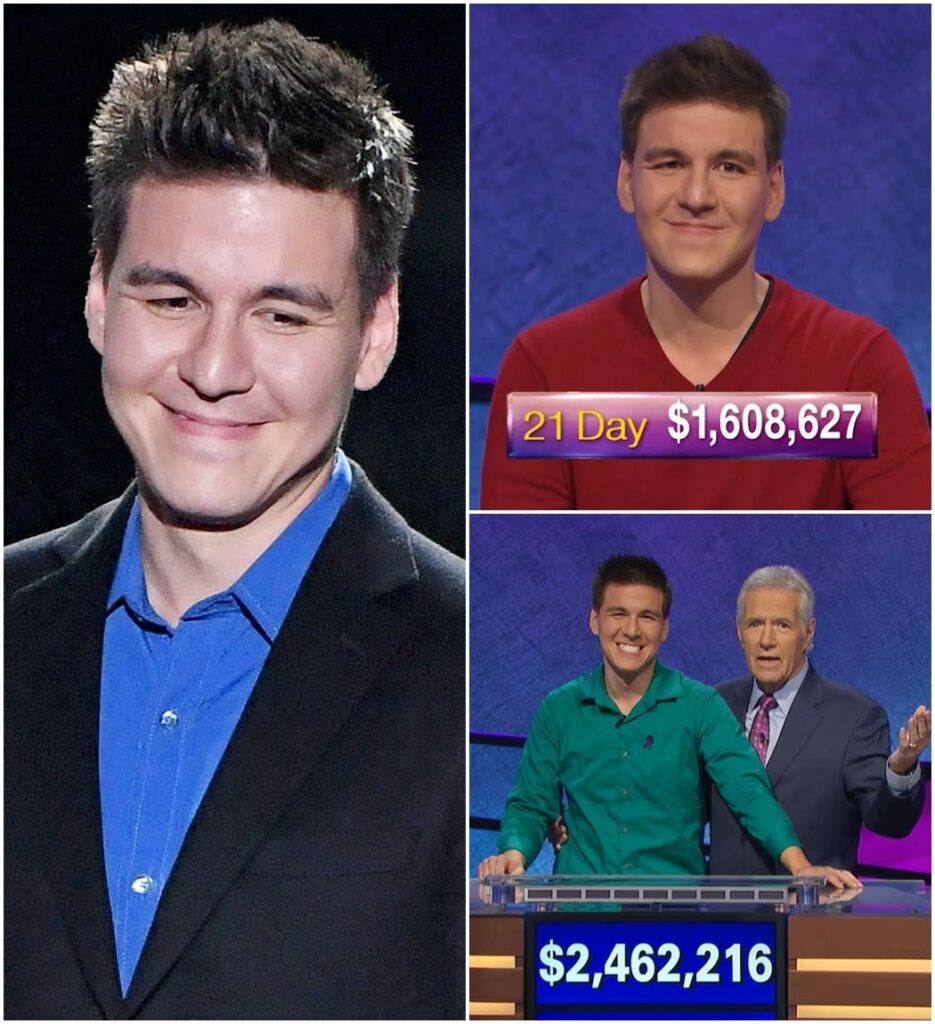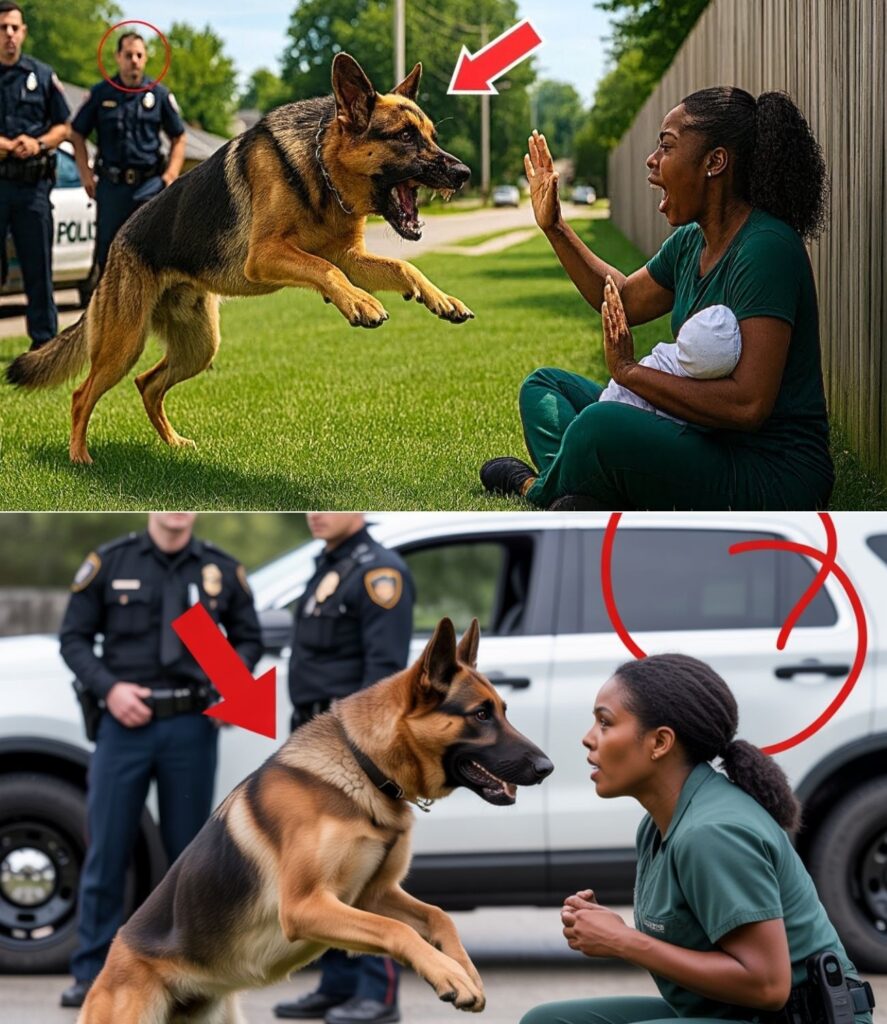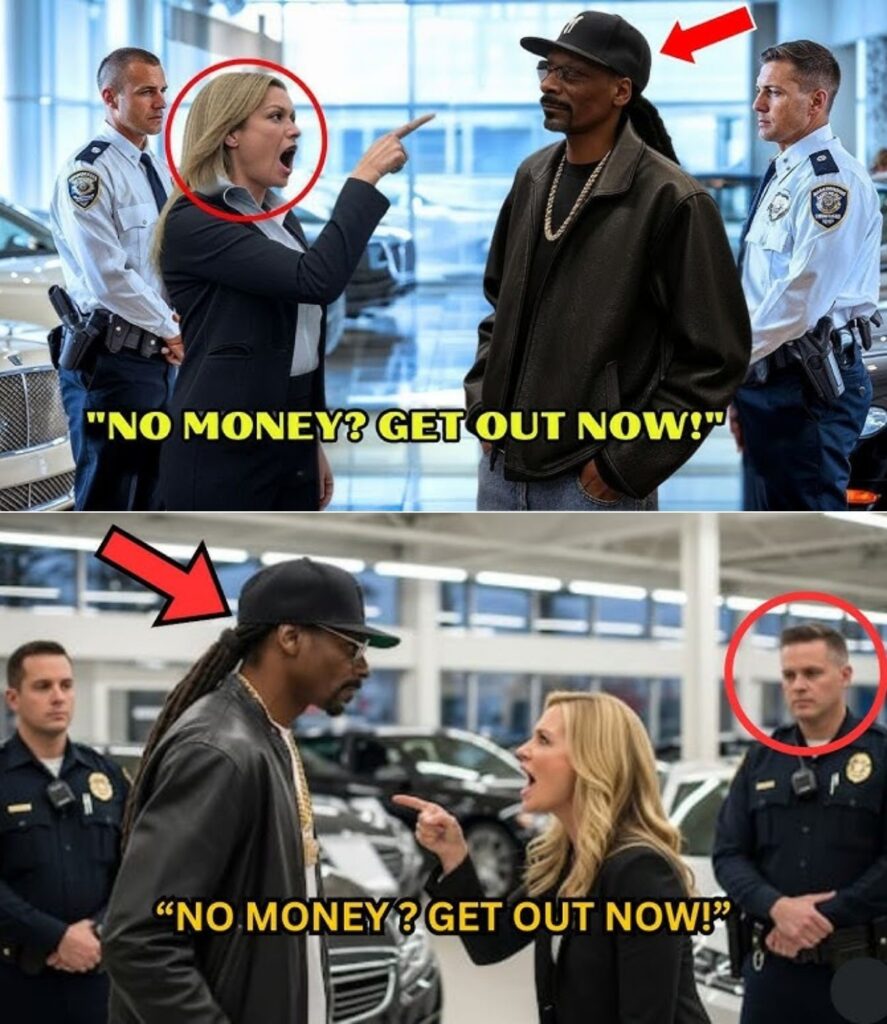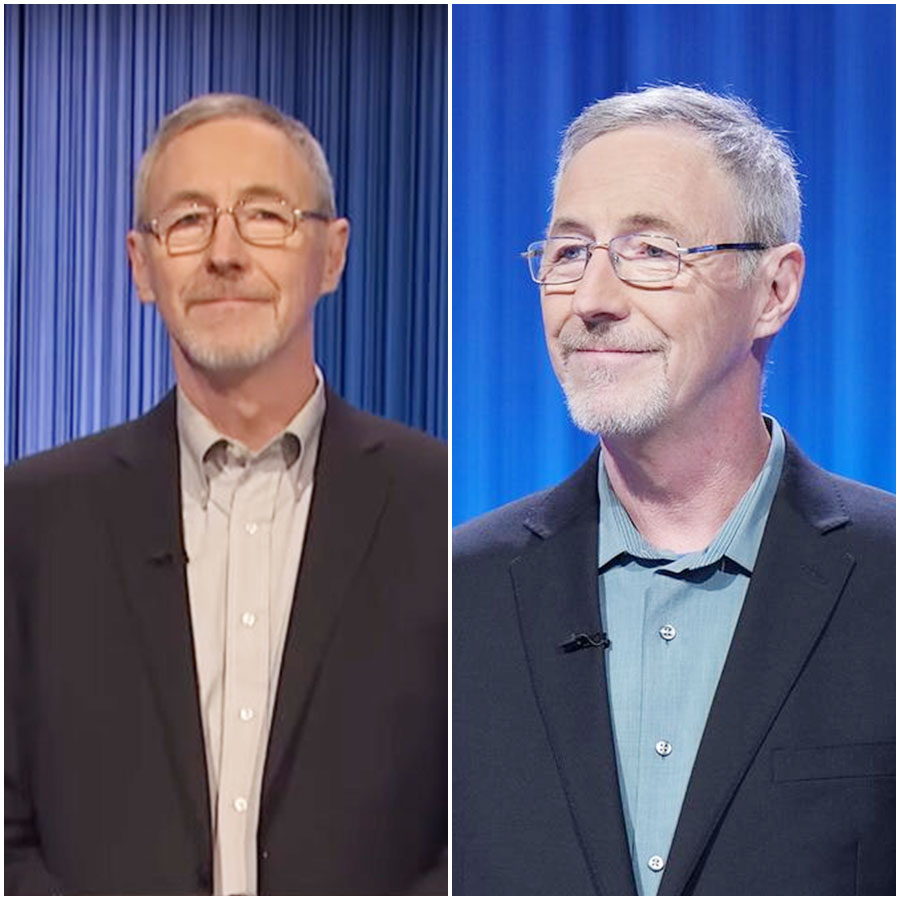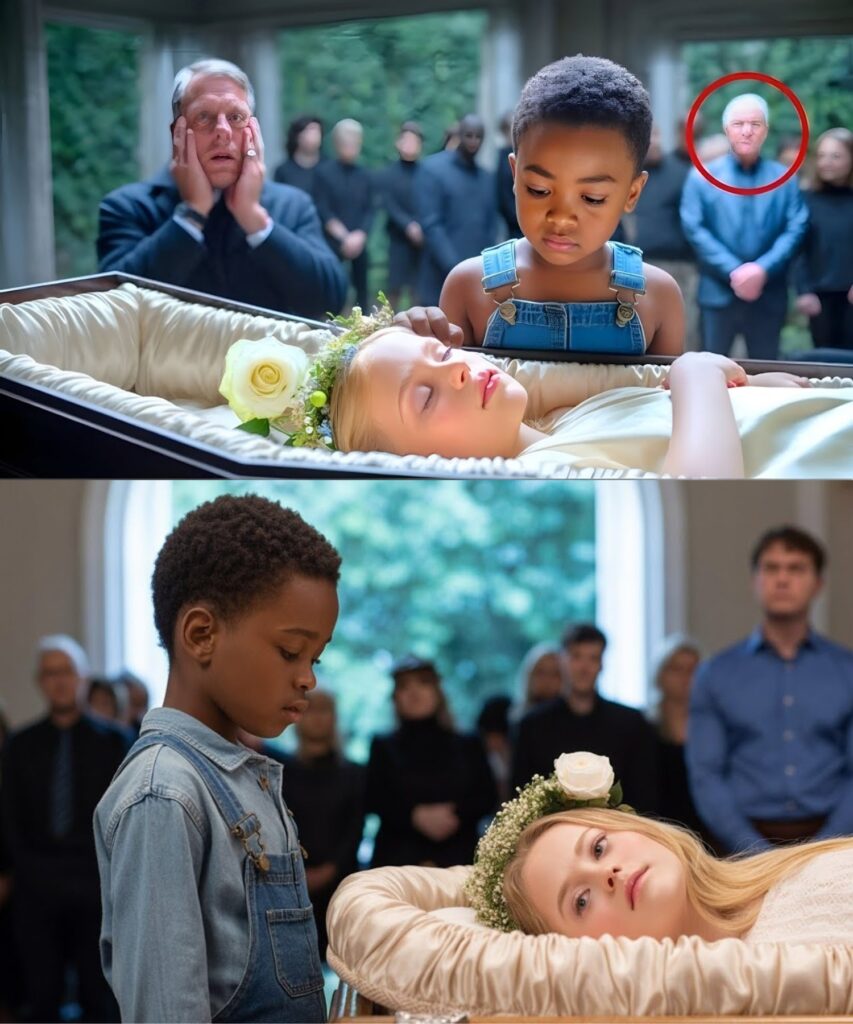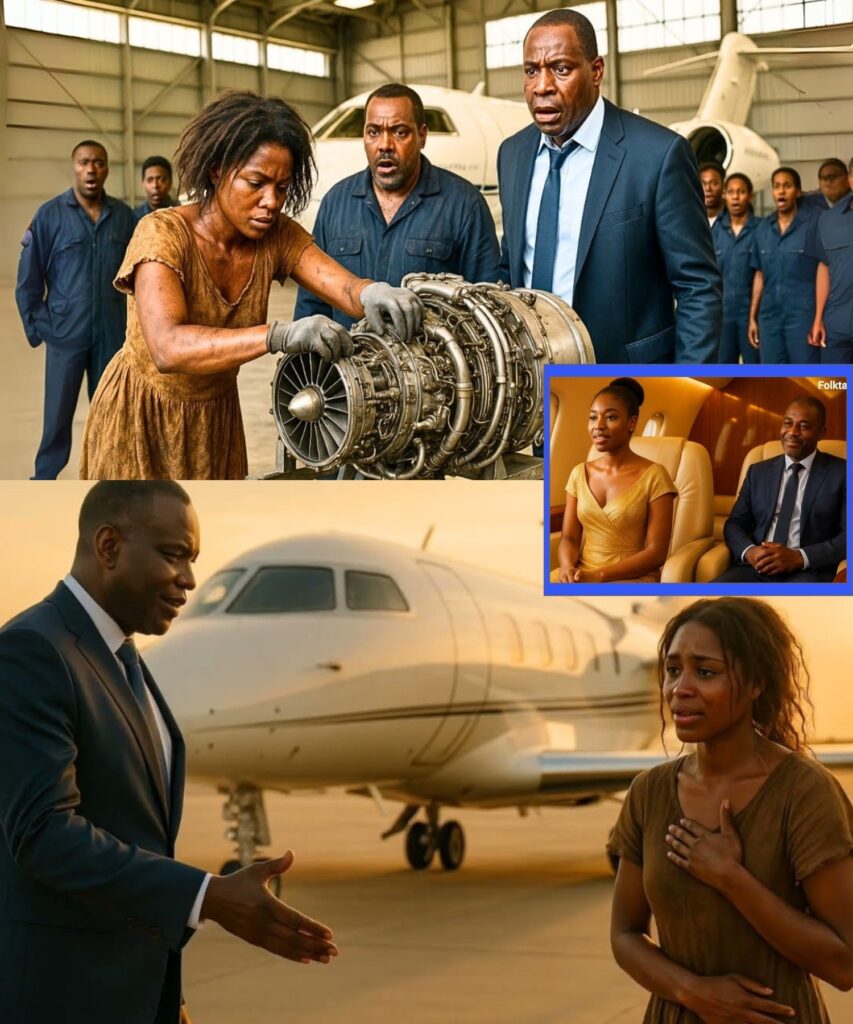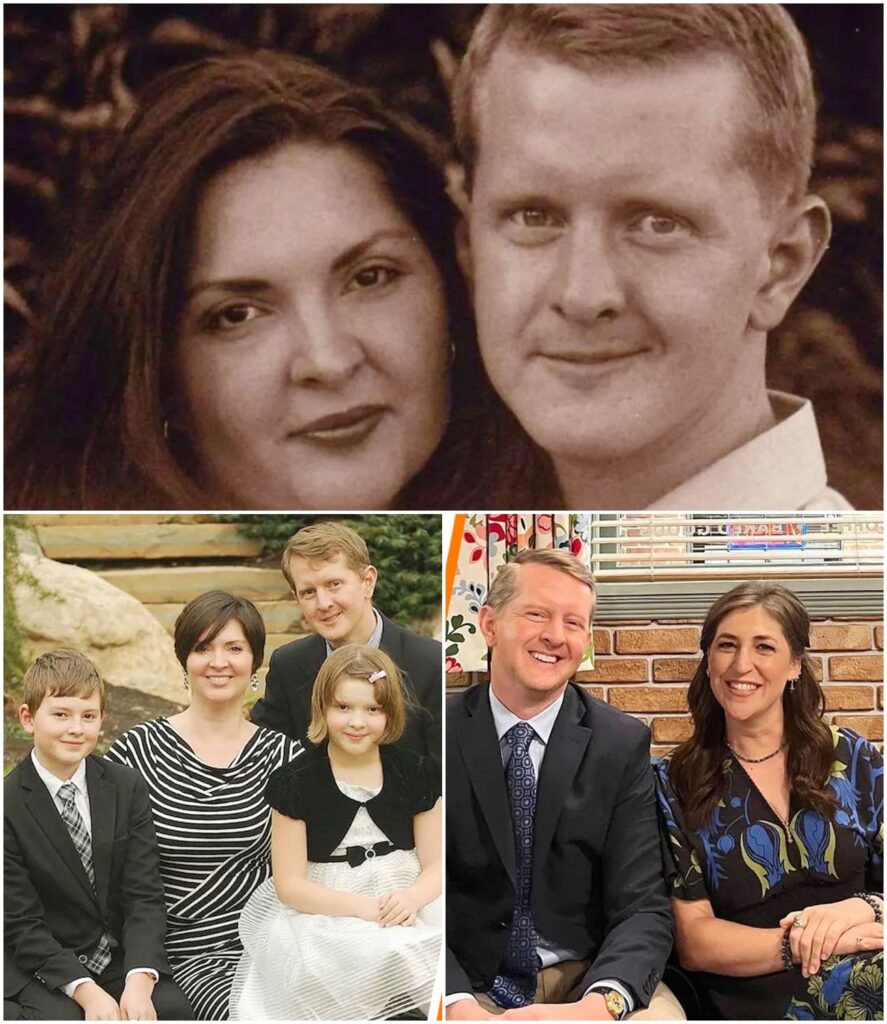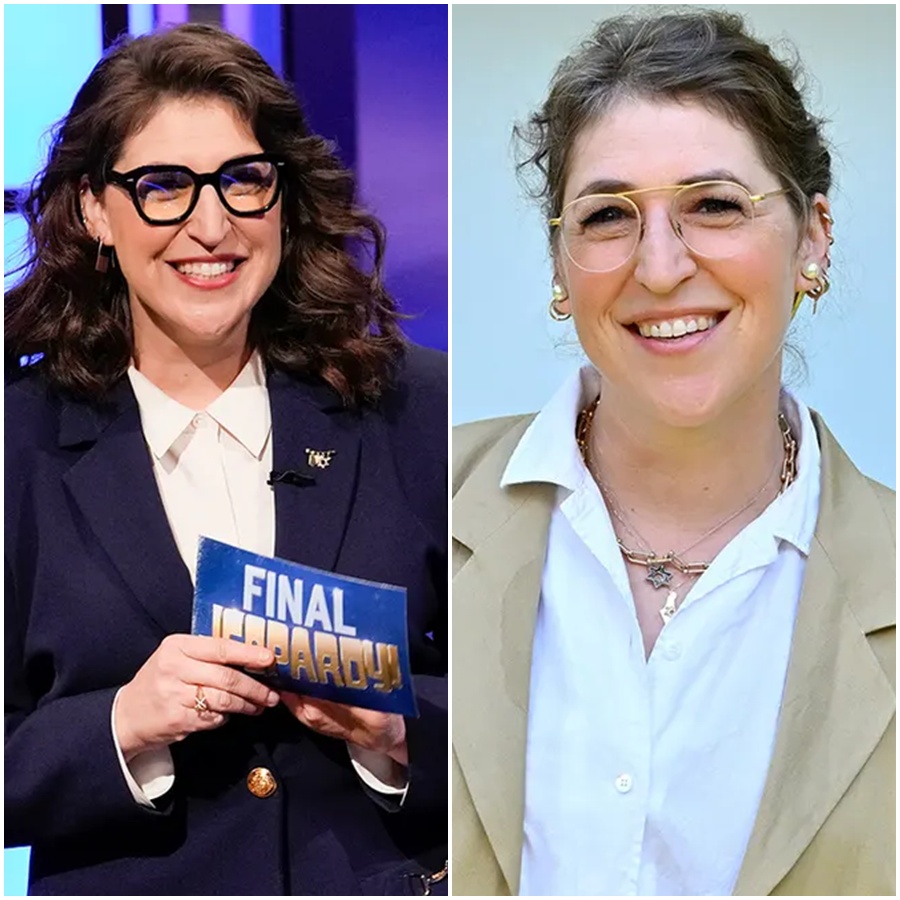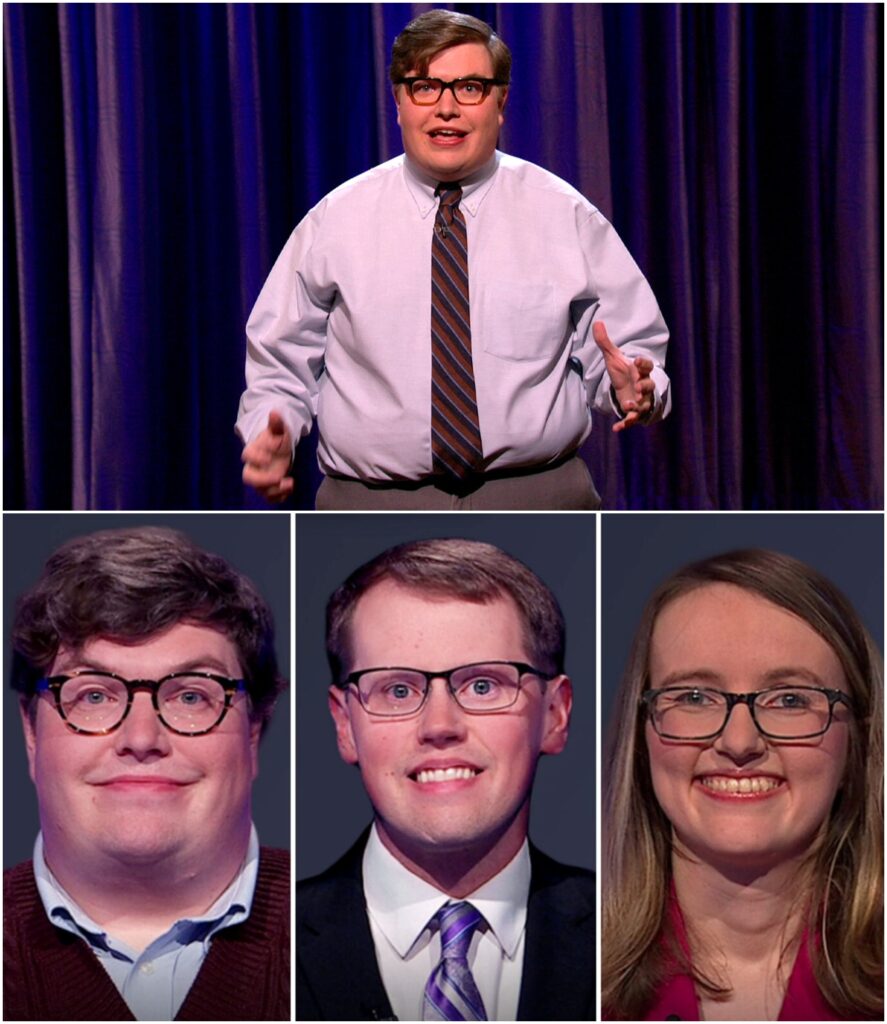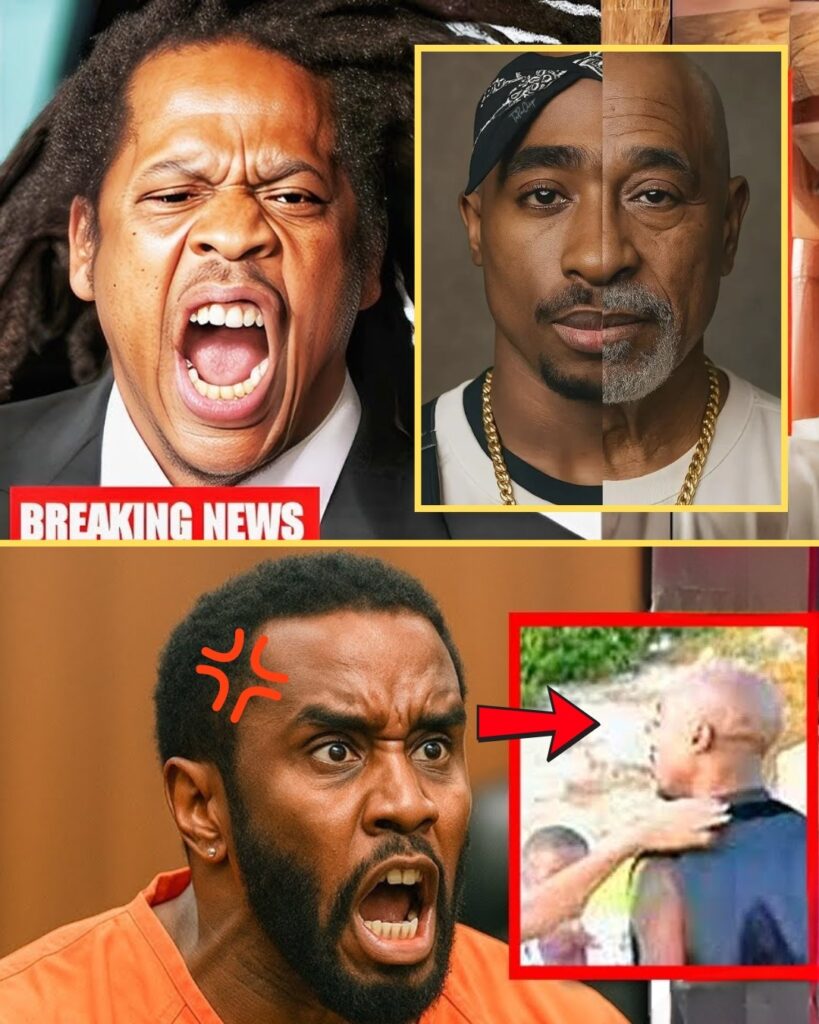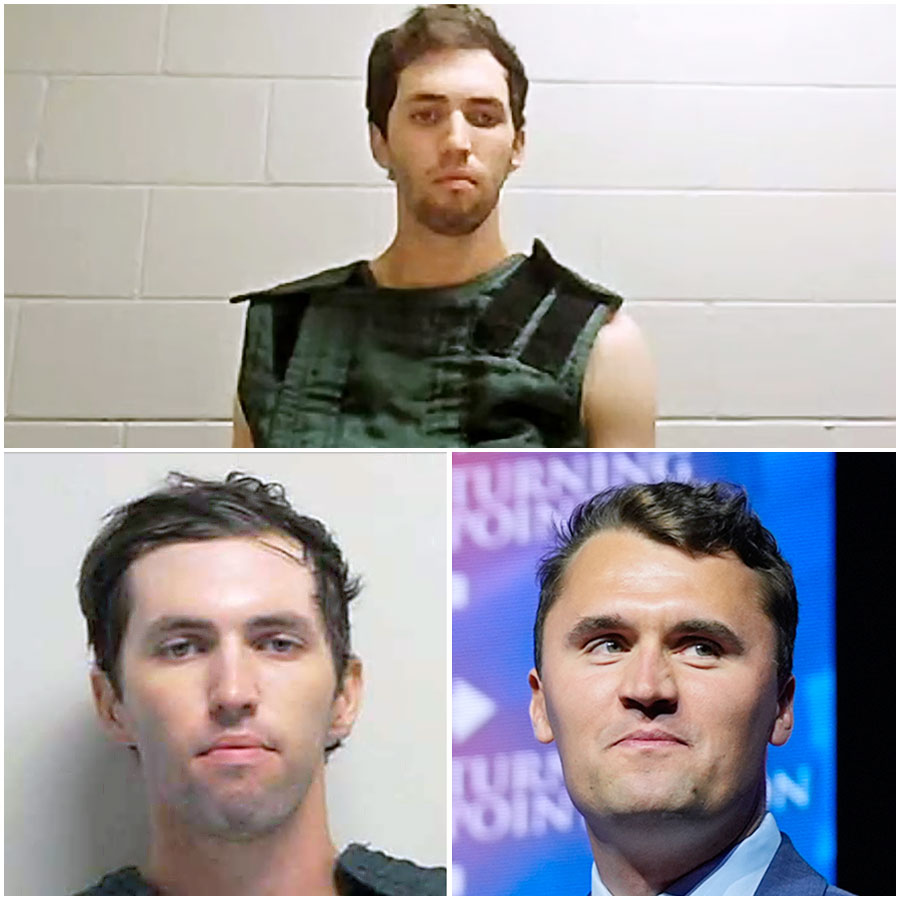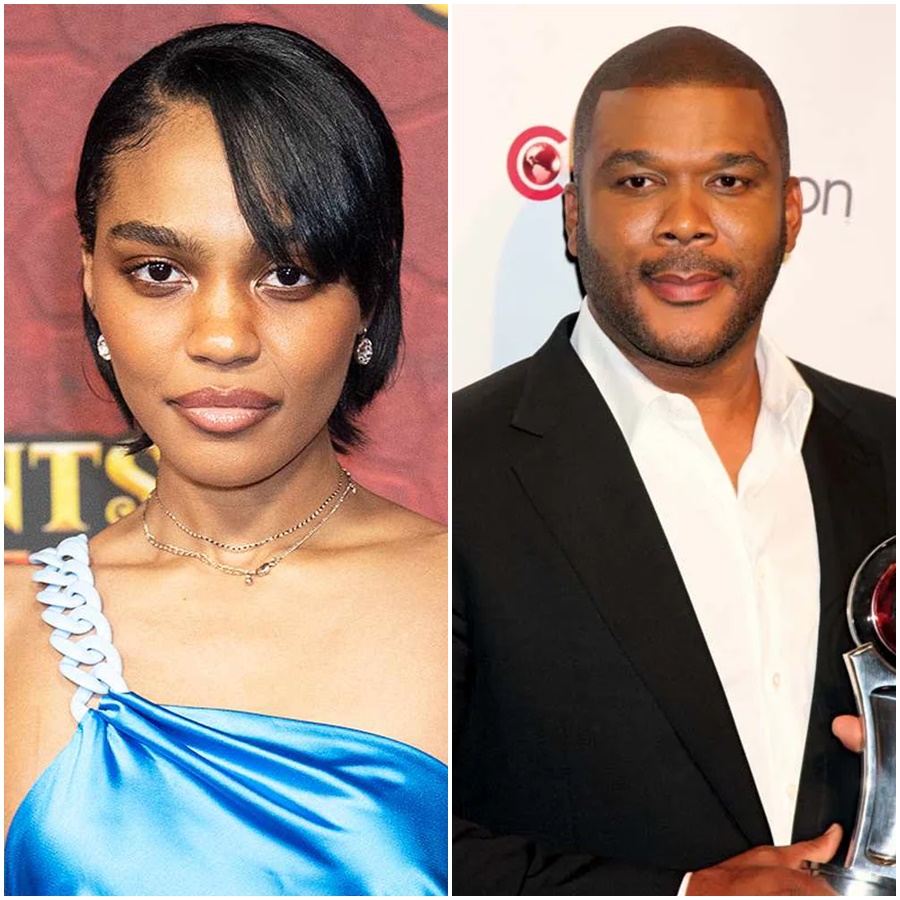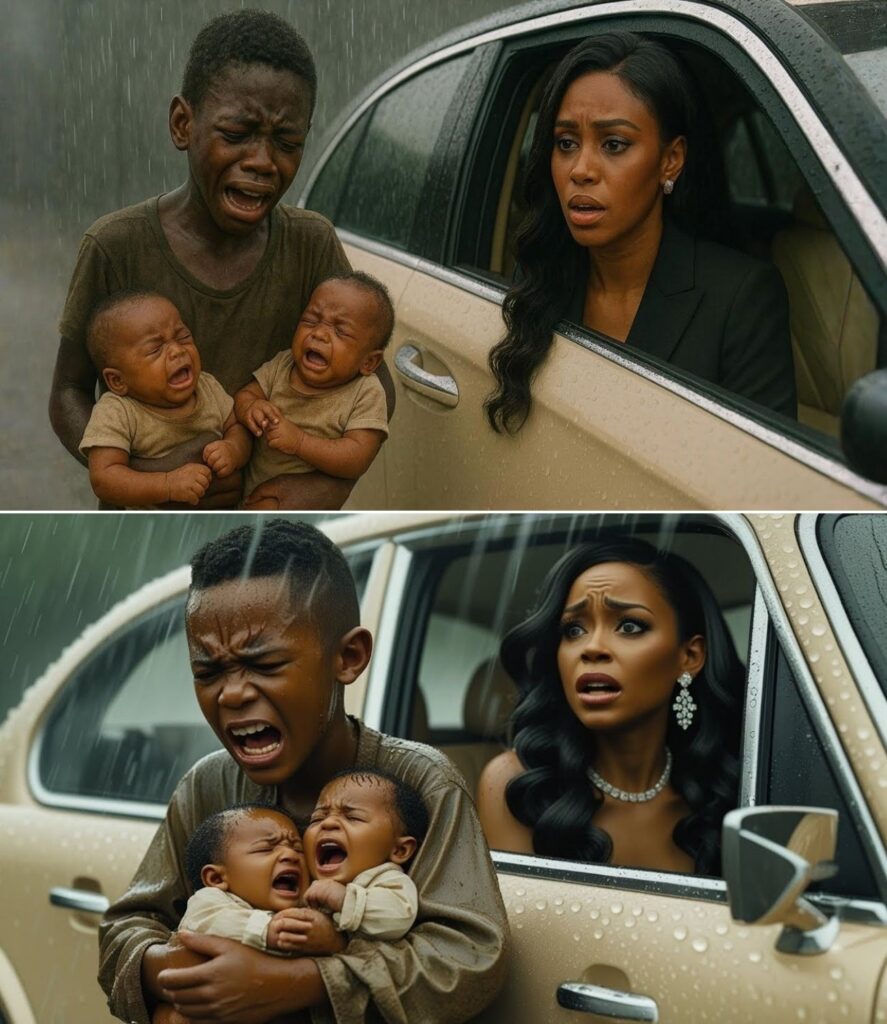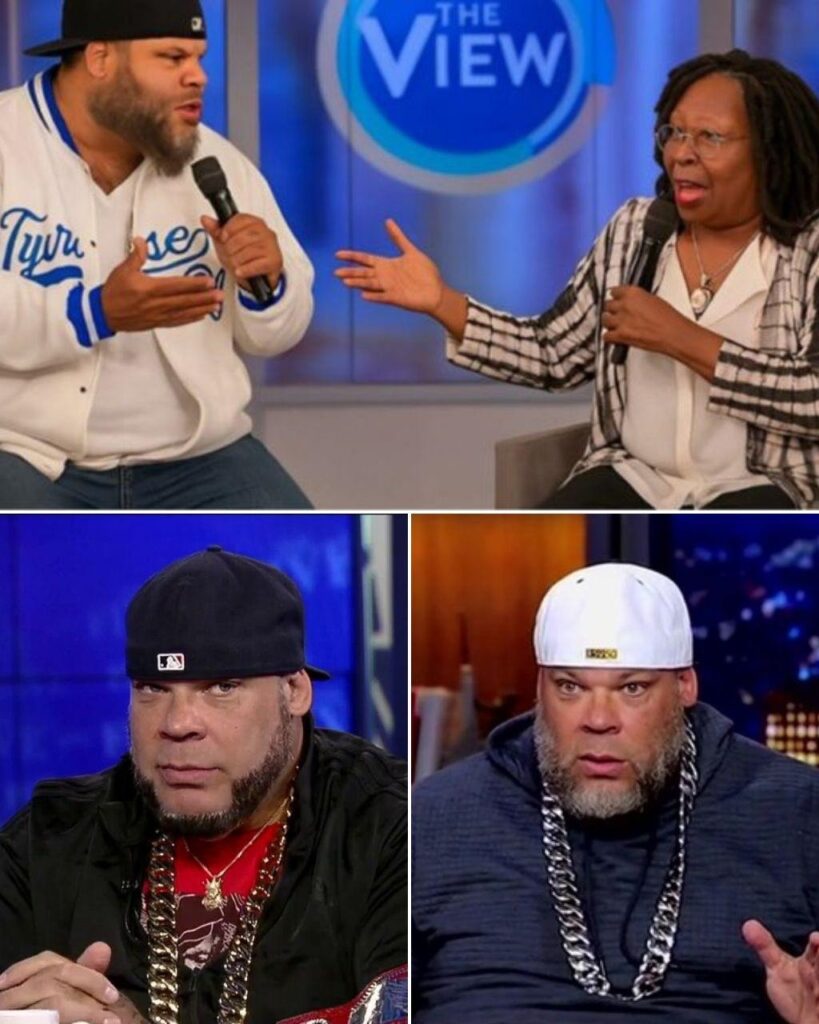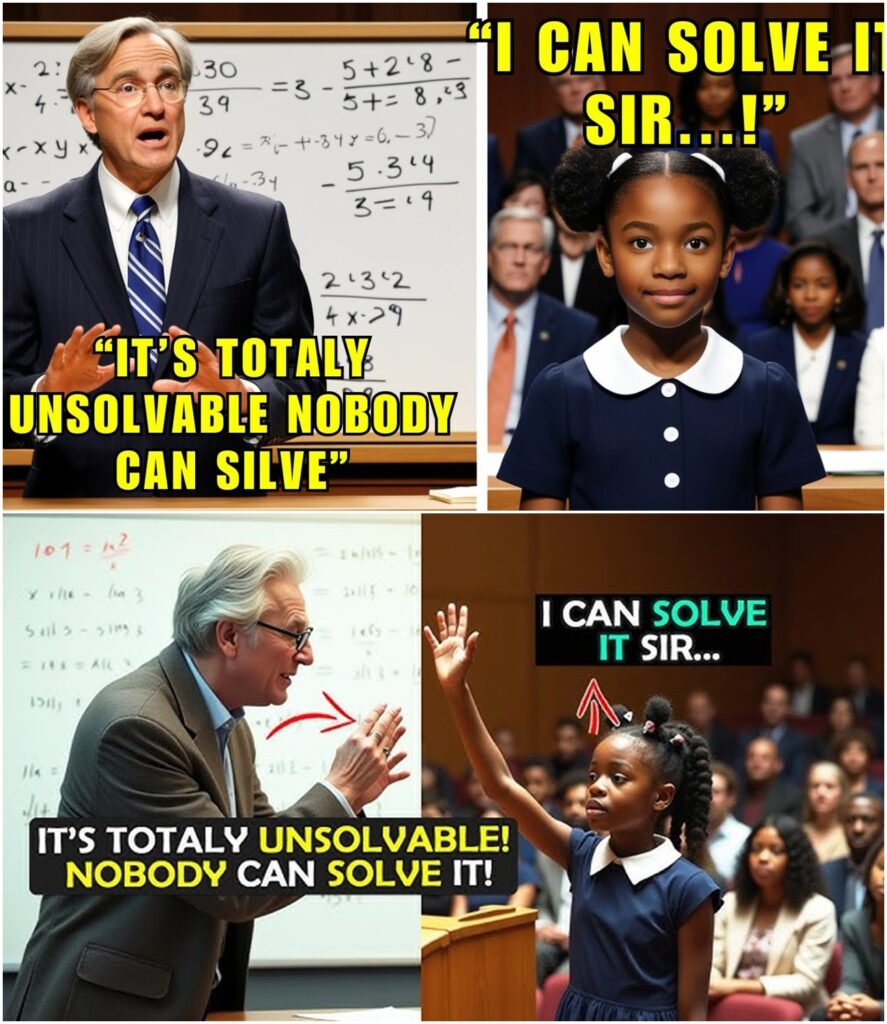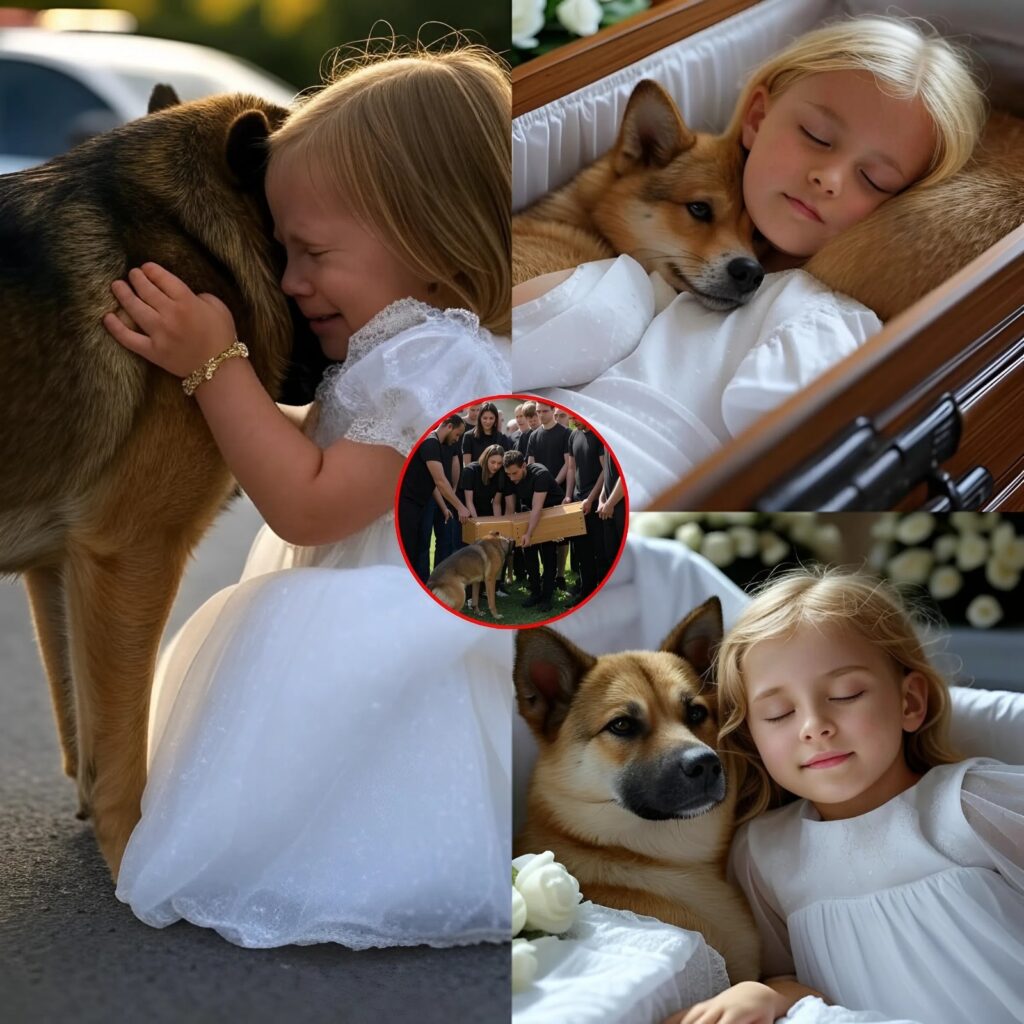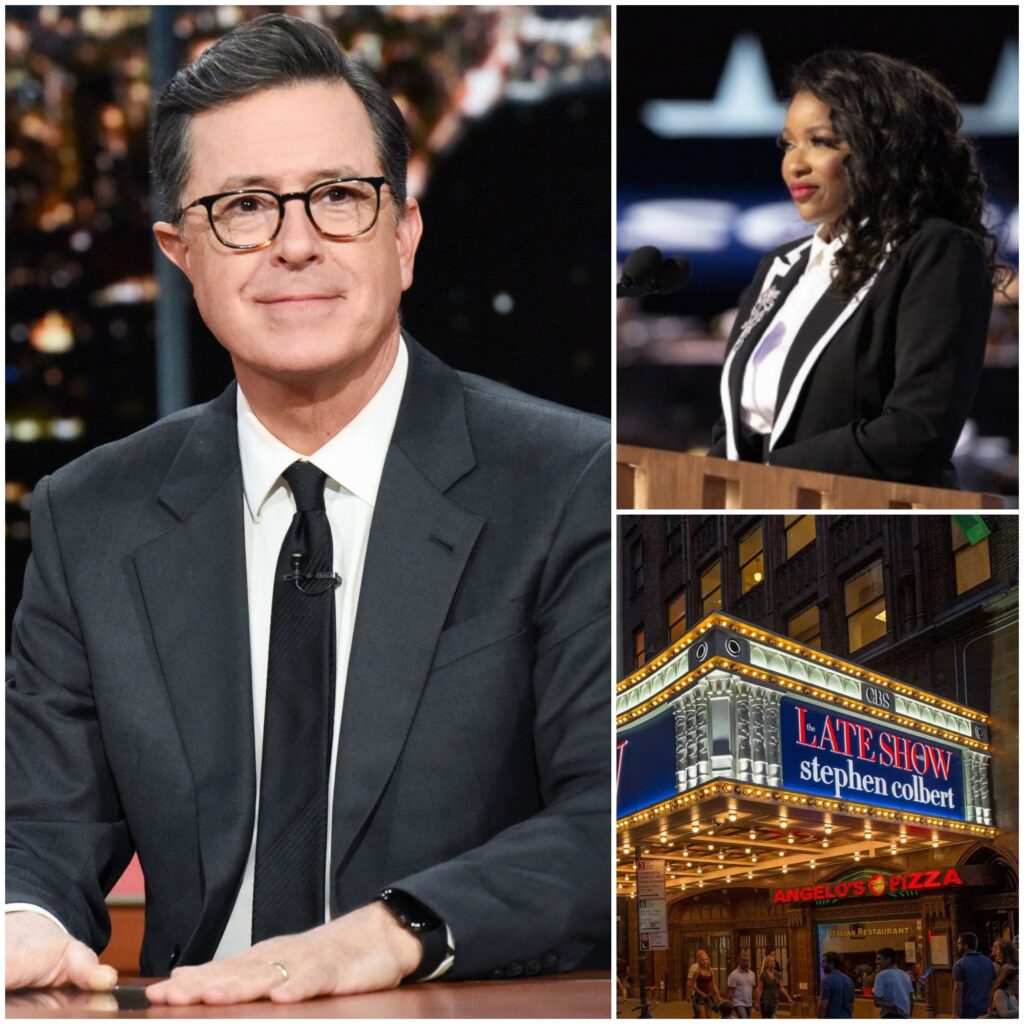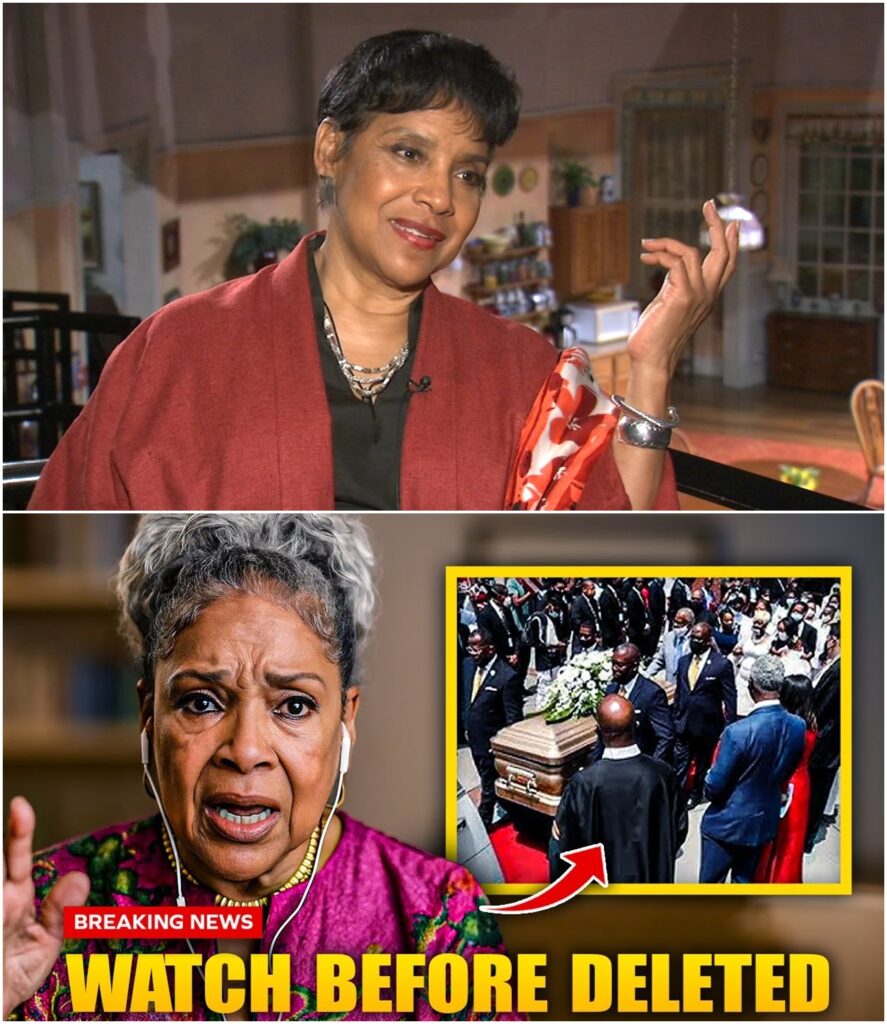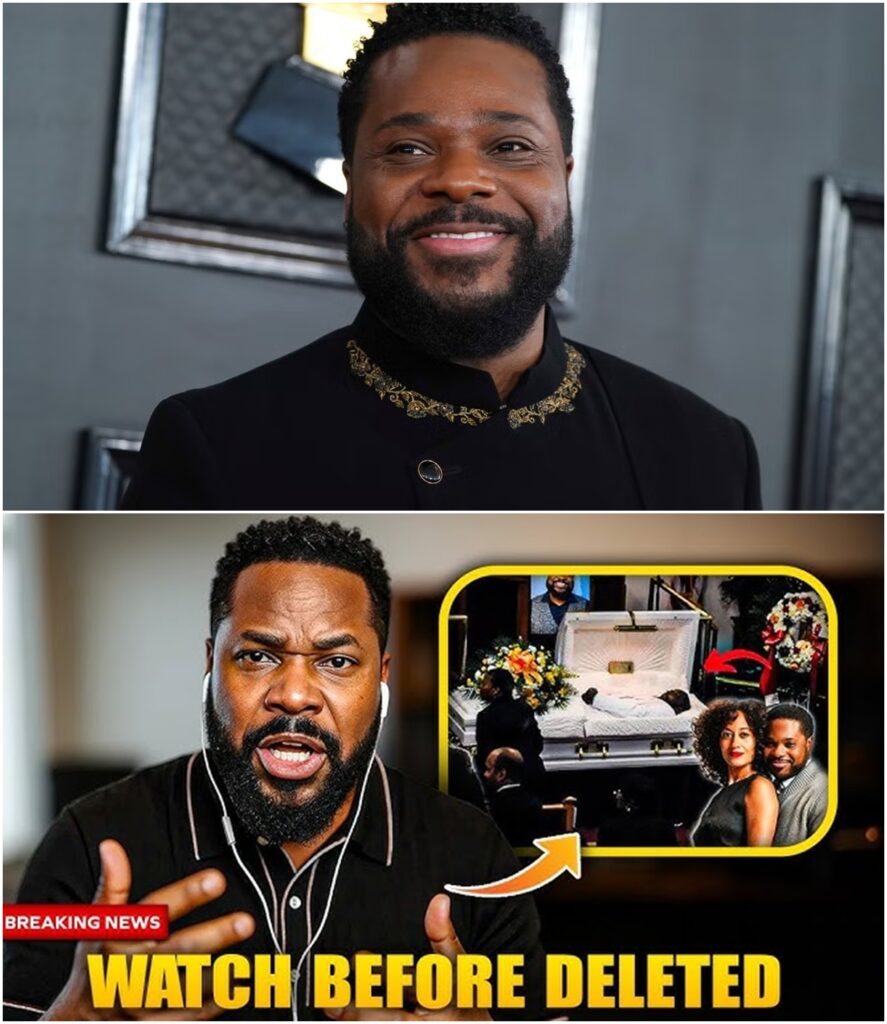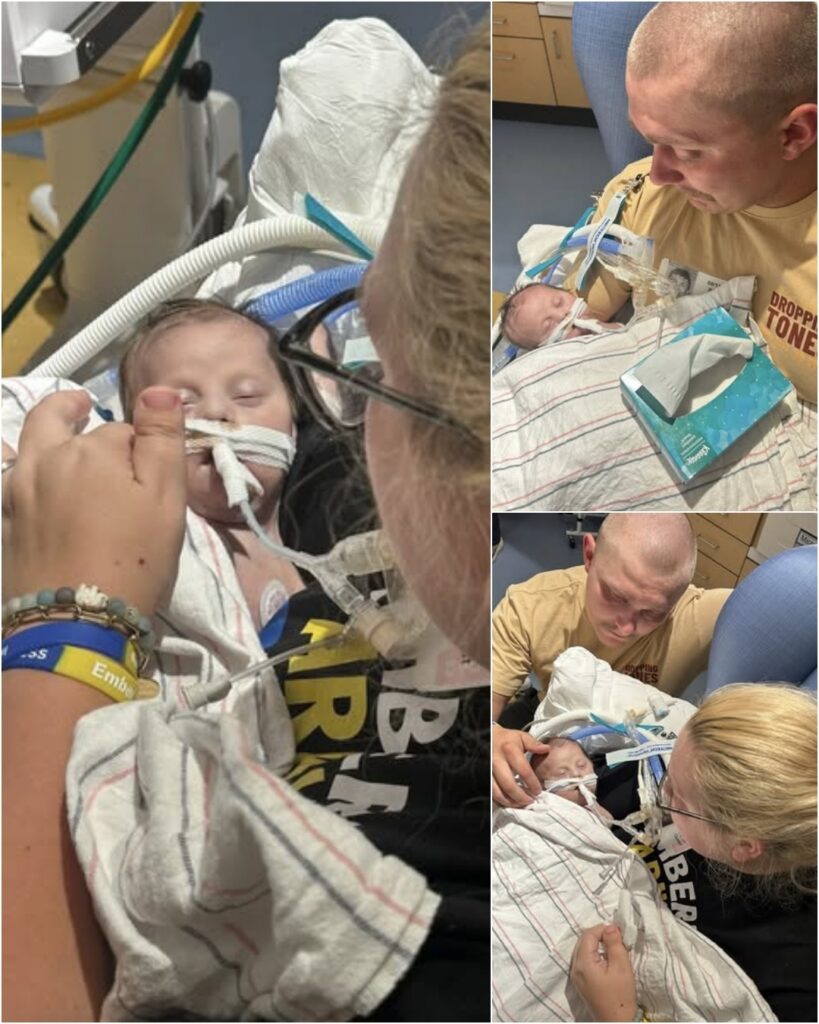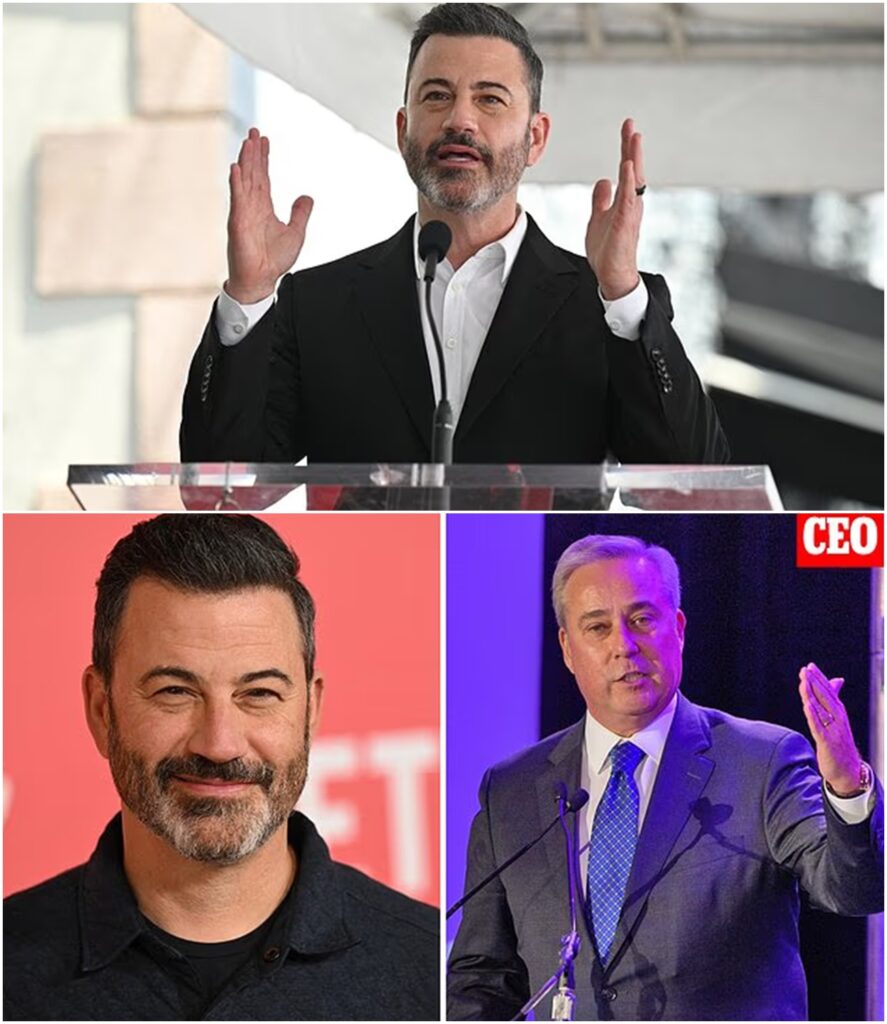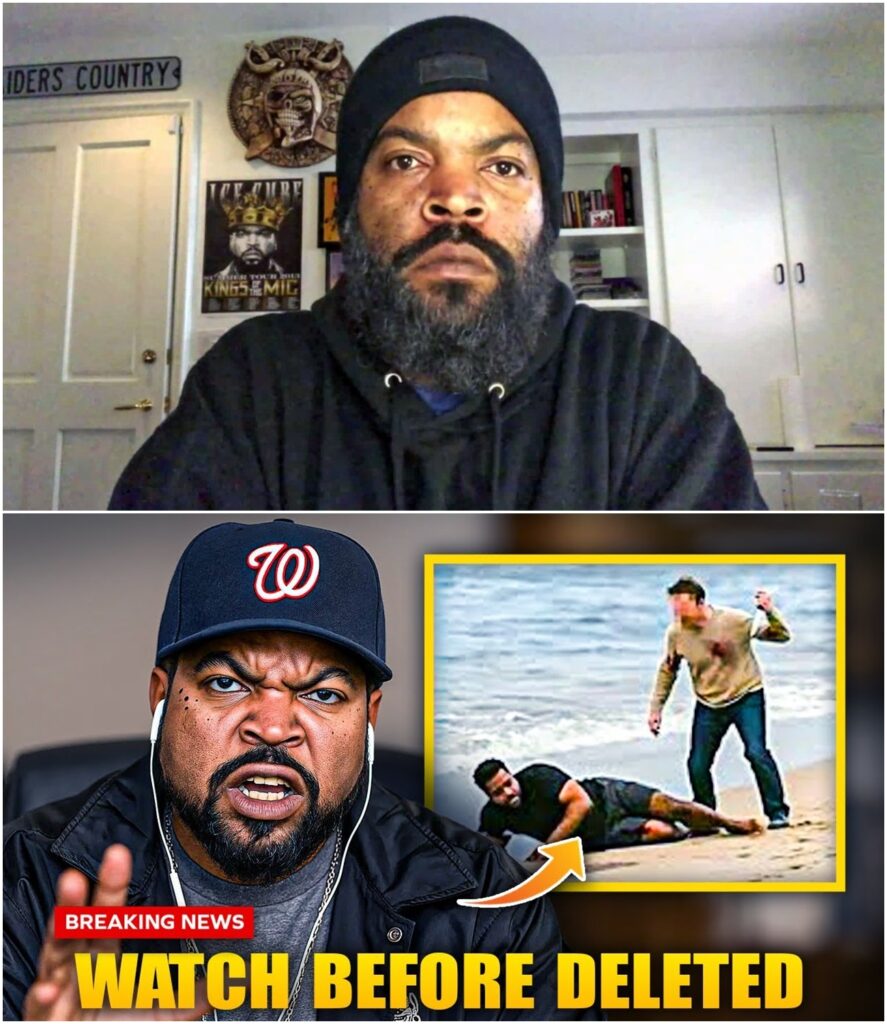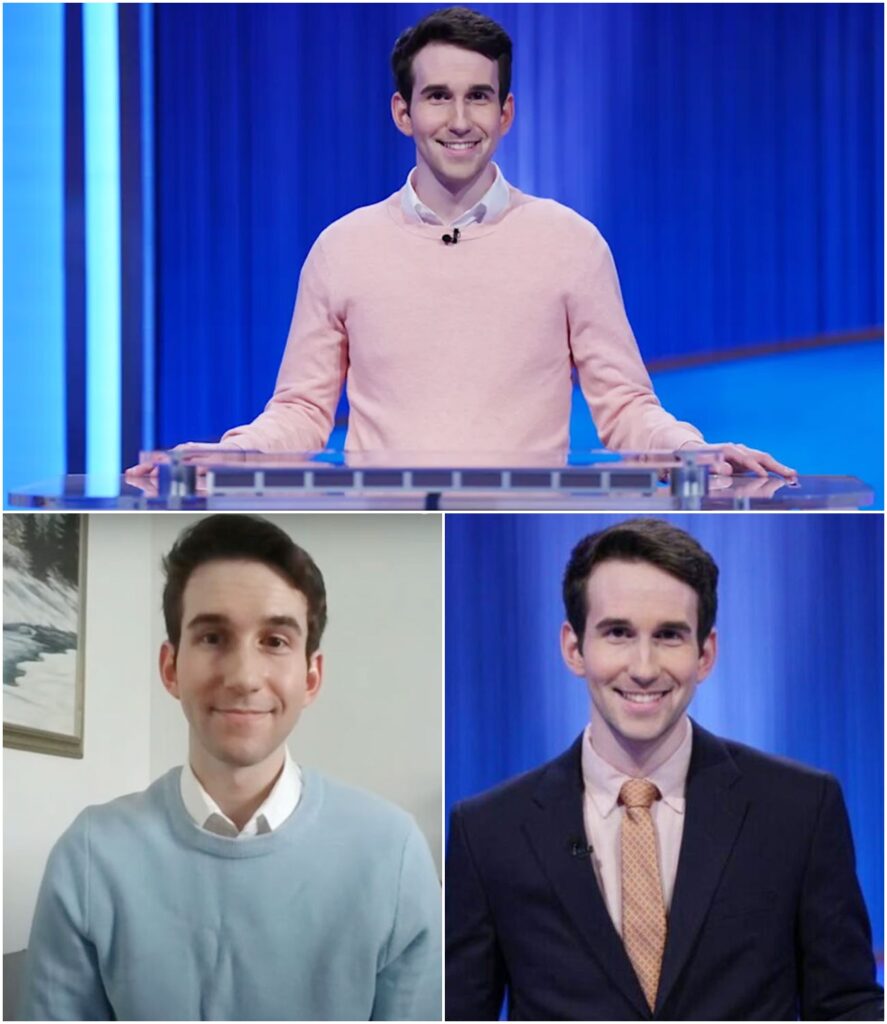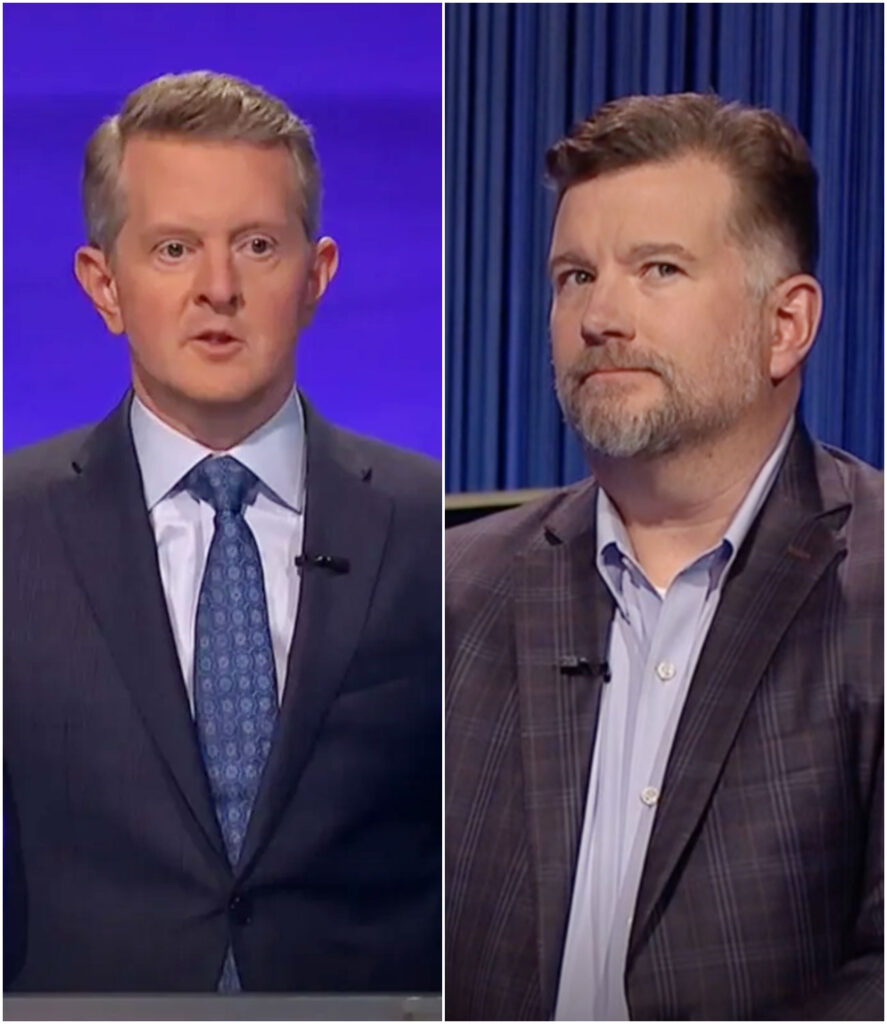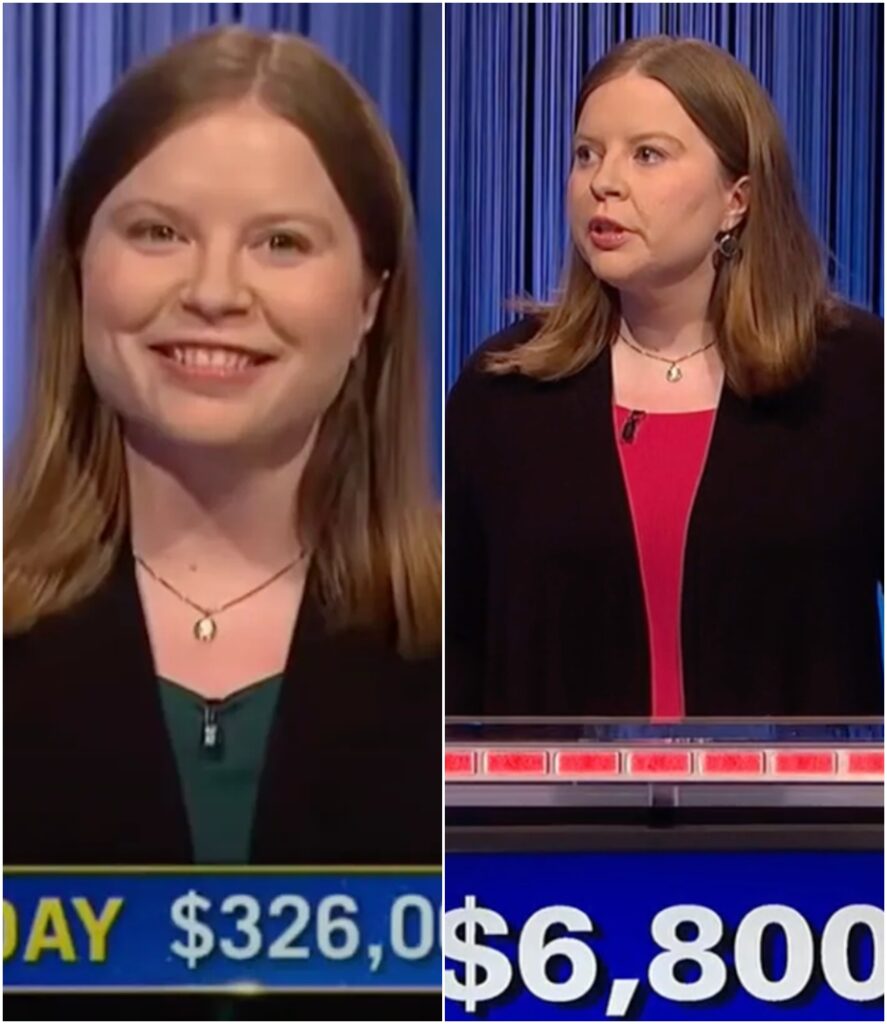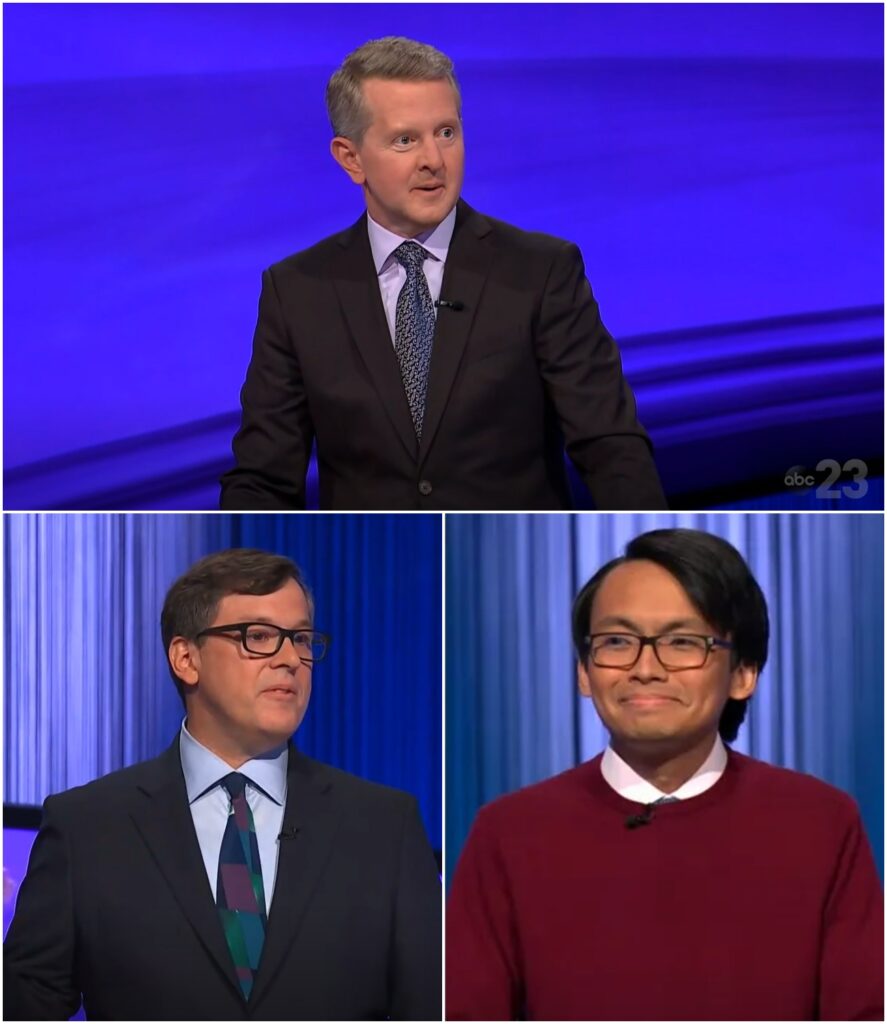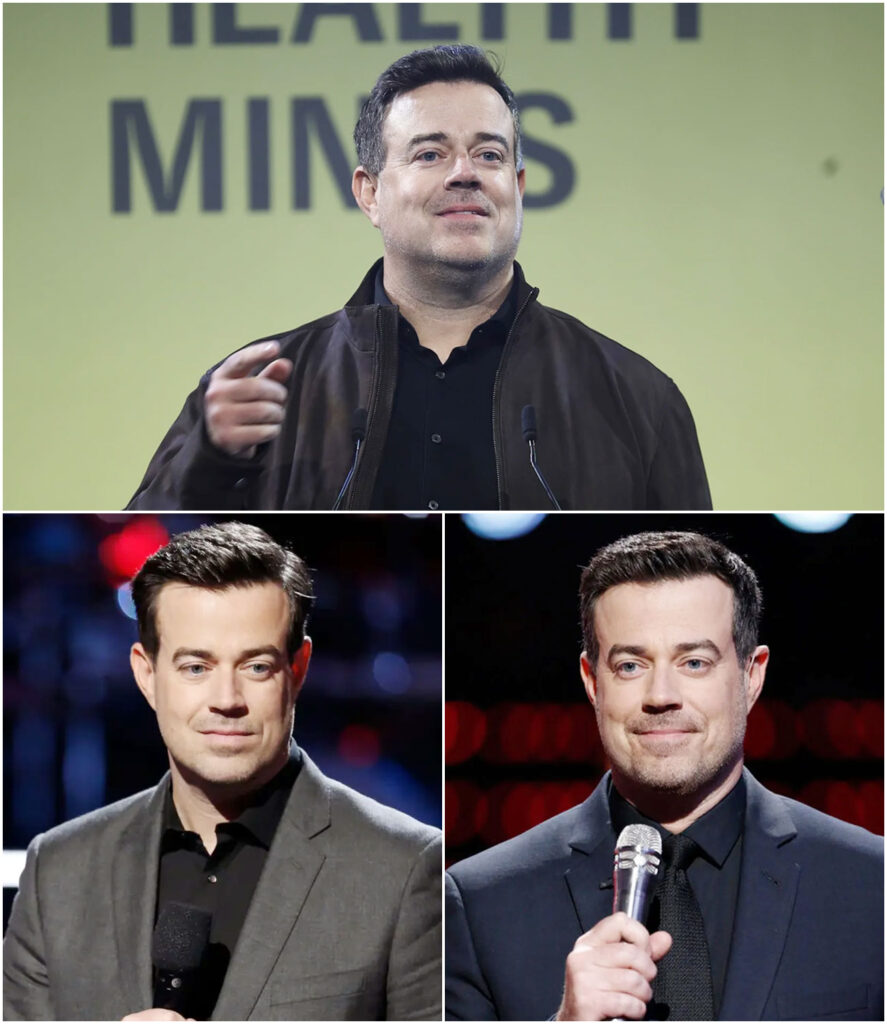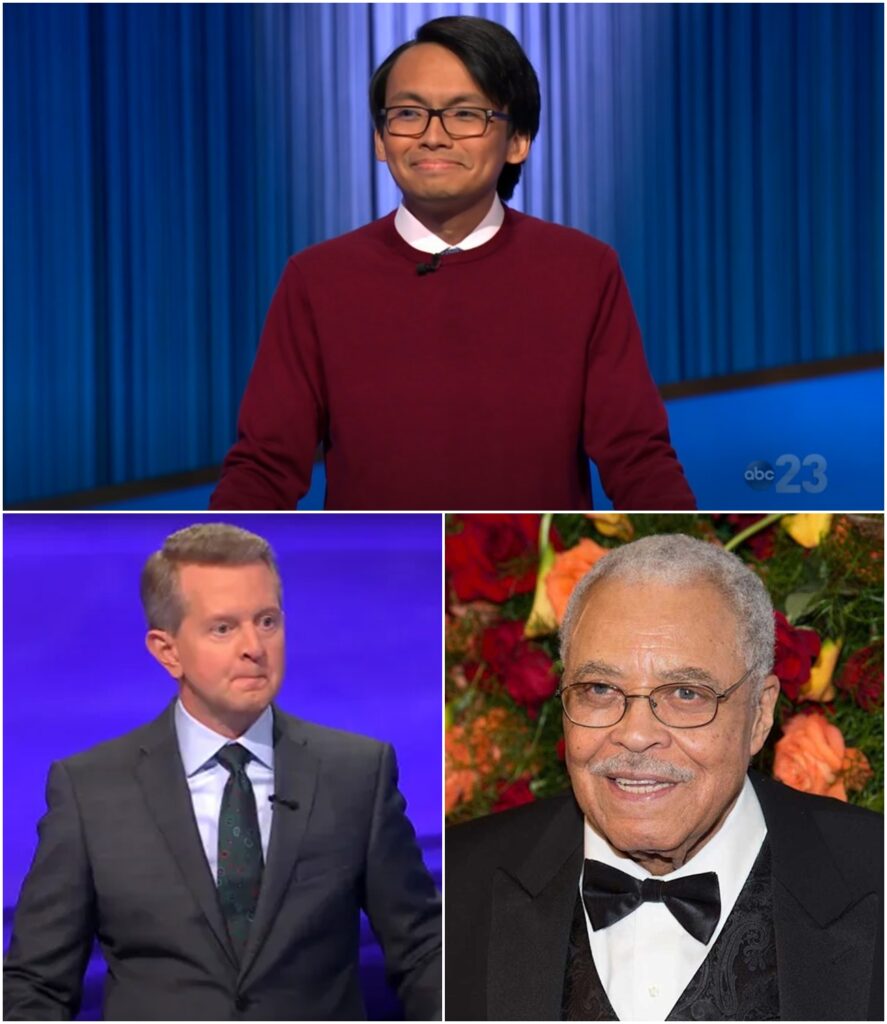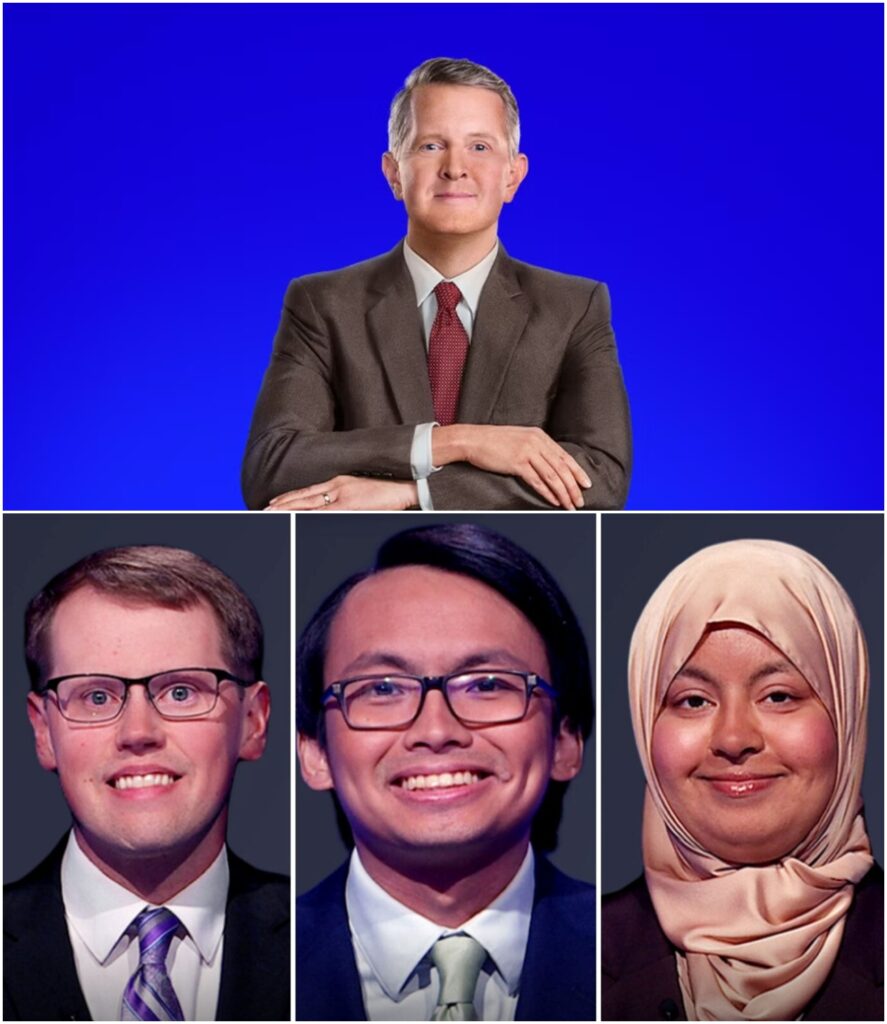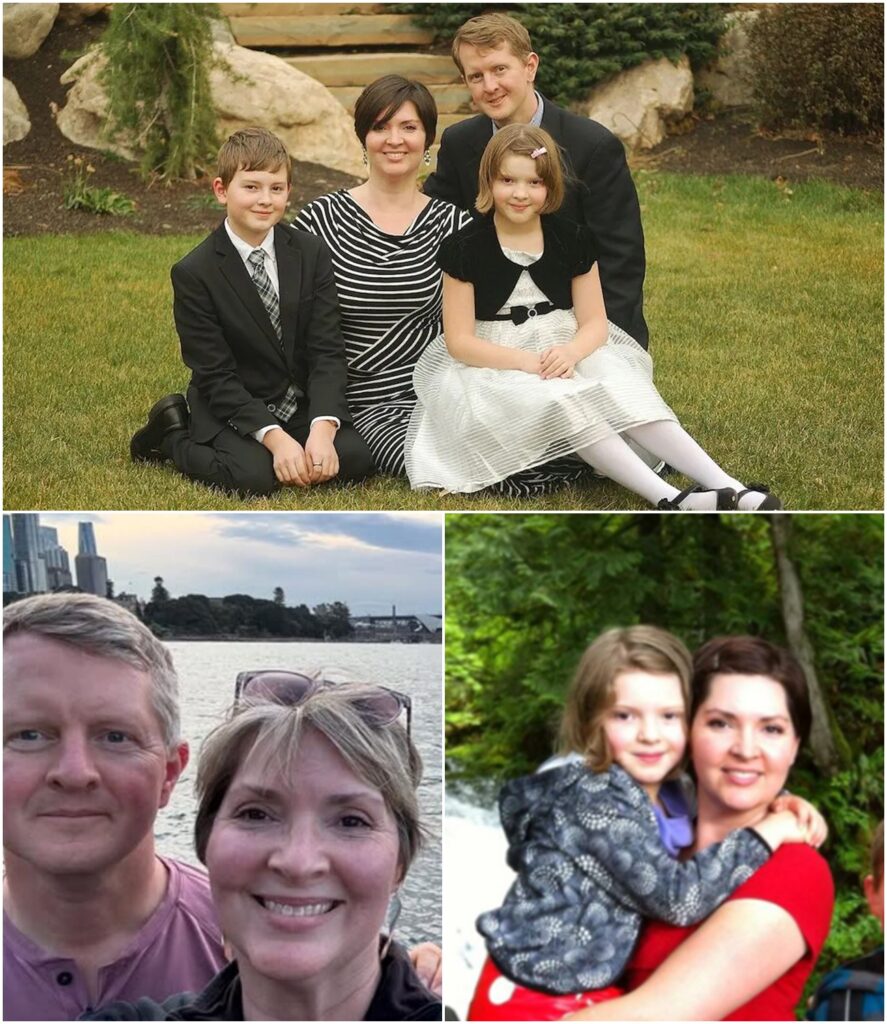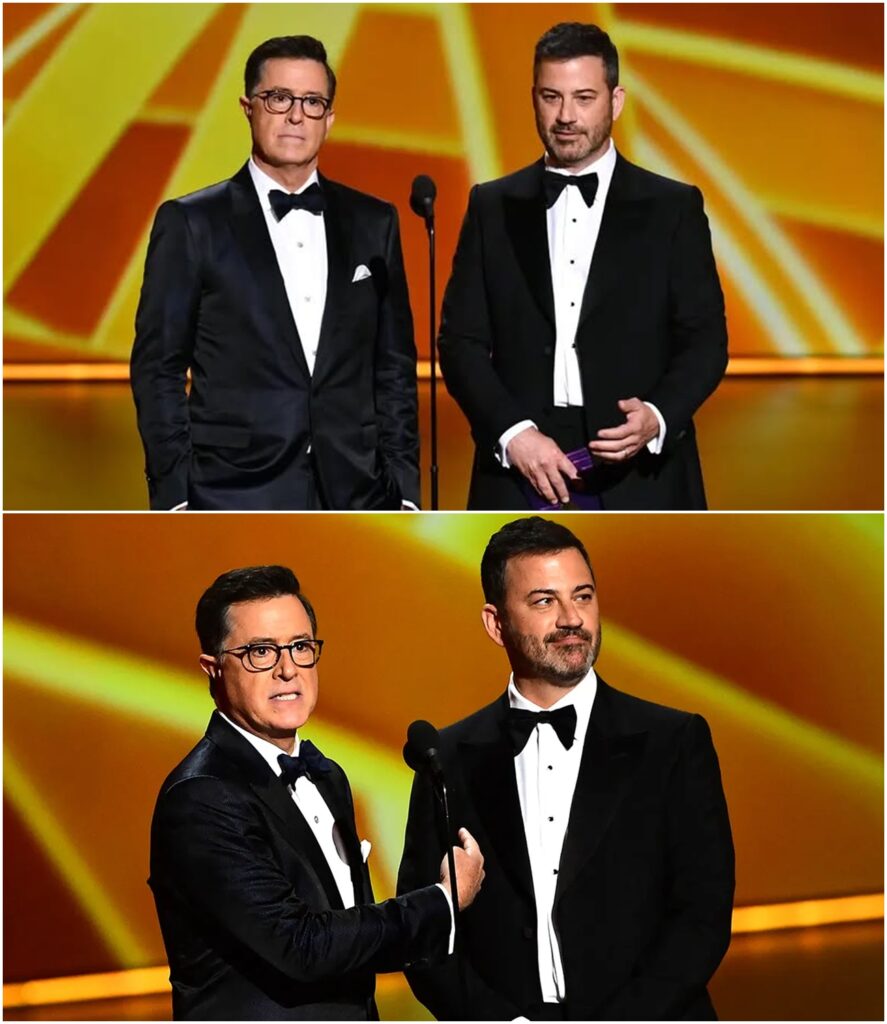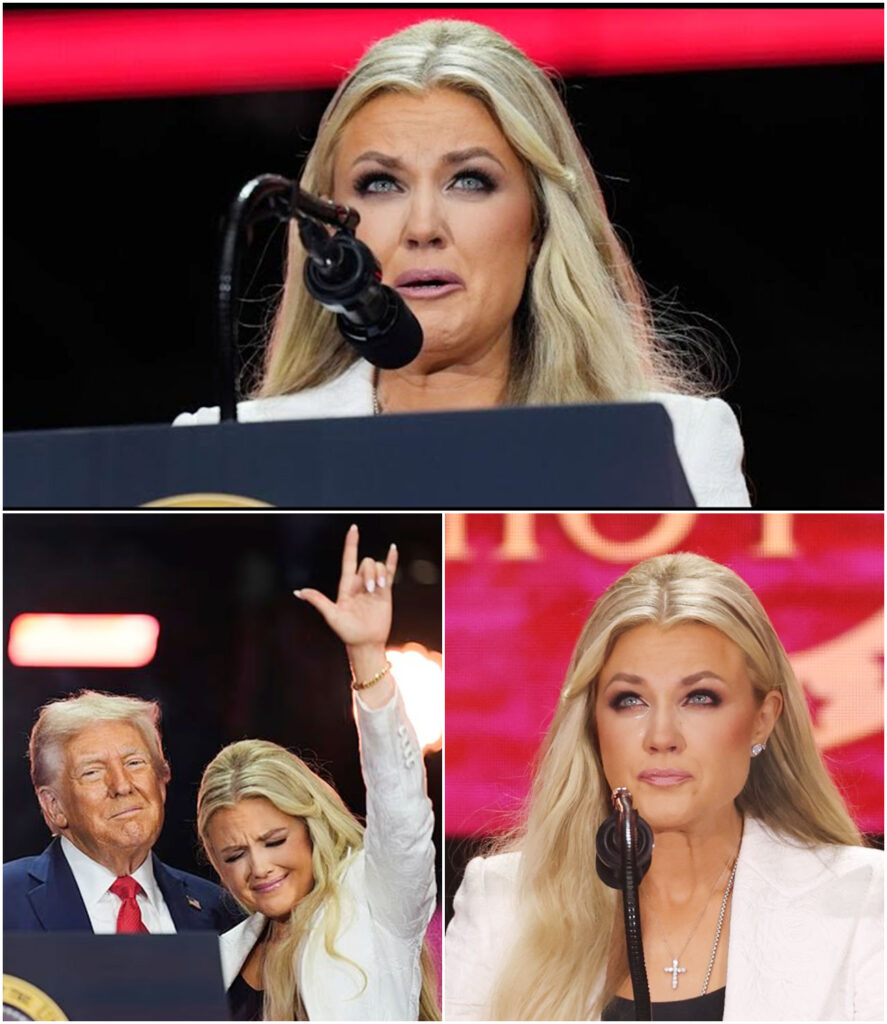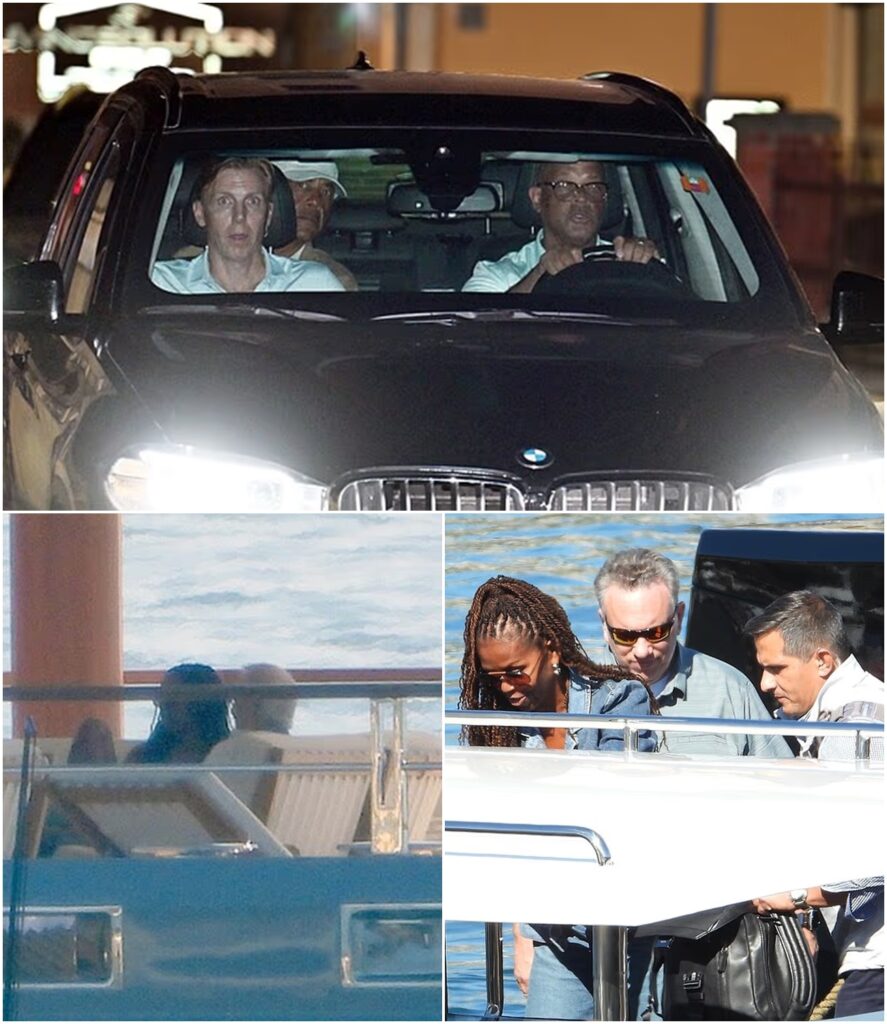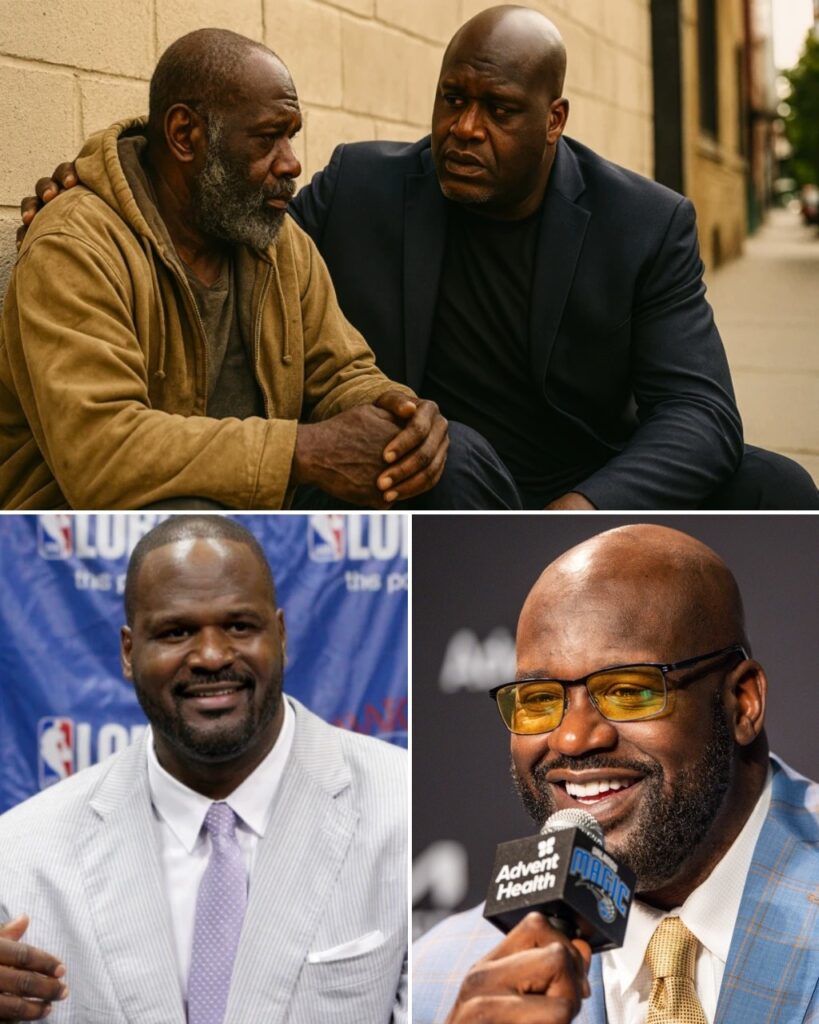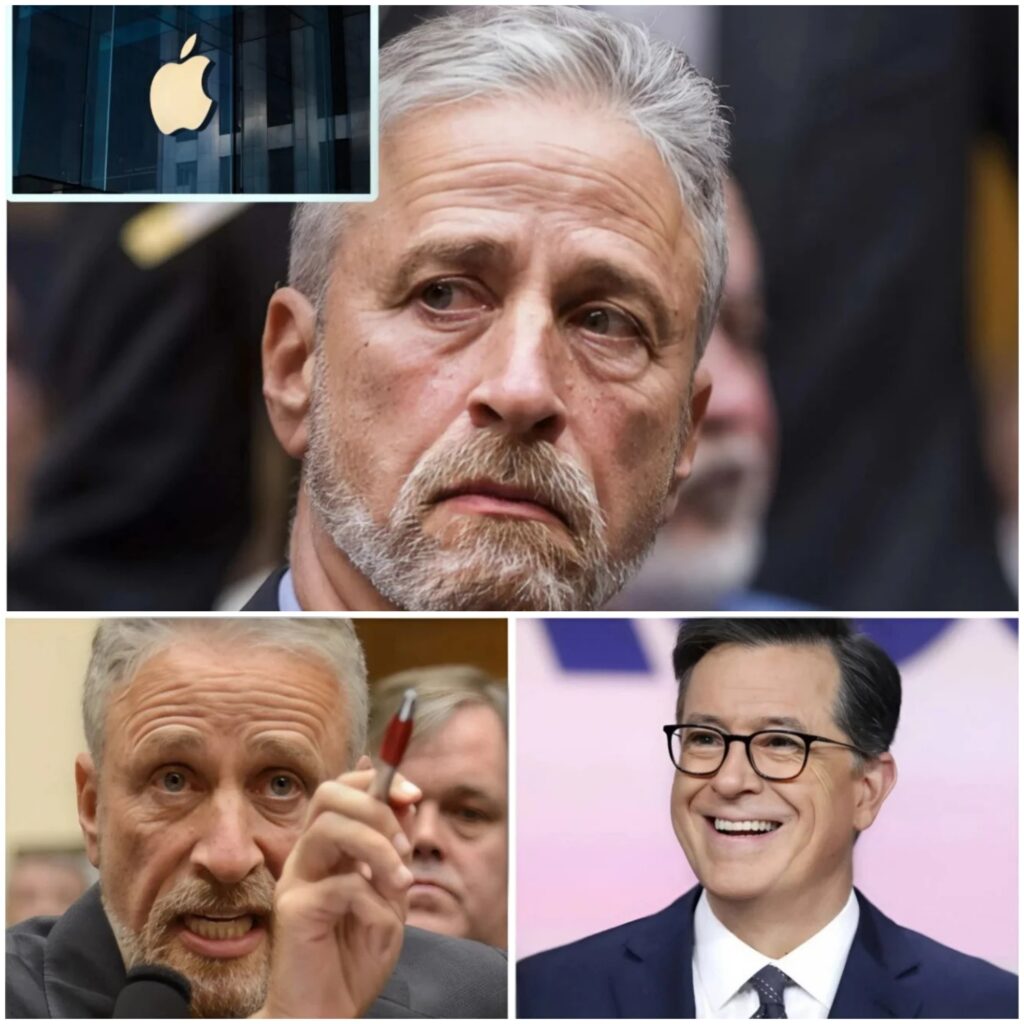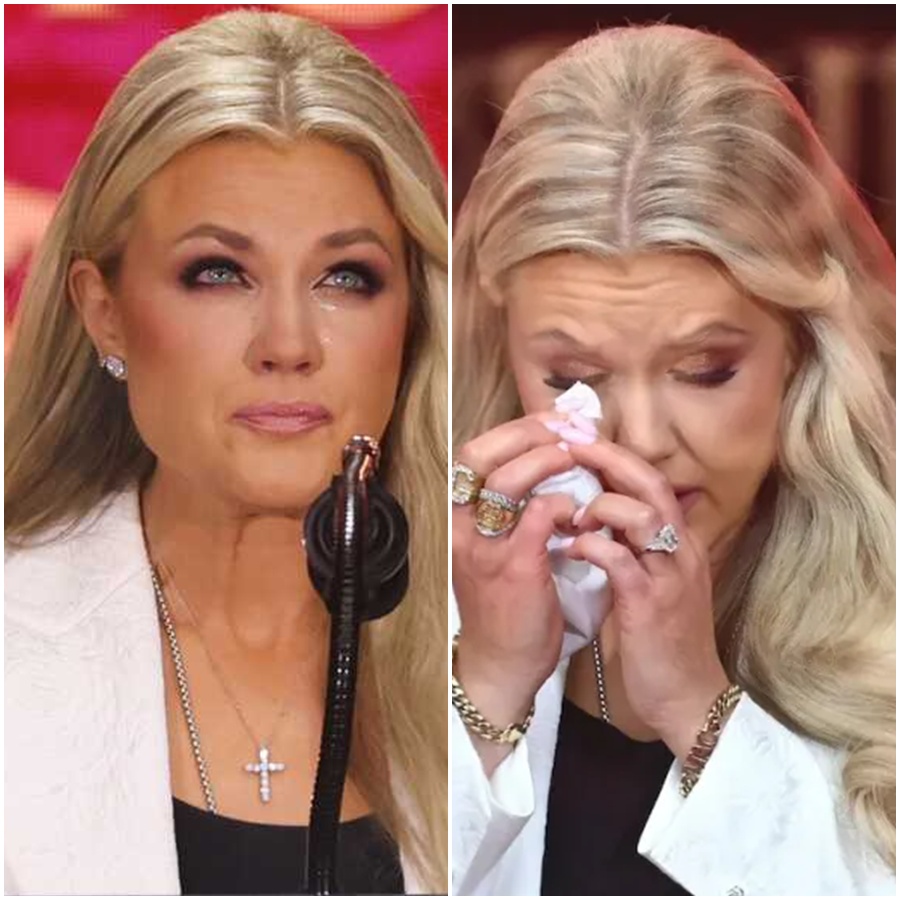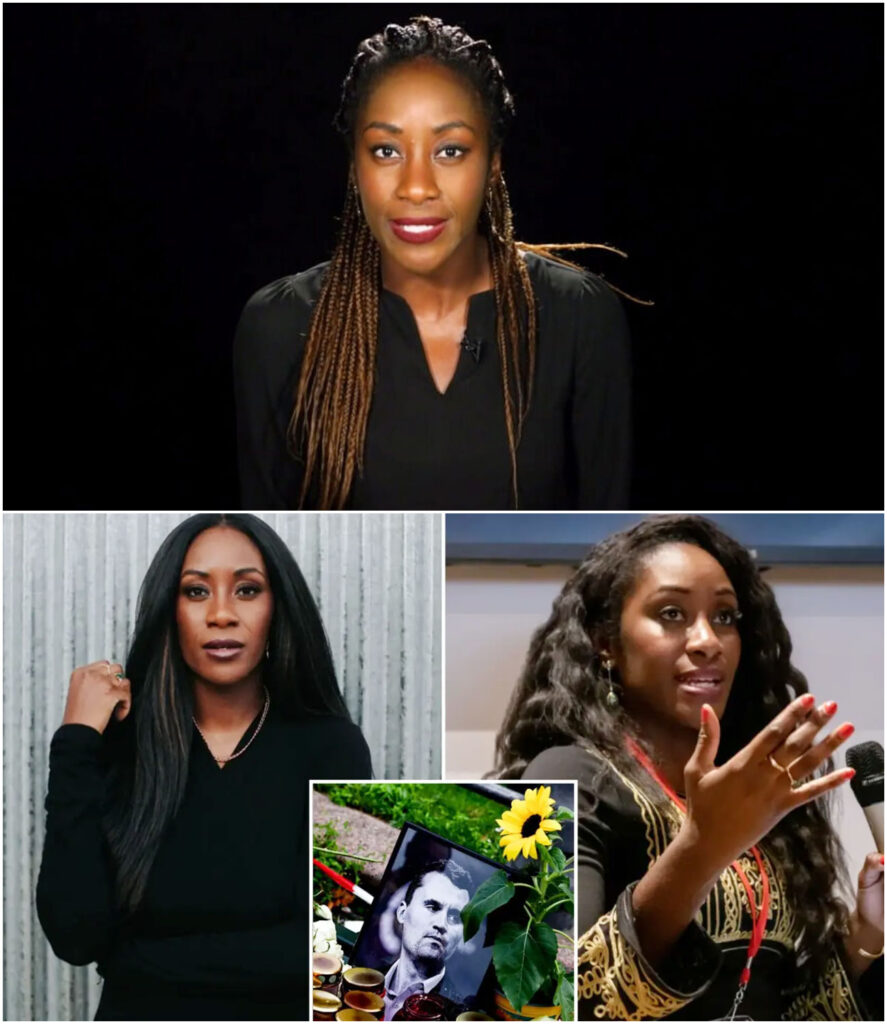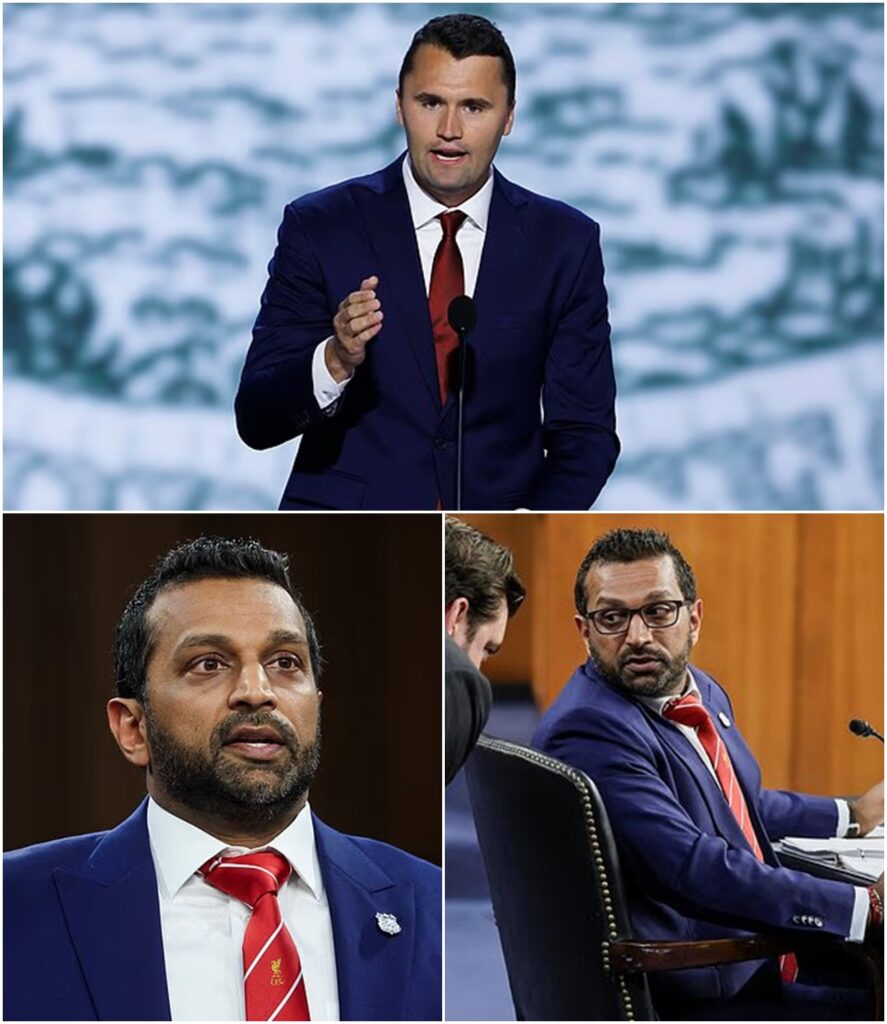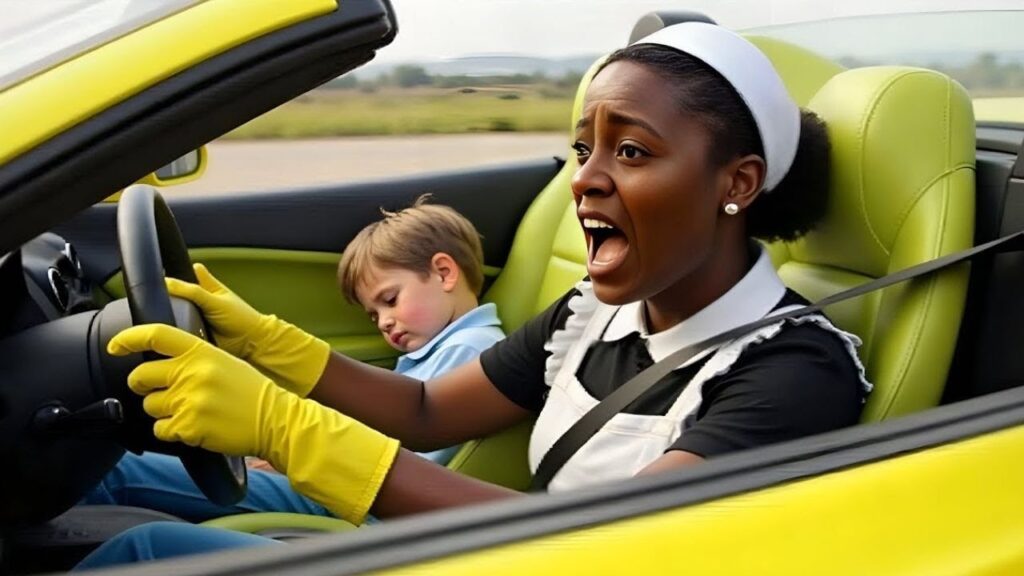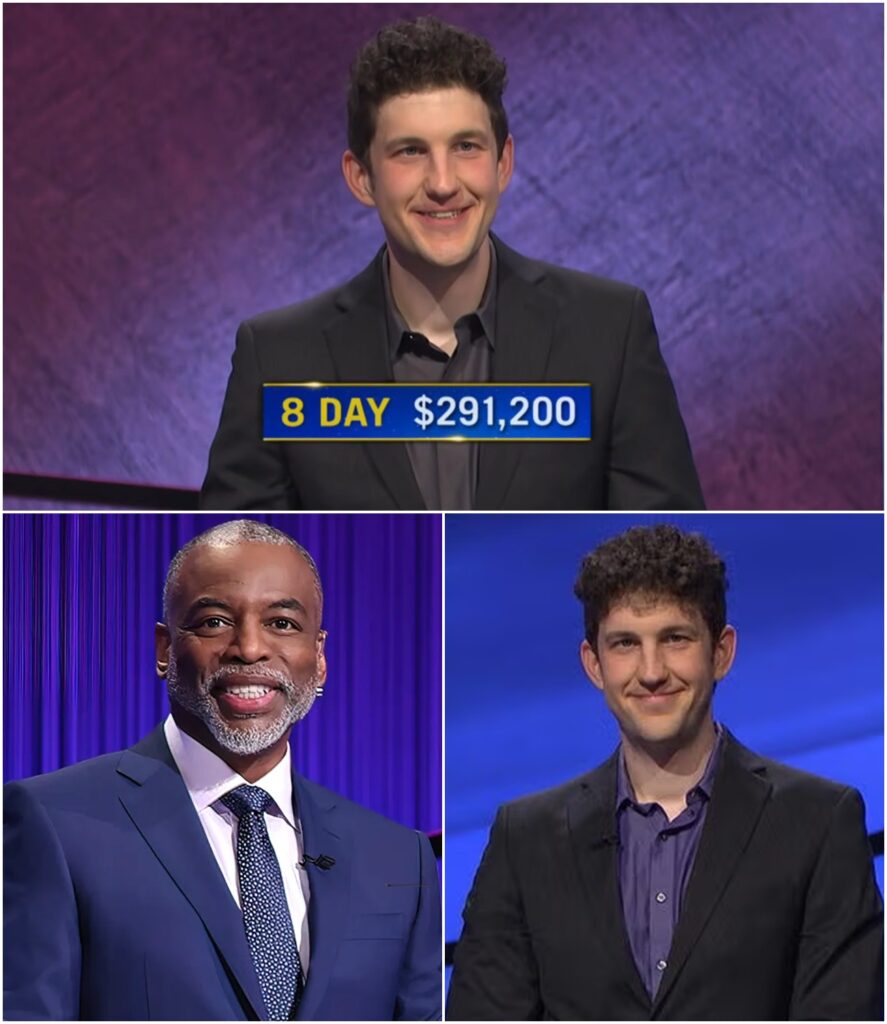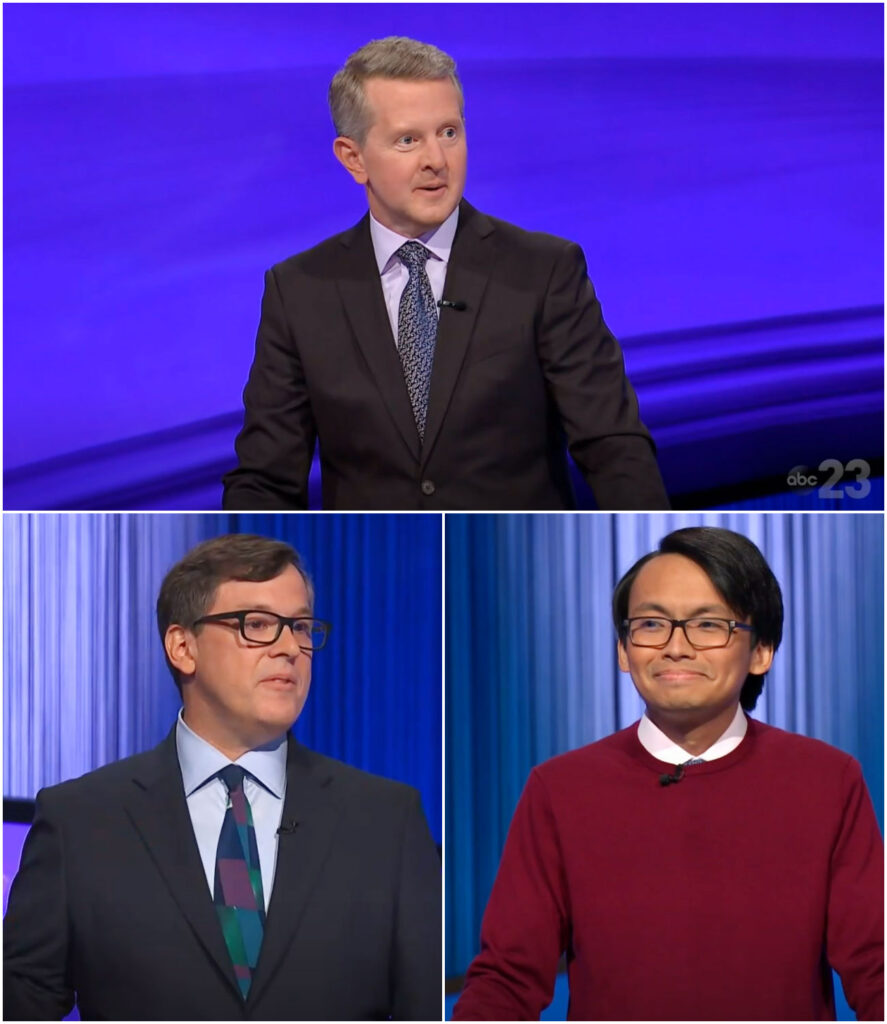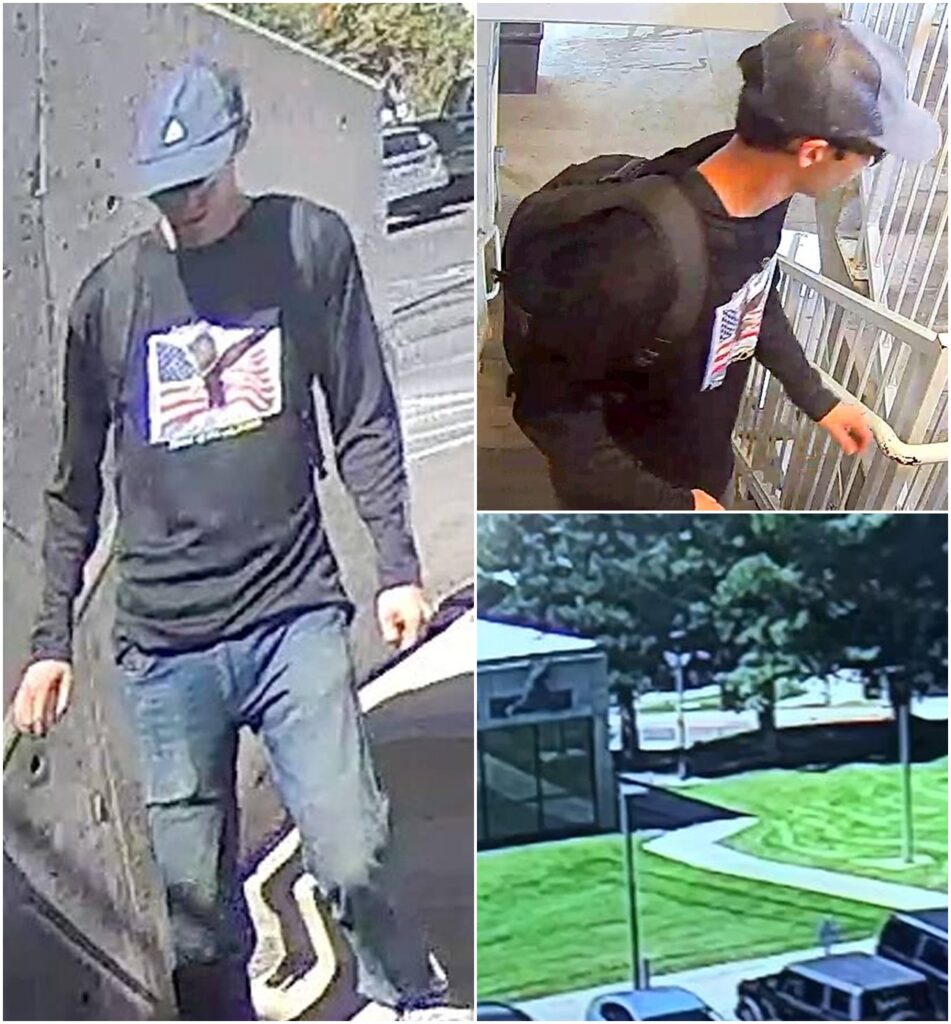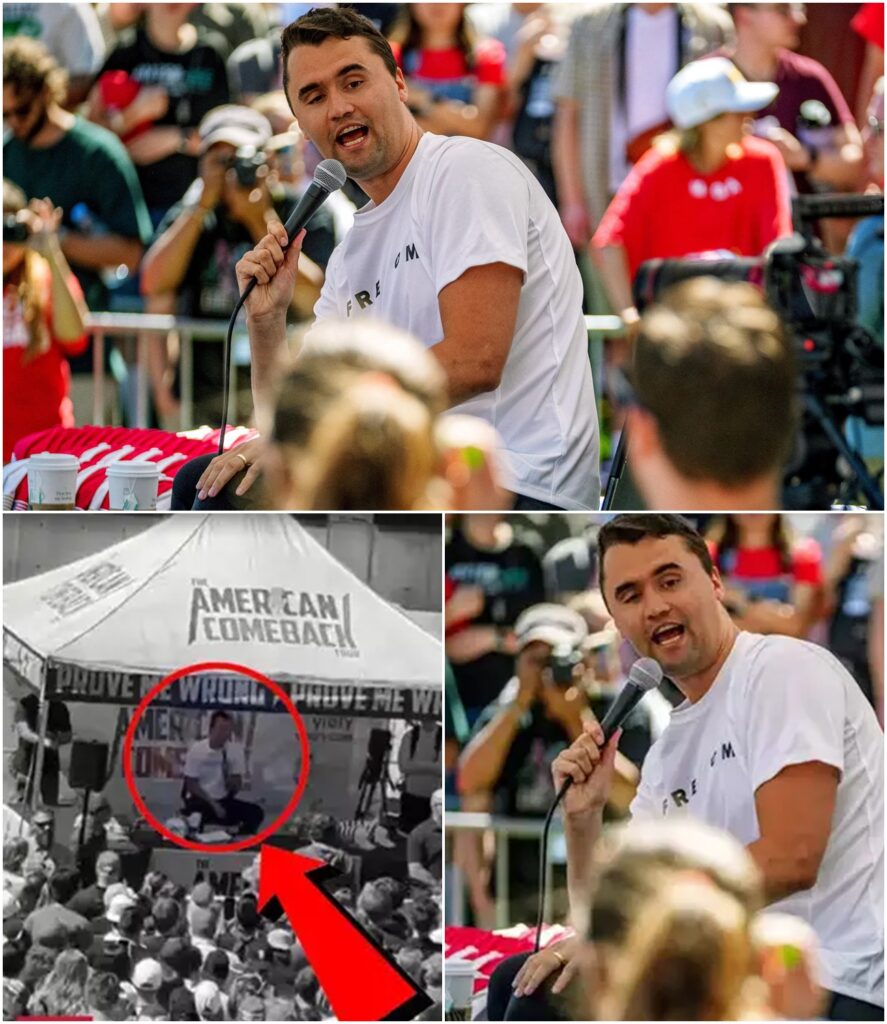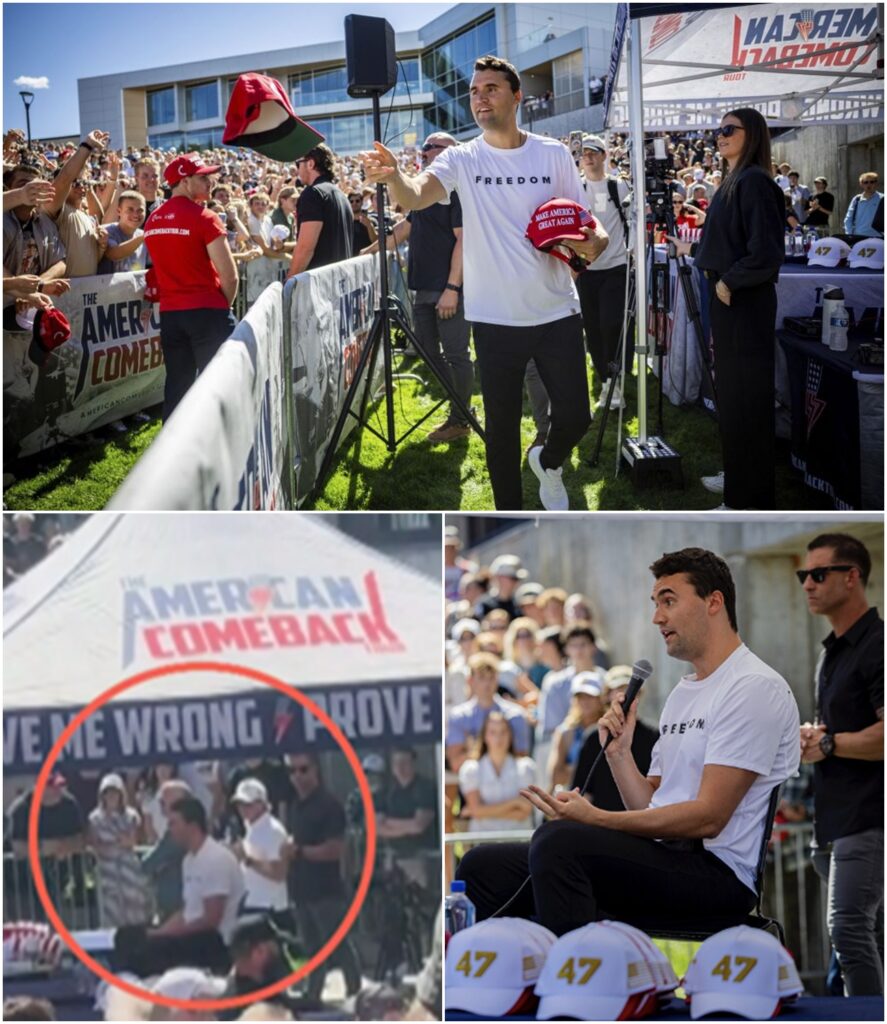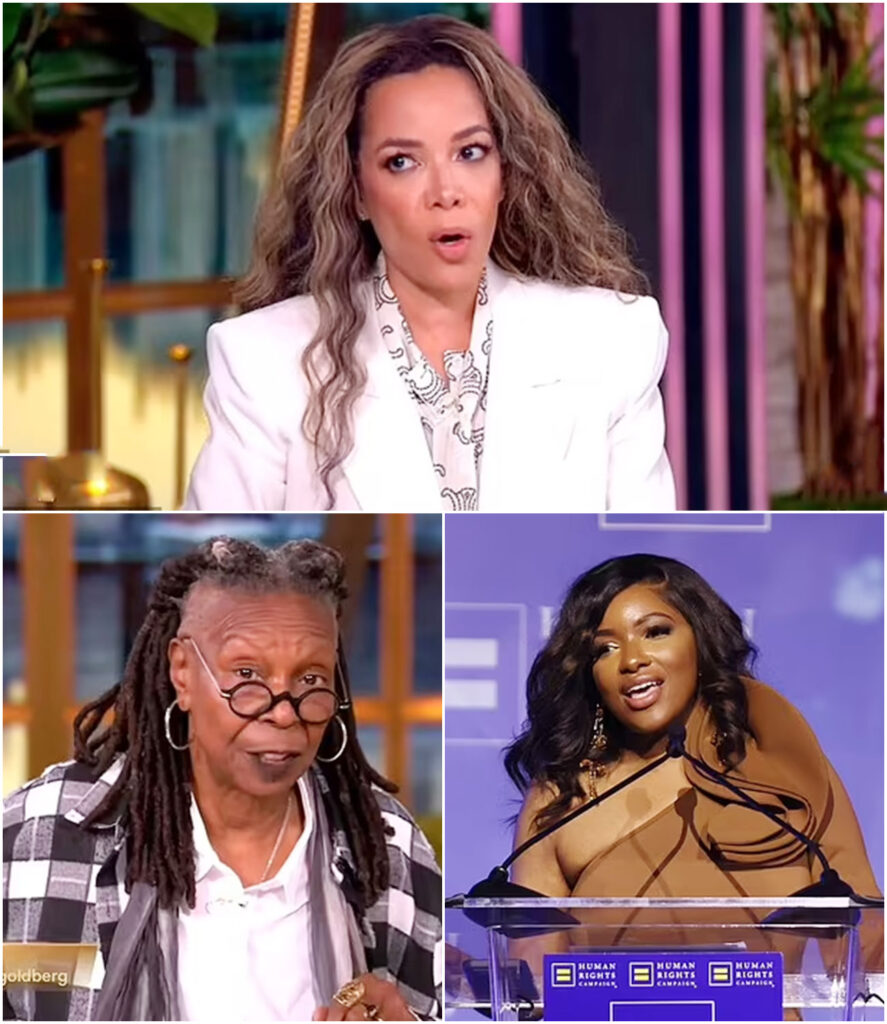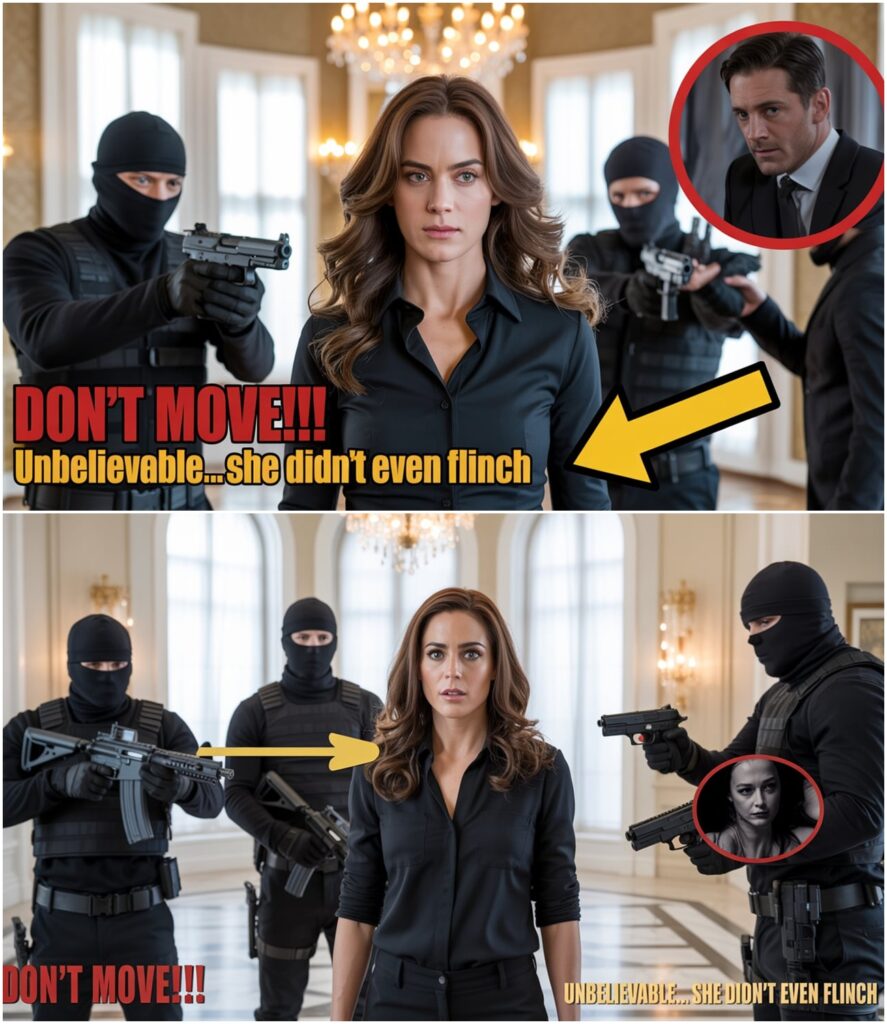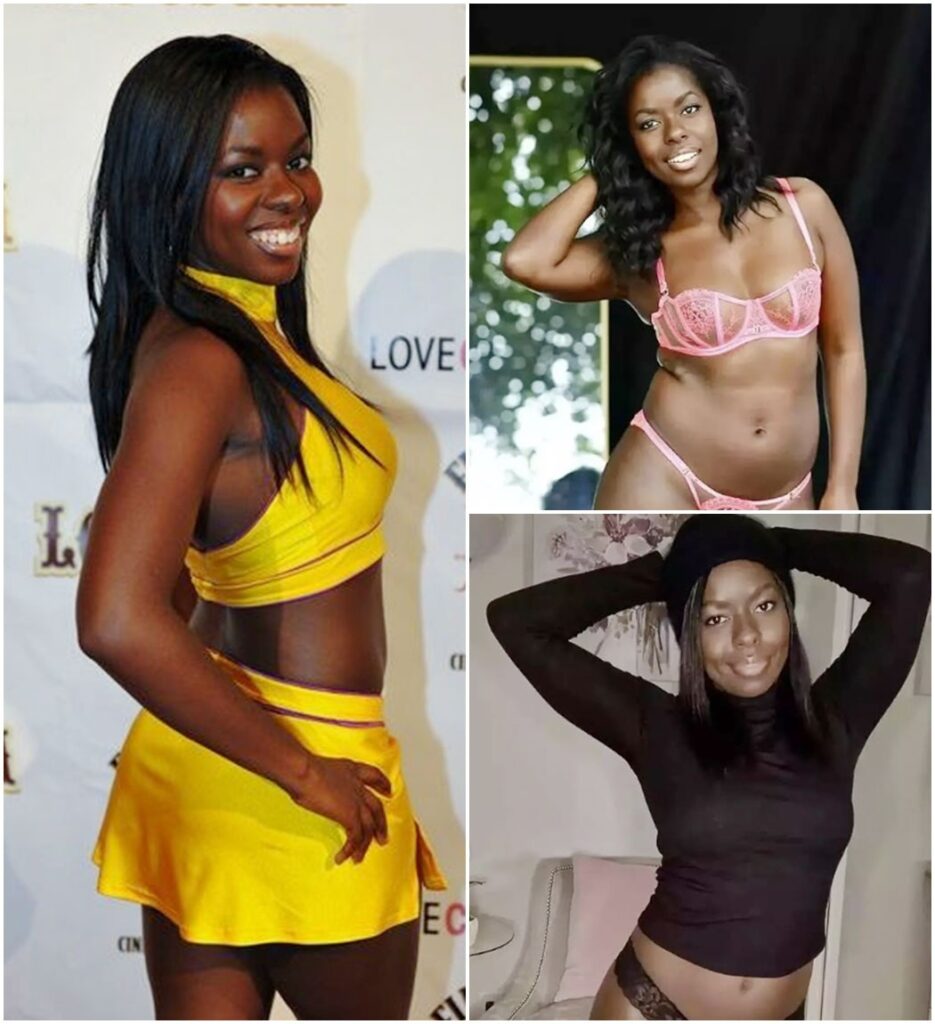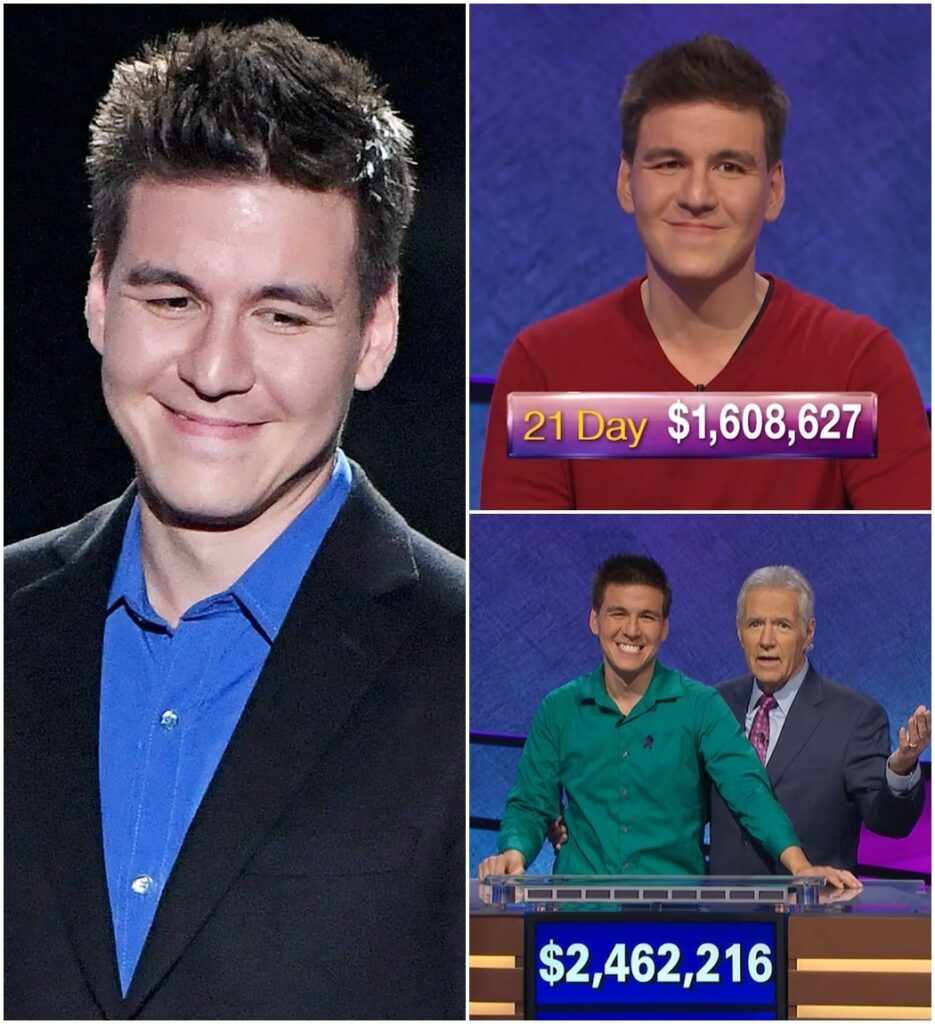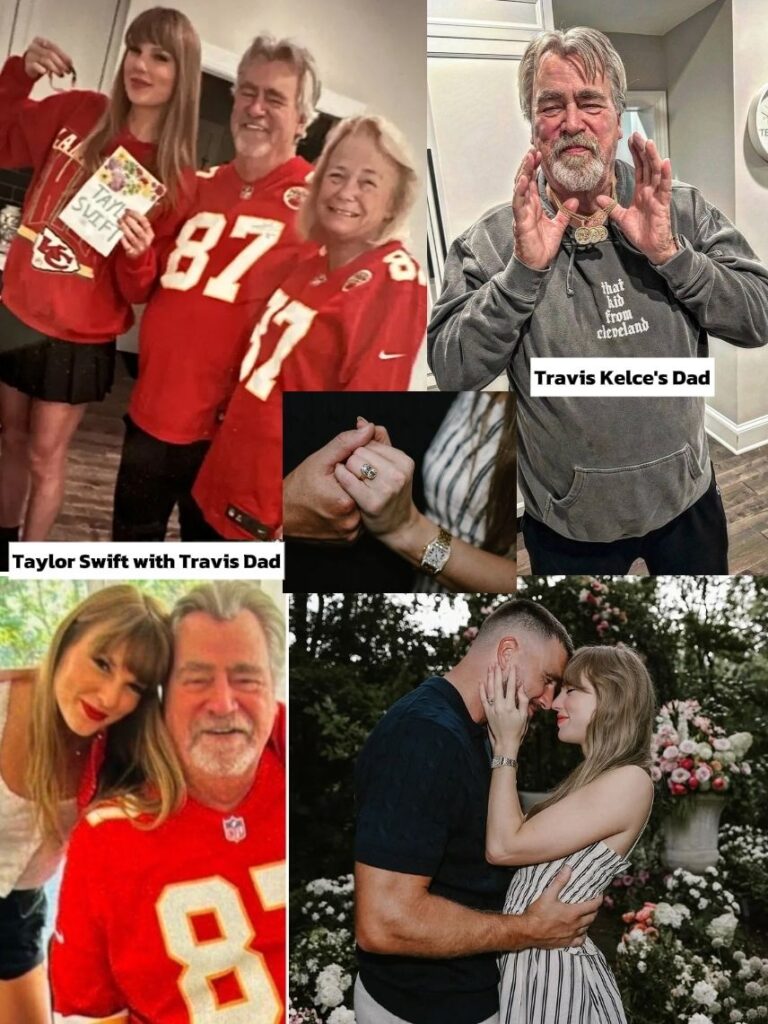Last Moments of D’Angelo – Inside the Final Days of a Neo-Soul Legend

How did D’Angelo, the man who once made the world fall silent with nothing but a whisper of his voice, spend his final days on October 14th, 2025. The music world fell into mourning. Michael Eugene Archer, known to millions as D’Angelo, the soul visionary who redefined R and B and gave birth to an entire genre, Neo Soul, passed away at the age of 51 after a long and courageous battle with pancreatic cancer.
His family confirmed the news in a statement to Variety. The shining star of our family has dimmed his light for us in this life. After a prolonged and courageous battle with cancer, we are heartbroken to announce that Michel D’Angelo Archer has been called home. From Brown Sugar and Lady to the haunting sensuality of untitled How Does It Feel, D’Angelo didn’t just sing, he summoned something sacred.
His music blurred the line between gospel and desire, between the church and the body. And behind that quiet genius was a man torn between light and darkness, creation and self-destruction. Today, the world says goodbye to the voice that carried both passion and pain. A voice that taught an entire generation how to feel again.
The voice that once defined neo soul has finally gone silent. Before the world called him D’Angelo, he was simply Michael Eugene Archer, a quiet boy from Richmond, Virginia, born on February 11th, 1,974. His childhood was steeped in rhythm and prayer. His father, a Pentecostal minister, preached to the small congregations of South Richmond while young Michael sat by the organ, his tiny fingers tracing melodies long before he could even read sheet music.

Music wasn’t a hobby. It was a language spoken in his home. At the age of three, he began learning the piano. By 10, he was already performing in church, blending the spirit of gospel with a curiosity that reached beyond the hymns. His mother recalled that he would often stay behind after services, experimenting with the chords, as if searching for something divine hidden inside every note.
As a teenager, D’Angelo was drawn to the world outside the church, the pulsing energy of hip hop and the soulful echoes of Marvin Gay, Prince, and Curtis Mayfield. He formed a local group called Intelligent Deadly but unique IDU where he honed not only his voice but also his confidence as a songwriter and multi-instrumentalist. At 16, he stepped onto the legendary stage of Amateur Night at the Apollo Theater in Harlem and won not once but three times in a row.
The quiet church boy from Virginia had found his destiny. That victory became his ticket out of Richmond and his entrance into the storm of the music industry. Those early years shaped everything that came later. The reverence of gospel, the rebellion of funk, and the vulnerability of soul. D’Angelo wasn’t born into fame.
He was forged in faith, rhythm, and fire. The boy who played in church pews would soon play for the world and change its sound forever. By the early ‘9s, R&B had become slick, polished, and commercial. But D’Angelo arrived to remind the world what soul was supposed to feel like. In 1993, after signing with EMI Records, the young musician quietly began working on songs that fused old school warmth with new school rhythm music that felt human again.
When Brown Sugar was released in July 1995, it didn’t just chart, it shifted the culture. The album spent more than a year on the Billboard 200. Powered by timeless tracks like Lady Cruisin and the title song Brown Sugar. Each note felt raw, organic, steeped in groove yet delicate in emotion. It was funk and gospel, desire and prayer, colliding in one breath.
Critics hailed him as the new Marvin Gay. But D’Angelo was creating something different. Together with artists like Erica Badu, Maxwell, and Lauren Hill, he built what would soon be called Neo Soul, a return to authenticity. In an era of overp production, the world fell in love not only with his music, but with his mystery.
Unlike the pop stars of his time, D’Angelo didn’t chase fame. He withdrew from it, speaking only through his songs. The success was immediate. and enormous. A gold certification within months, then platinum, Grammy nominations, and the birth of a movement. His voice was silky yet aching, his chords unpredictable, his lyrics tender but burning with sensuality.
He played most instruments himself, layering the sound as if sculpting it by hand. Every song carried that imperfection that made it real. In an interview, Quest Love of the Roots would later say, “When Brown Sugar dropped, every musician I knew wanted to sound like D’Angelo. He didn’t just make an album, he started a religion, the church boy from Richmond had become the high priest of soul.
But while the world crowned him a savior, D’Angelo felt the weight of expectation beginning to crush him. The music had freed him, and now it was about to cage him again. Neo’s soul wasn’t just born. It was baptized in brown sugar. After the breakthrough of Brown Sugar, the world expected another smooth success.
But D’Angelo was not chasing hits. He was chasing truth. Between 1,996 and 1,999, he disappeared into Electric Lady Studios in New York, the same place where Jimmyi Hendris once redefined rock. Alongside Quest Love, Raphael Sadi, Roy Hargrove, James Poiser, Pino Paladino, and the late Jay Dilla, he formed a loose collective later known as the Squarians.
Their sessions became the stuff of legend. Spontaneous jam marathons filled with incense, bass loops, and old vinyl spinning on repeat. They didn’t record songs, they built worlds. Every night, D’Angelo would lose himself in rhythm, mumbling melodies into a mic, searching for the perfect imperfection. Out of that chaos came an album called Voodoo: Dark, Spiritual, and Impossibly Alive.
When it dropped in January 2000, Voodoo felt less like a record and more like a revelation. It debuted at number one on the Billboard 200, earned two Grammy awards, and solidified D’Angelo as the undisputed king of Neo Soul. Songs like Devil’s Pie and Send It On pushed boundaries of rhythm and structure, while the now iconic Untitled How Does It Feel became his defining moment and his undoing.
The music video for Untitled was deceptively simple. A single camera slowly panning around D’Angelo’s bare torso as he sang. What was meant to be intimate became scandalous. Women swooned. Tabloids exploded. And overnight he was crowned a sex symbol, a label that suffocated the deeply private artist.
As the Voodoo World Tour began, the crowds no longer screamed for his music. They screamed for his body. Fans shouted for him to take it off. The very image that made him famous began to haunt him. Quest Love later admitted that the fame broke his spirit. D’Angelo withdrew. The pressure, the expectations, the endless sexualization, it all pushed him into isolation.
Years passed, marked by silence, weight gain, addiction, and a near fatal car accident in 2003 that left him physically and emotionally shattered. Arrests for DUI and drug possession followed, feeding the tabloid frenzy. The same media that once praised him now portrayed him as another fallen idol.
Behind the headlines, however, was a man at war with himself, a perfectionist drowning in the burden of being misunderstood. Voodoo gave him fame, Quest Love said. But it also cursed him with everything he feared. For D’Angelo, the price of genius was solitude. The man who once revived soul music had become its ghost. The priest of soul had walked too deep into his own church and the echoes nearly consumed him.
For nearly 15 years, D’Angelo vanished. Rumors swirled. Some said he was living in the woods of Virginia. Others that he had quit music altogether. But behind closed doors, he was still recording, obsessing over every chord, every drum beat, trying to make peace with his art and his demons. “He’s 99% done,” Quest Love told interviewers in 2012.
But that last 1% could take years. It did. Then, without warning, in December 2014, the silence broke. Black Messiah arrived in the middle of a restless America amid protests, racial tension, and a nation searching for its soul again. The timing was uncanny, almost prophetic. Musically, Black Messiah was rougher, freer, and angrier than anything he had done before.
Gone was the seductive sheen of Untitled. In its place was grit, distortion, and raw rhythm. The album was a fusion of gospel fire and political fury. D’Angelo’s response to the world’s chaos. Songs like the charade until it’s done. Tutu channeled the frustration of the black community, blending messages of hope, pain, and resistance.
Critics hailed it as a masterpiece. Rolling Stone called it a sermon and a symphony. Pitchfork crowned it best new music. It was D’Angelo’s resurrection, not just as an artist, but as a conscience. He had turned his suffering into something sacred. In February 2015, he stepped back onto the stage where his legend began, the Apollo Theater in Harlem.
The room was electric, backed by his new band, The Vanguard. D’Angelo opened the show with a prayer, the haunting prayer performed alone in near darkness. Then came a 2-hour storm of music. Sweat dripping, voice trembling. He sang like a man reborn. The crowd didn’t just applaud. They worshiped that night. The boy who once played for church pews played for the world again. And the world listened.
But even as the applause roared, he knew it would not last forever. After the Black Messiah tour ended, D’Angelo disappeared once more quieter. This time, older, heavier, but at peace with his art. He had faced his demons, turned pain into prophecy, and reminded the world that soul could still save us even when its savior was breaking.
After Black Messiah, D’Angelo once again faded into the shadows. Public sightings became rare, his interviews almost non-existent. Fans wondered if he was working on new music or if the silence meant something else. Those close to him like Quest Love and Rafael Sadic said little but hinted that he was struggling again this time, not with fame or addiction, but with his health.
In the years that followed, D’Angelo’s life grew smaller, quieter. He spent much of his time between Virginia and New York, surrounded only by family, his piano, and stacks of unfinished recordings. When he did appear, it was brief but unforgettable. His performance of Sometimes It Snows in April on the Tonight Show in 2016.
A tearful tribute to his idol Prince showed a man still full of feeling but marked by fragility. He contributed unshaken to the Red Dead Redemption 2 soundtrack in 2019. A haunting spiritual ballad about endurance and grace. It felt like a message to himself. Stay unshaken by the trials of this world. he sang. Few realized how personal those words were.
In 2021, he returned to the Apollo Theater one last time for a Verzu’s live stream performing alone, joined briefly by Her Method Man, and Redmond. The joy was there, but so was the fatigue. When asked about his future, he smiled softly and said, “I’m still learning how to breathe again.
” By 2024, whispers spread that he was ill. He canled appearances, including a much anticipated show at the Roots Picnic in Philadelphia. Behind the scenes, he was battling pancreatic cancer, undergoing treatment in near total secrecy. Quest Love and Sadi visited him often, but never spoke publicly about his condition. His final recorded appearance was in Sly Lives, a documentary by Quest Love.
In one scene, D’Angelo spoke about the burden of black genius, his voice low but steady. We always got to be five steps ahead just to break even. When the interviewer asked why, he looked away and whispered, “Why? Ask why.” Those would become his last words on film, the final echo of a man who carried both the weight of creation and the sorrow of understanding too much.
He was not afraid of silence anymore. He had made peace with it. On October 14th, 2025, the news broke. D’Angelo was gone. The man who had once reignited soul music with fire and faith had succumbed to pancreatic cancer at just 51. His family’s statement was brief, graceful, and devastating. After a prolonged, courageous battle with cancer, we are heartbroken to announce that Michael D’Angelo Archer has been called home.
We invite you all to mourn his passing while celebrating the gift of song he has left for the world. Tributes poured in instantly from Quest Love who called him my brother in rhythm to Erica Badu who simply wrote the church bells are ringing for you D Maxwell Common and Lauren Hill all shared memories of how his music had shaped their sound and their souls.
Online, fans replayed untitled, “How does it feel?” and unshaken in tears. The comment sections turning into a digital vigil. For his son, Michael Archer II, the loss was almost unbearable. Both of his parents, D’Angelo and the late singer Angie Stone, were gone within the same year. In a short message, he wrote, “Both my parents taught me to be strong, and I intend to do just that.
Their music will outlive all of us. Even in death, D’Angelo’s music refuses to fade. Brown sugar still sounds like summer. Warm, sticky, alive. Voodoo still feels like a spell. Dark, electric, divine. And Black Messiah remains a scripture, a call to conscience in a world that keeps forgetting how to feel. Historians already call him one of the most influential black musicians of his generation.
The bridge between Prince and Anderson. Pac between gospel and groove, between sacred and sensual. Yet beyond the titles, he left behind something simpler truth. He reminded us that music isn’t perfection, it’s confession. The church boy from Richmond had become the prophet of soul than its martyr. And now, as his voice joins the choir of legends, Marvin, Prince, Curtis, and so many others, the world whispers one last goodbye.
Some called him the prince of Neo’s soul, but in truth, he was its messiah, and the black messiah has finally gone home. D’Angelo’s story is not just about music. It’s about a man who carried both divinity and darkness within him, and who turned that struggle into sound. His voice may be gone, but the silence he left behind still vibrates with meaning.
If his songs ever stirred your soul, if Brown Sugar ever made you smile or Untitled ever made you fall in love, then let this be your moment to remember him. Share his story. Keep his name alive because legends don’t die, they just change the rhythm of the world. Subscribe for more stories behind the music that shaped our souls.
[Music]
News
Double The Danger! Ron Lalonde Follows His Twin Brother Ray As A ‘Jeopardy!’ Champ: Did He Secretly Eclipse His Brother’s Eye-Watering Earnings Record?
Ron Lalonde follows twin brother as Jeopardy! champion with eye-watering earnings Twin brothers Ron and Ray Lalonde both became Jeopardy! Champs, while Harrison Whitaker’s 14-game streak ended View 3 Images Ron Lalonde has followed his twin brother Ron Lalonde followed in his twin brother’s footsteps this week by becoming a two-day Jeopardy! champion, echoing the […]
‘Jeopardy!’ Fans Complain They Don’t Like Celebrity Video Questions
‘Jeopardy!’ Fans Complain They Don’t Like Celebrity Video Questions Courtesy of ‘Jeopardy!’/YouTube Courtesy of ‘Jeopardy!’/YouTube What To Know Jeopardy! has recently featured celebrity video clues in some episodes, often as a way to promote upcoming releases or tie into themed categories. Many fans have expressed frustration on social media, arguing that these video clues disrupt the […]
3 times Ken Jennings has apologized on behalf of Jeopardy! and his actions
3 times Ken Jennings has apologized on behalf of Jeopardy! and his actions Ken Jennings is beloved for many reasons, and one of them is because the TV personality seems to know how to take accountability when it’s time whether it’s for him or Jeopardy! Jeopardy! host Ken Jennings isn’t too big to admit he’s […]
Jeopardy! fans slam ‘nonsense’ clues as one category is ‘the worst’
Jeopardy! fans slam ‘nonsense’ clues as one category is ‘the worst’ During the latest episode of Jeopardy!, viewers were outraged over one vocabulary category in the first round that had three clues which stumped all of the contestants View 3 Images Jeopardy! fans slam “nonsense” clues as one category is “the worst”(Image: Jeopardy!) Jeopardy! fans […]
‘Jeopardy!’ Champion Arrested on Felony ‘Peeping’ Charges
‘Jeopardy!’ Champion Arrested on Felony ‘Peeping’ Charges Jeopardy, Inc! Two-day Jeopardy! champion Philip Joseph “Joey” DeSena, who appeared on the long-running game show last November, was arrested on Monday, December 1, on two felony “peeping” charges. According to MyFox8.com, citing a warrant filed by the Currituck County Sheriff’s Office in North Carolina, DeSena is accused of installing cameras in a […]
‘Jeopardy!’ Contestant Reveals She Got Death Threats After Beating Ken Jennings Sony/Jeopardy! When you defeat a 74-game Jeopardy! champion, you’re expecting cheers and a pat on the back. However, Nancy Zerg received death threats for six months after winning her game against Ken Jennings. Zerg, now 69, has revealed in a new interview how her life was made hell after […]
End of content
No more pages to load












































